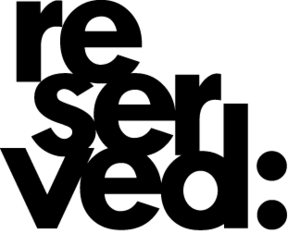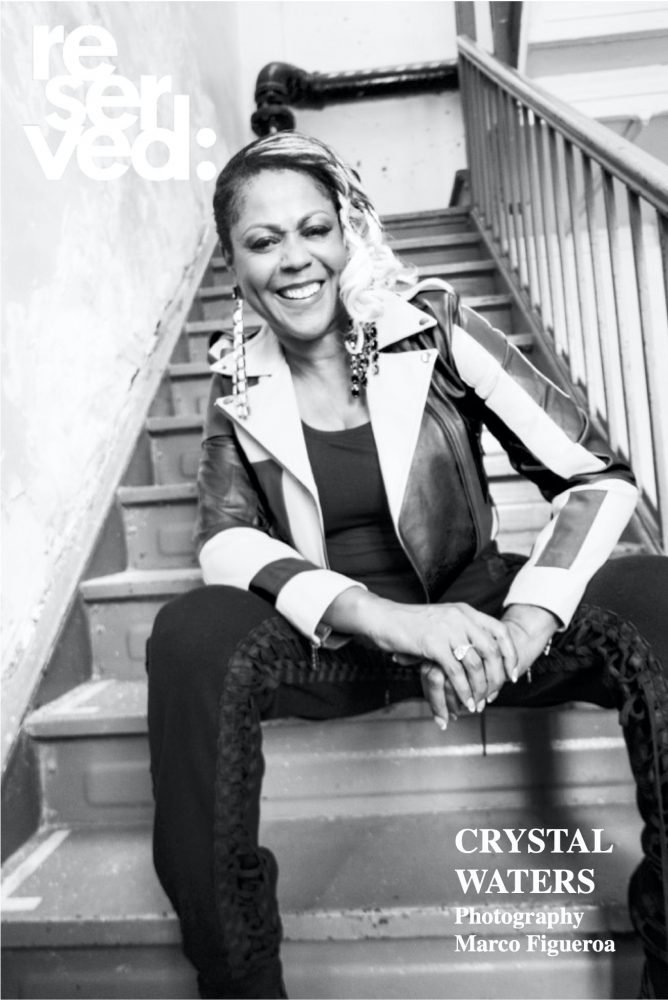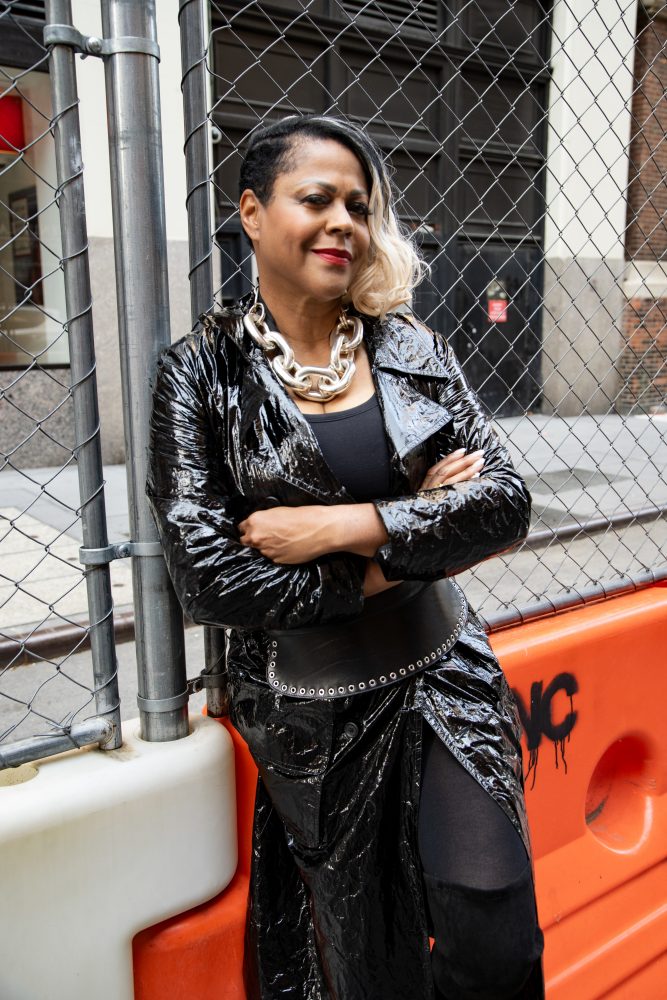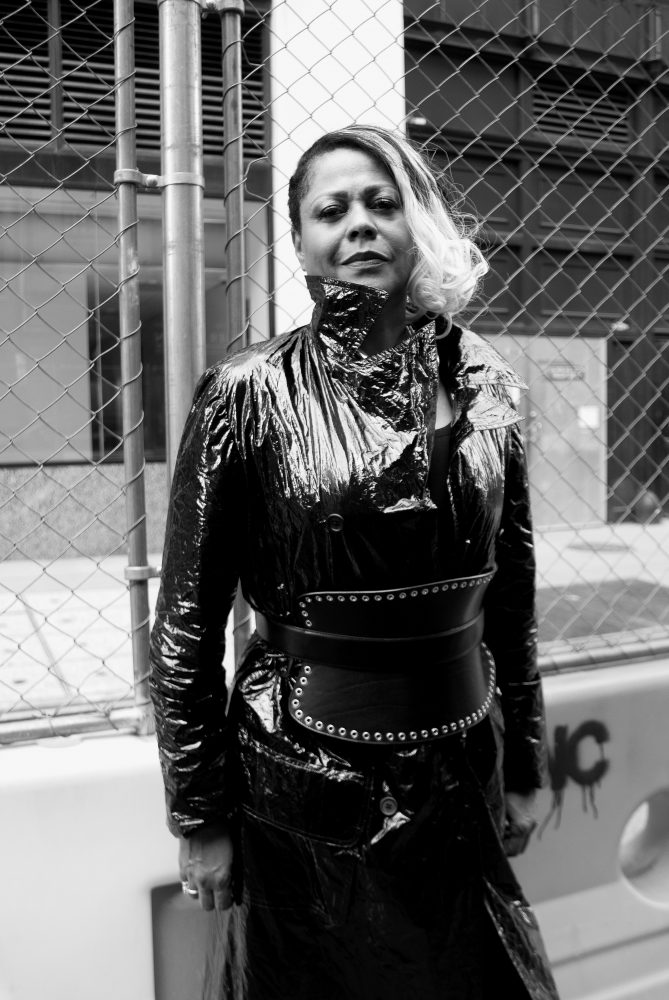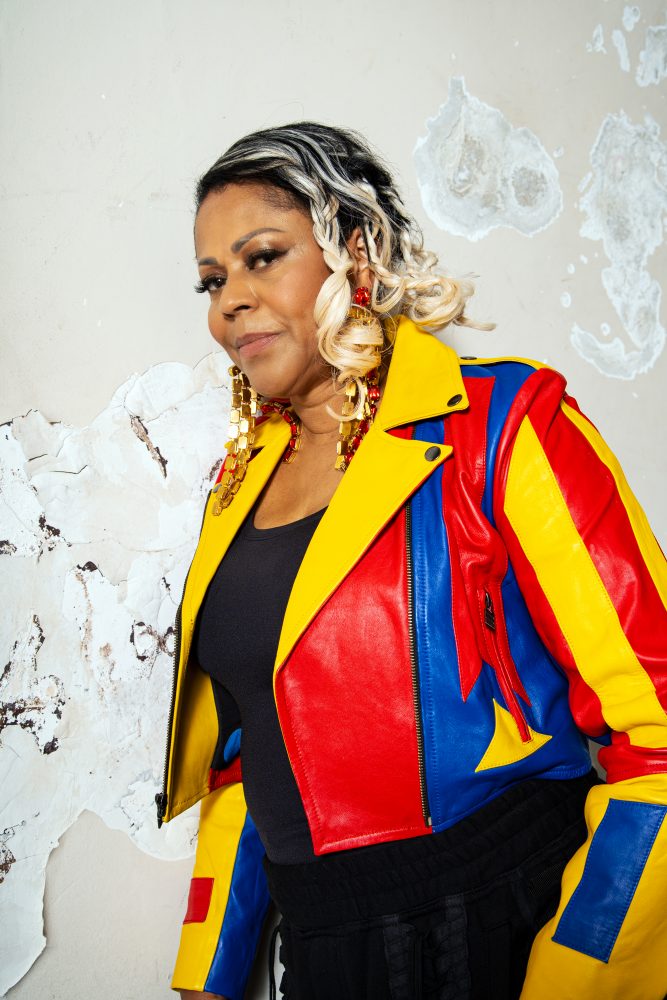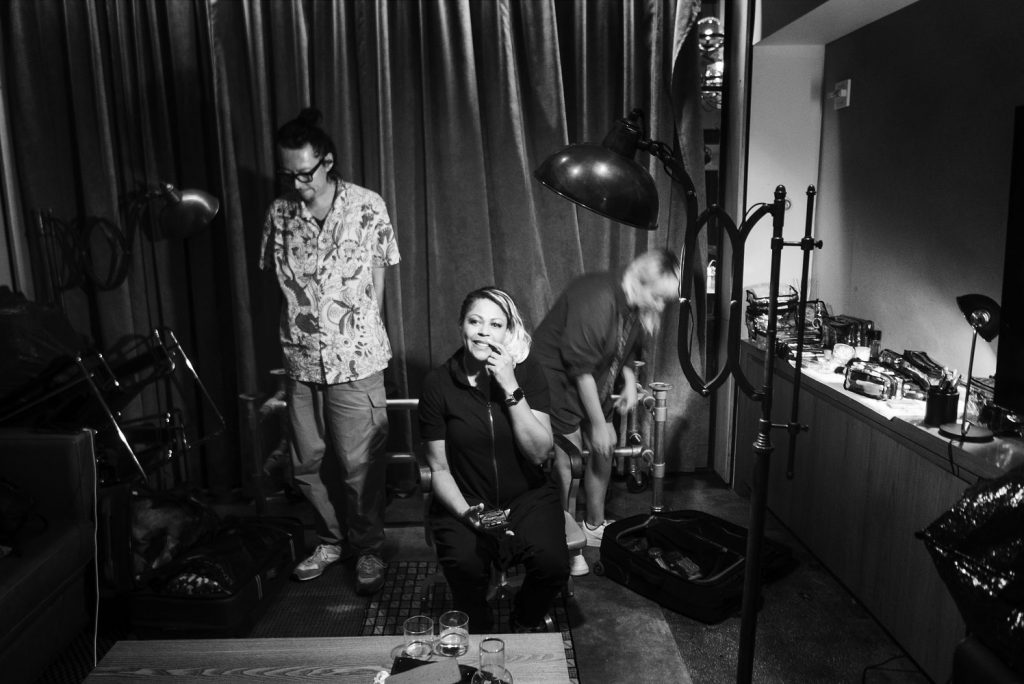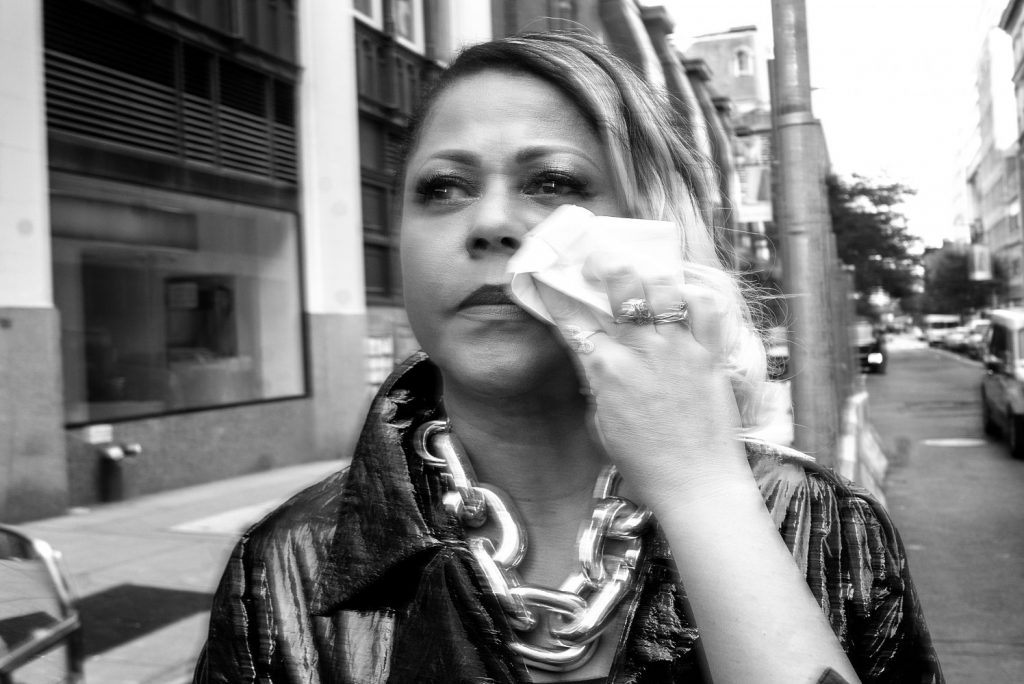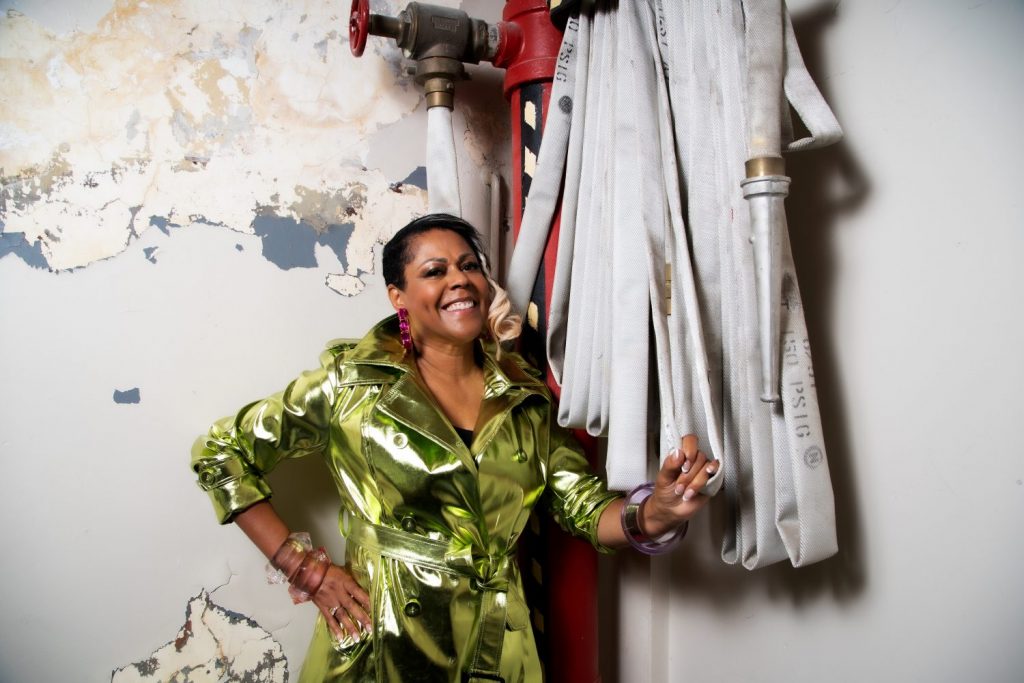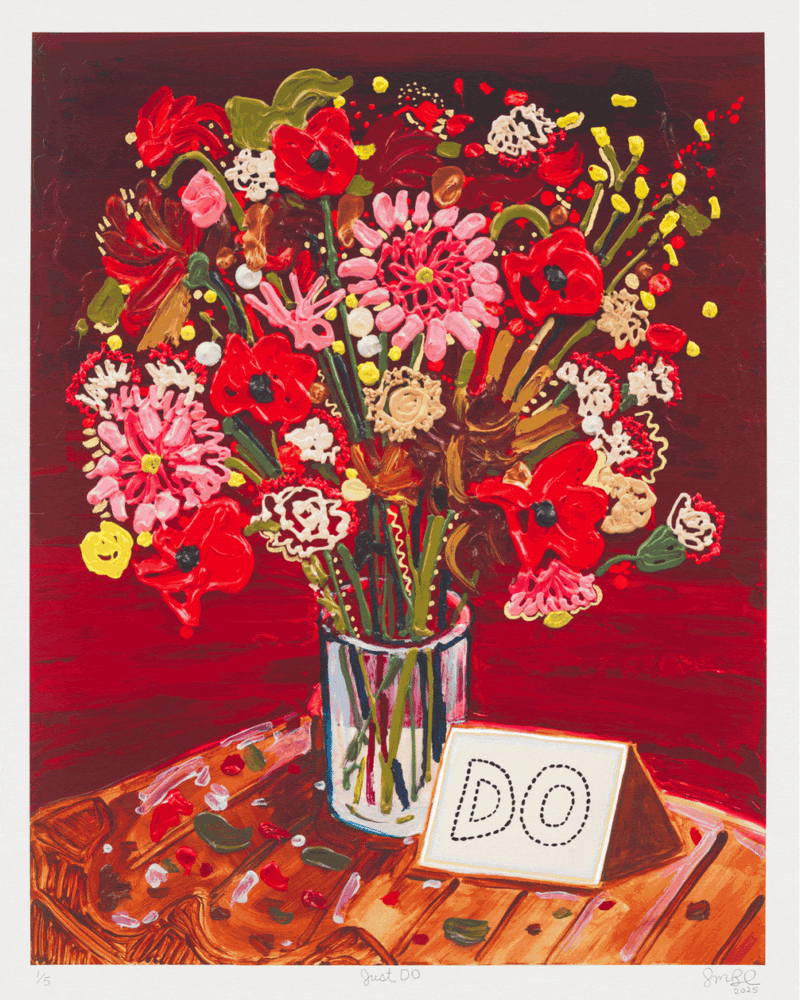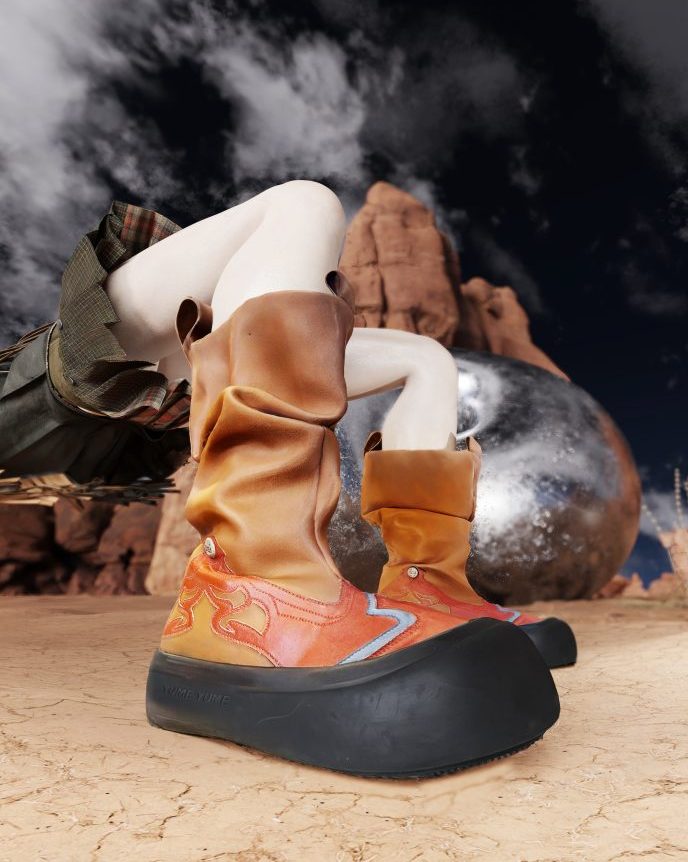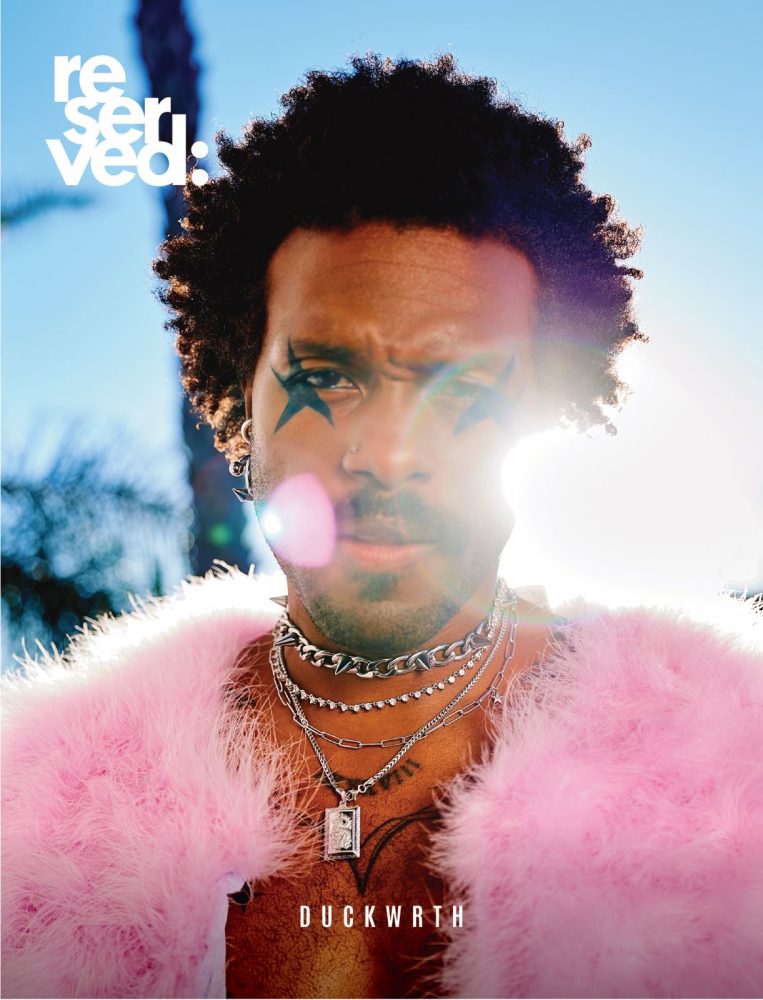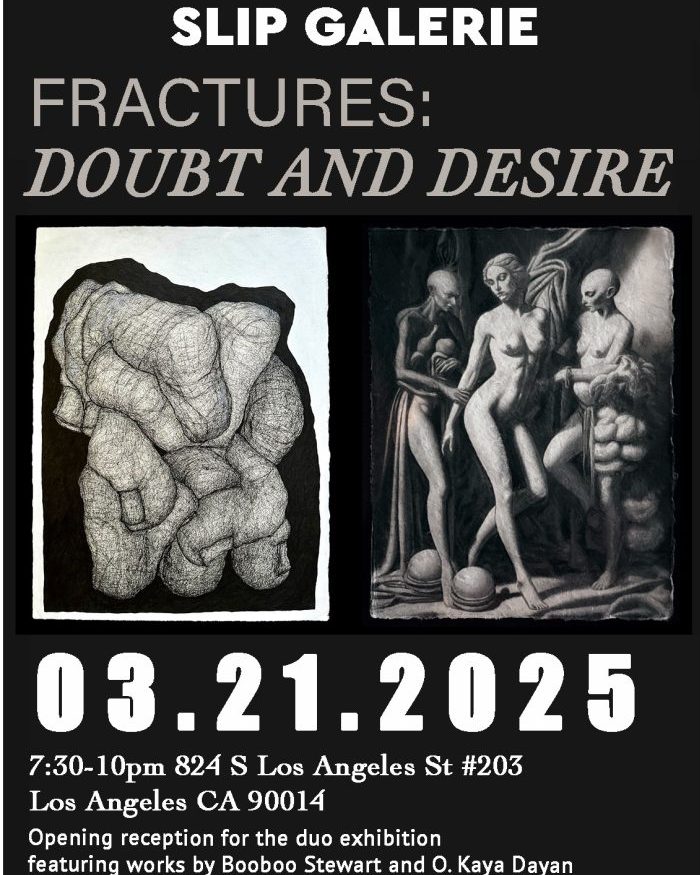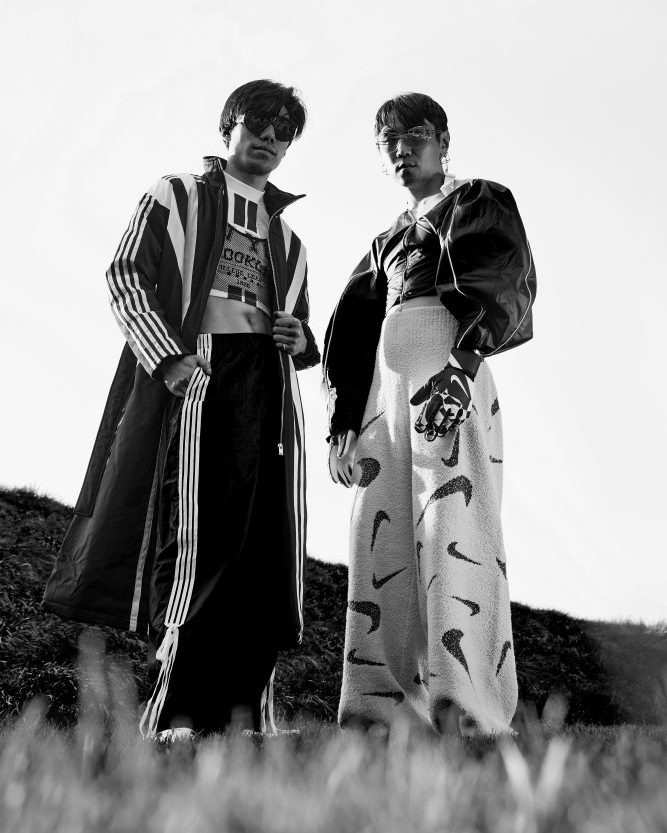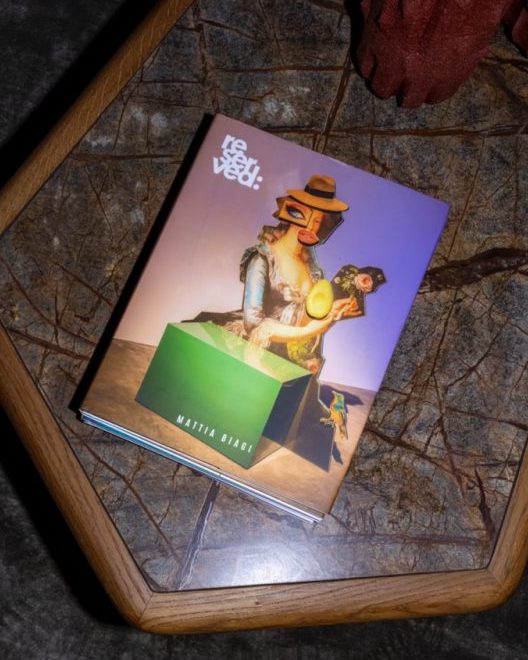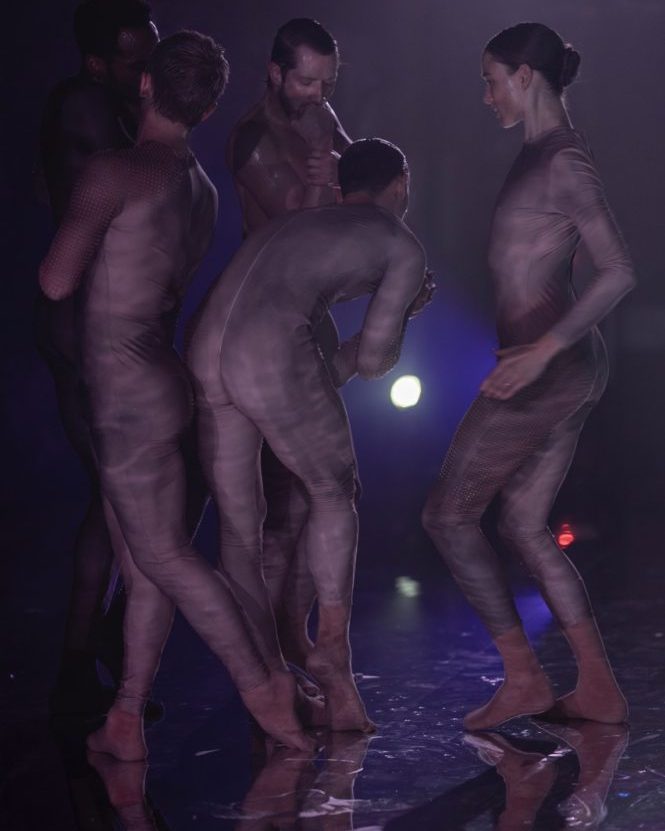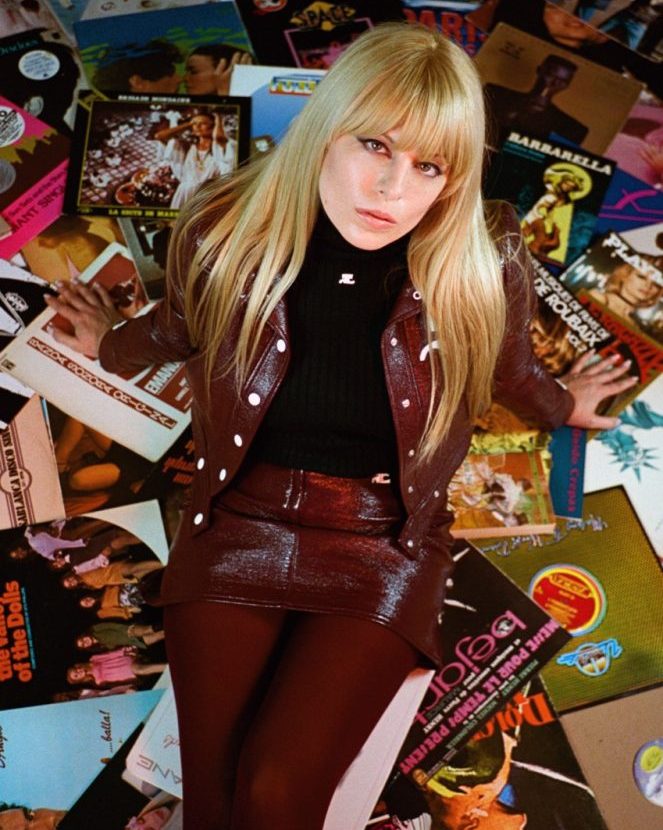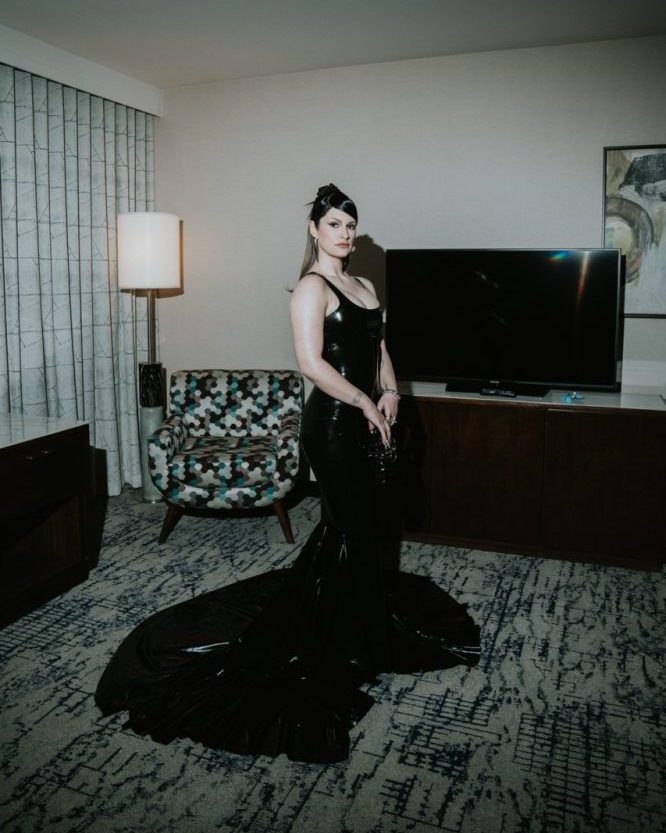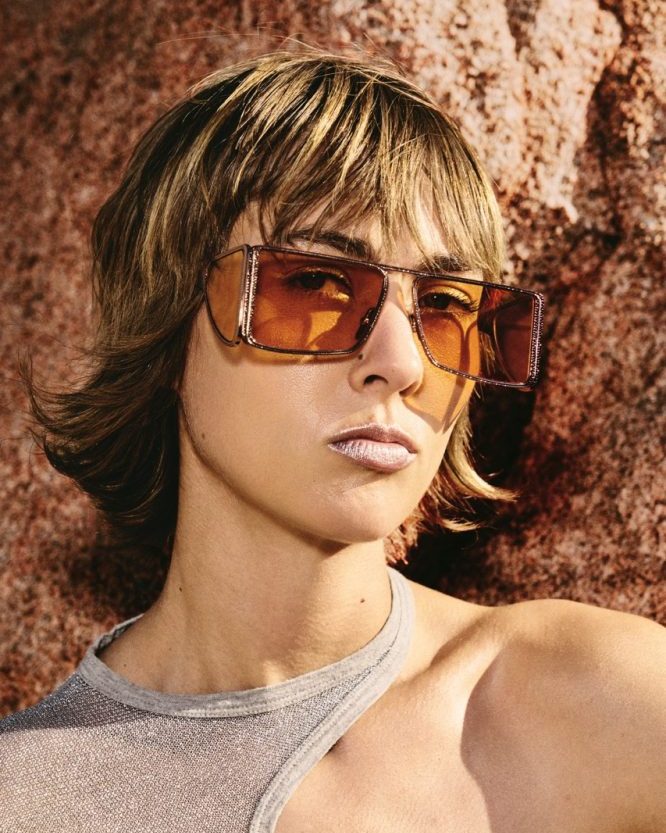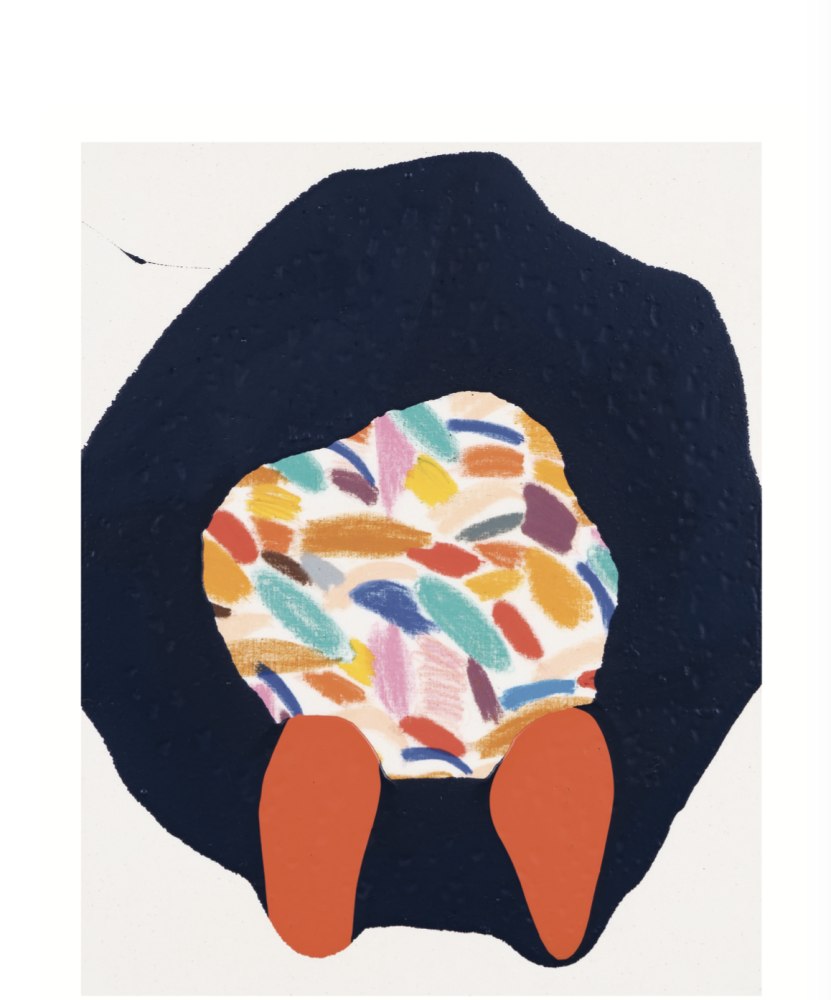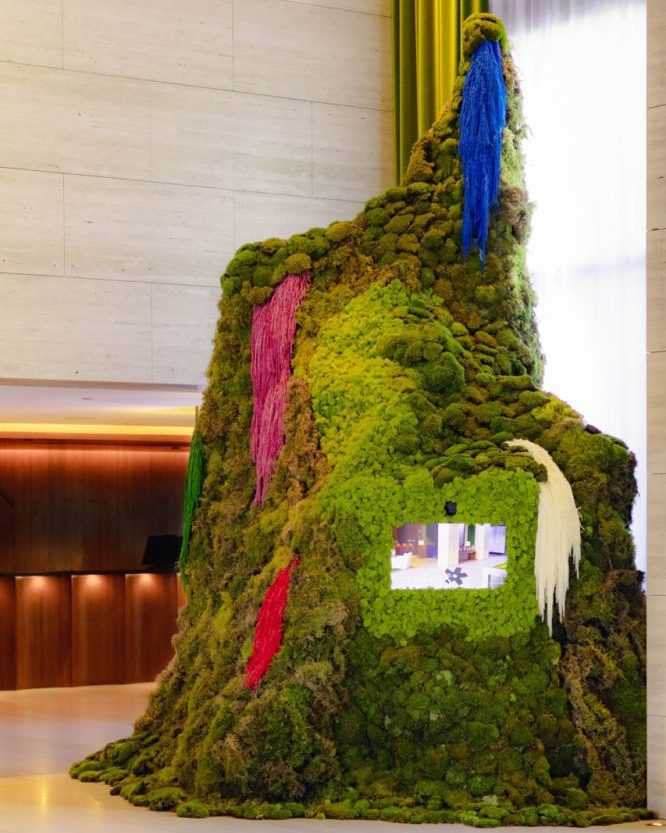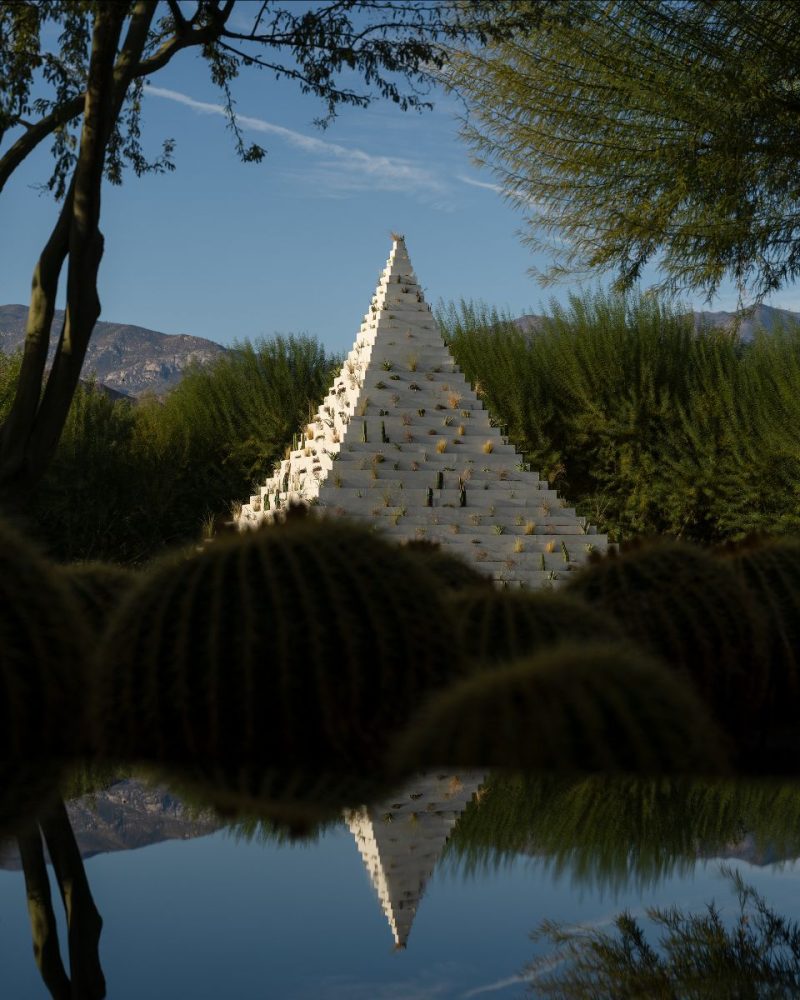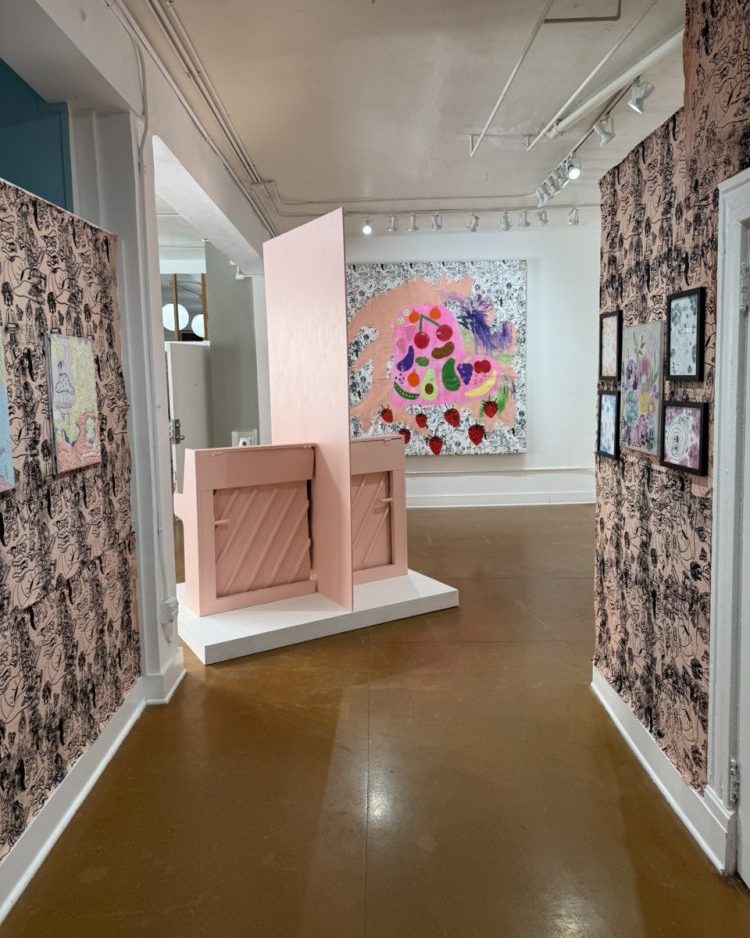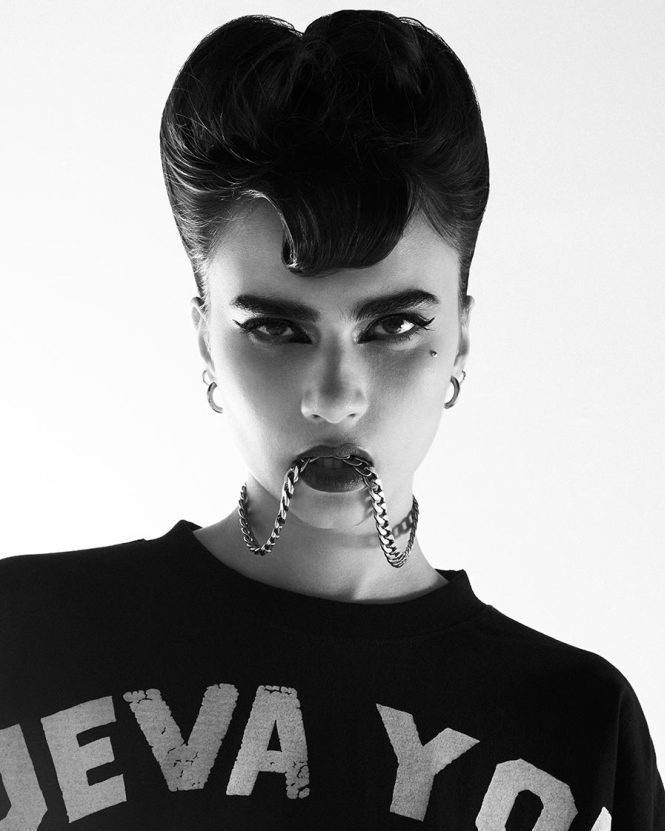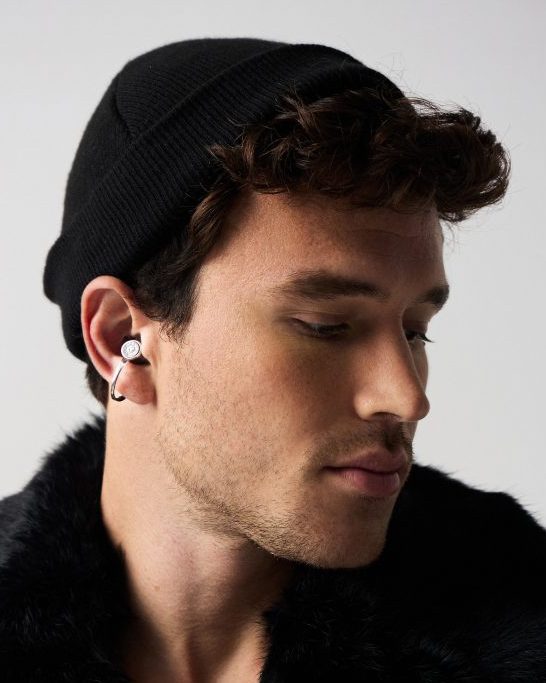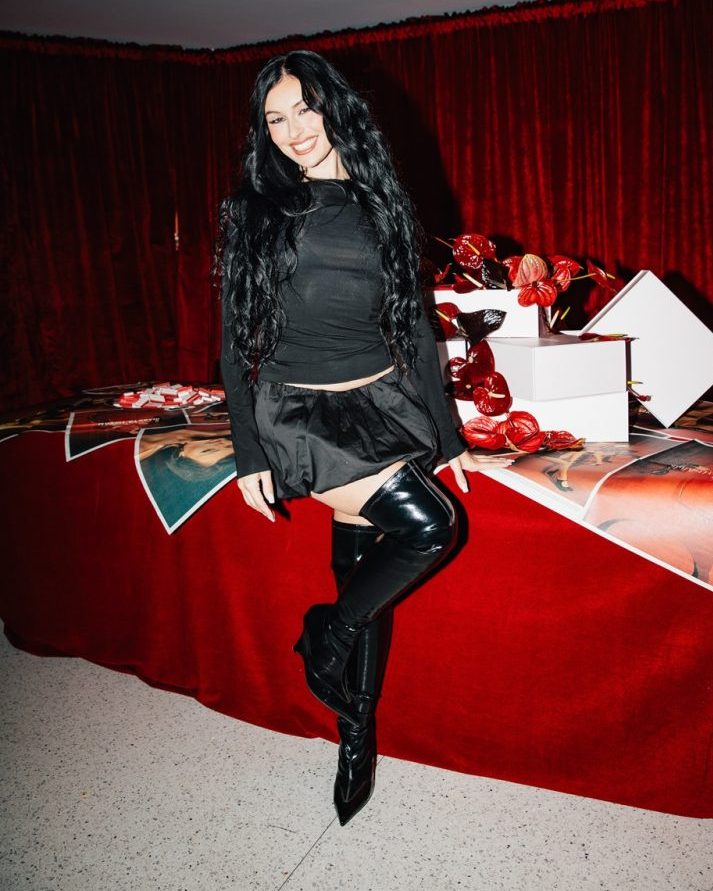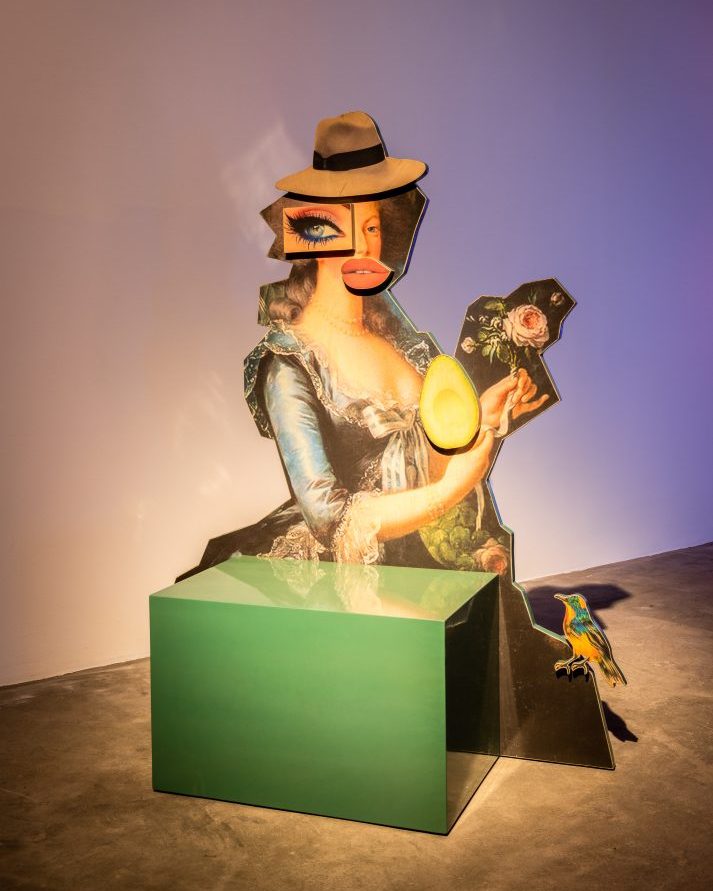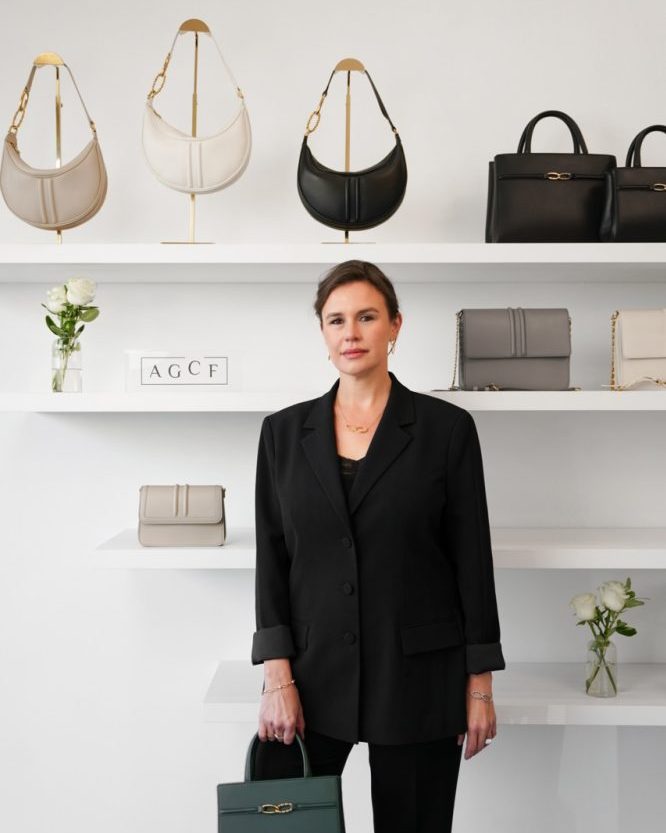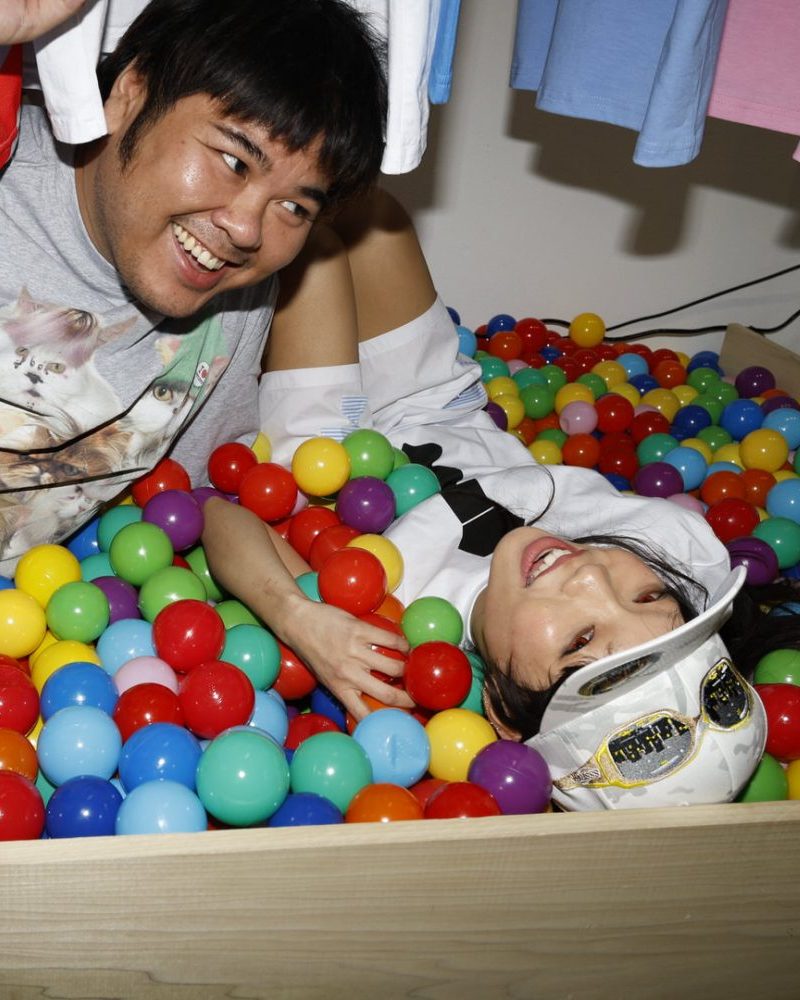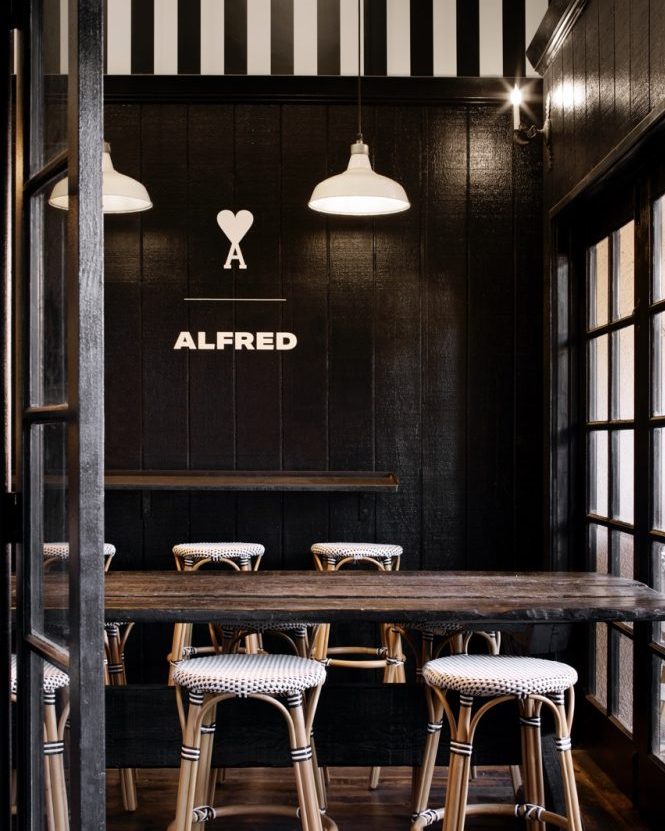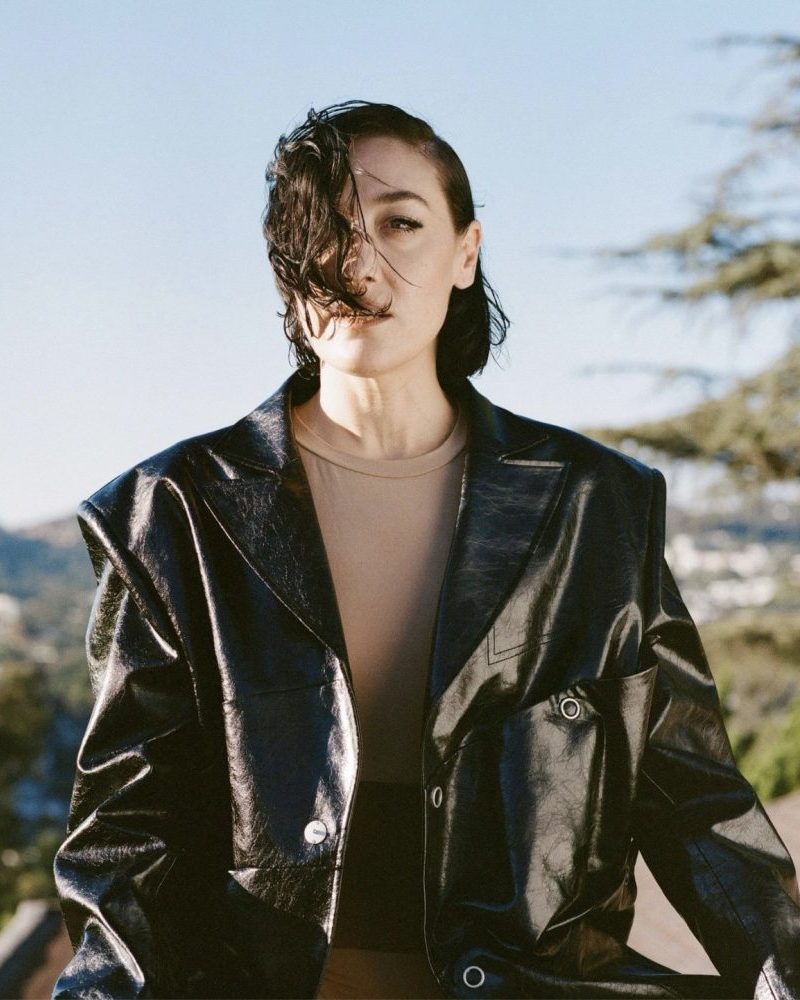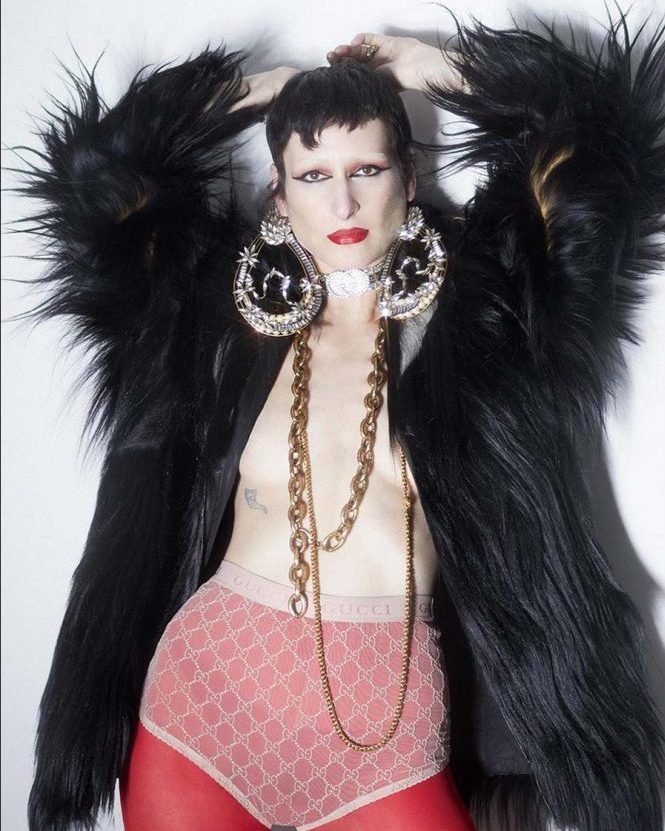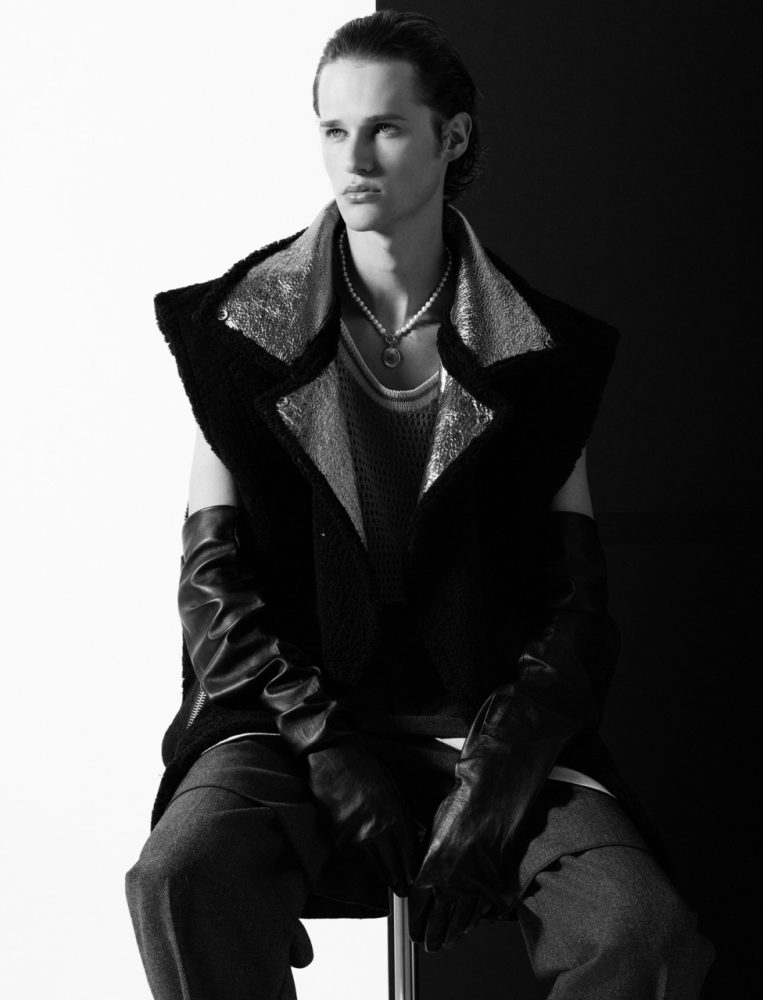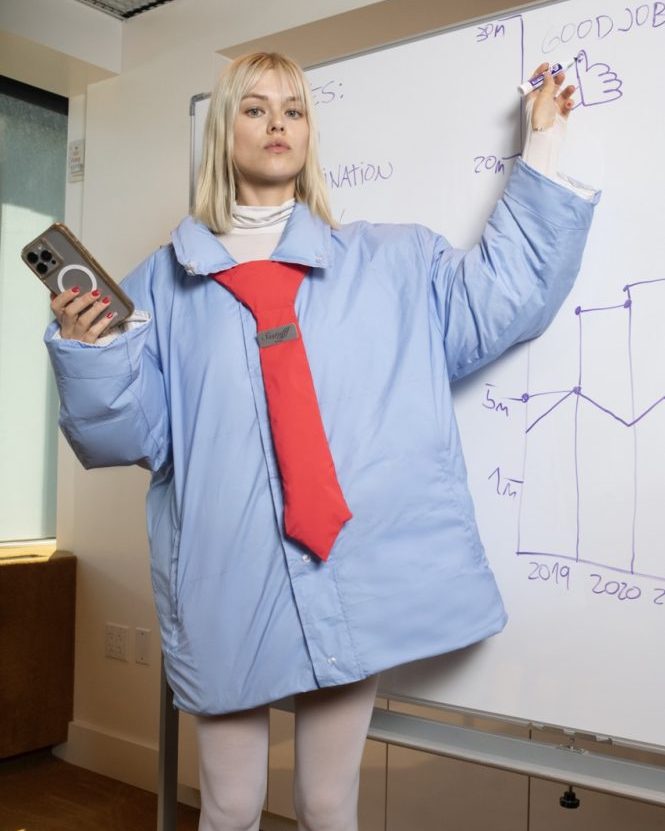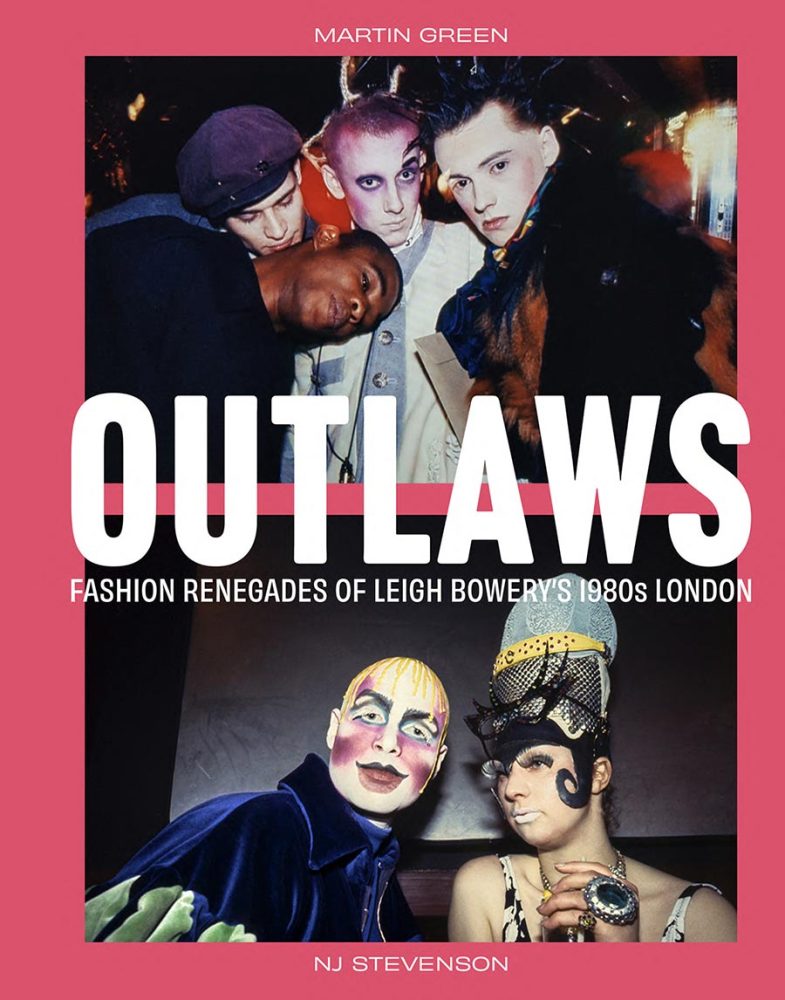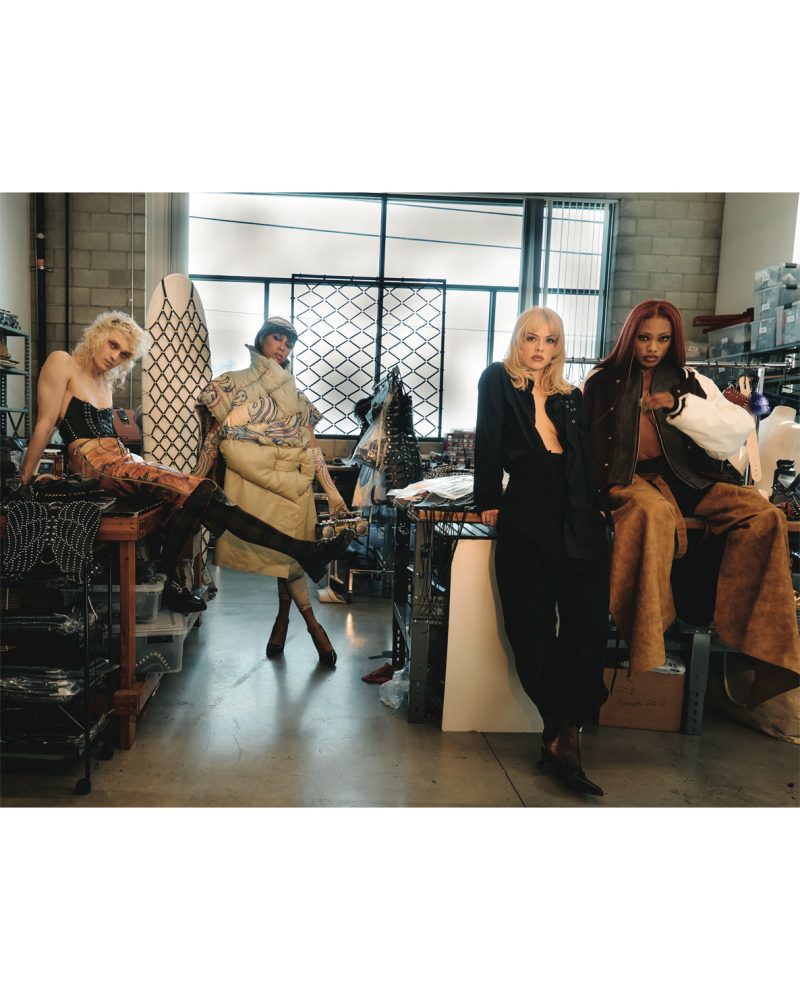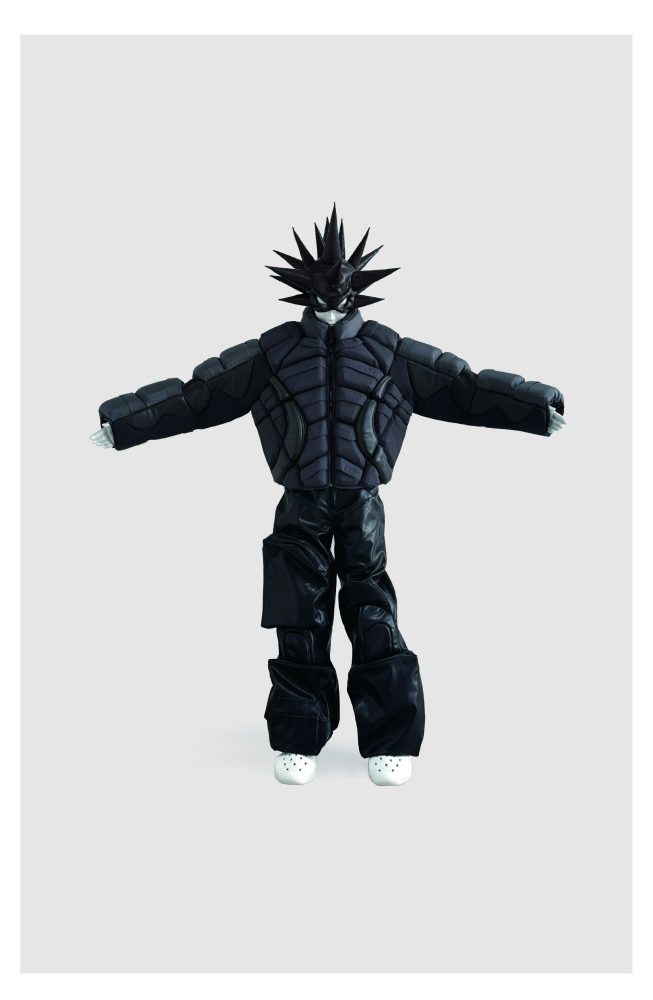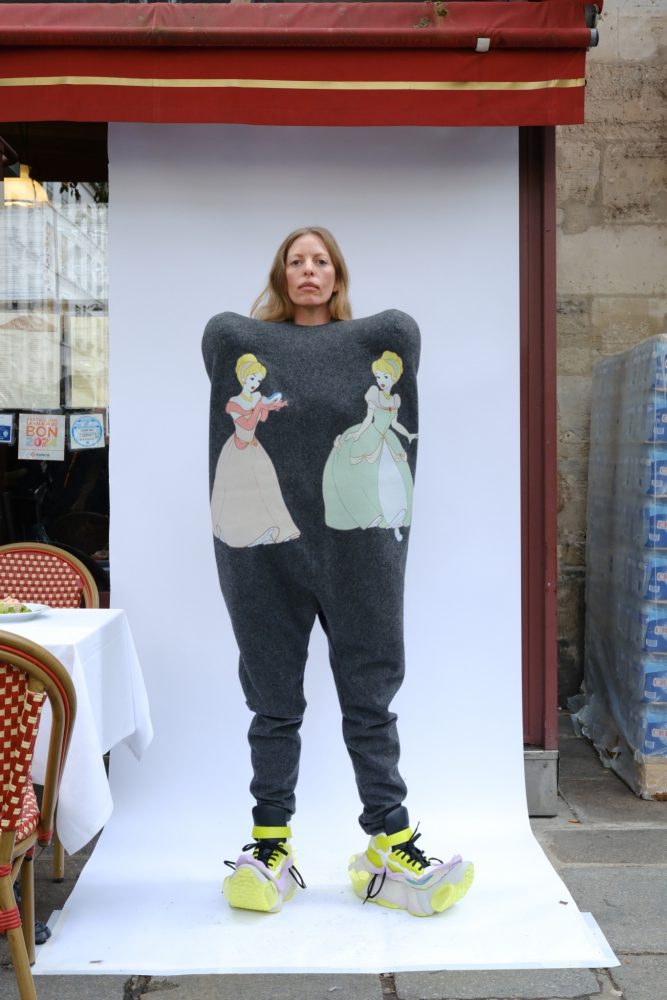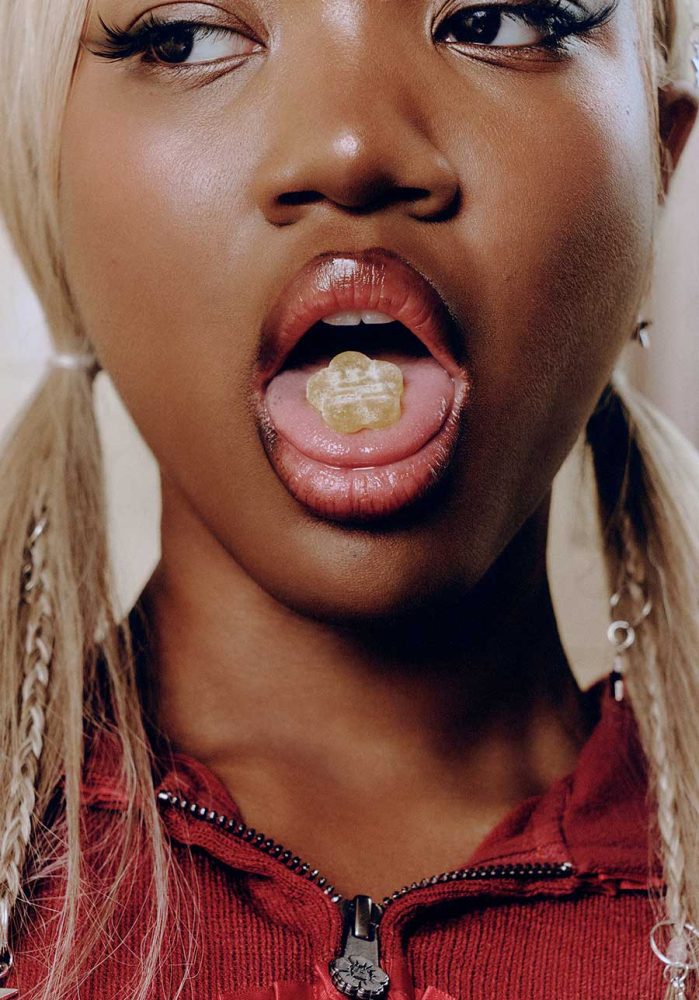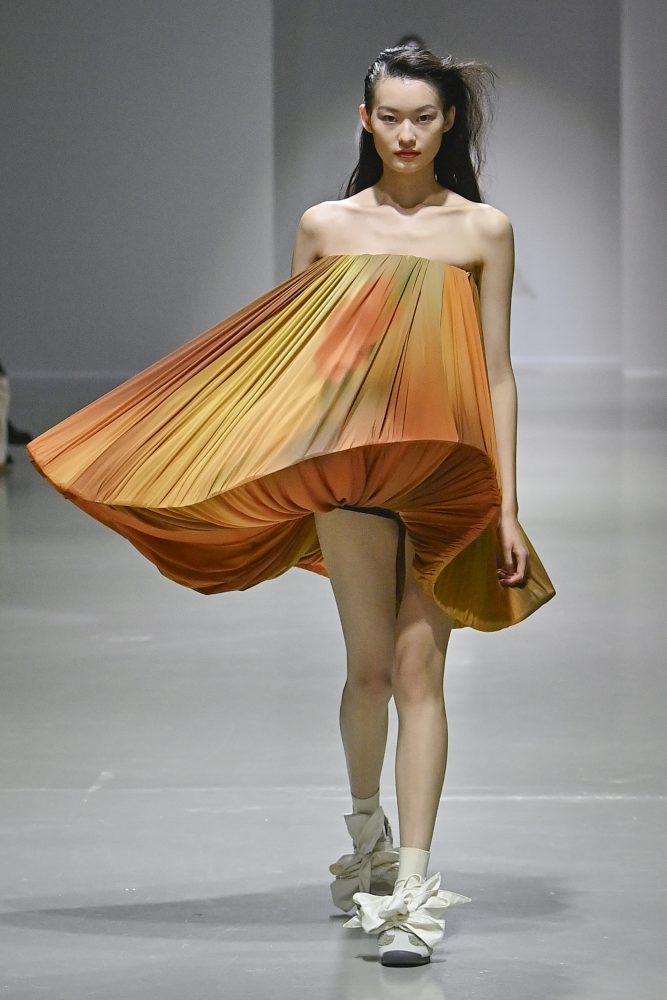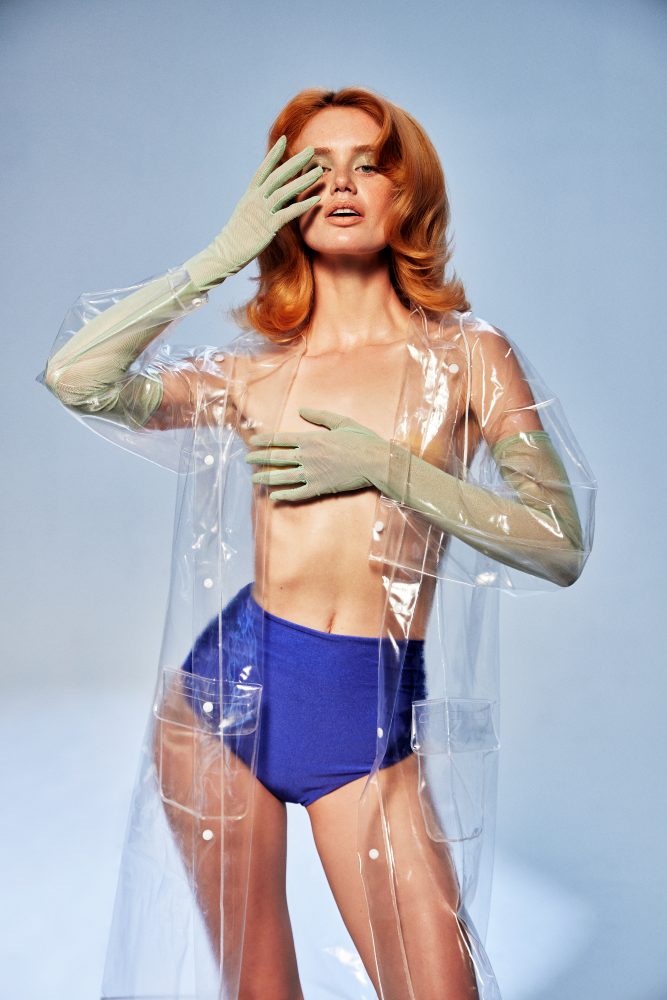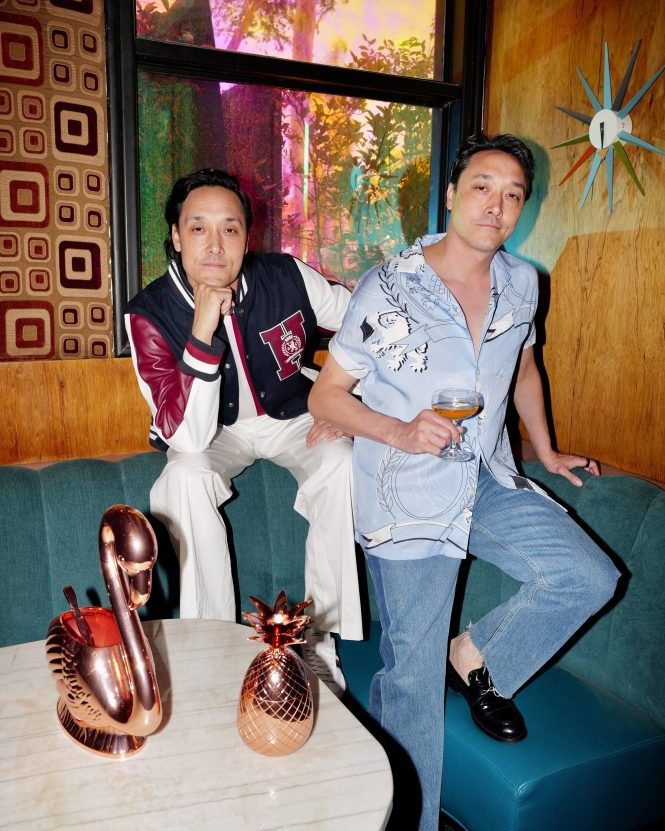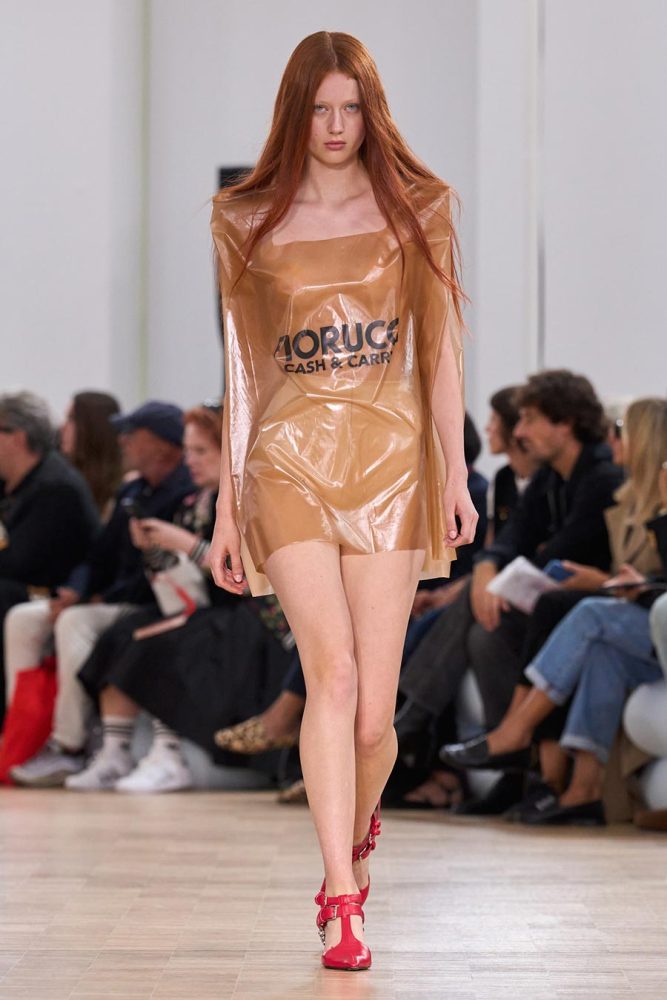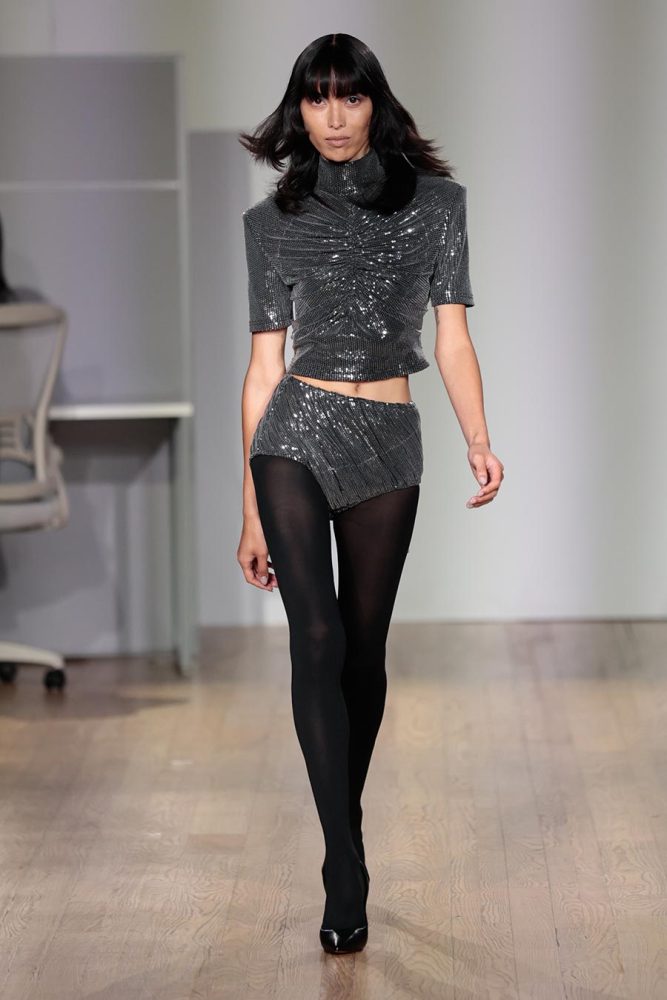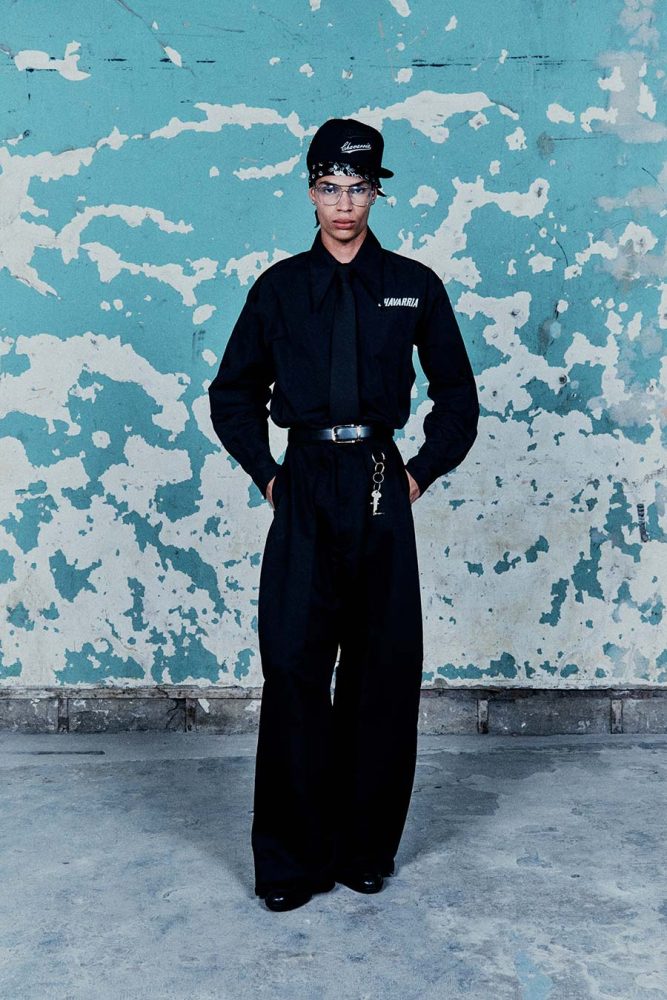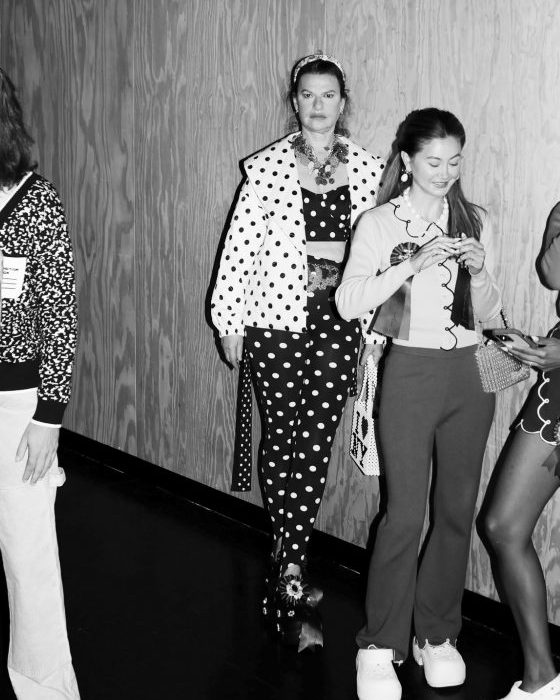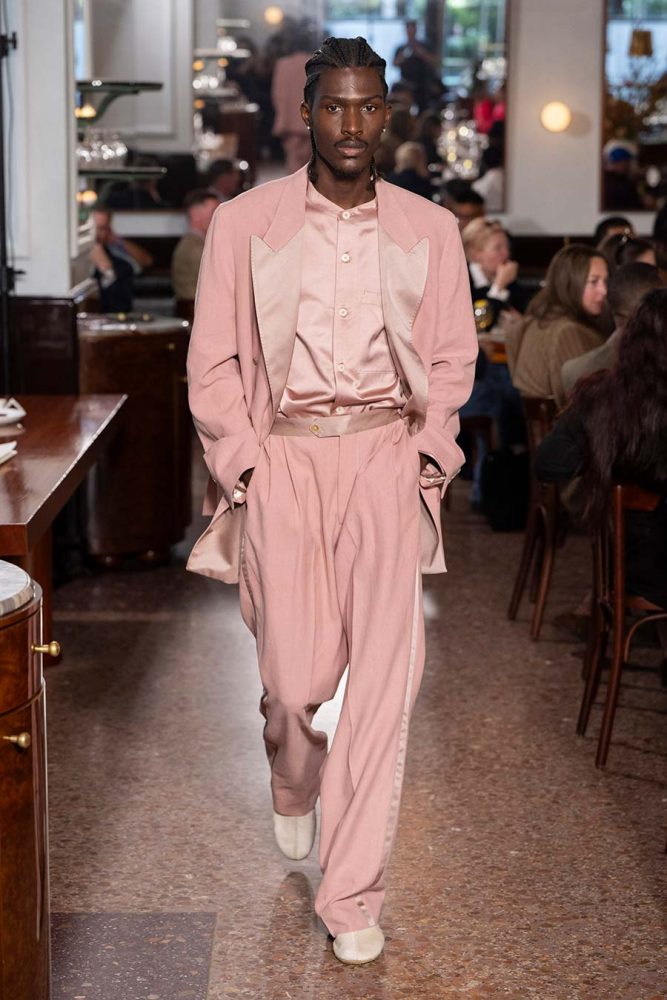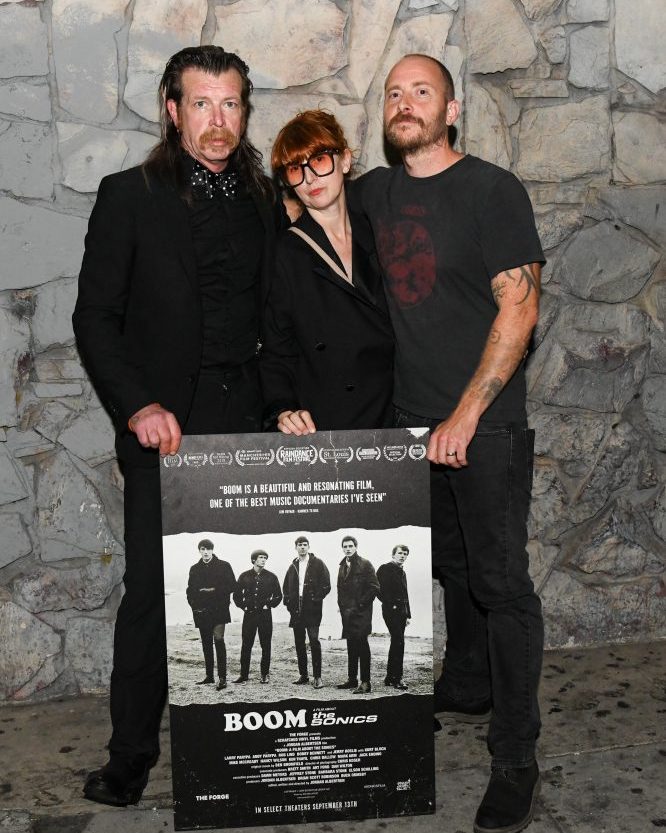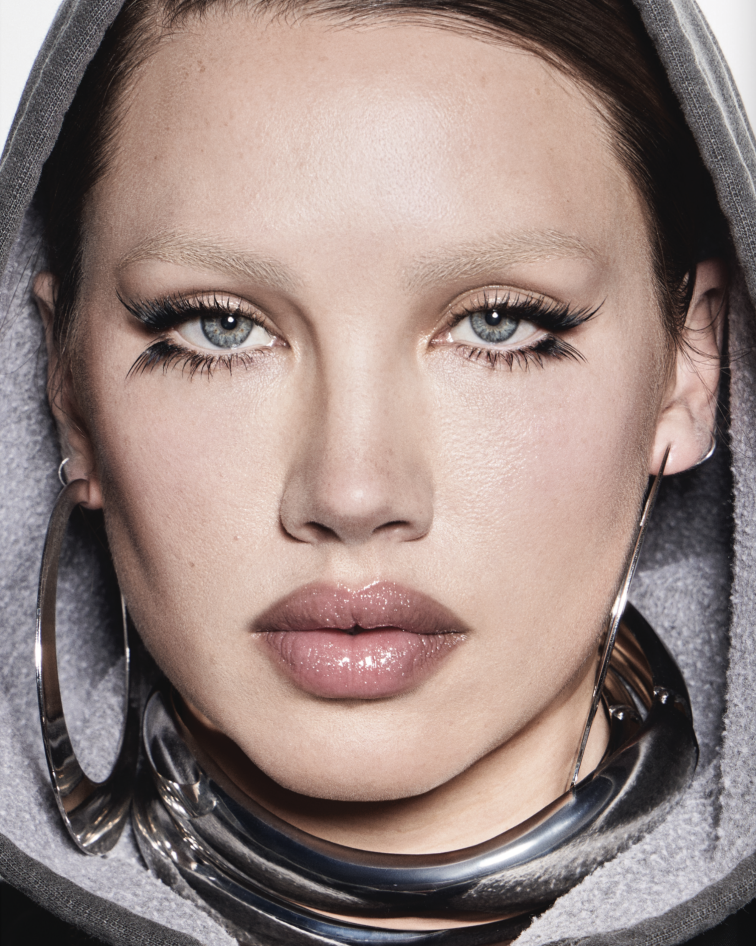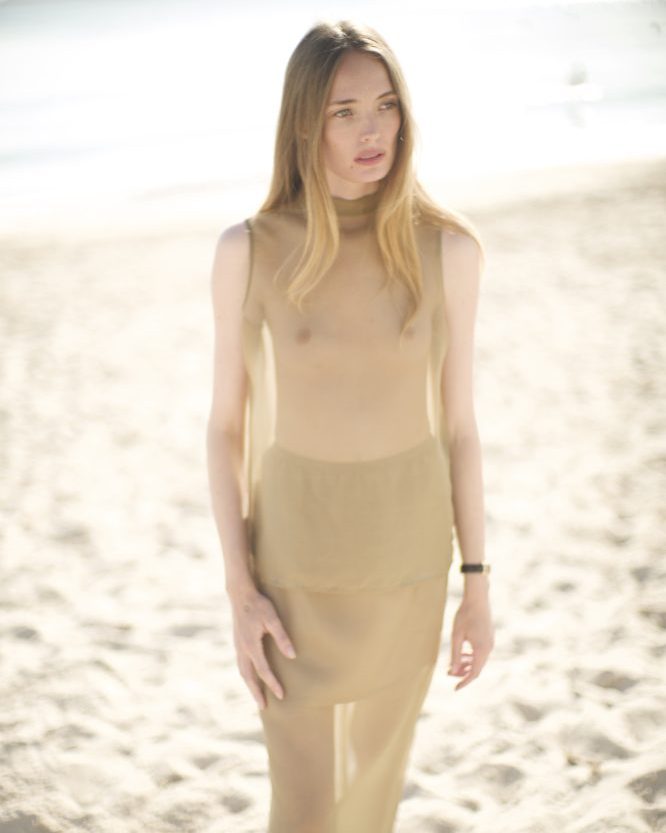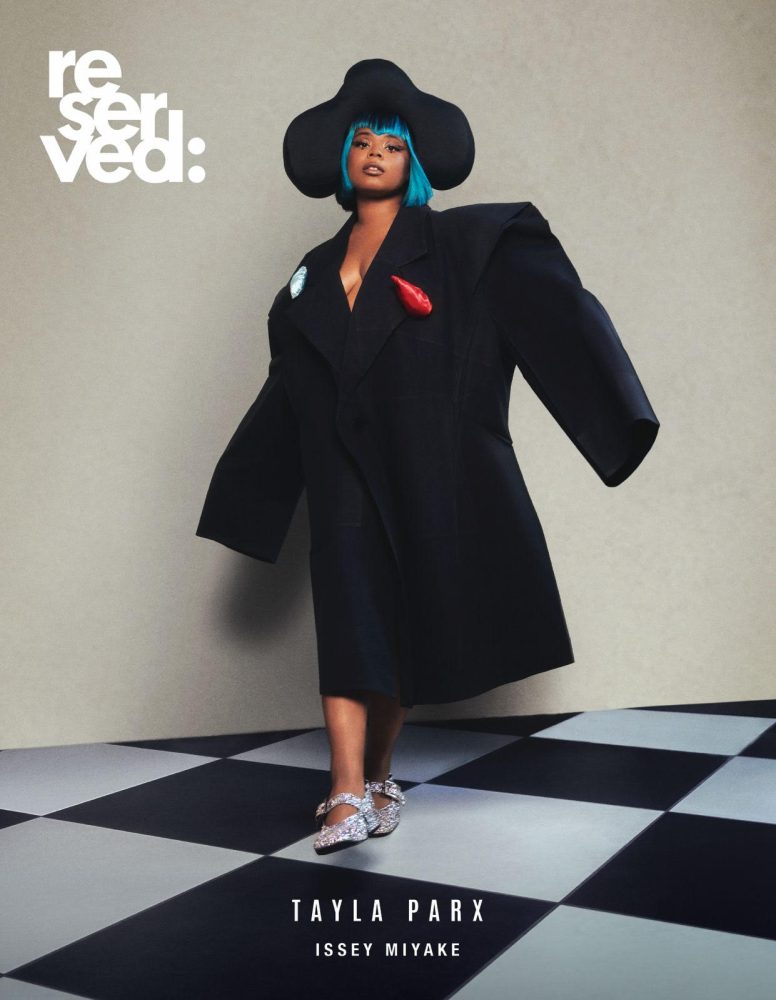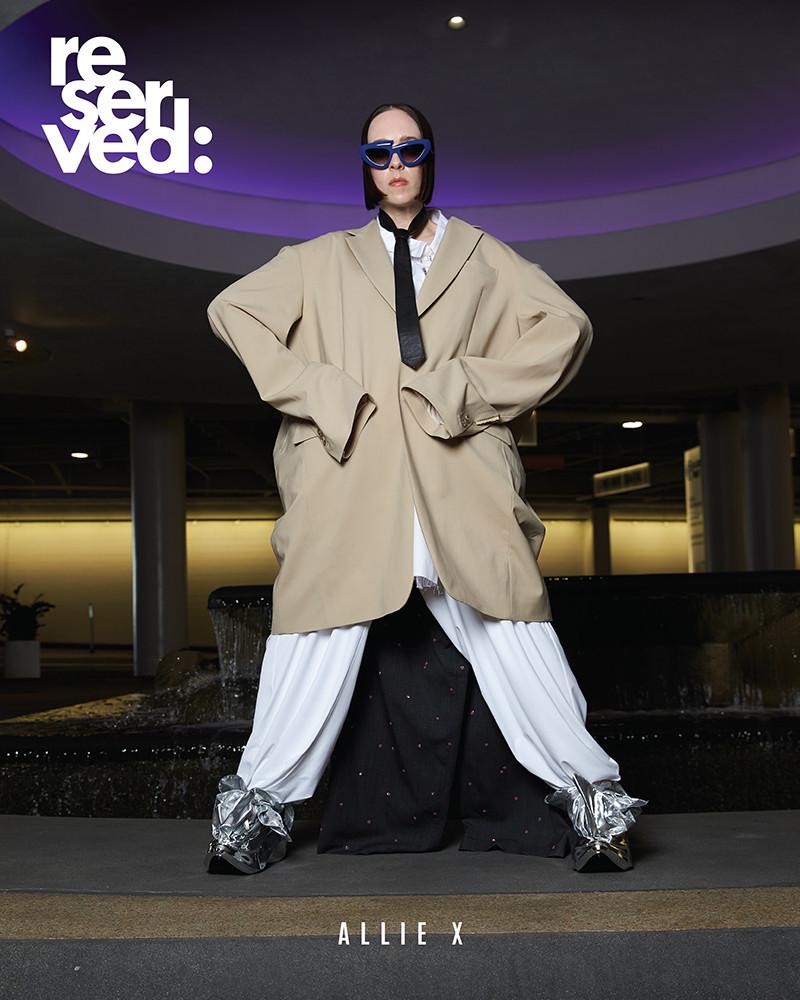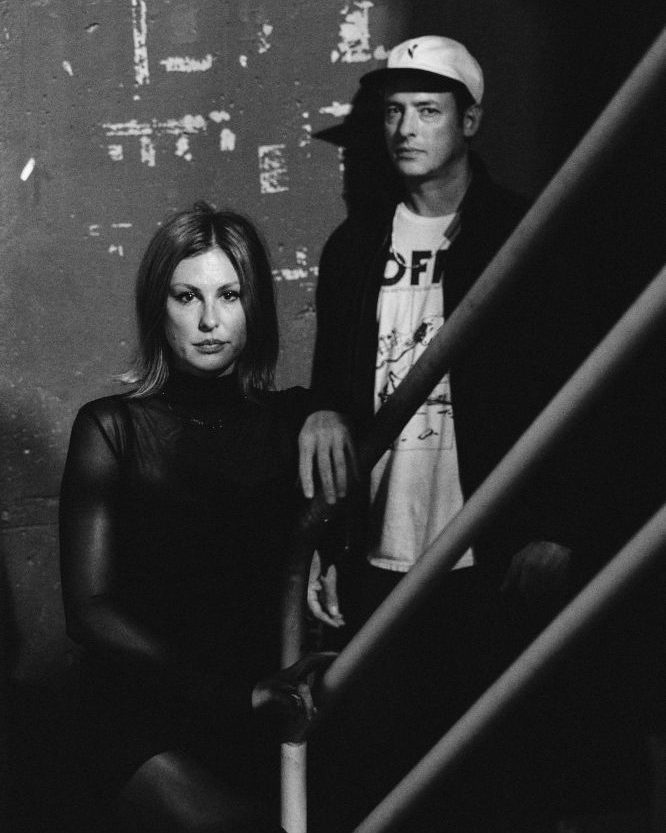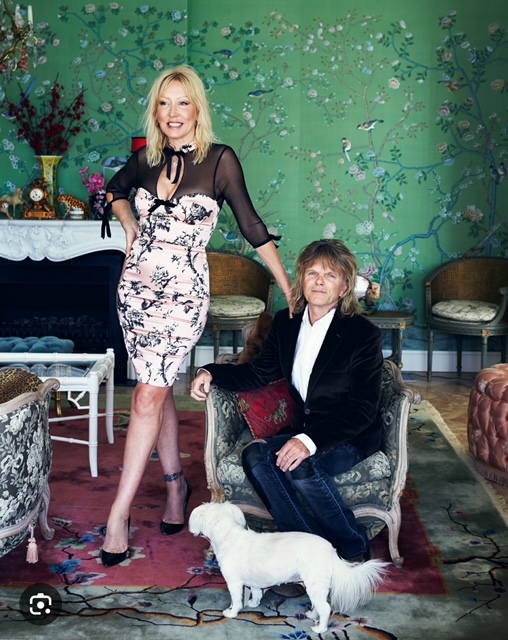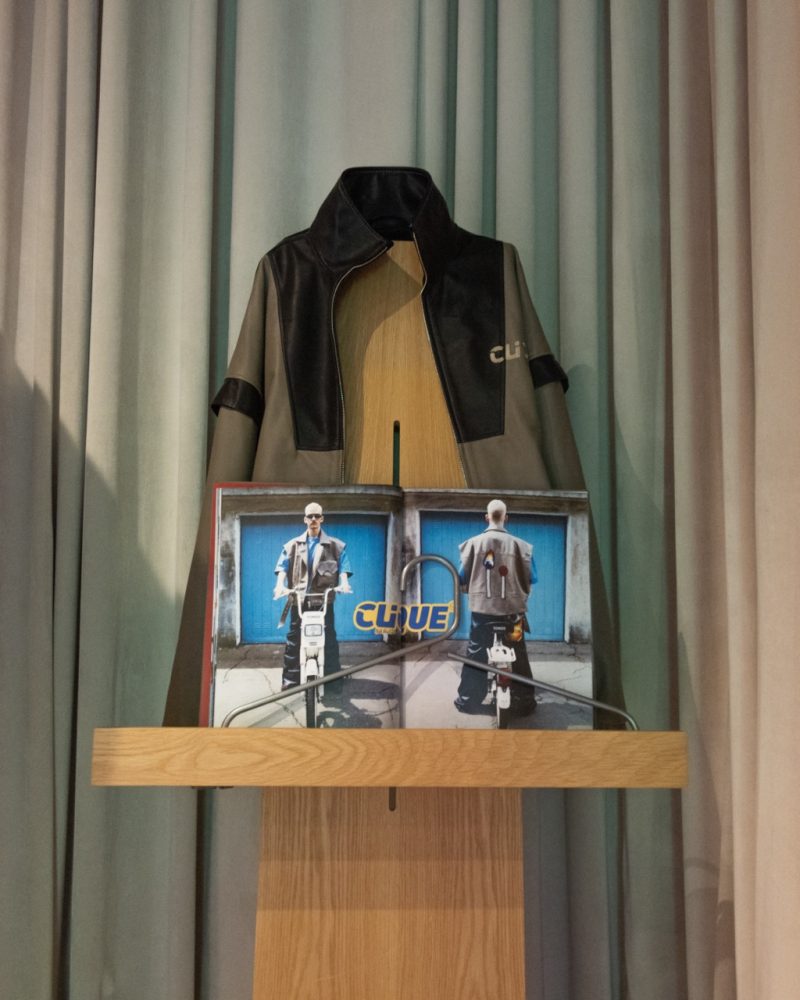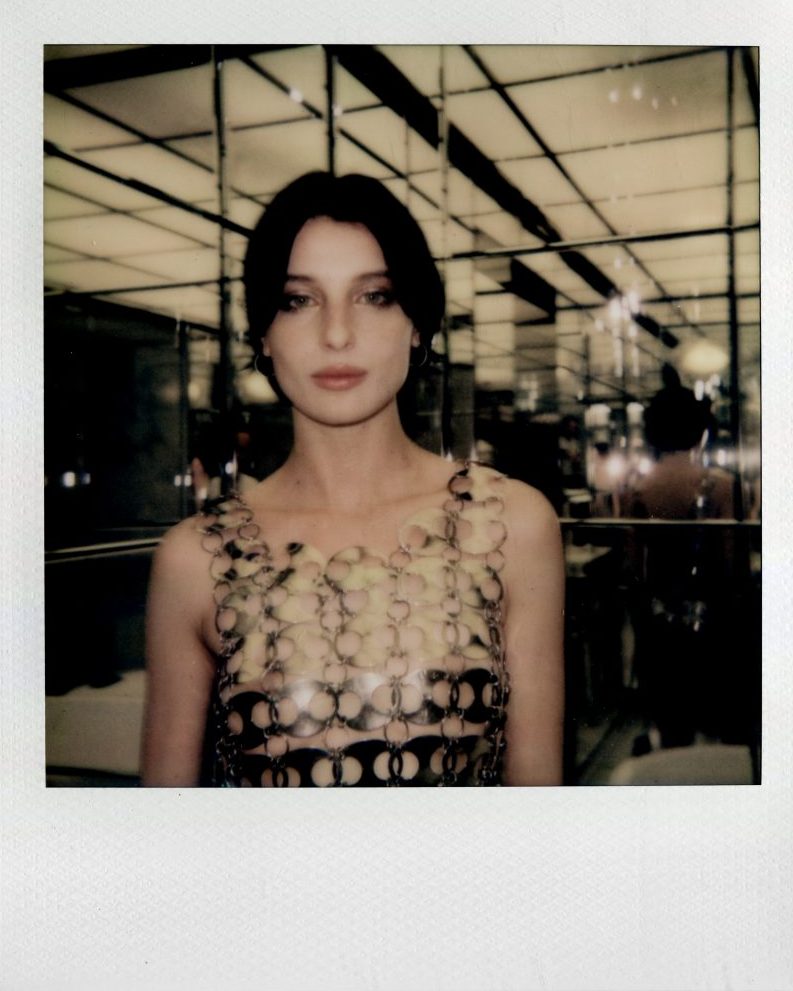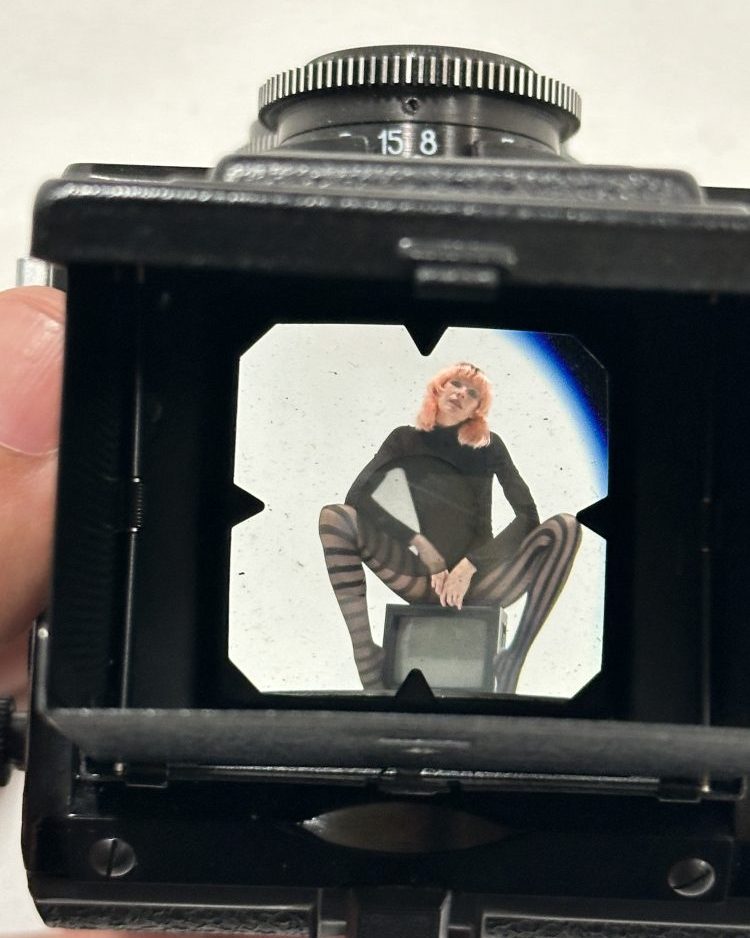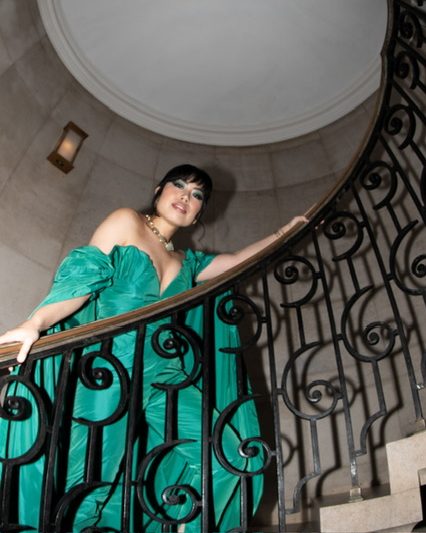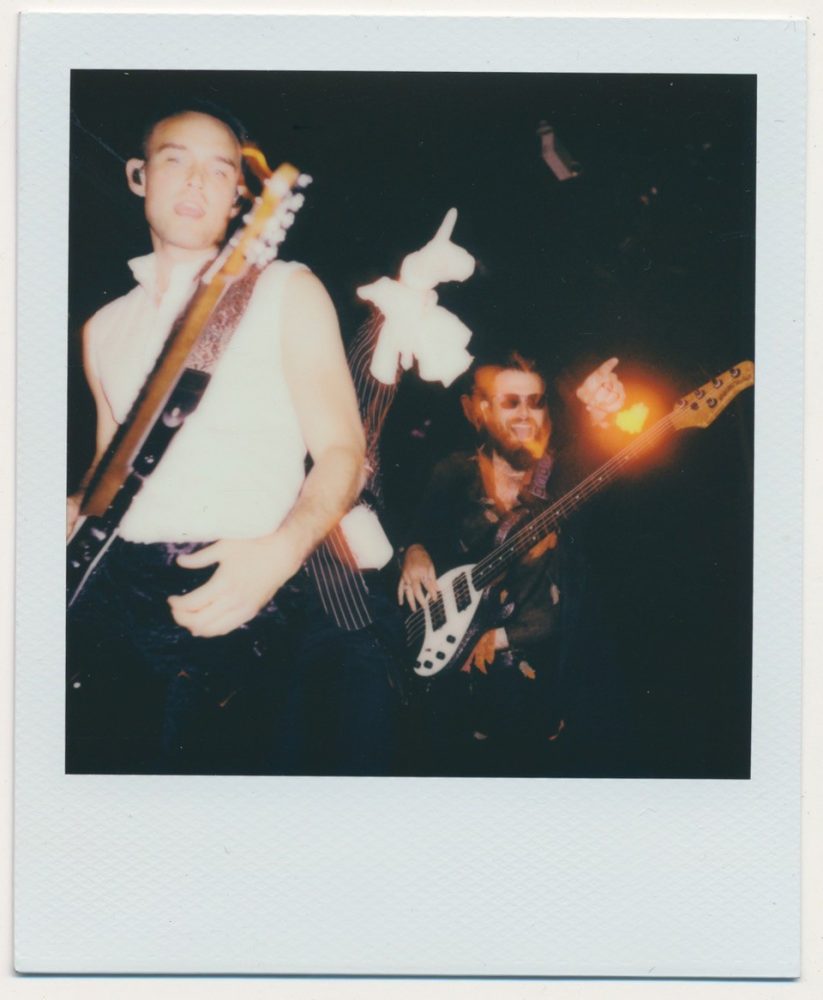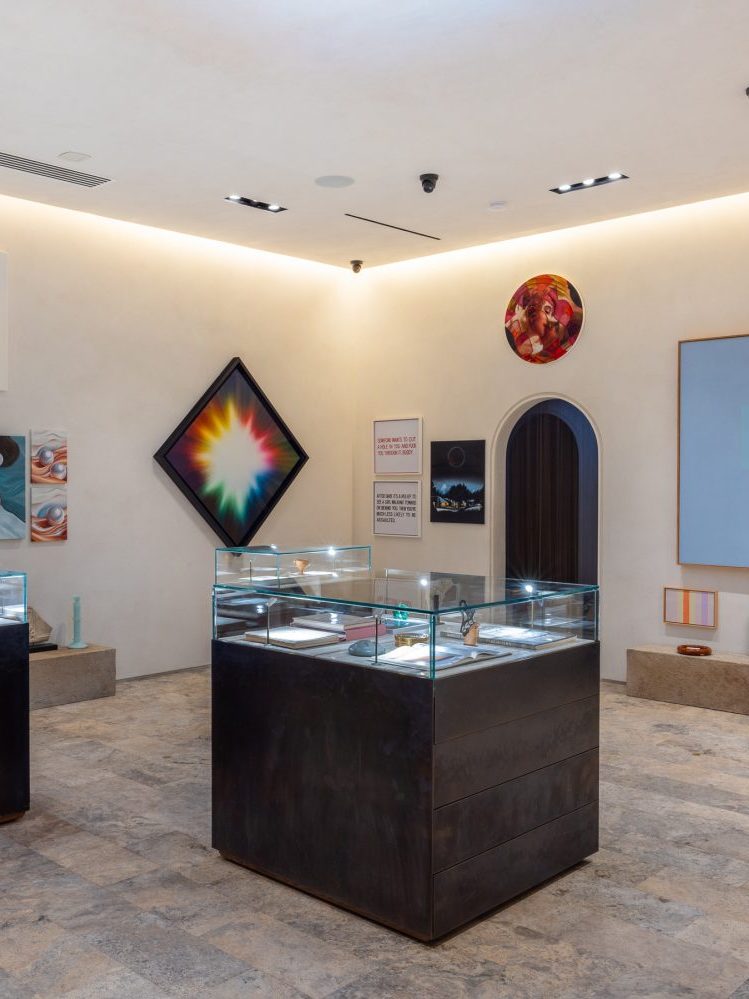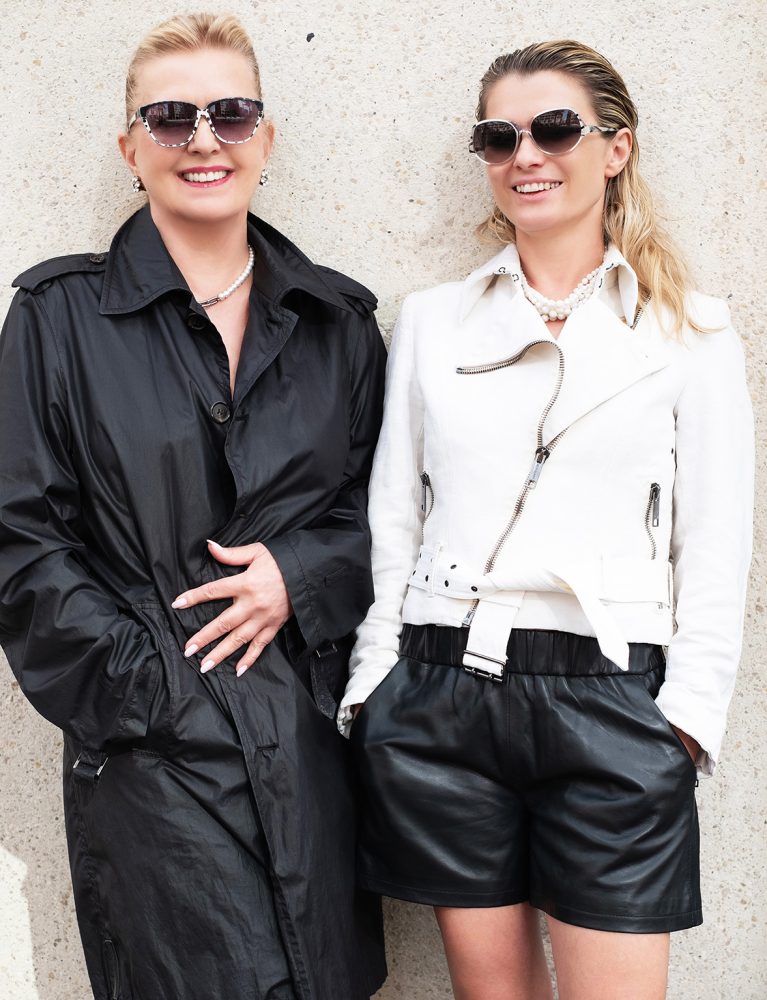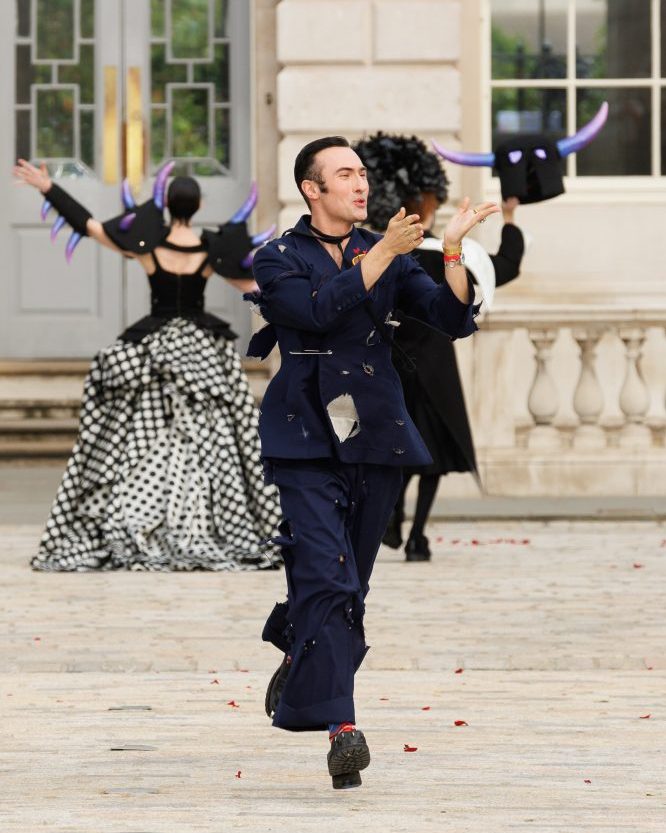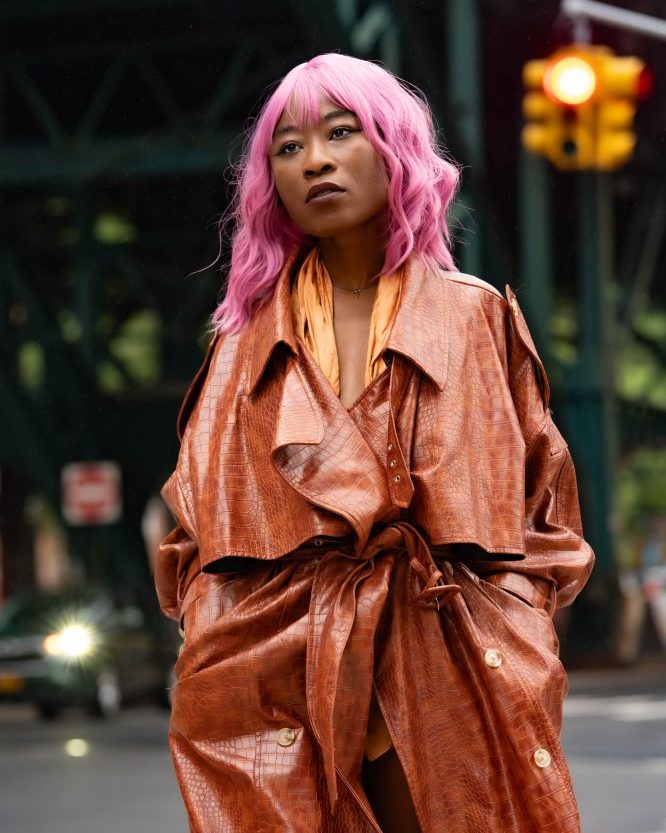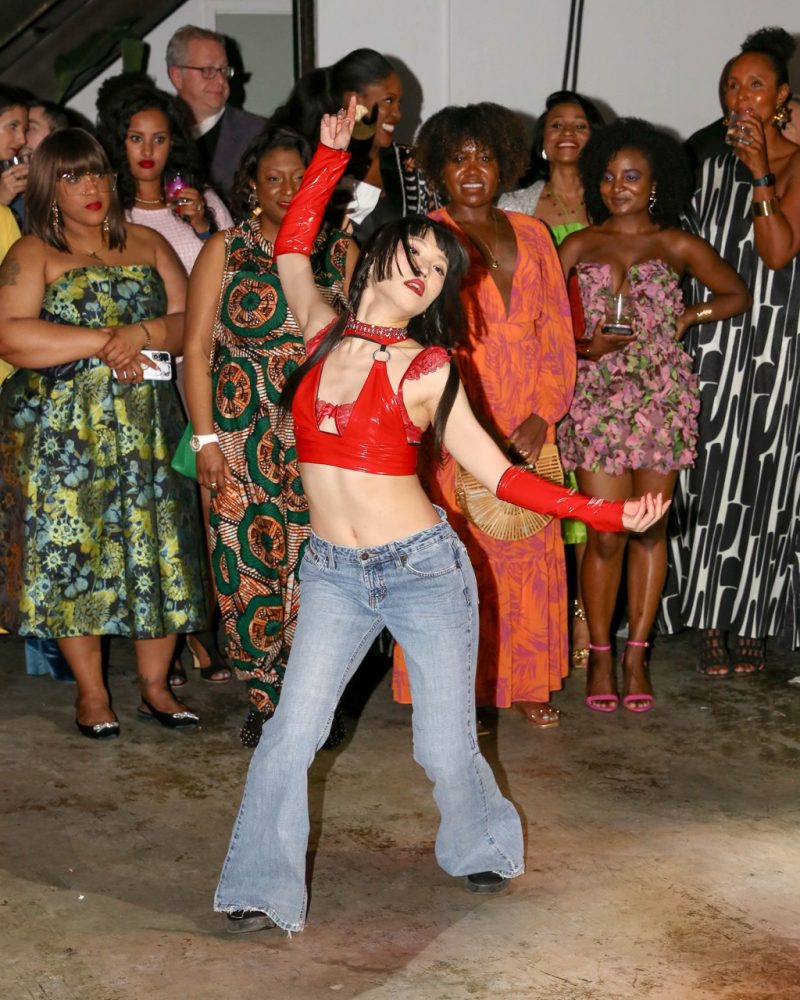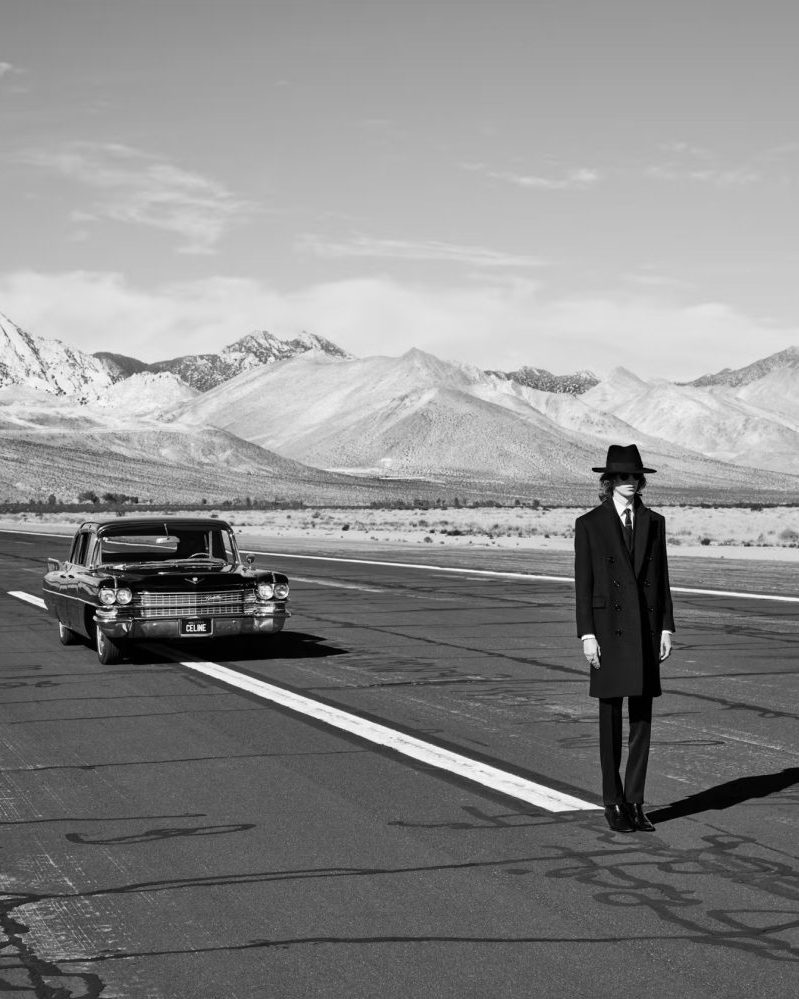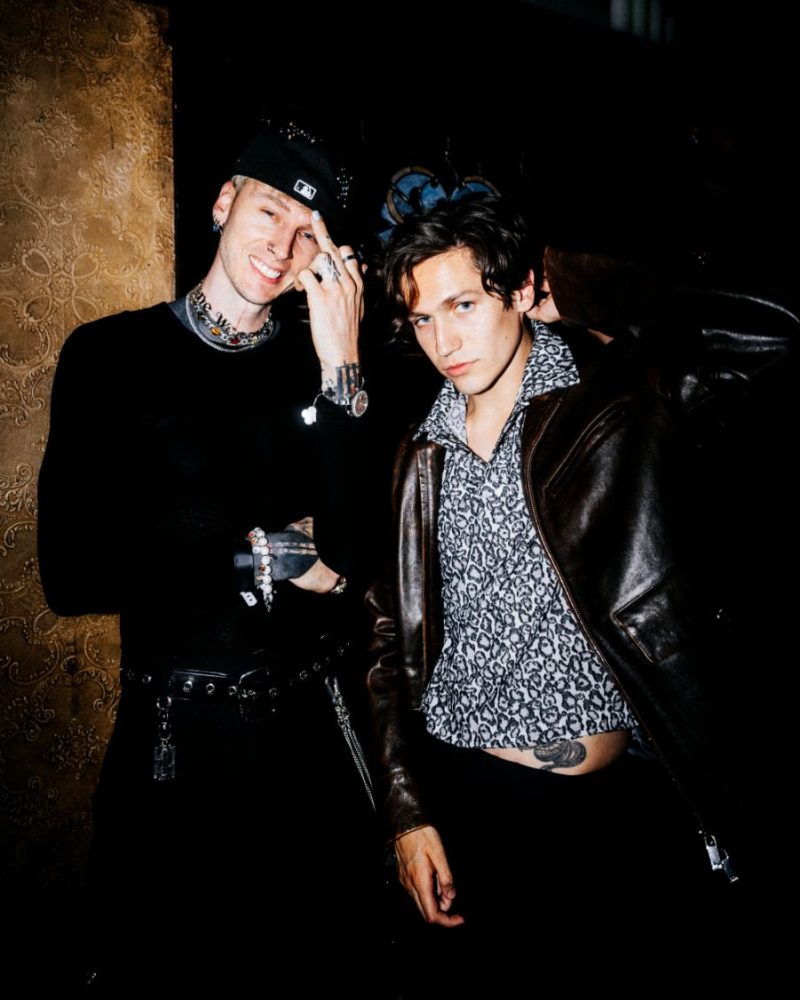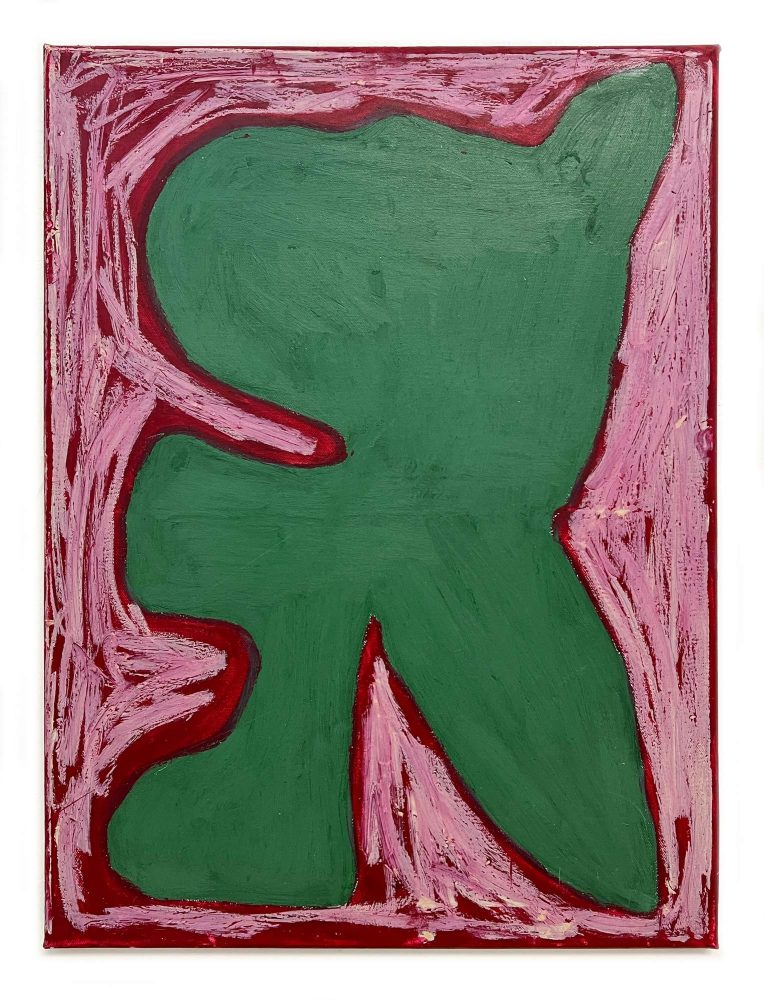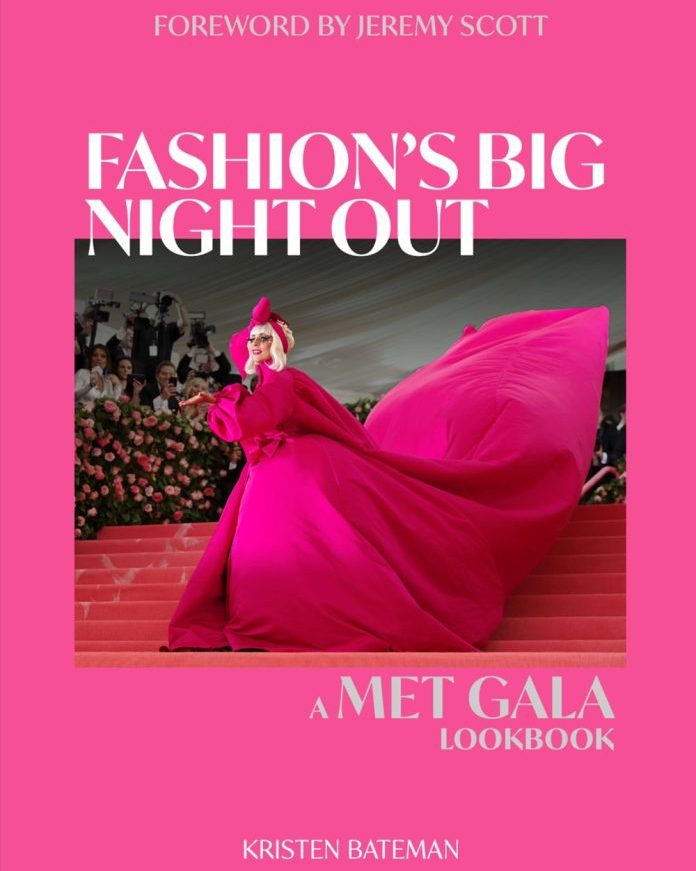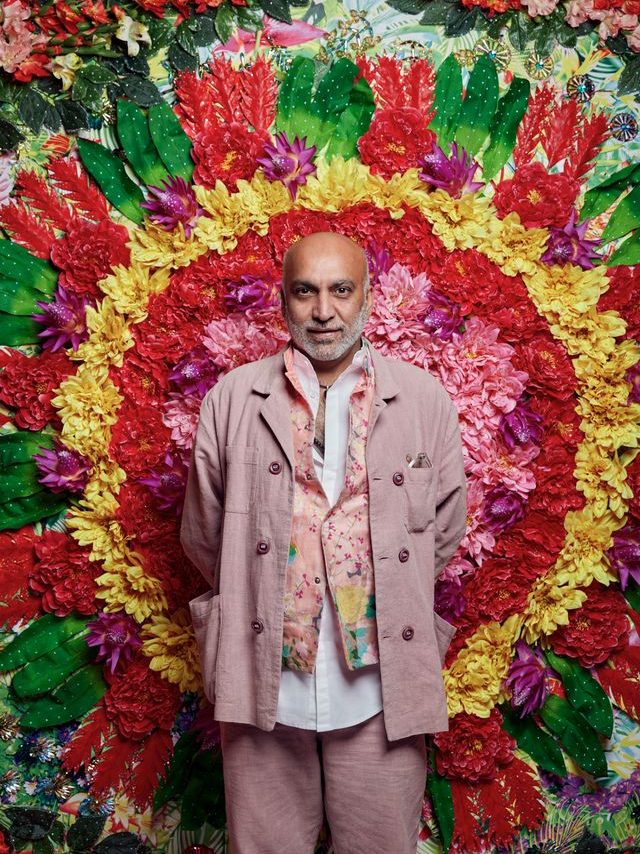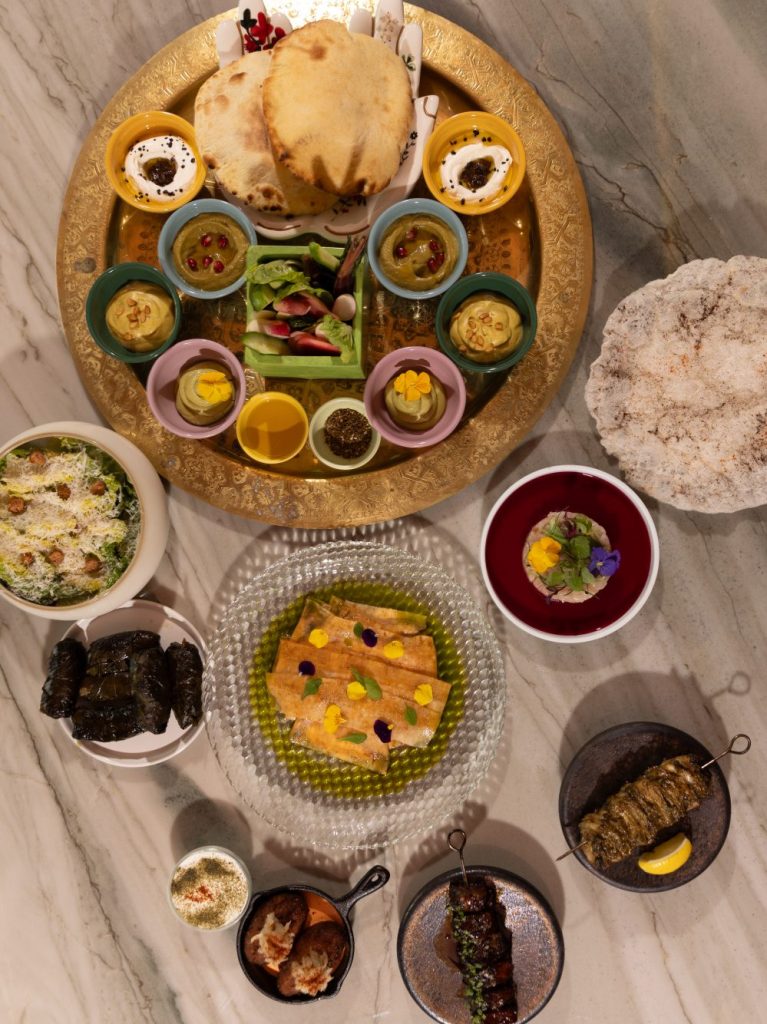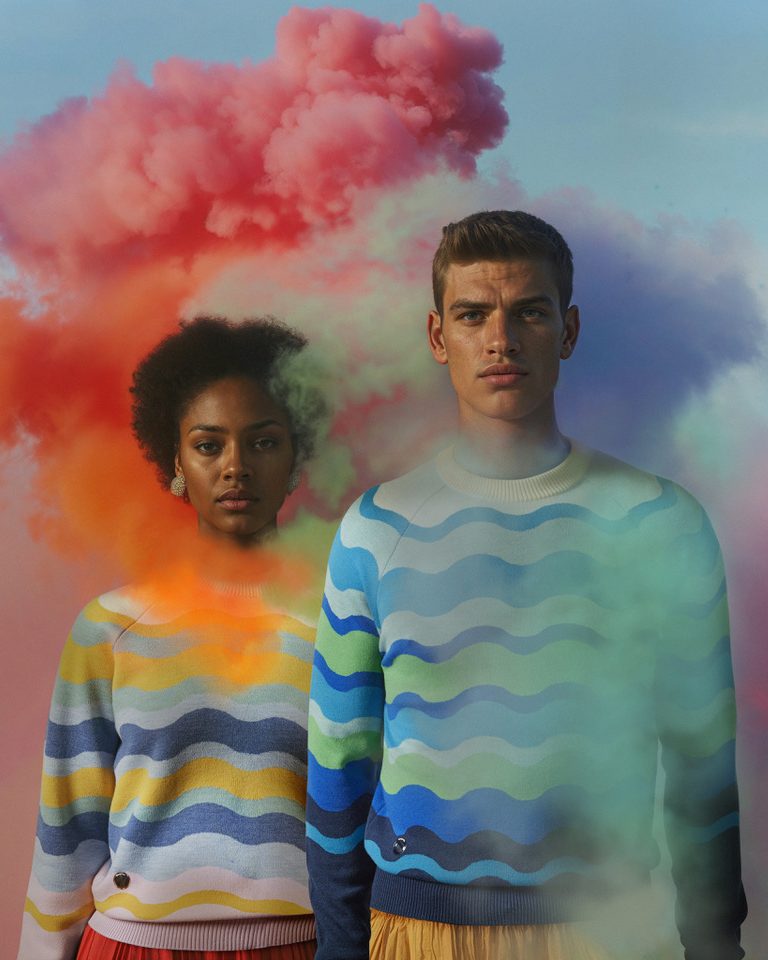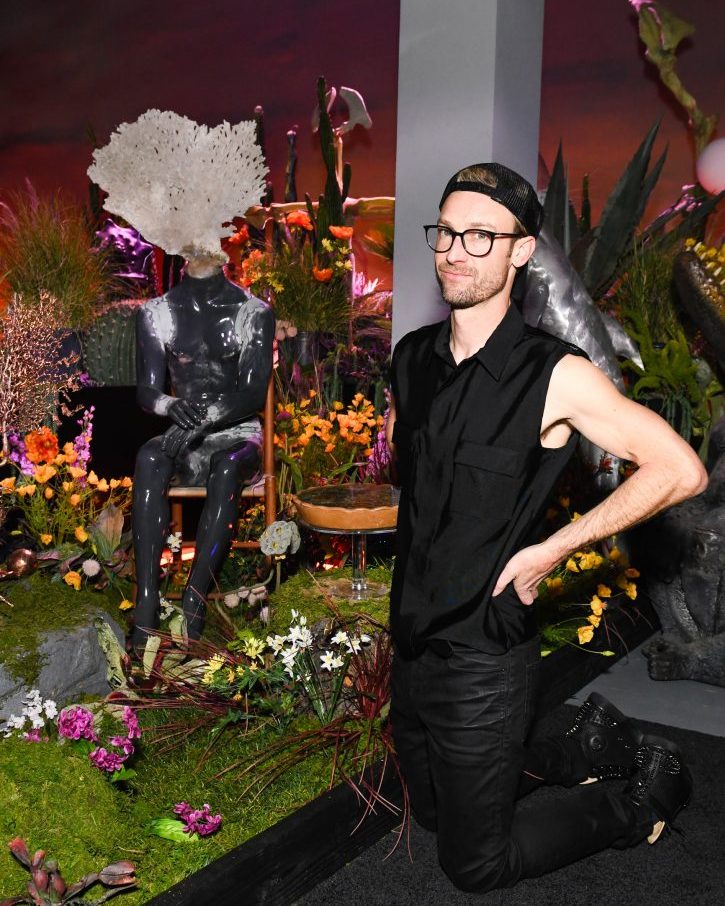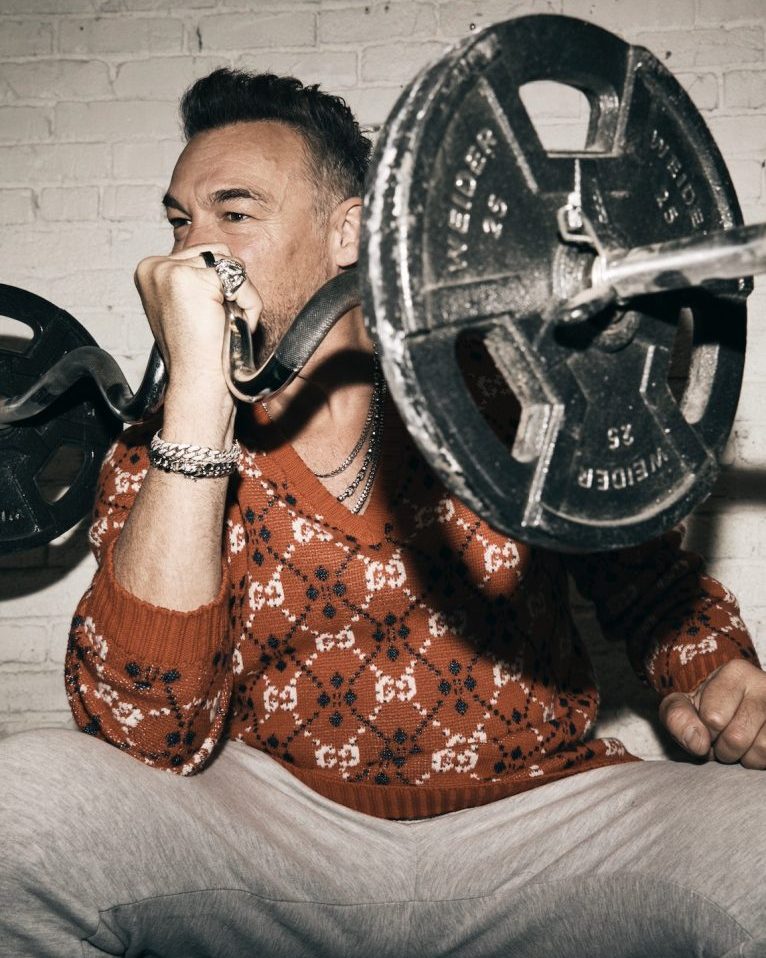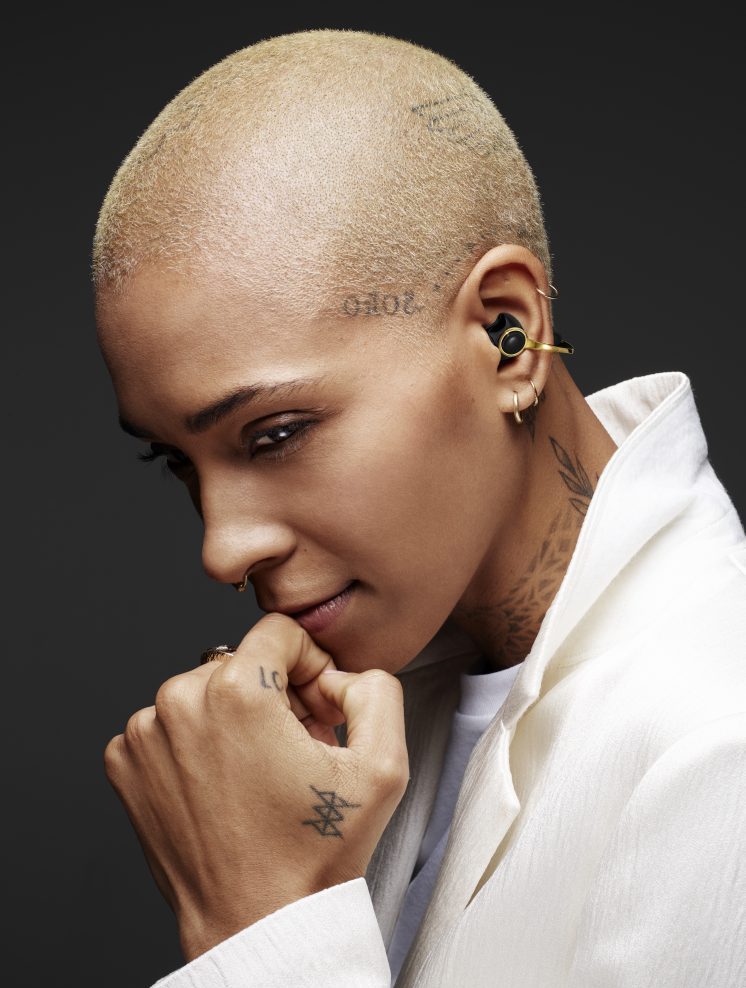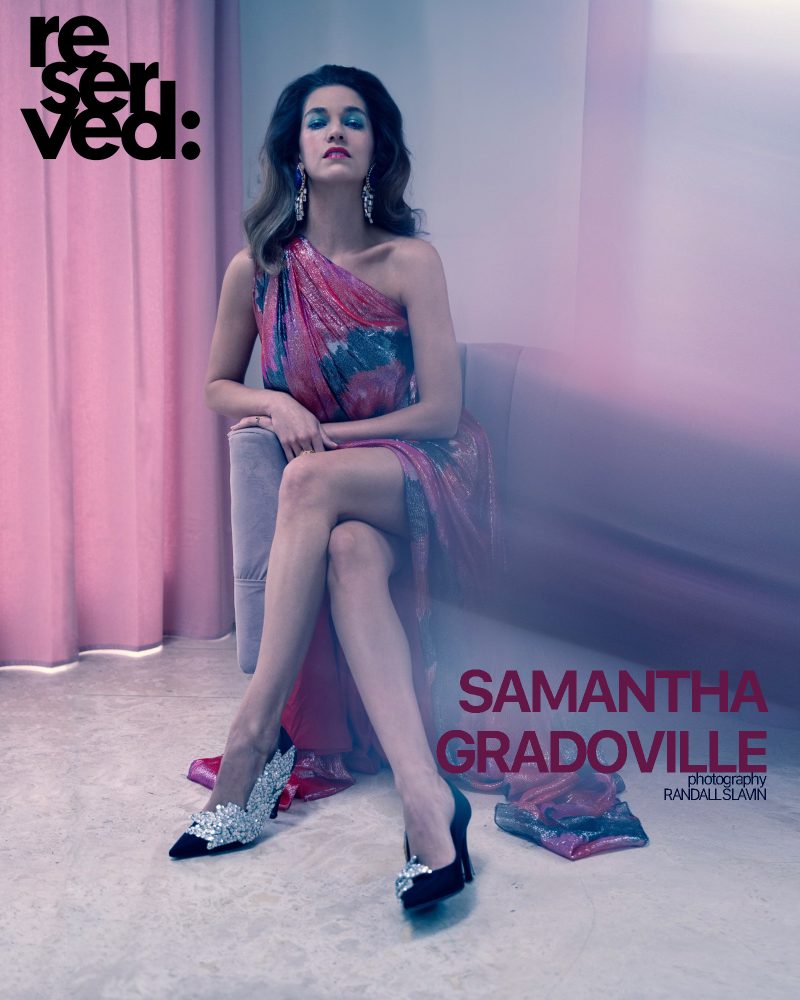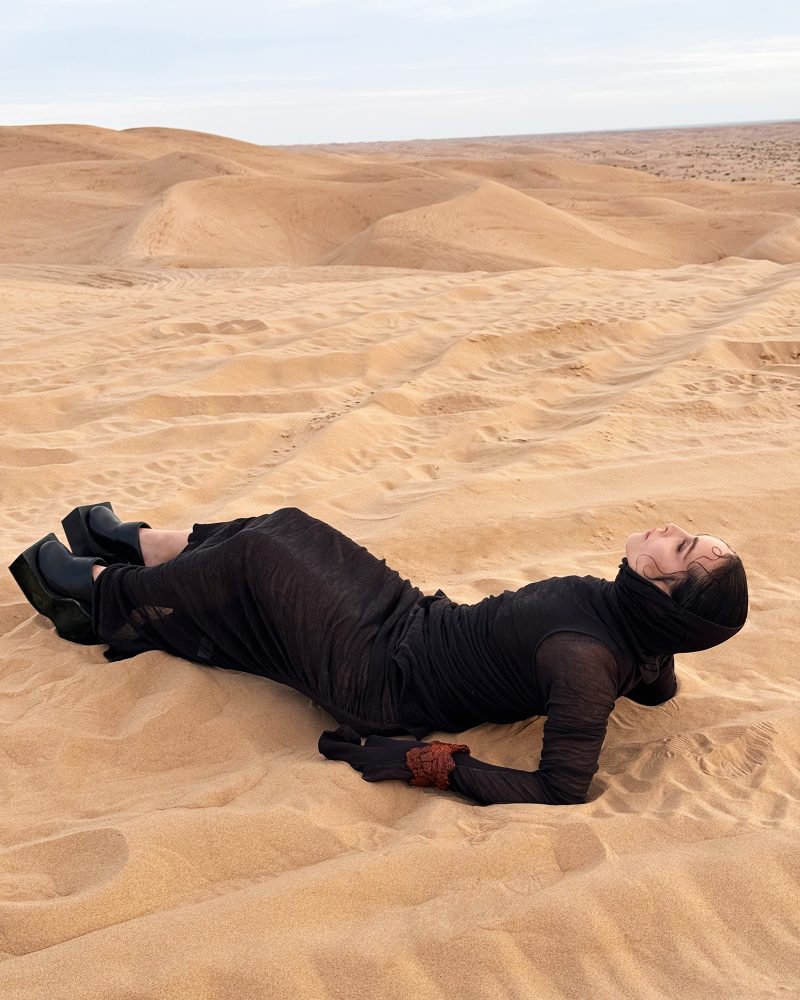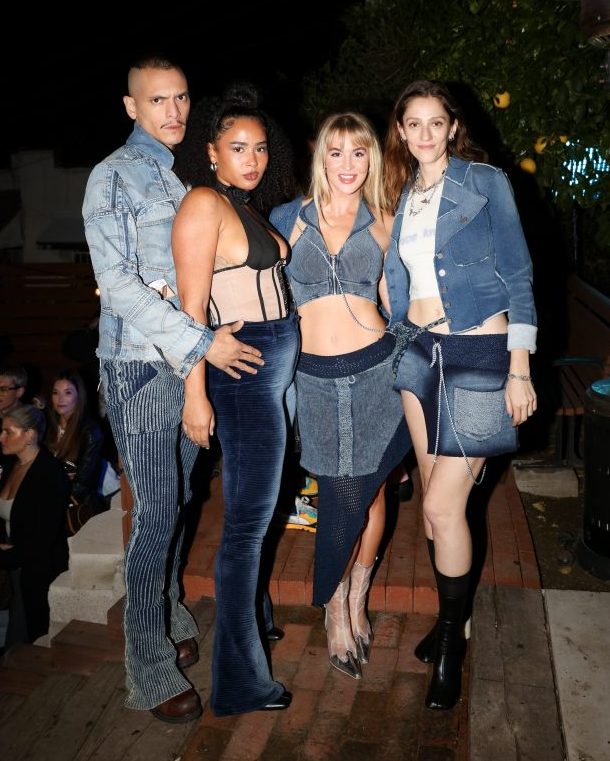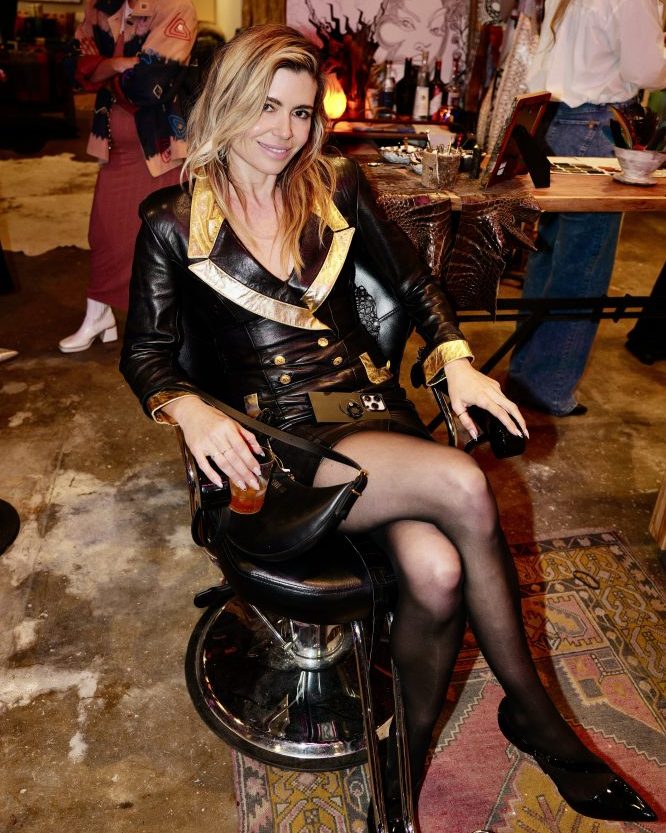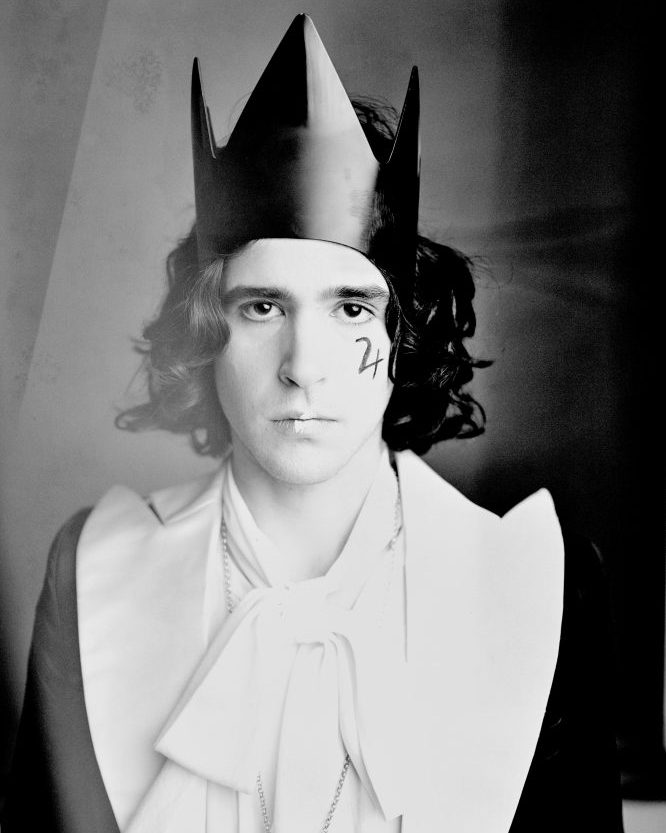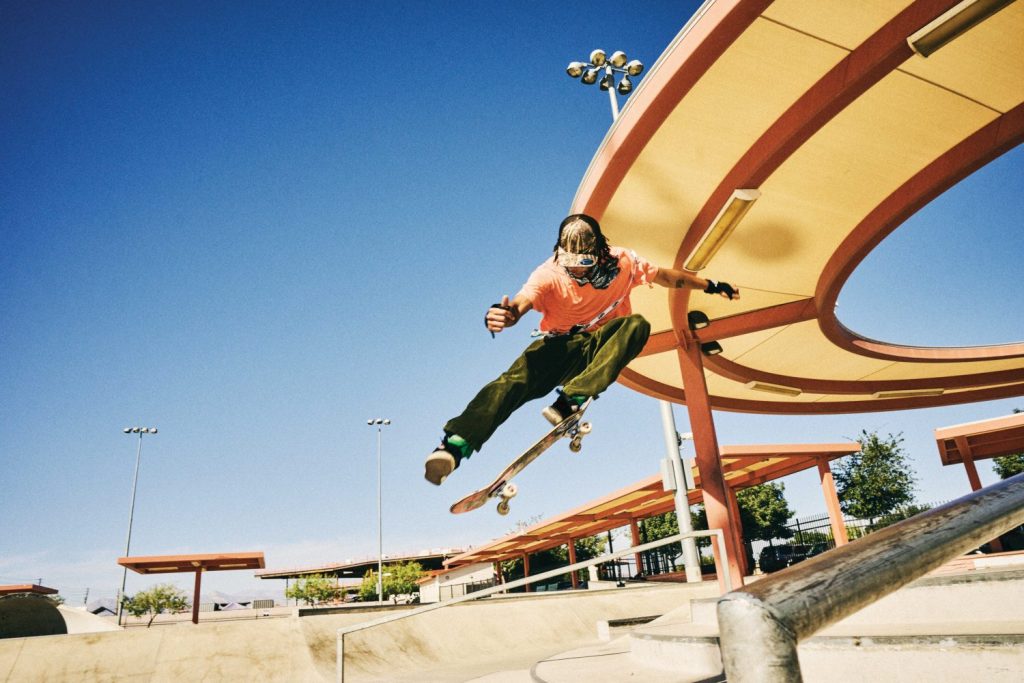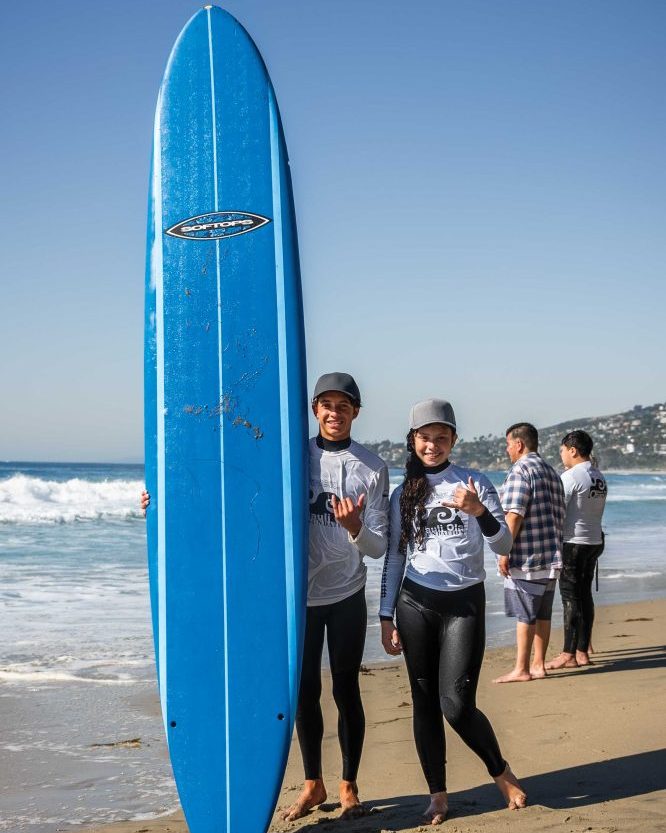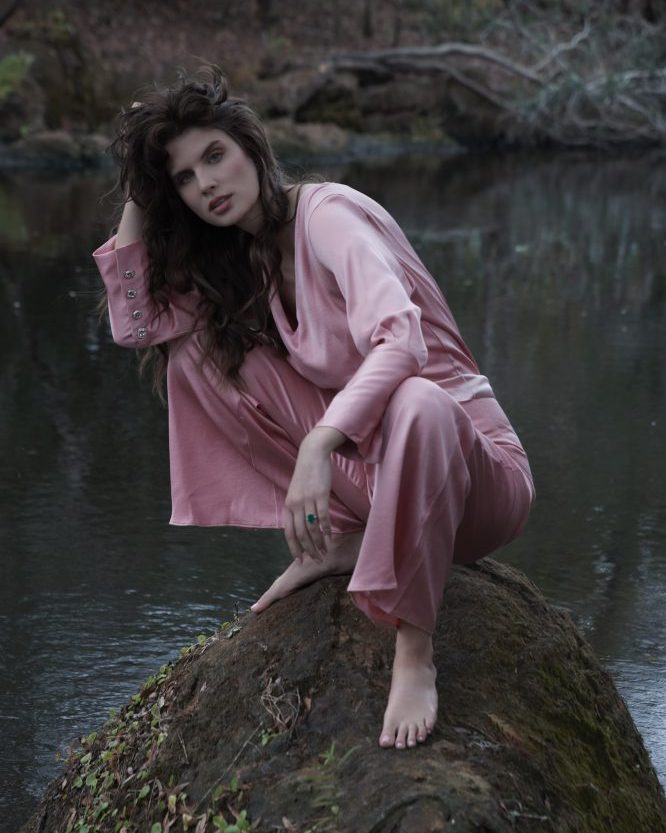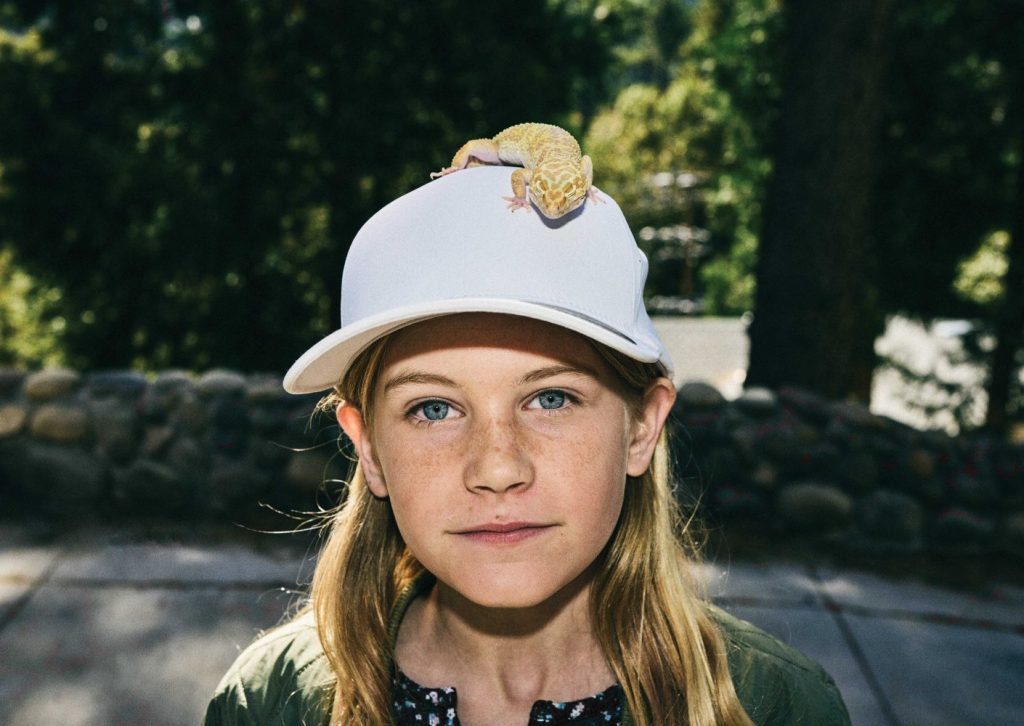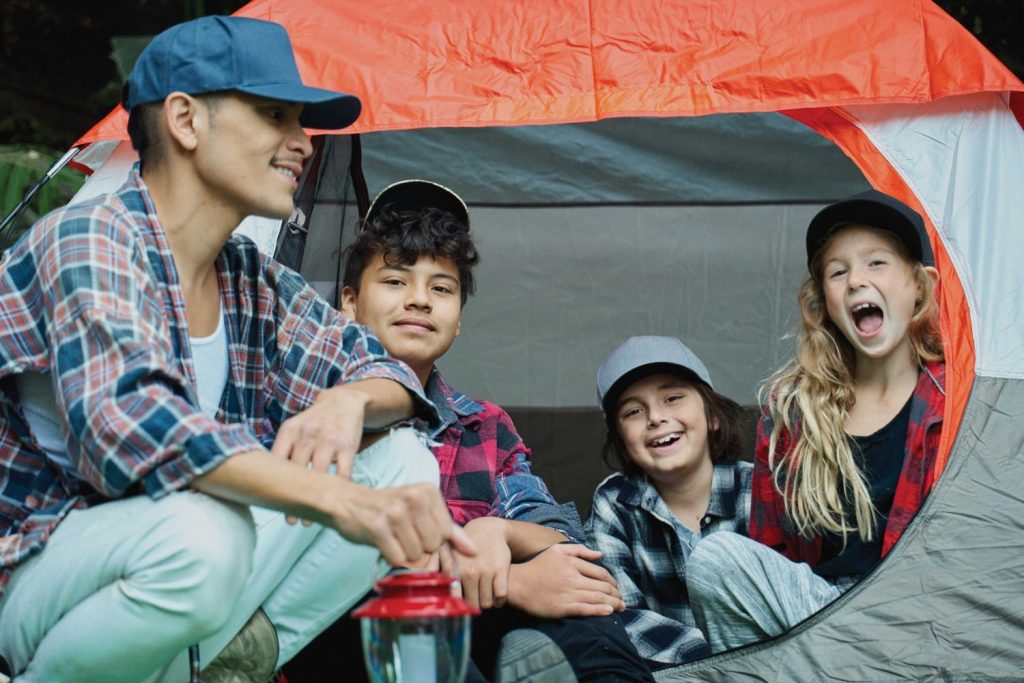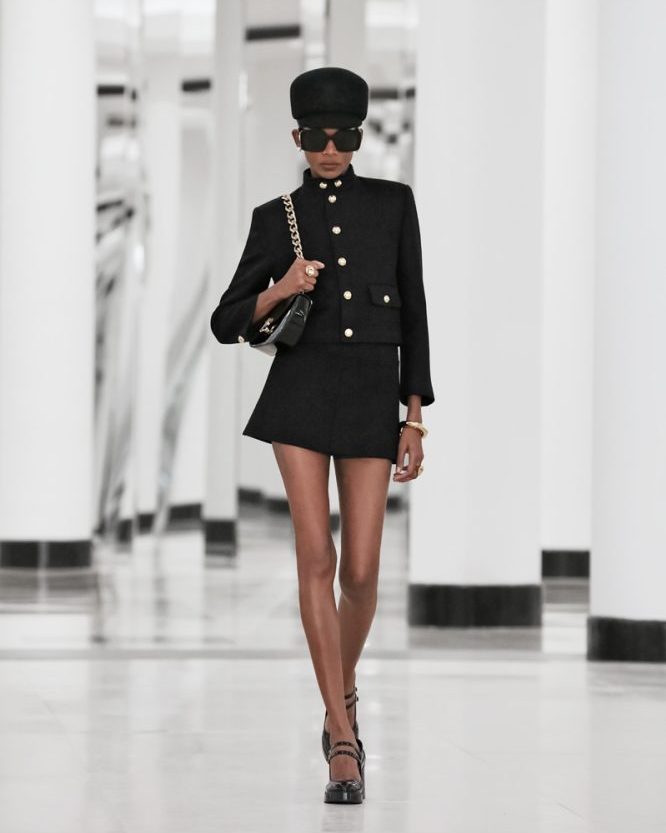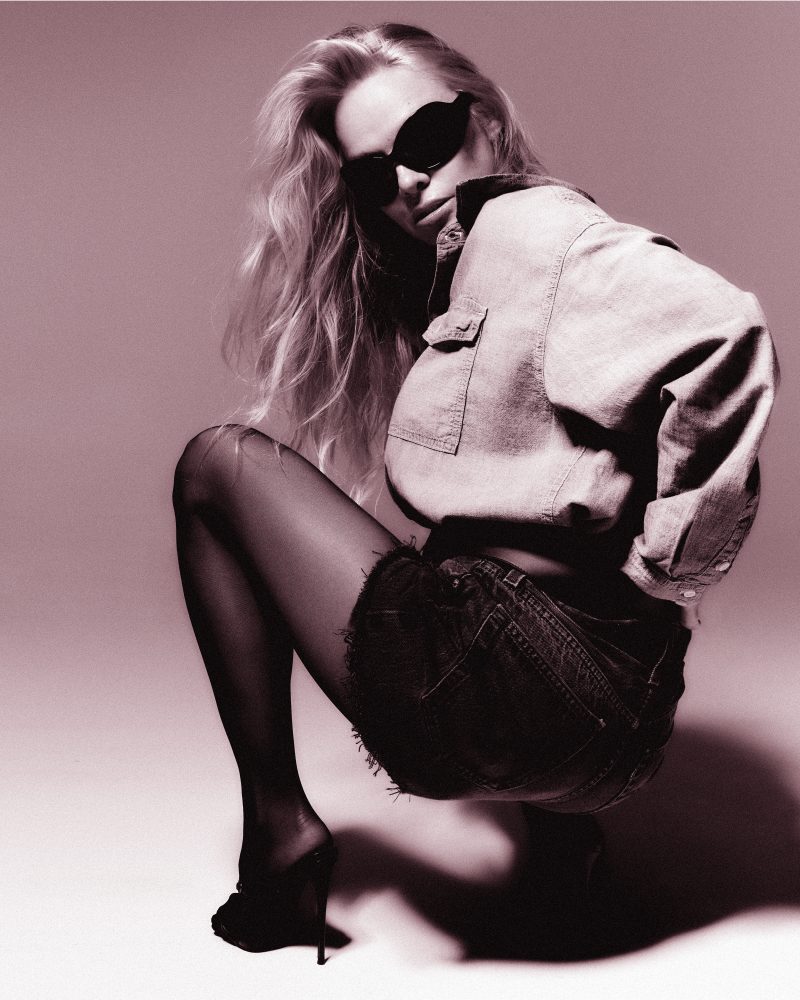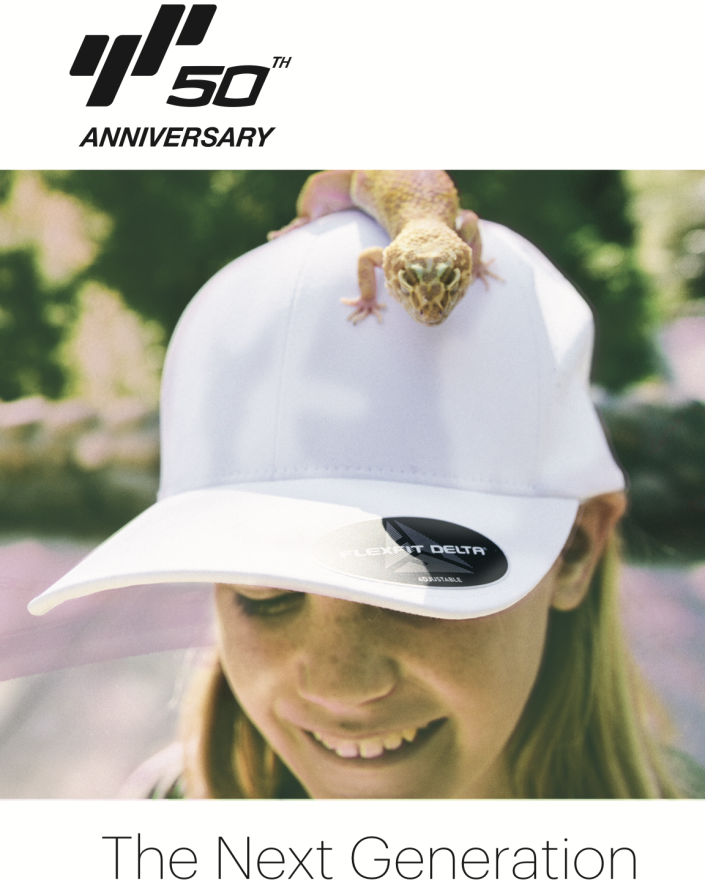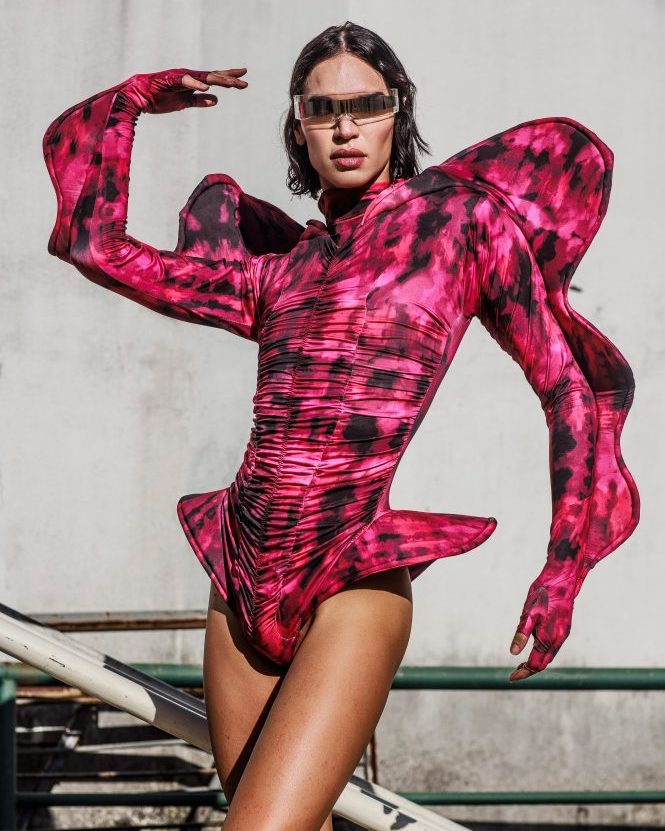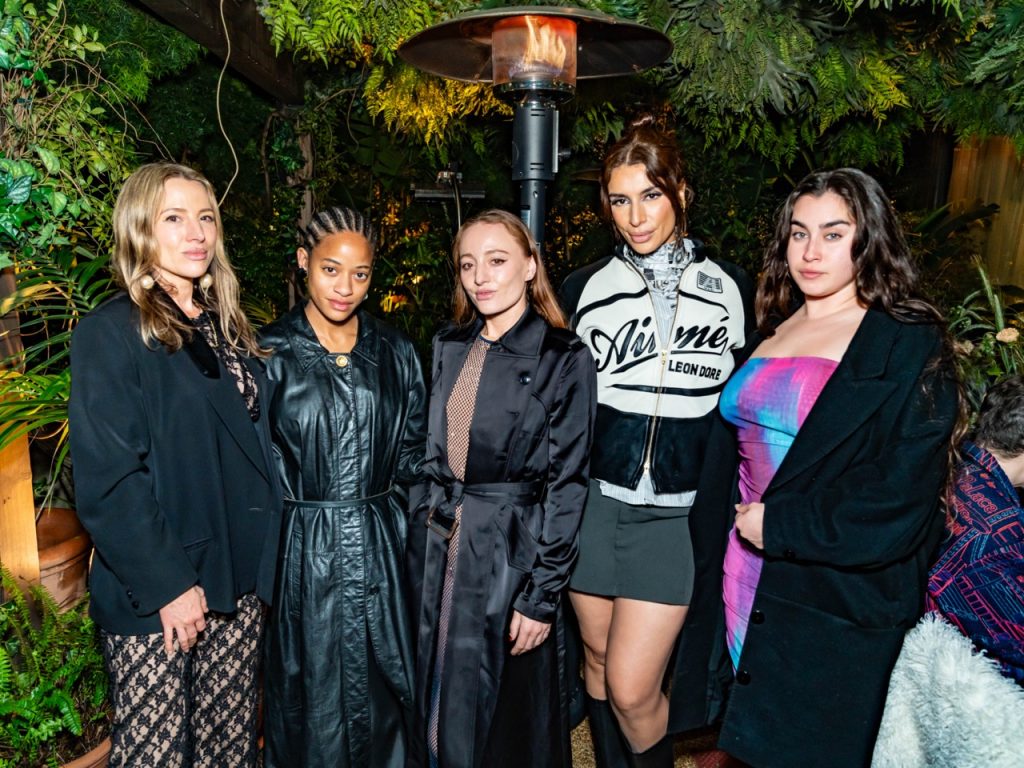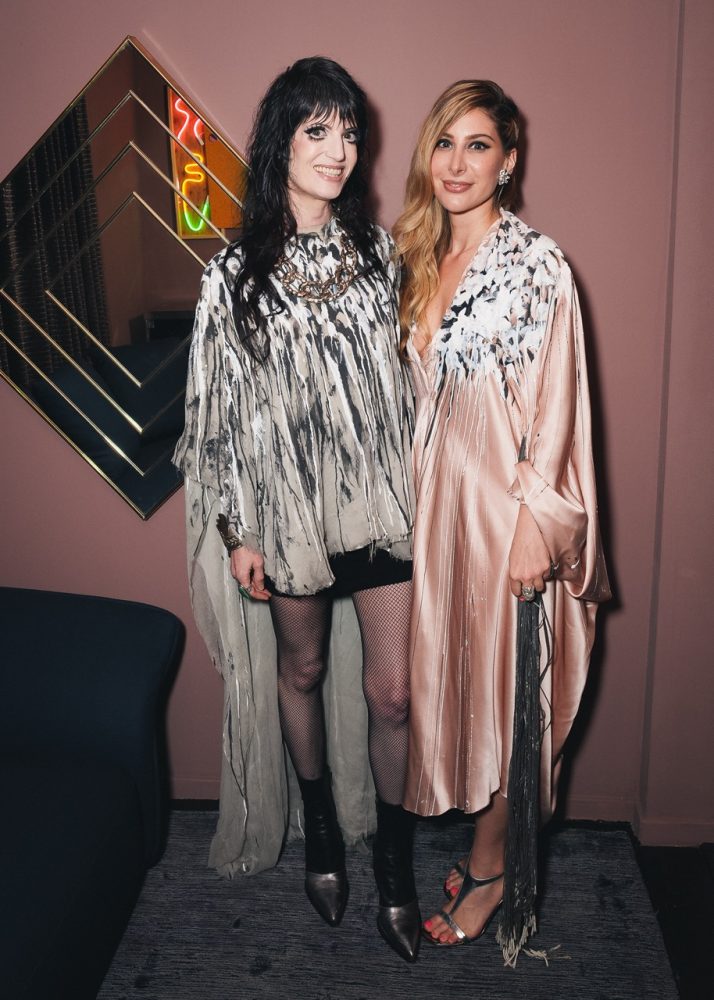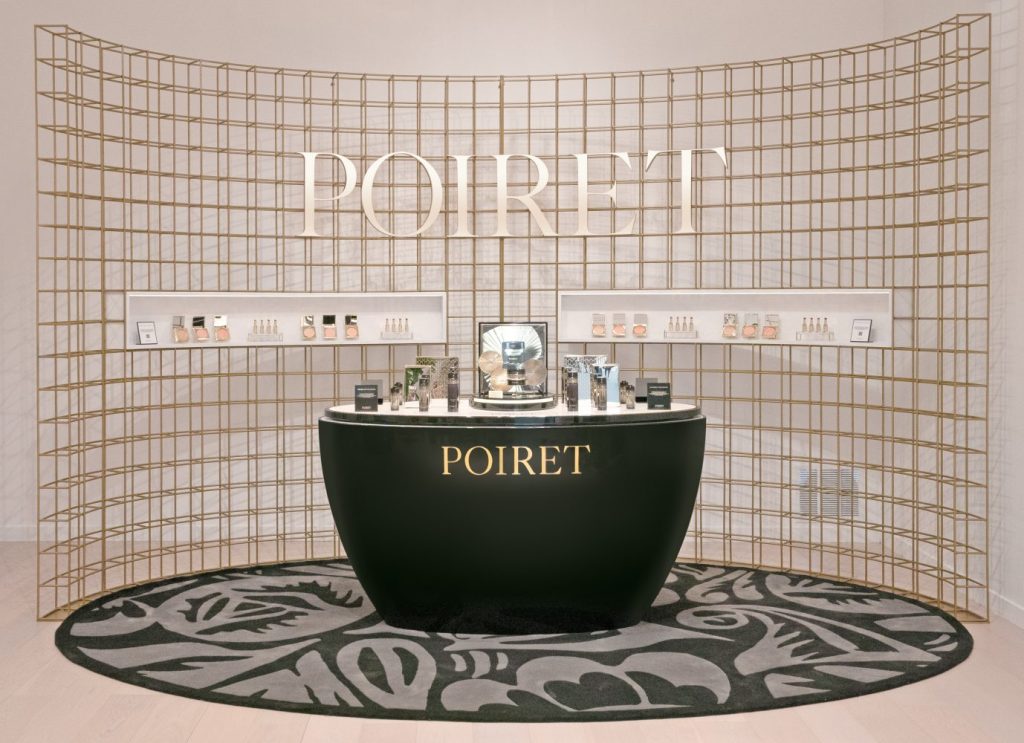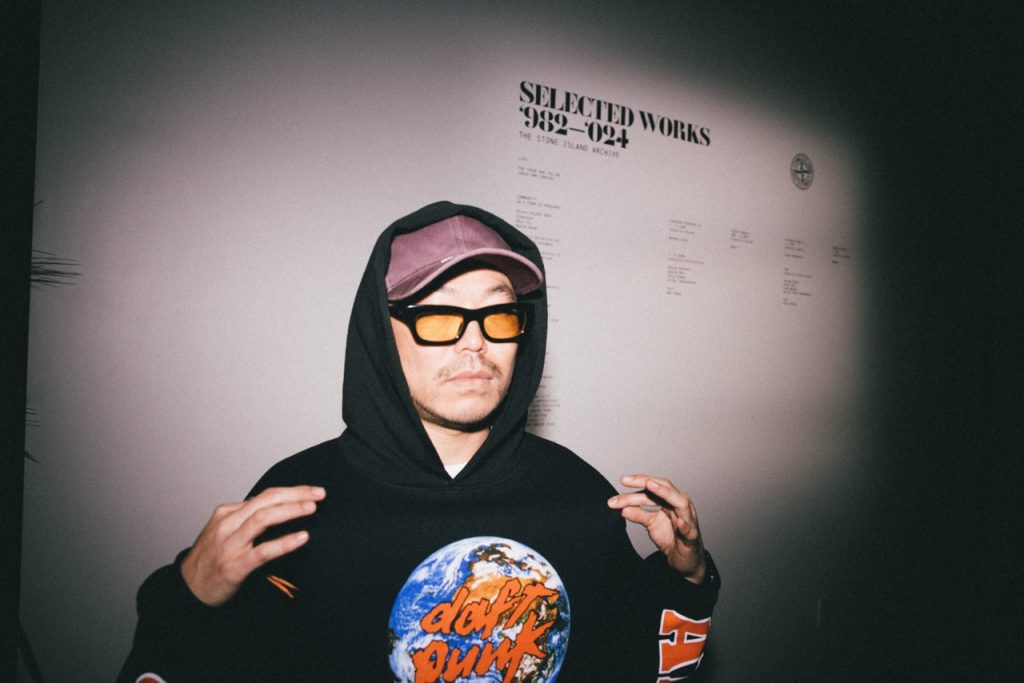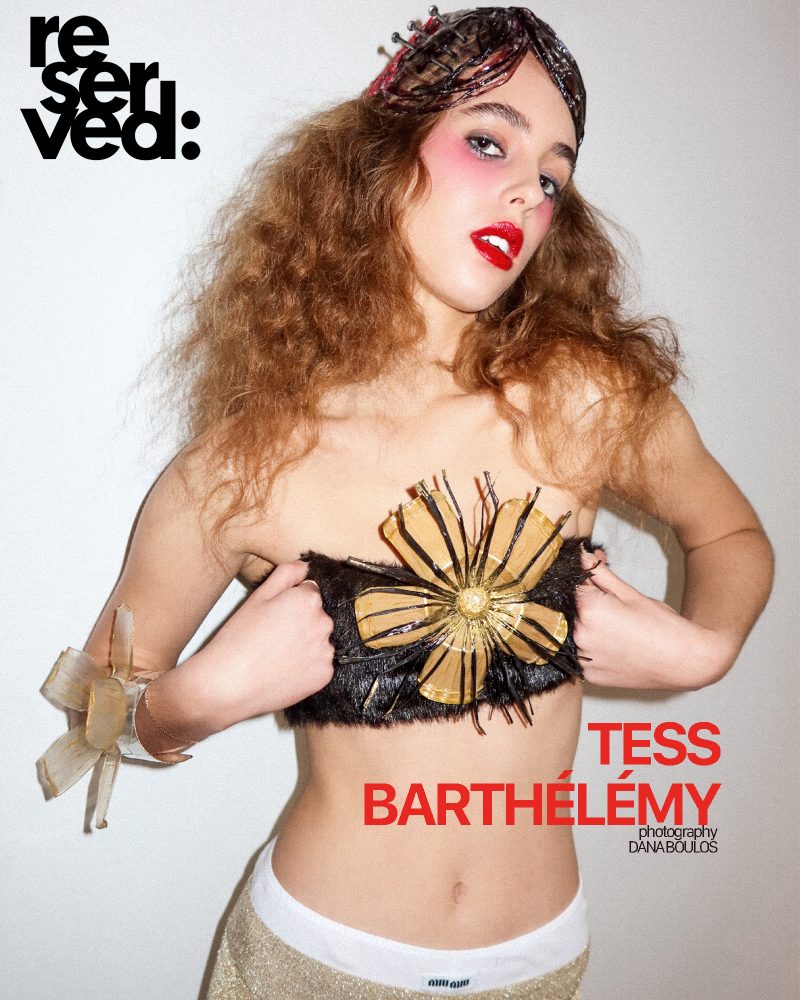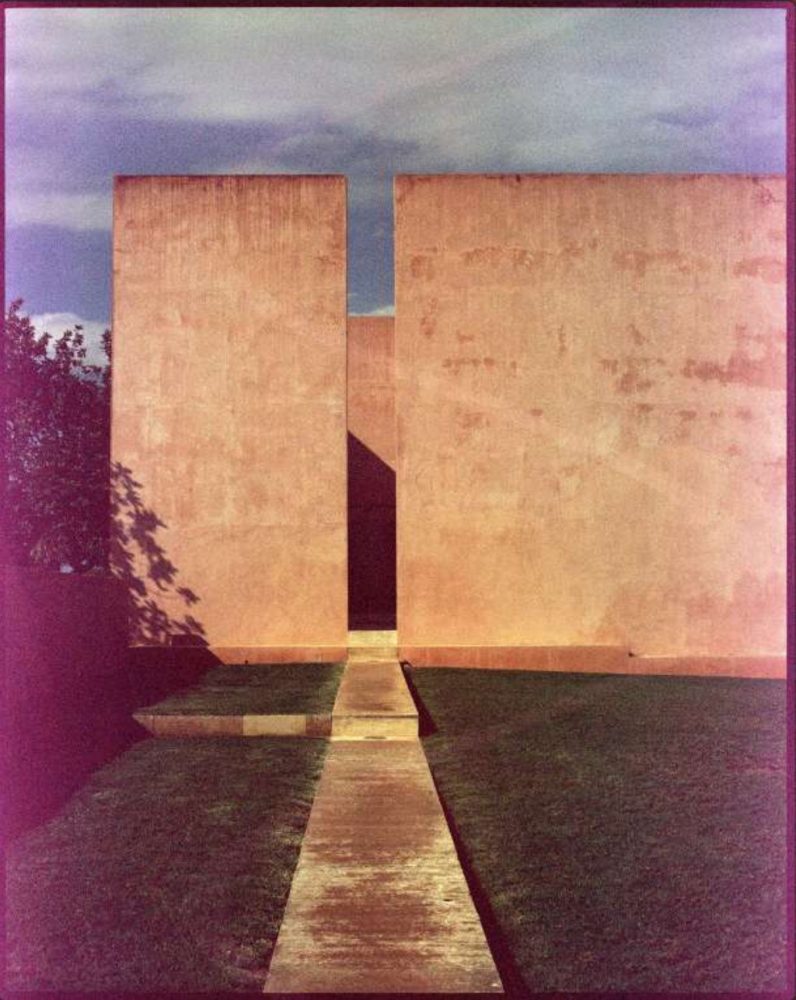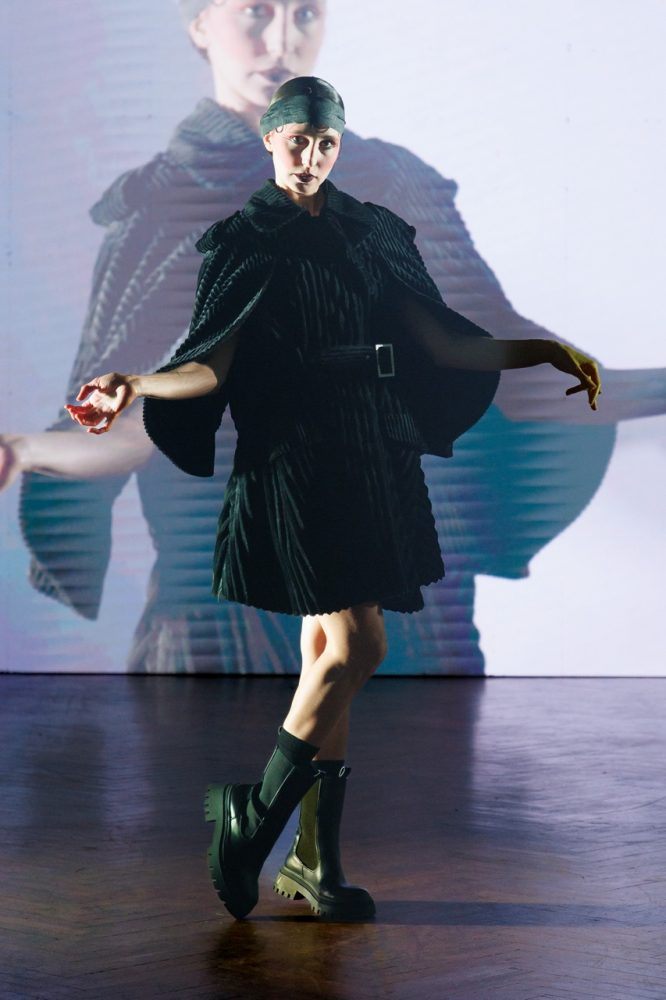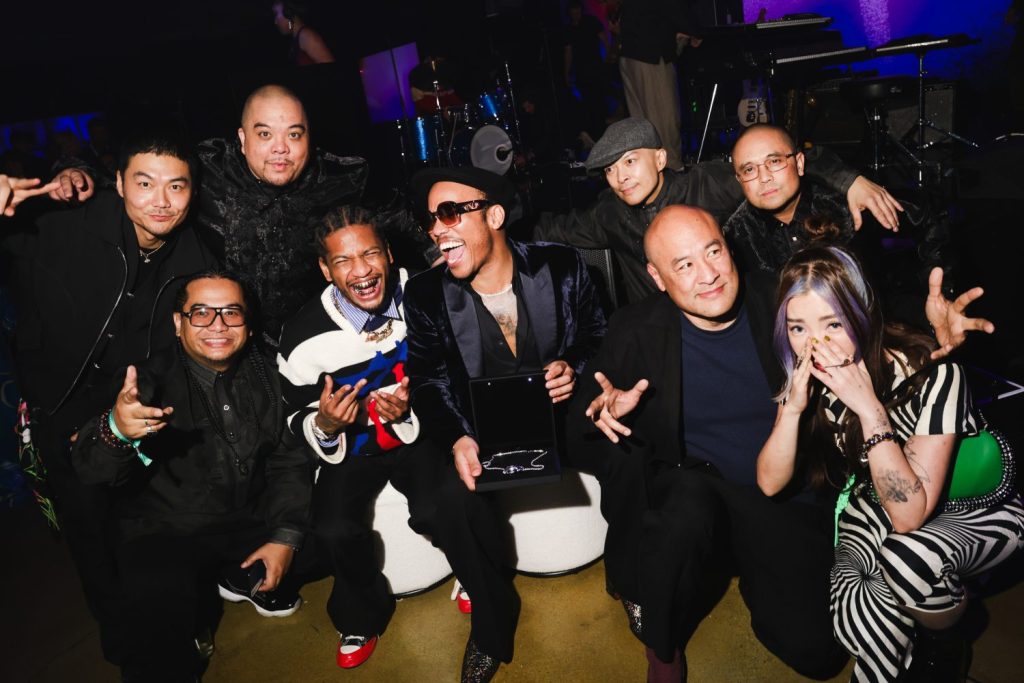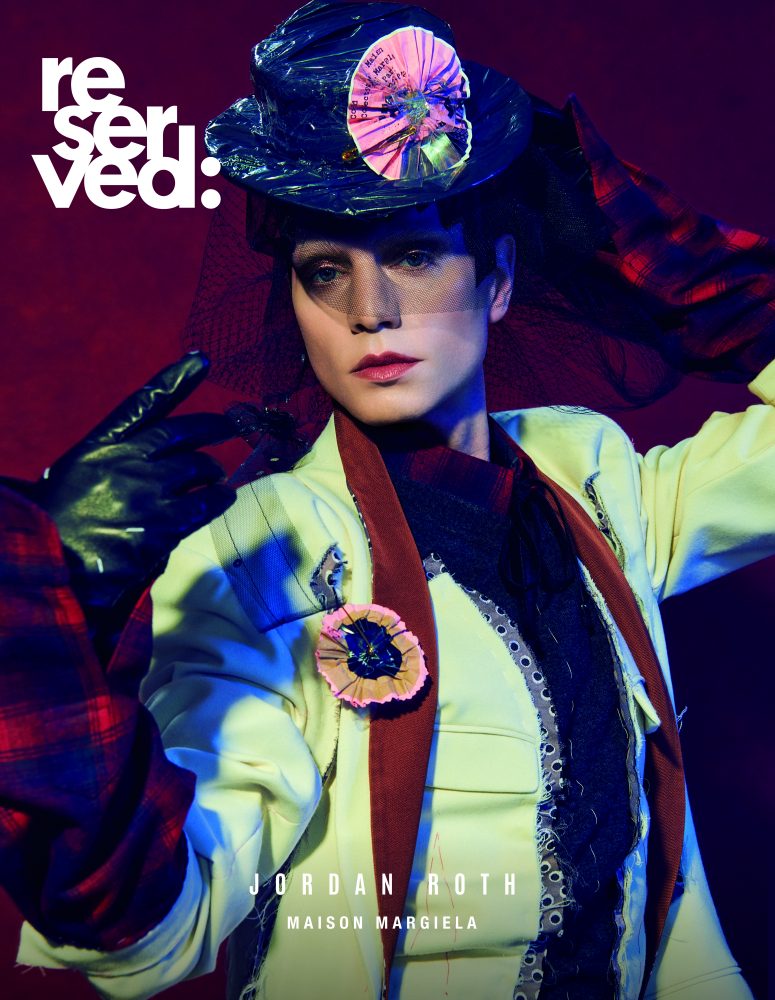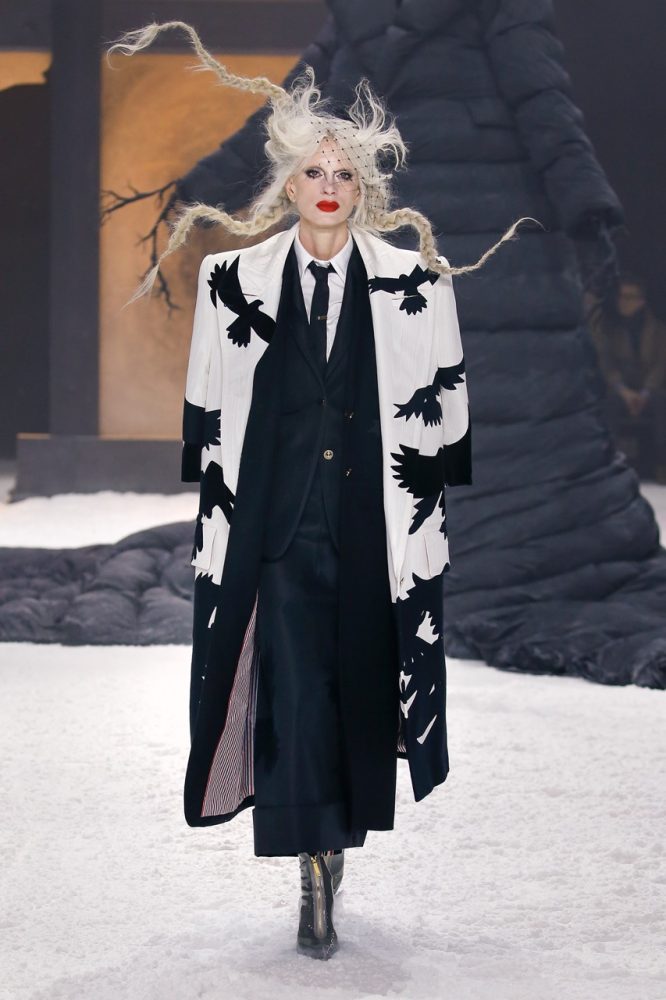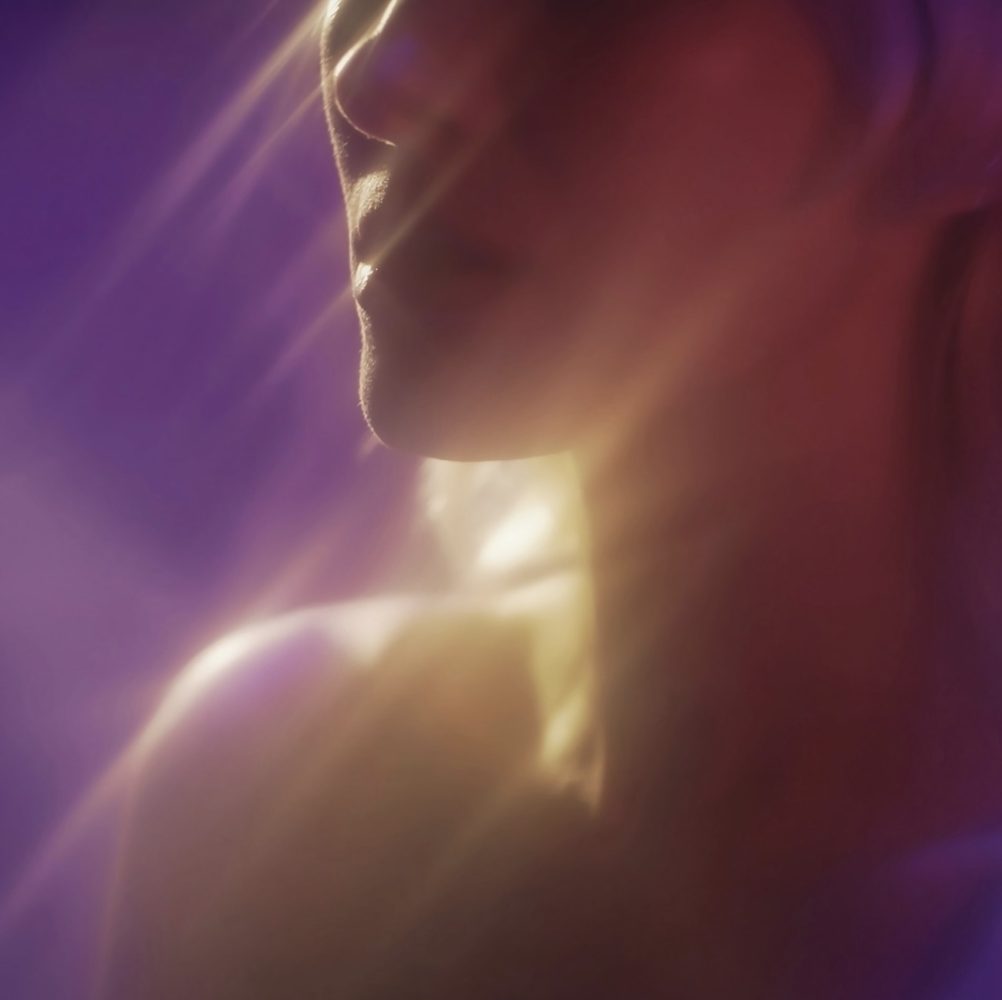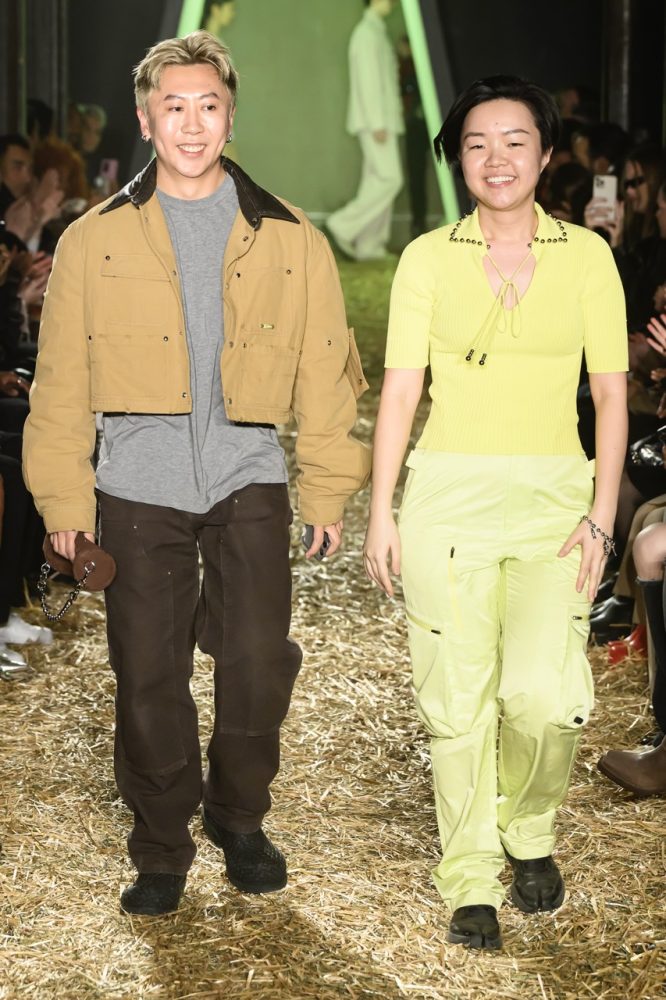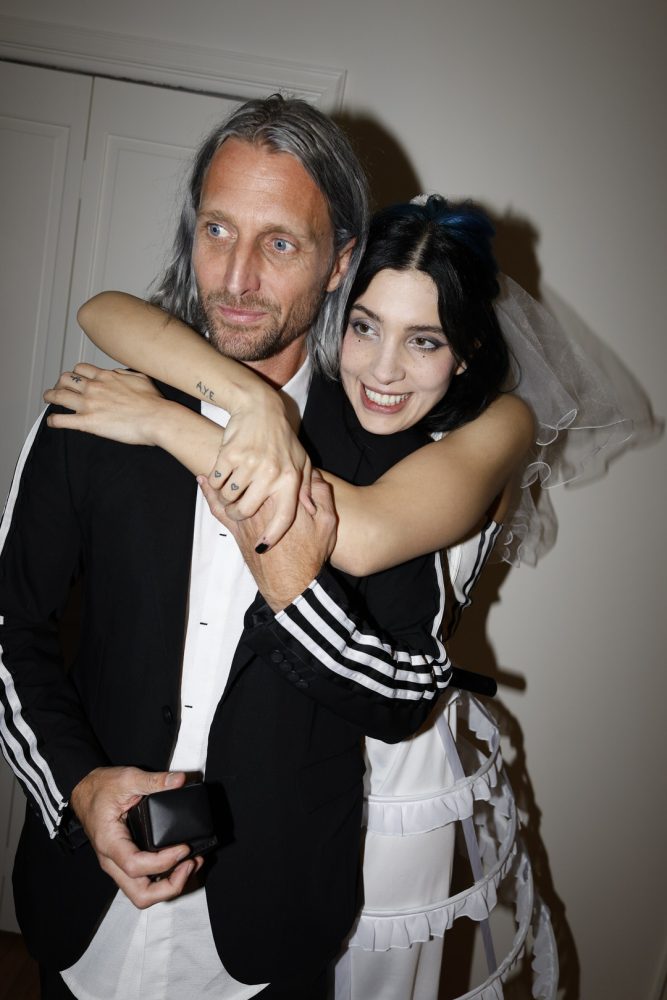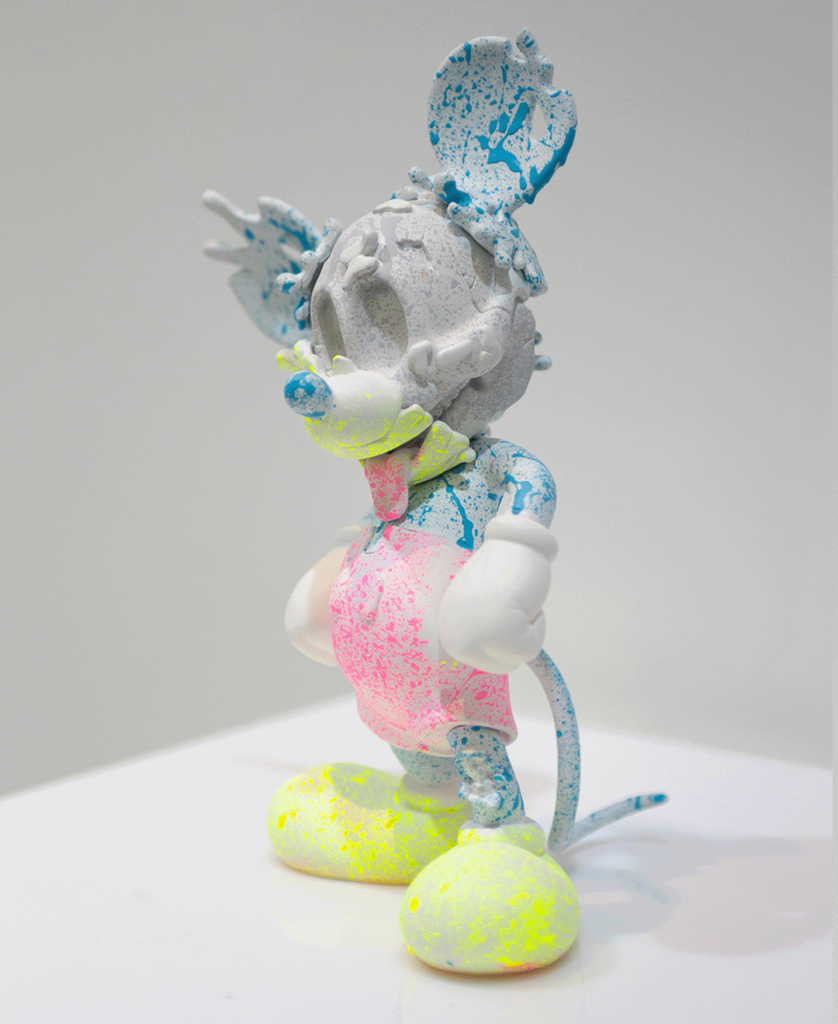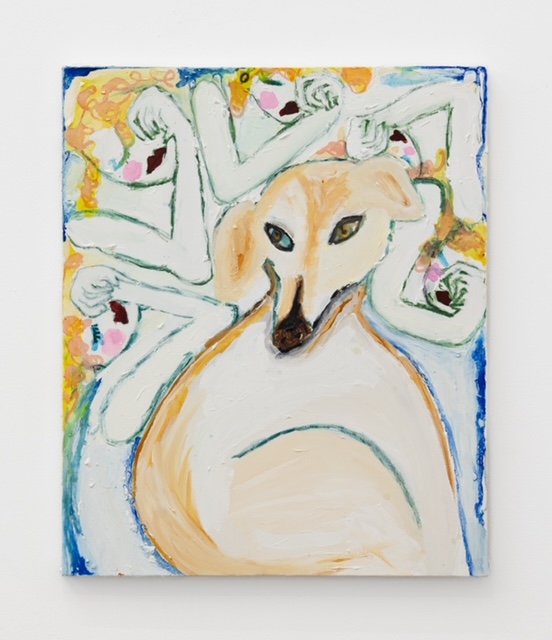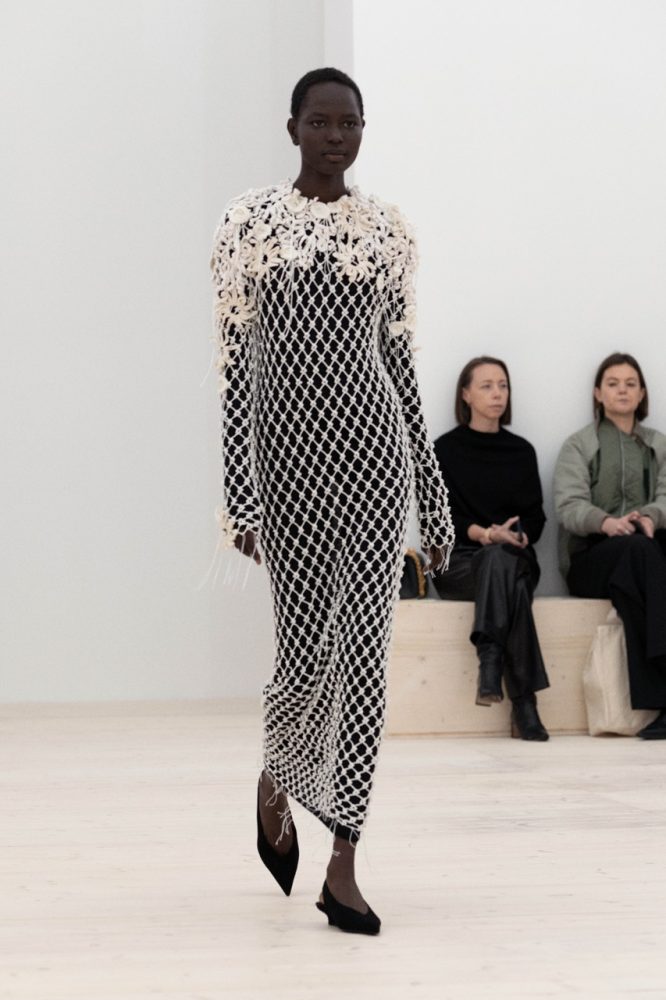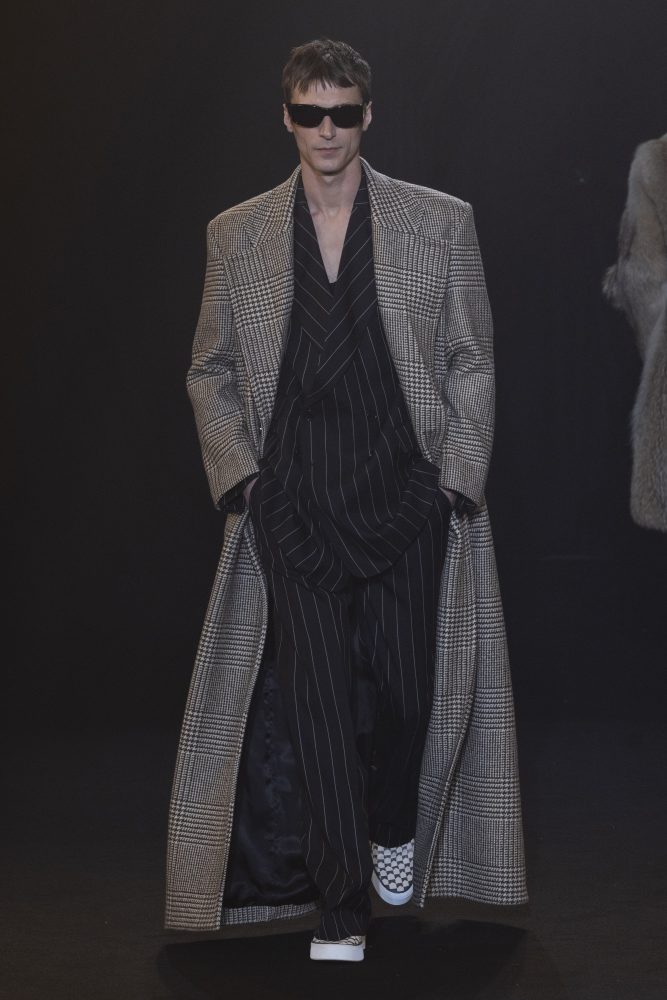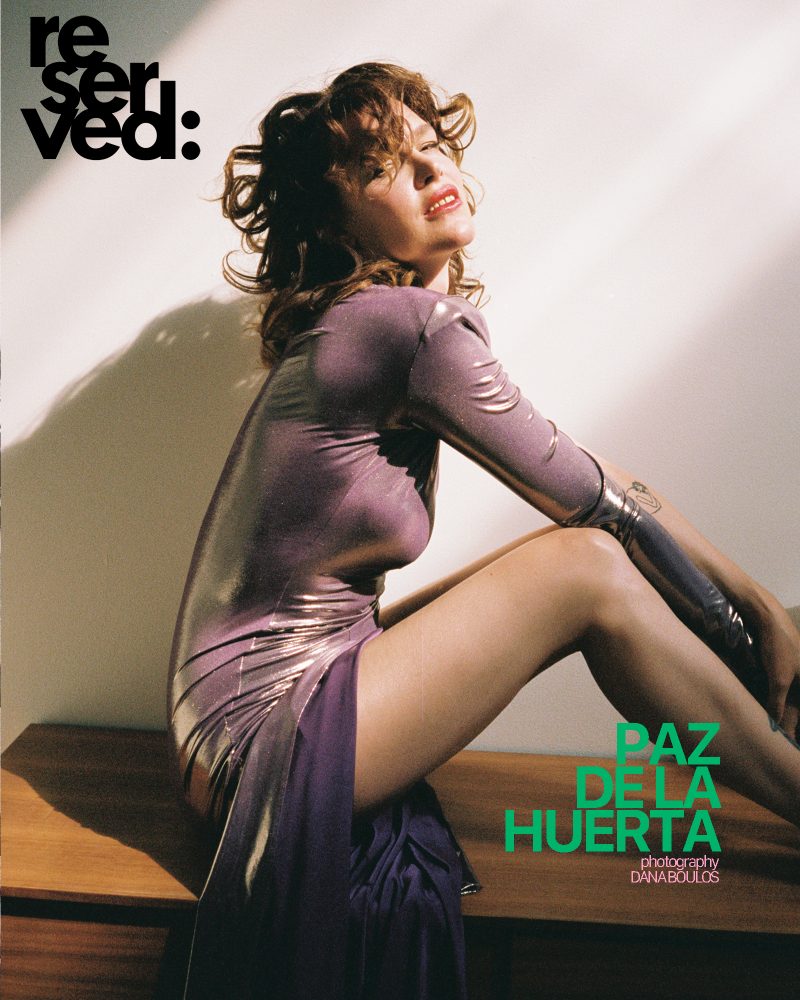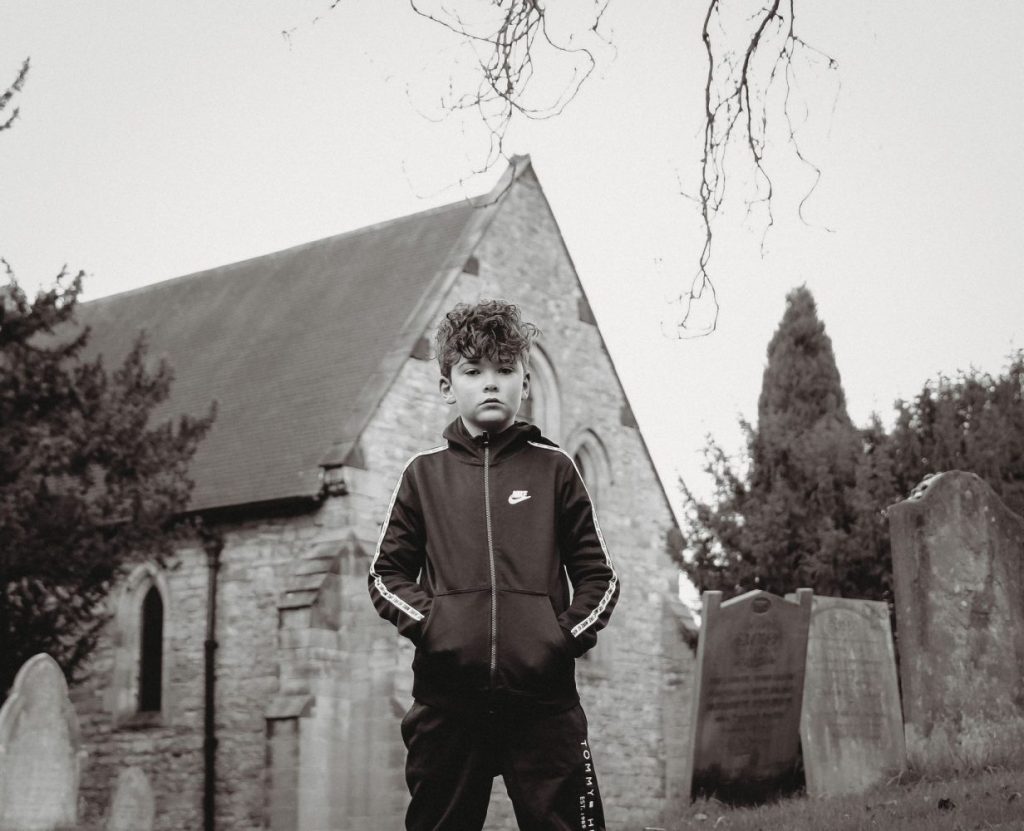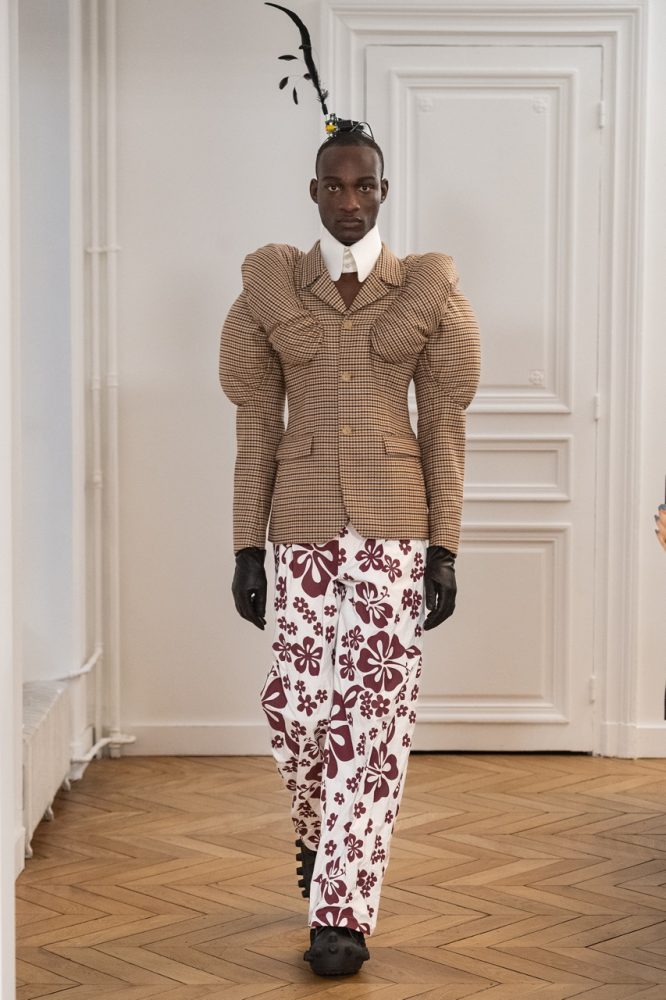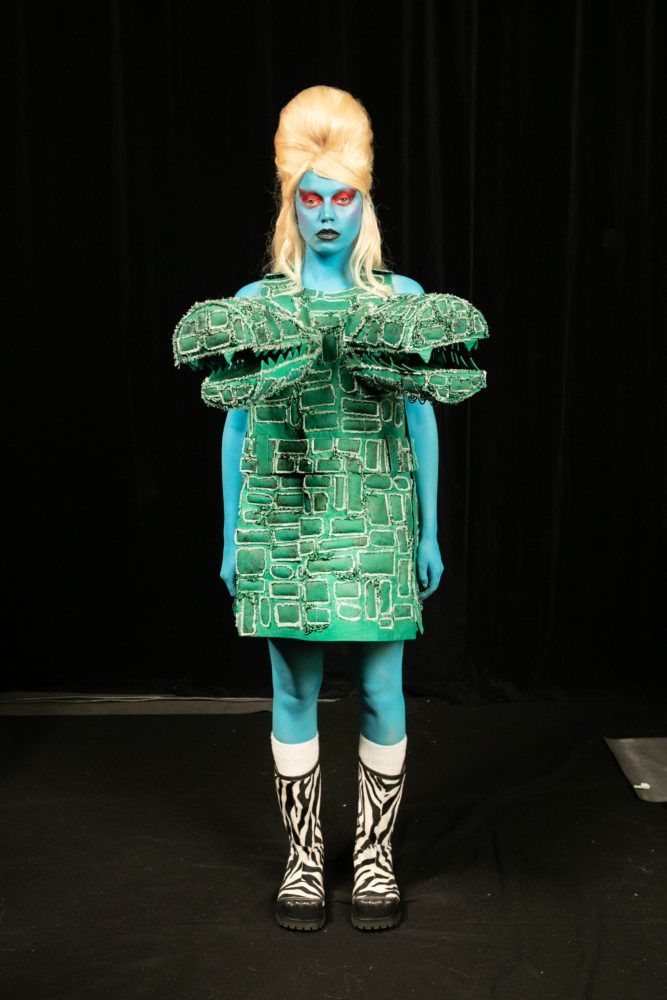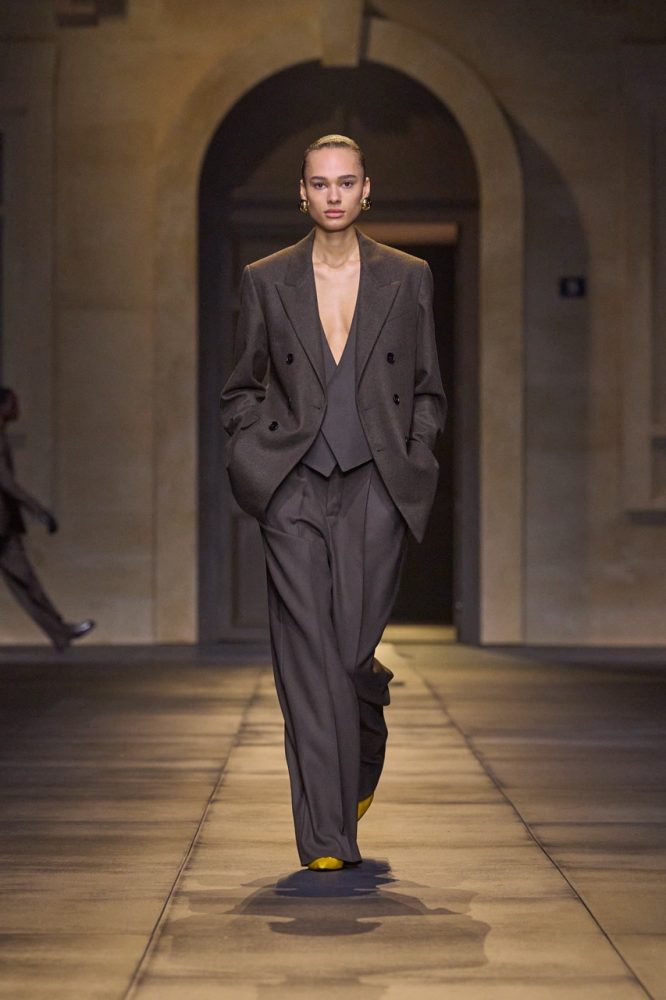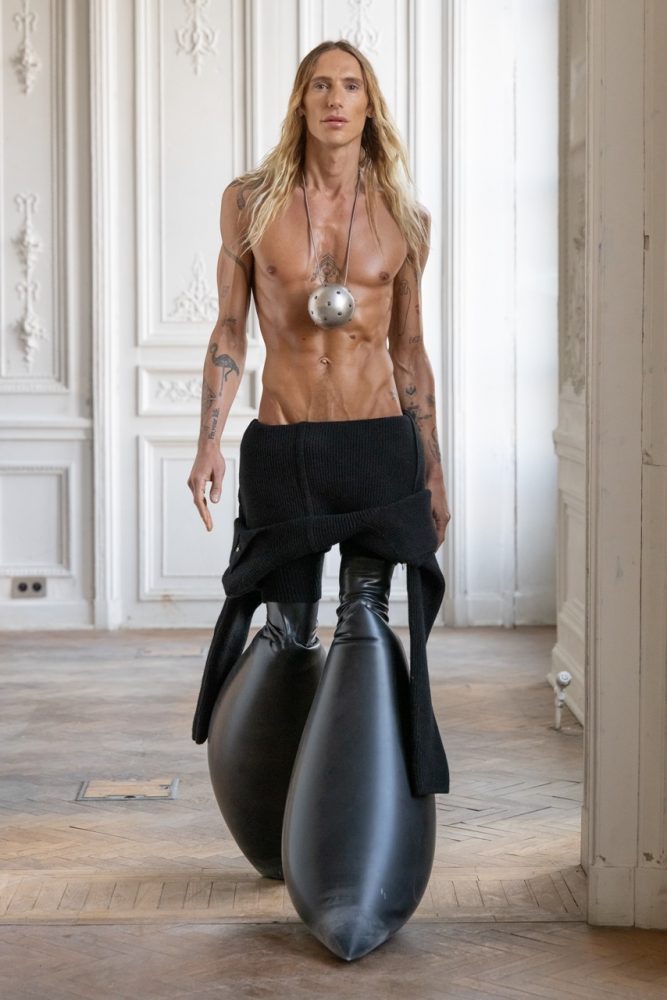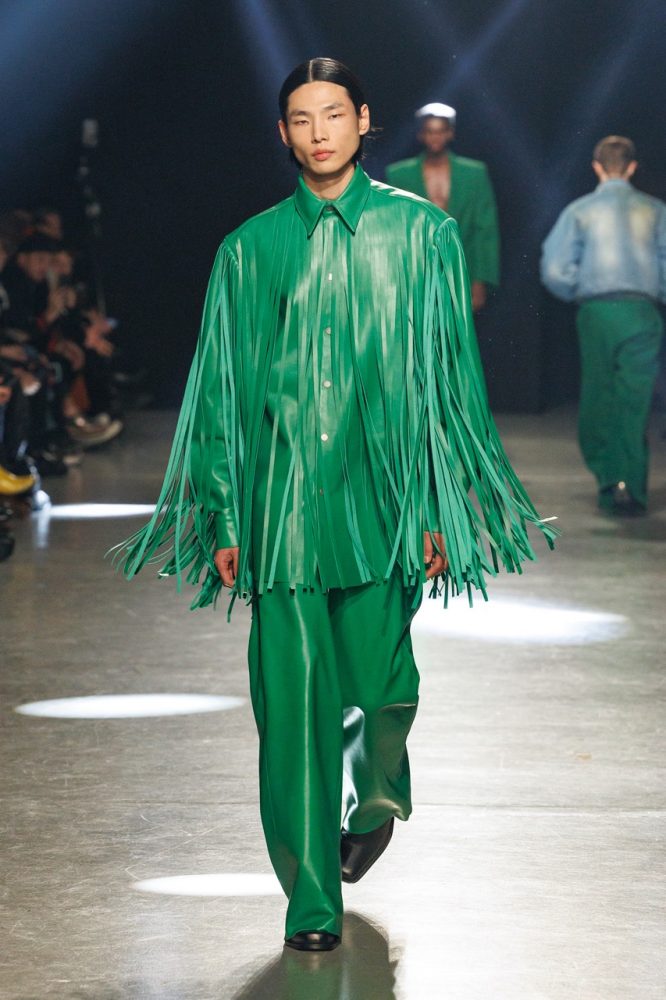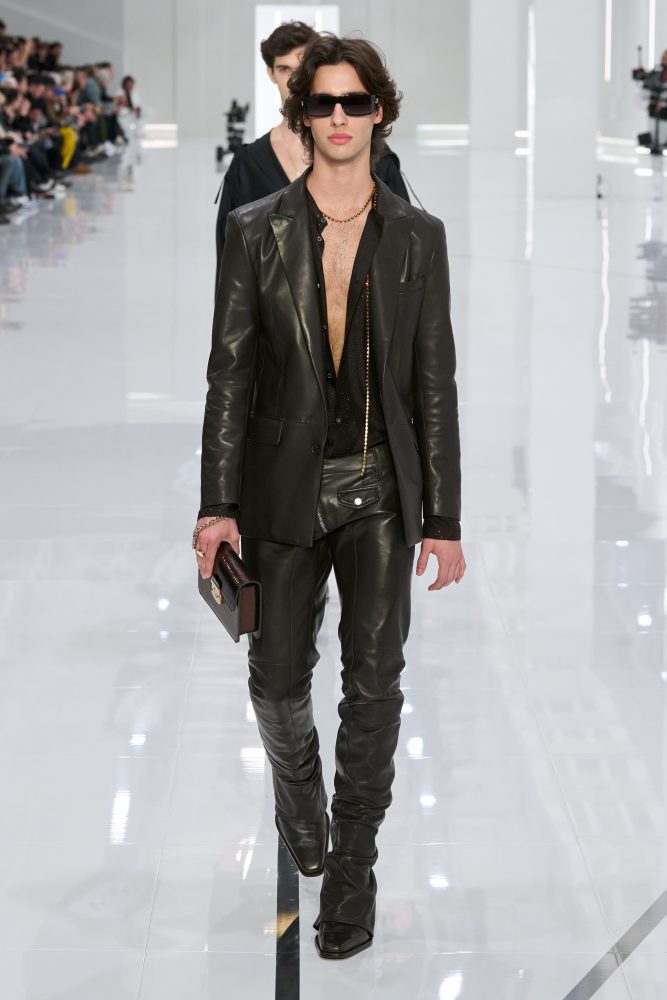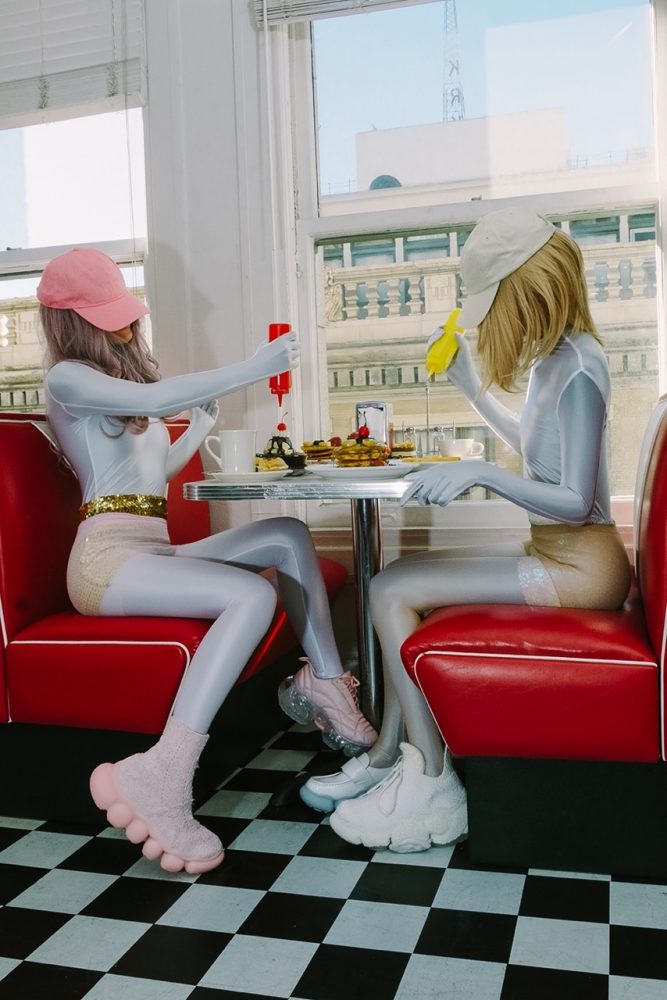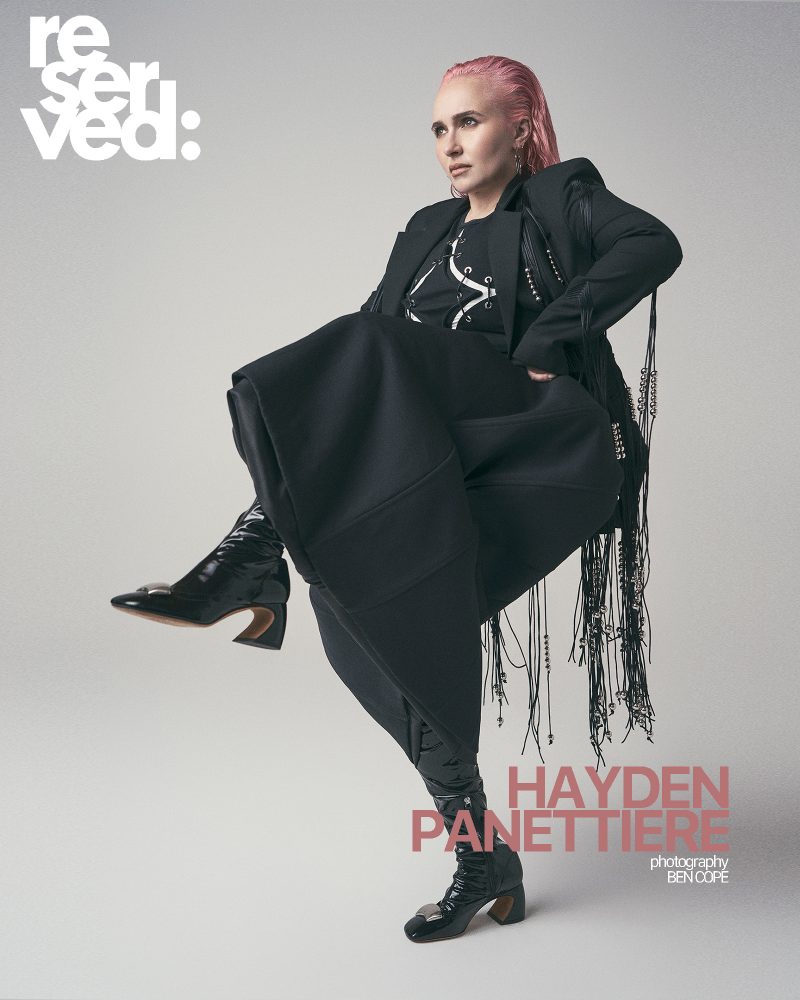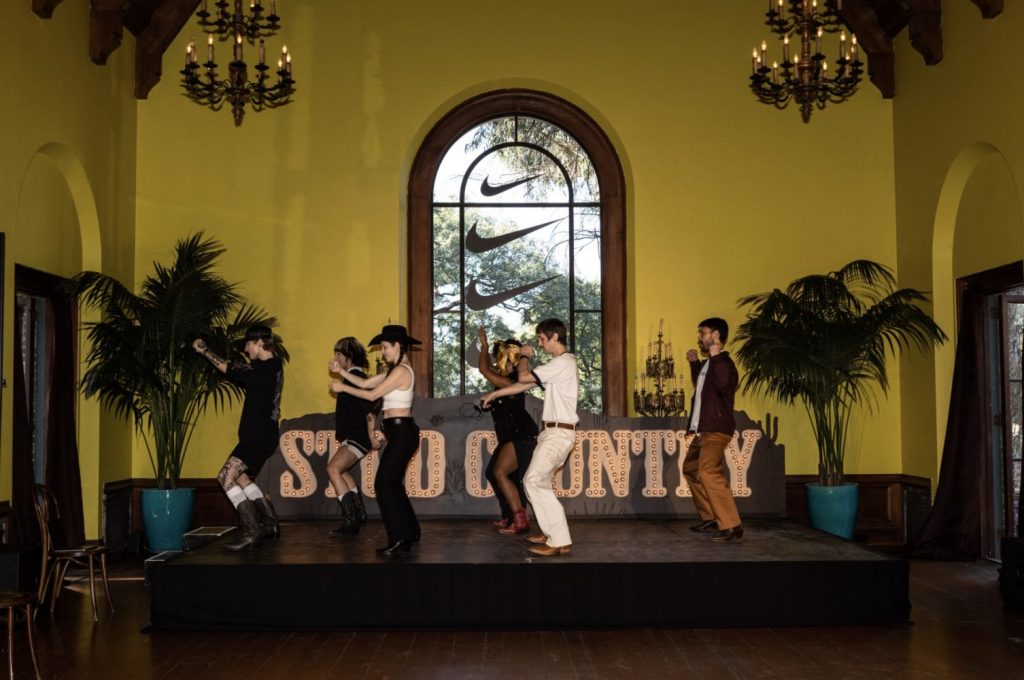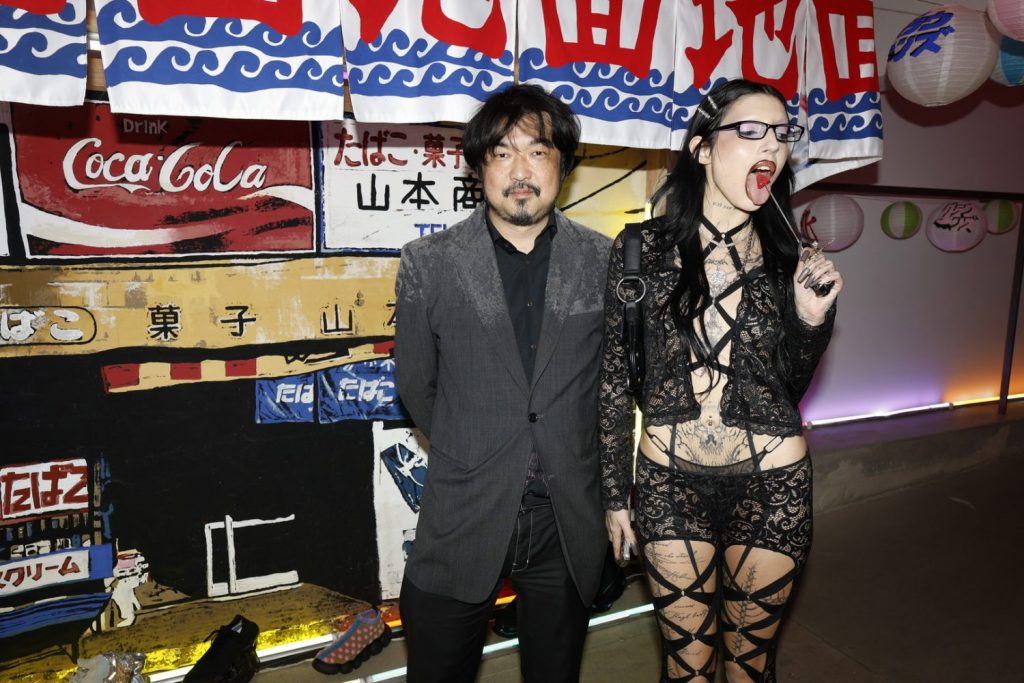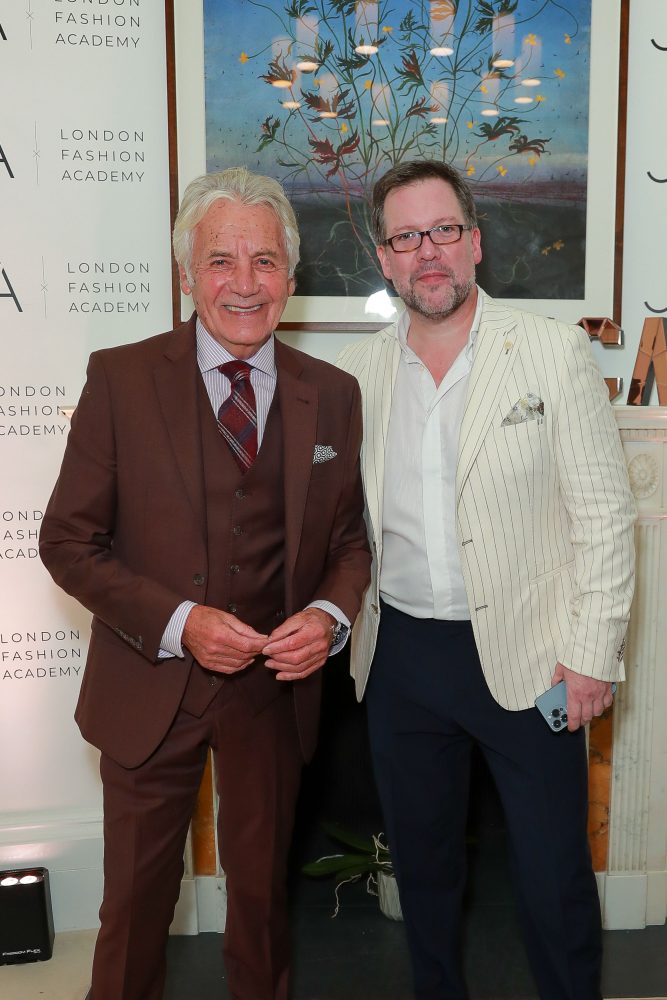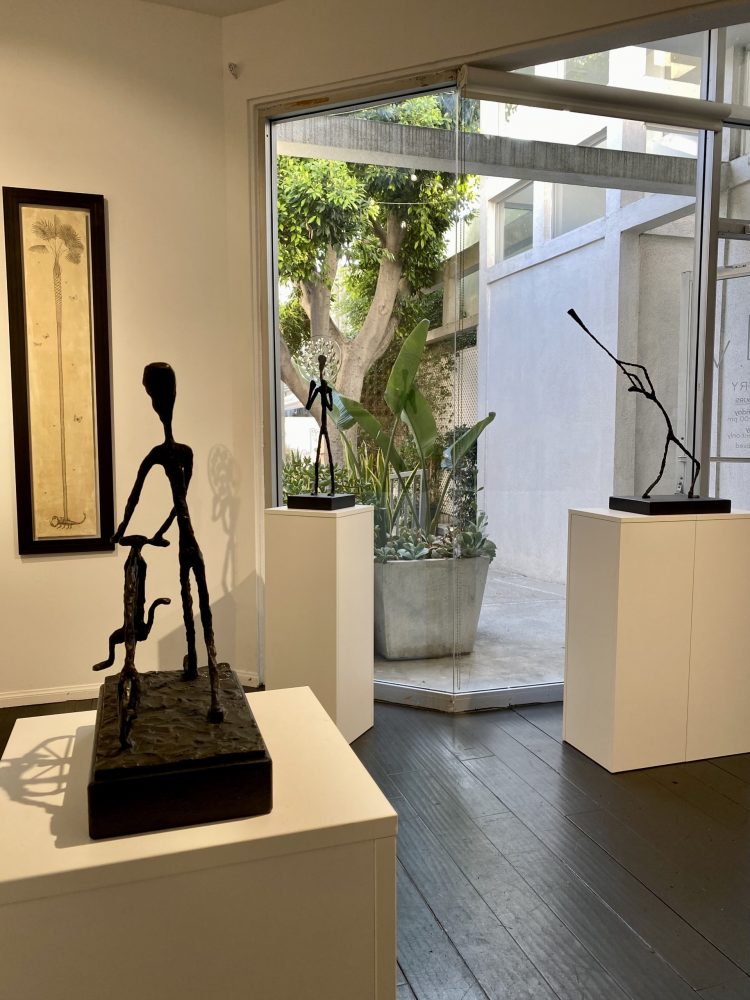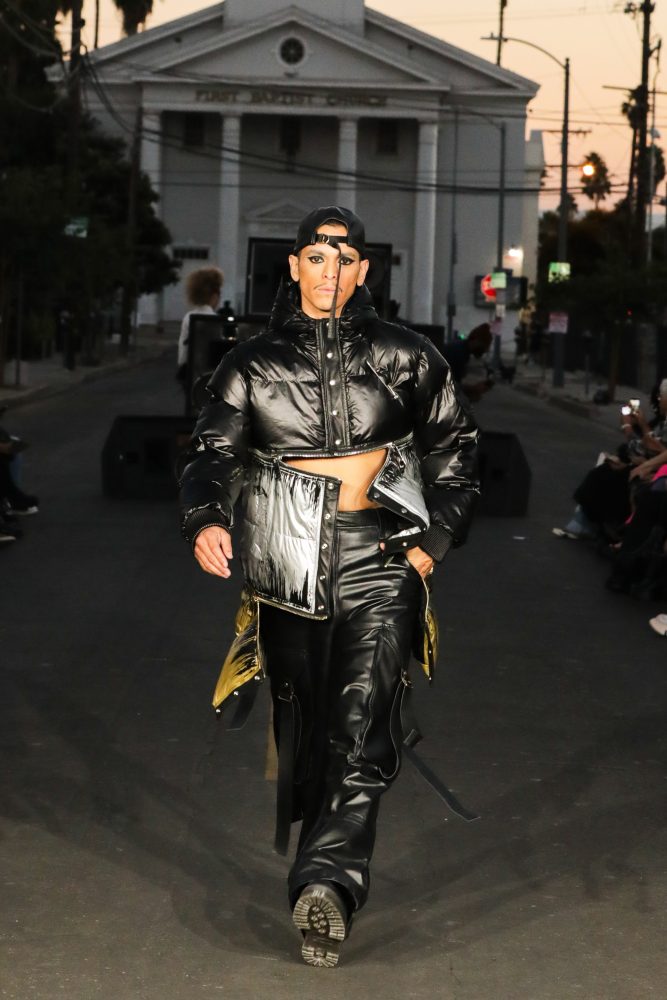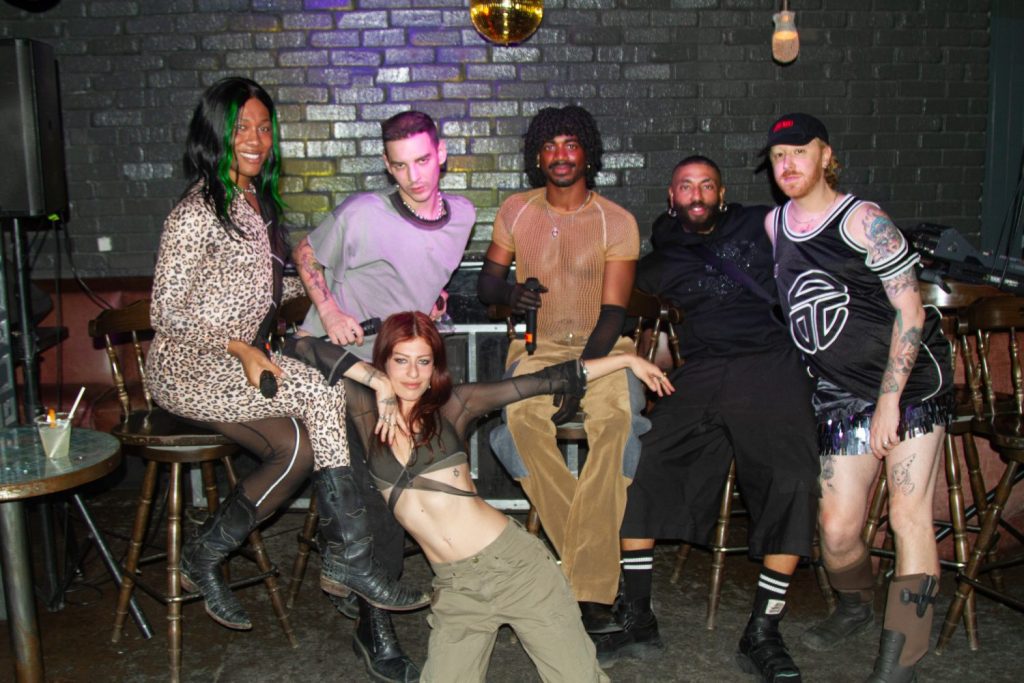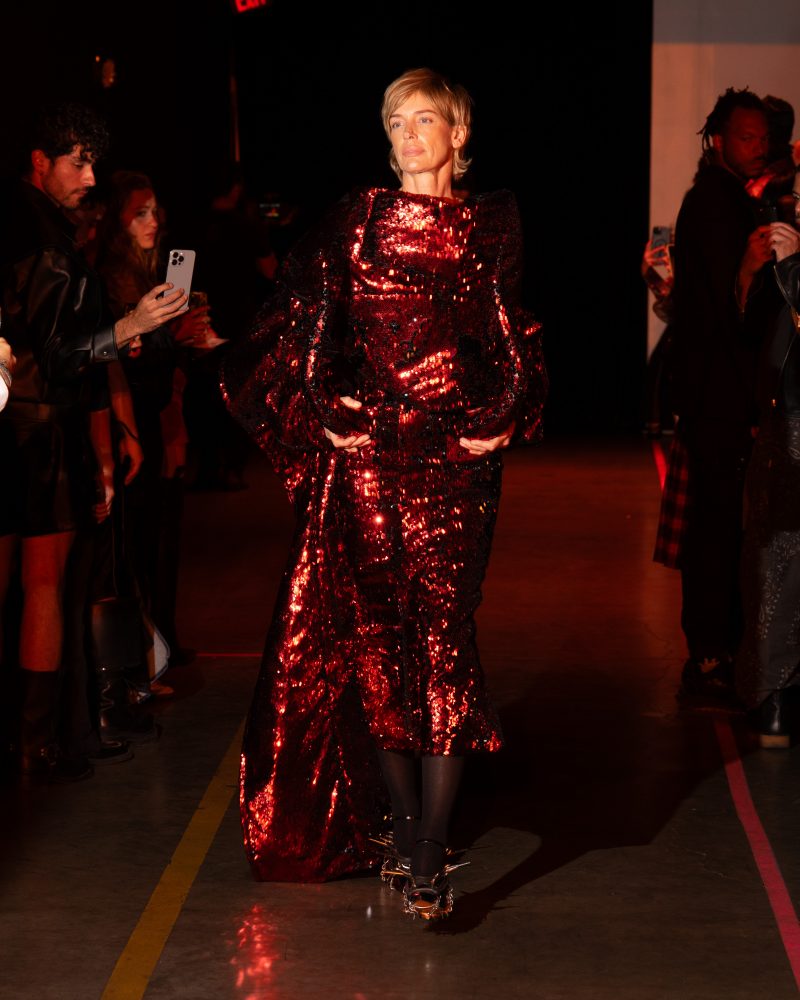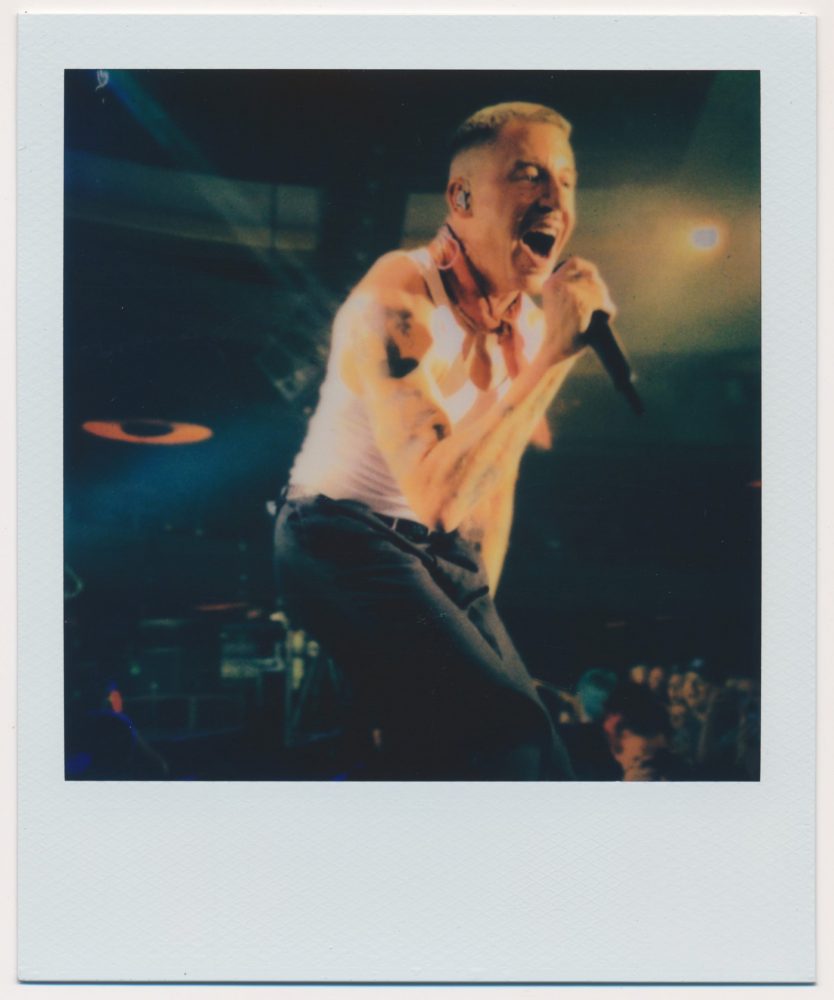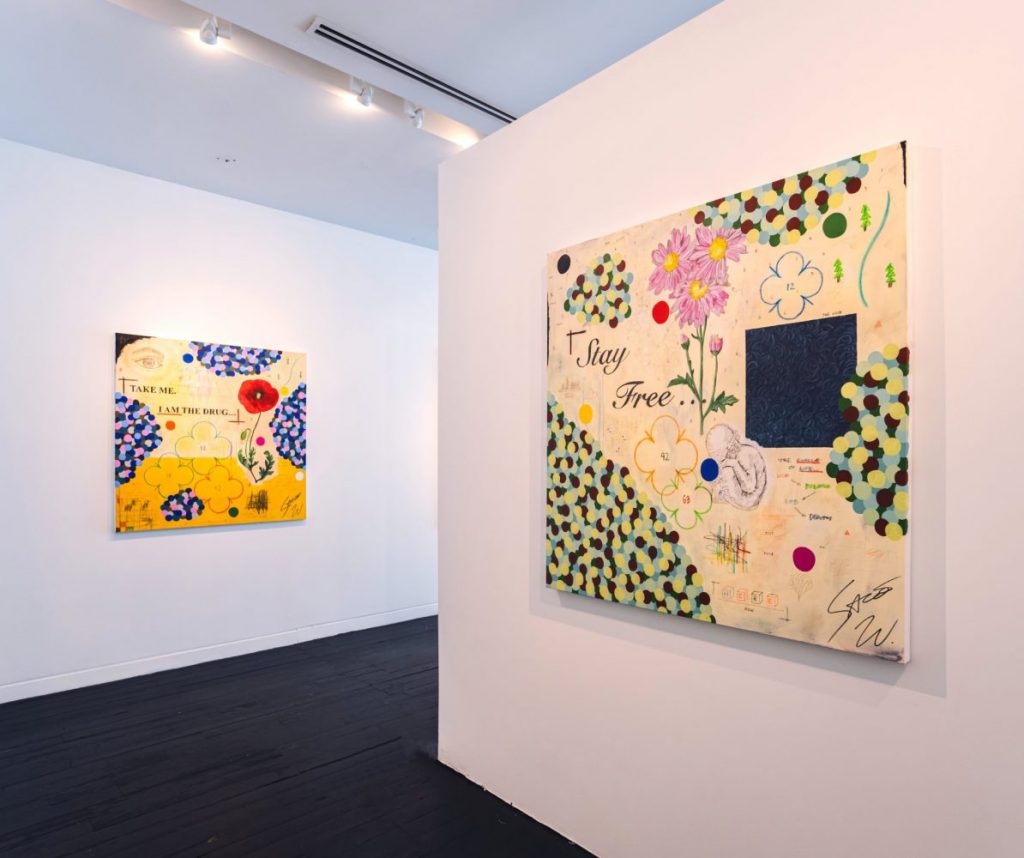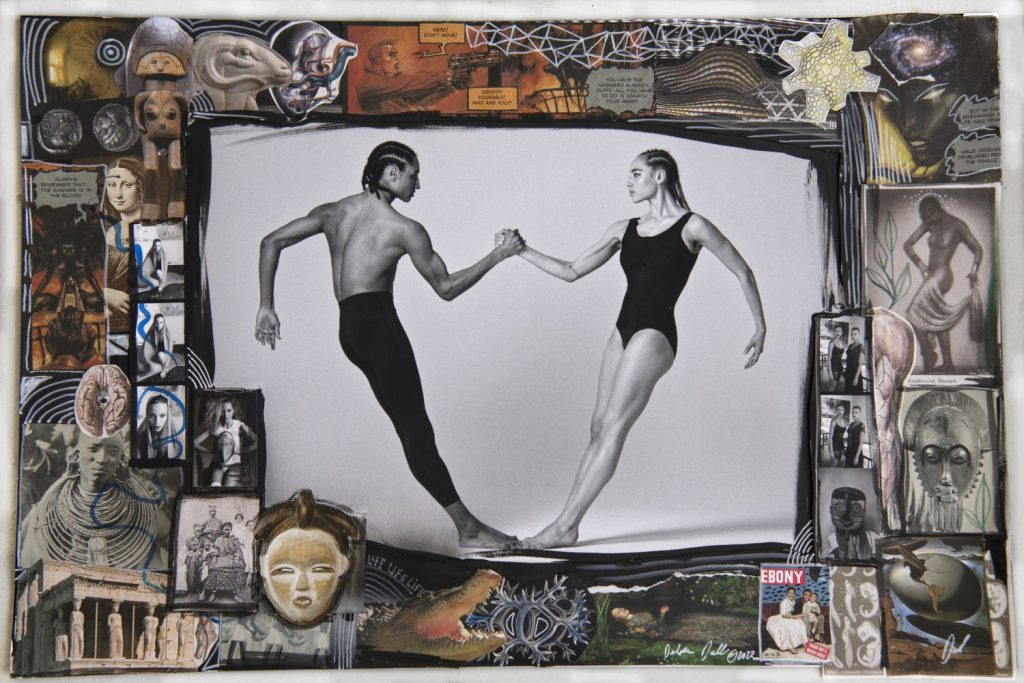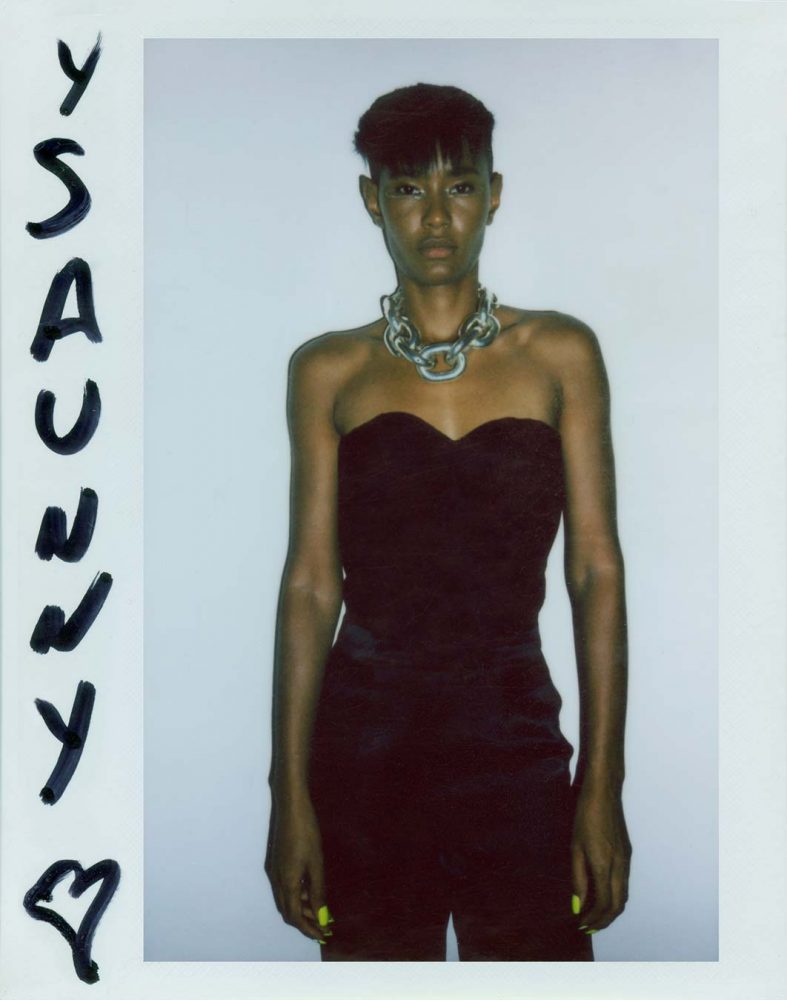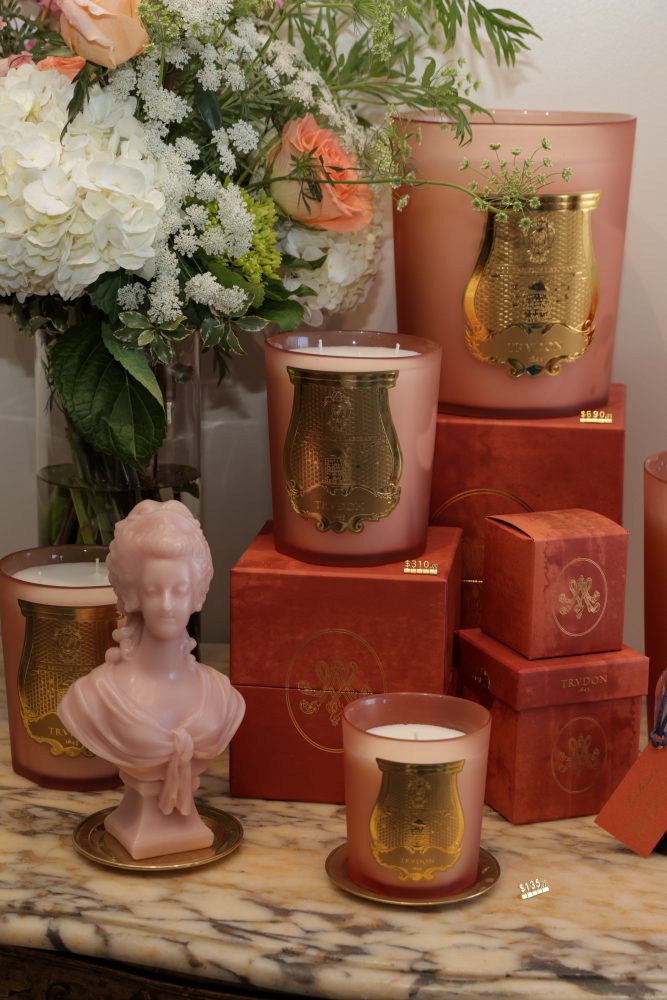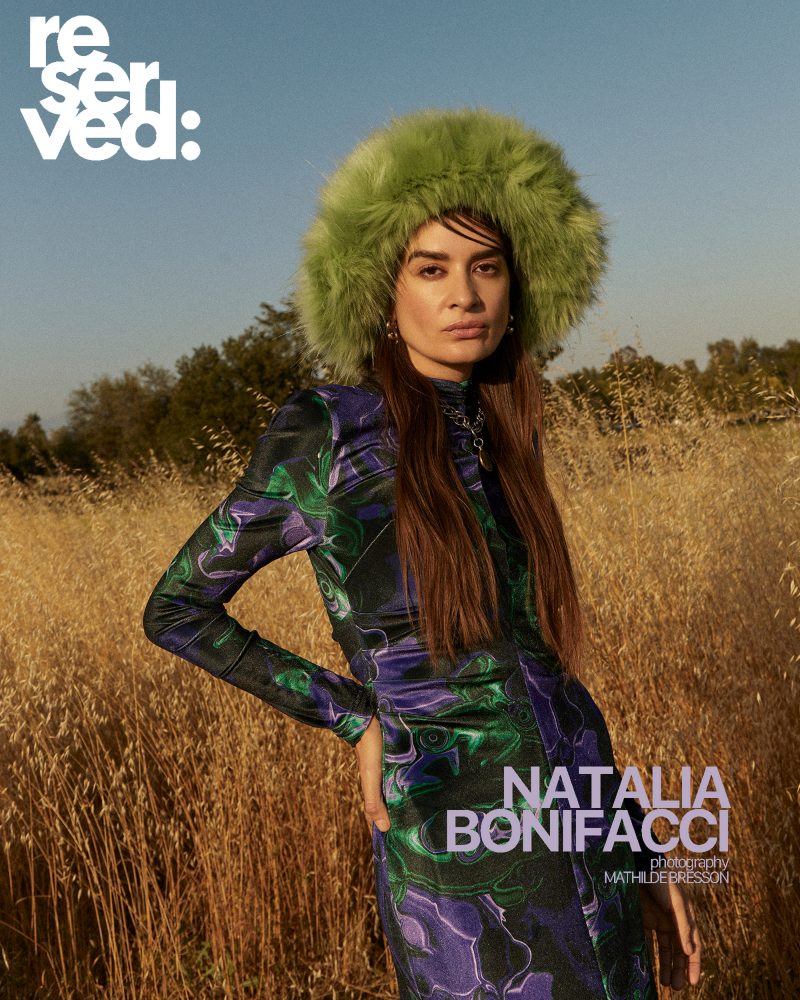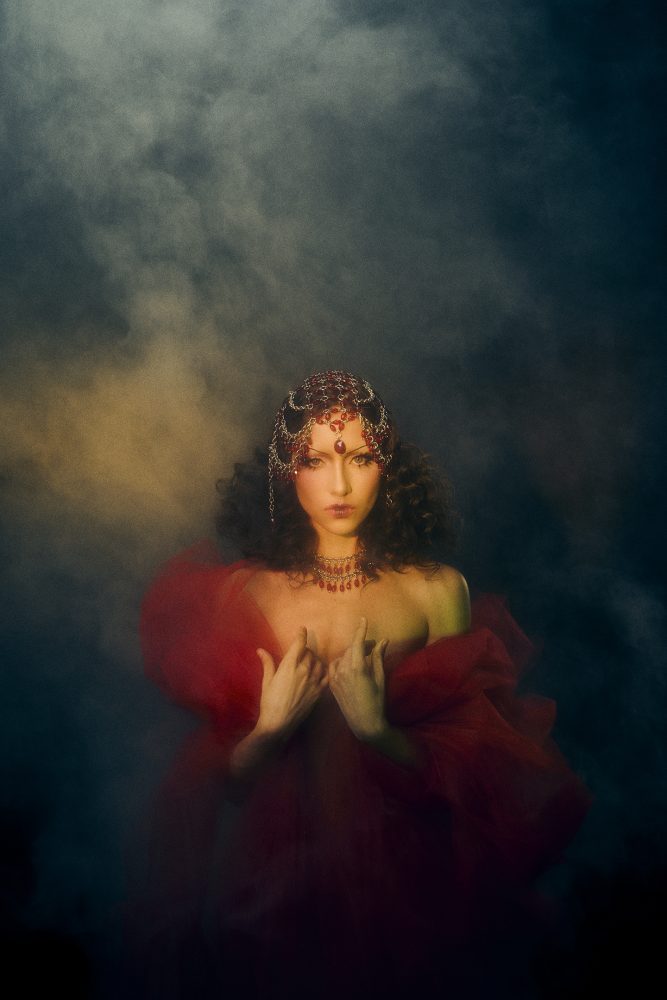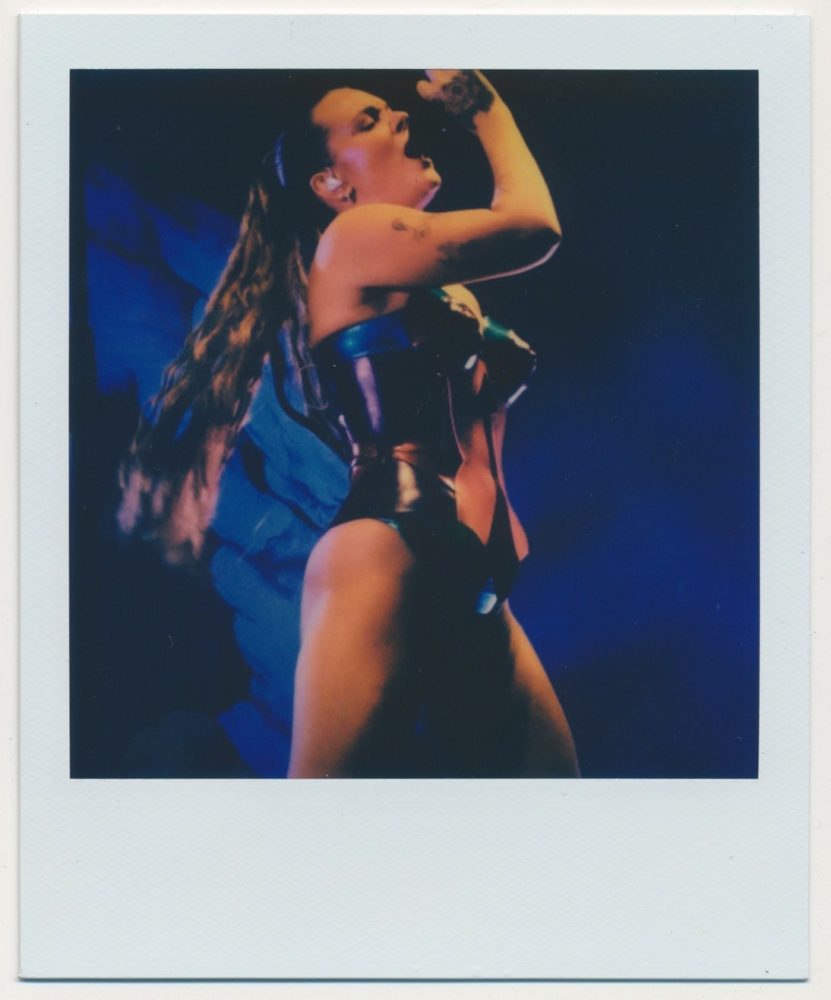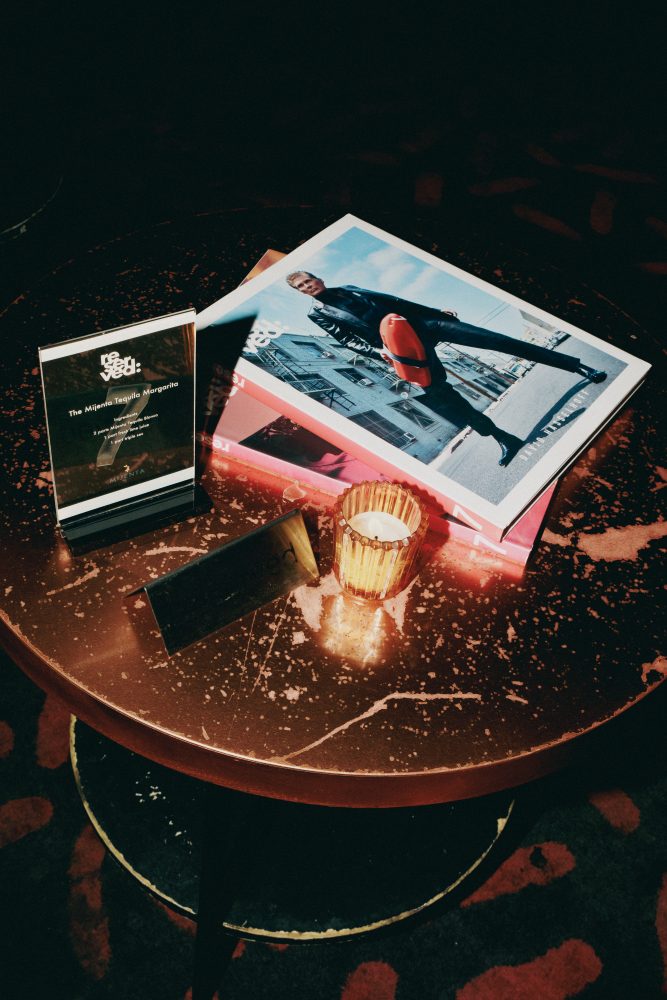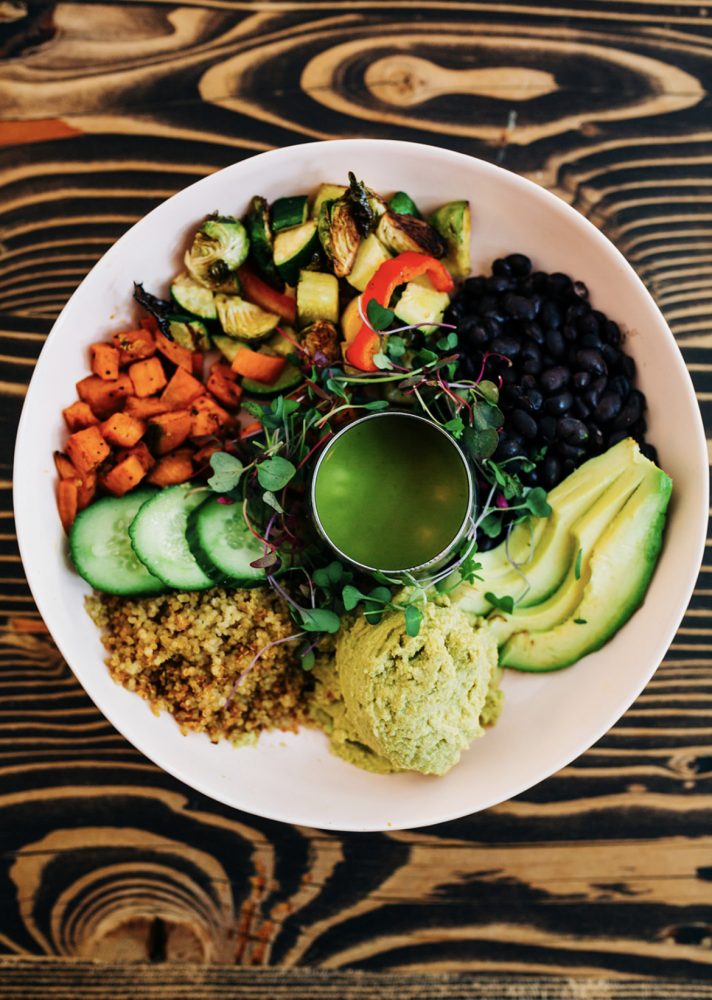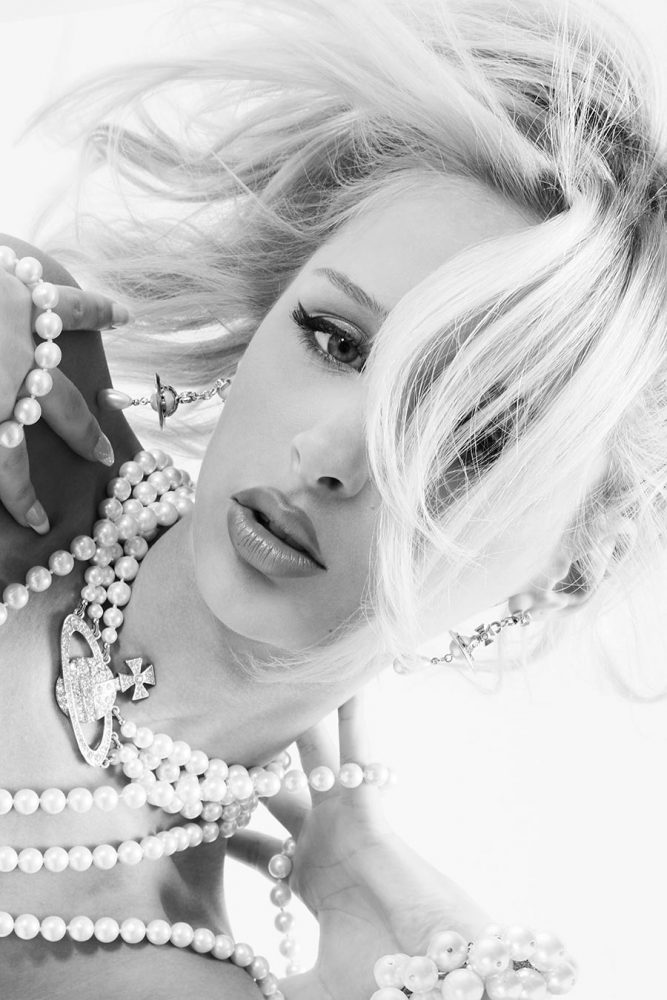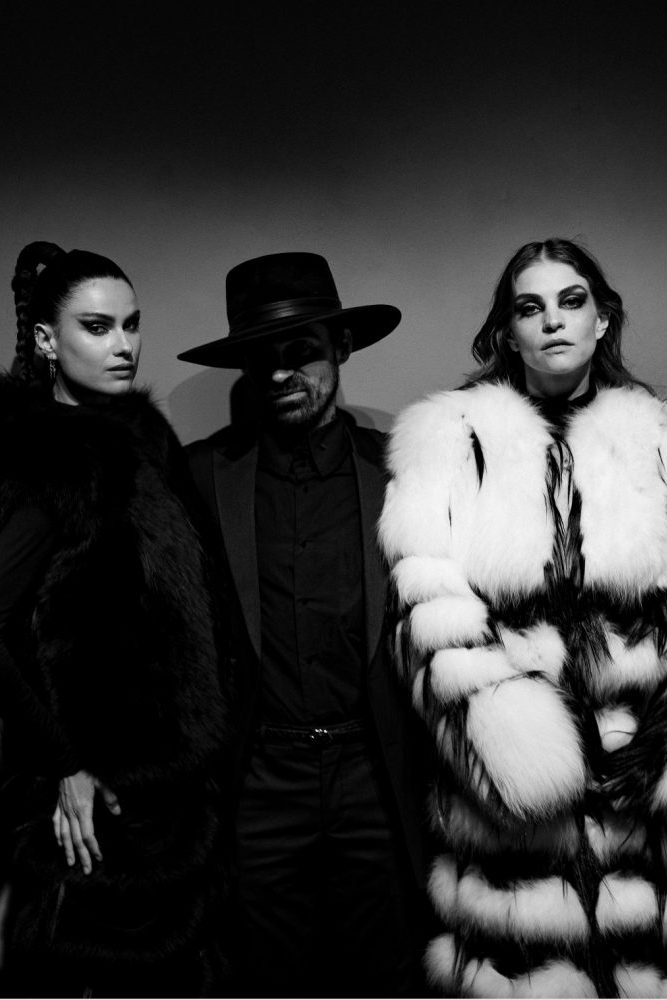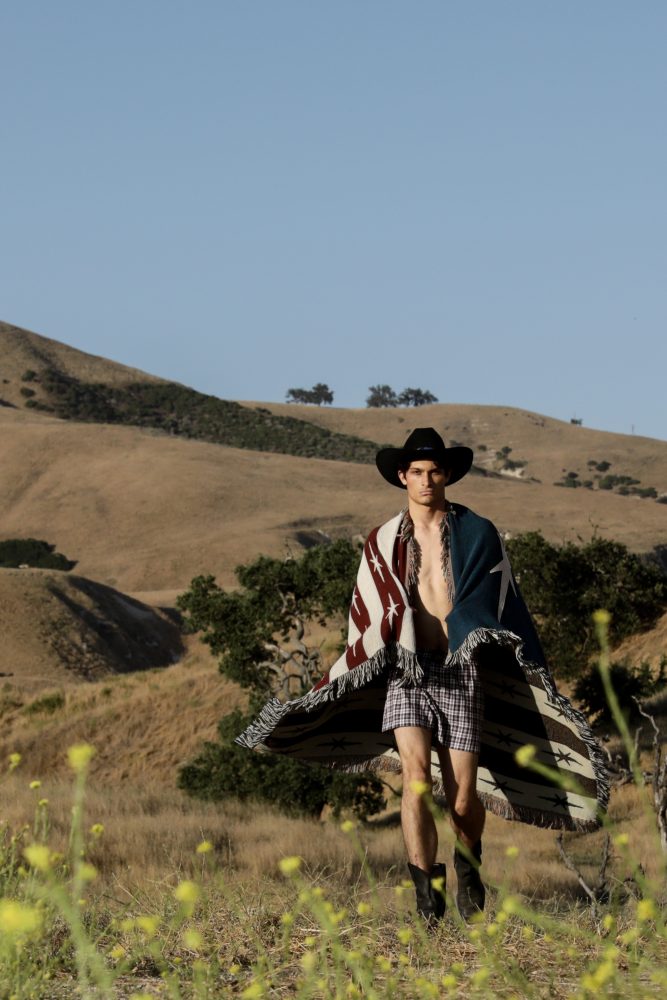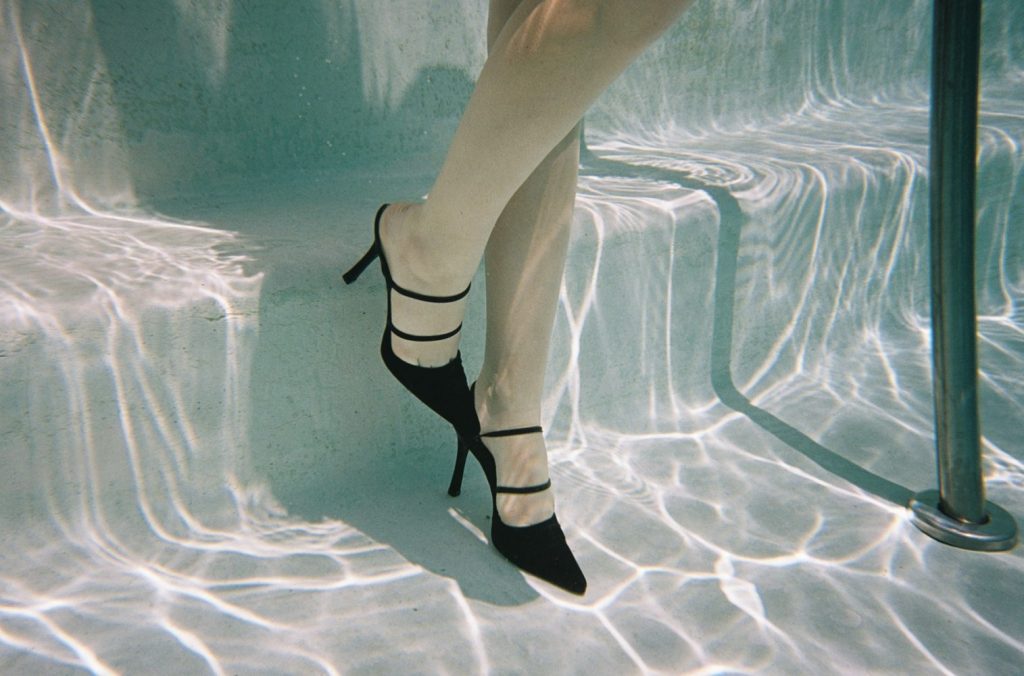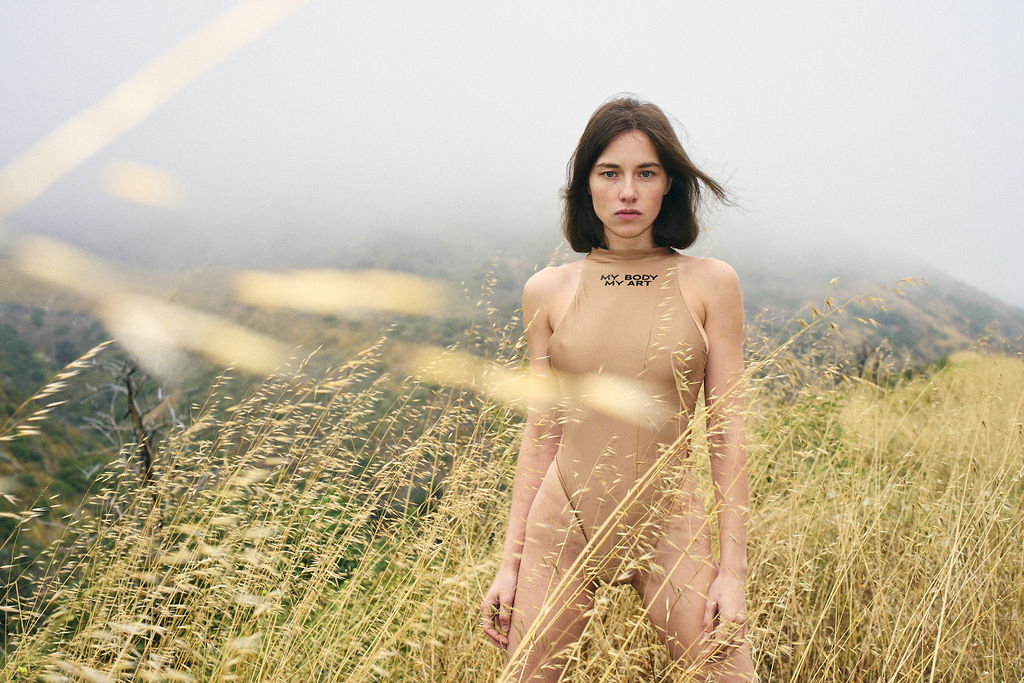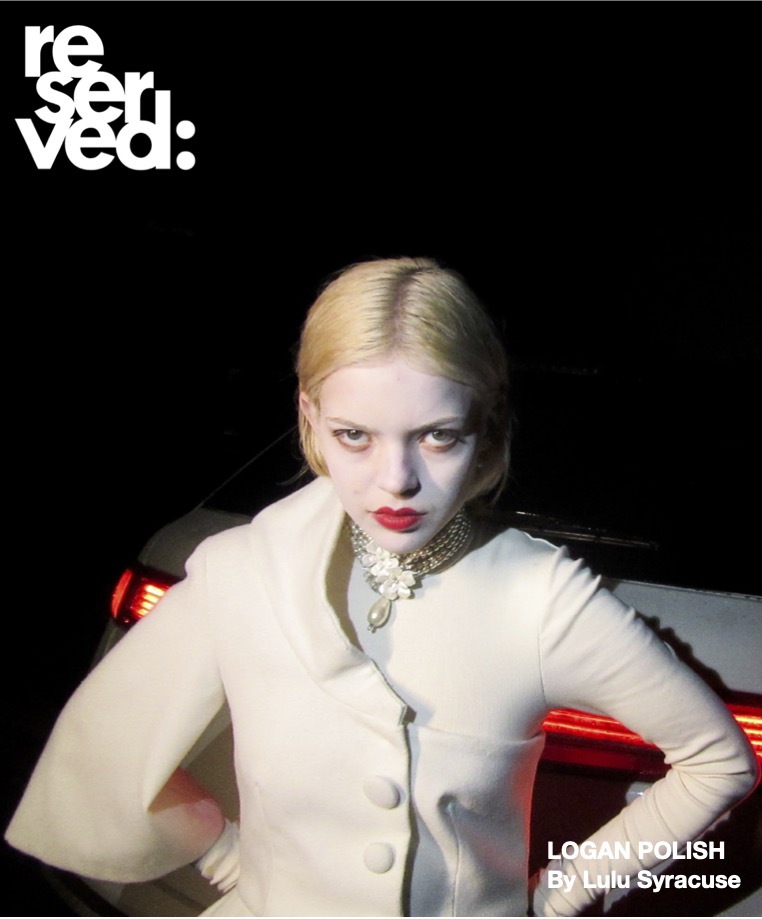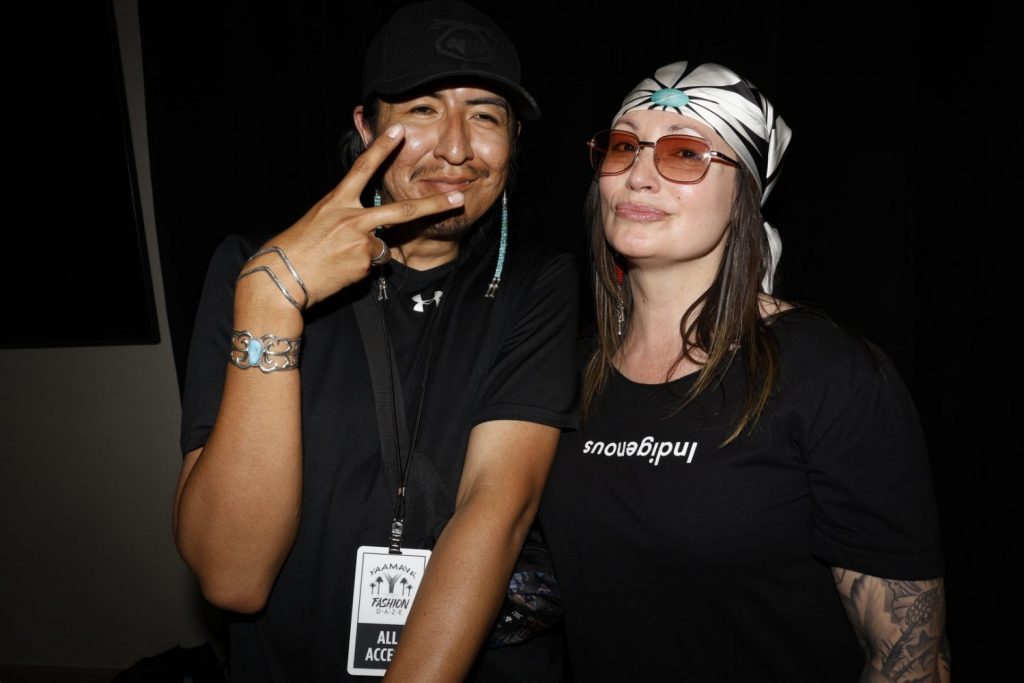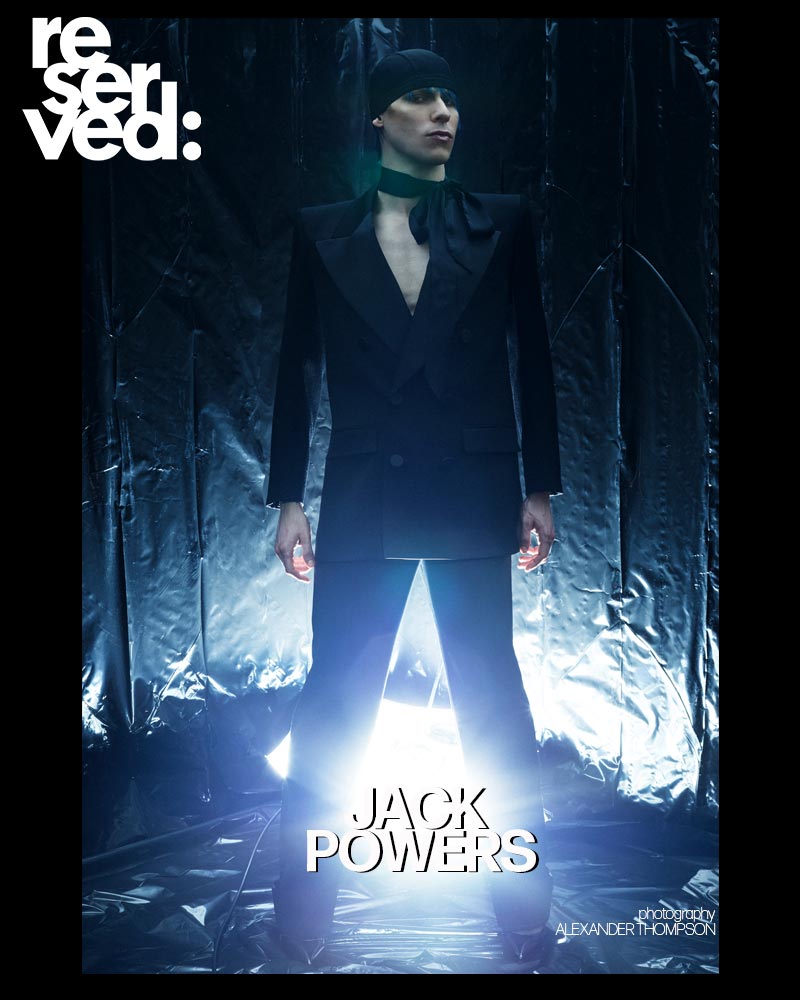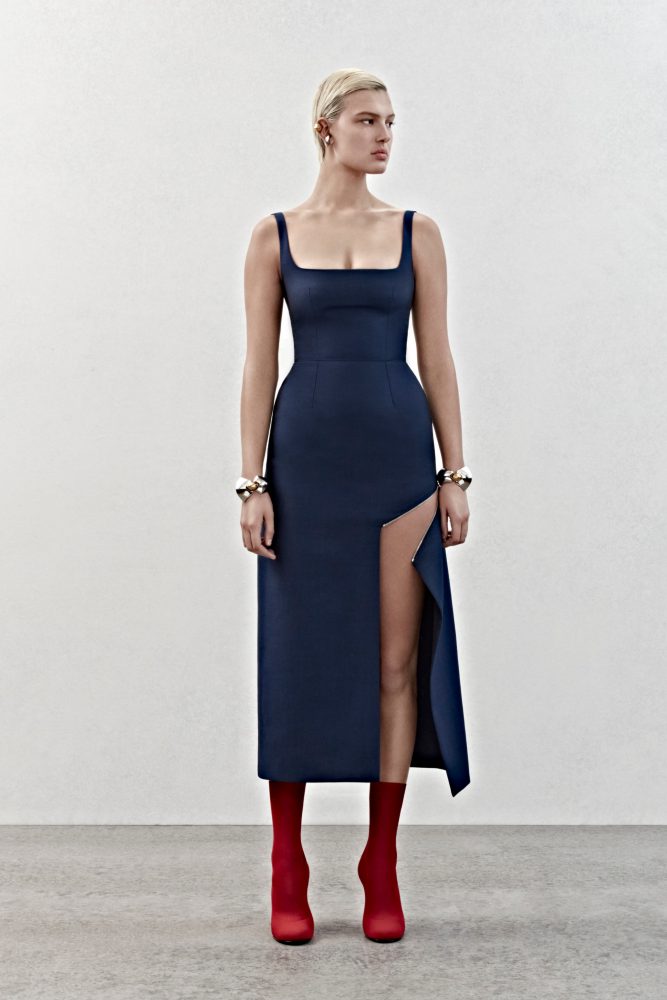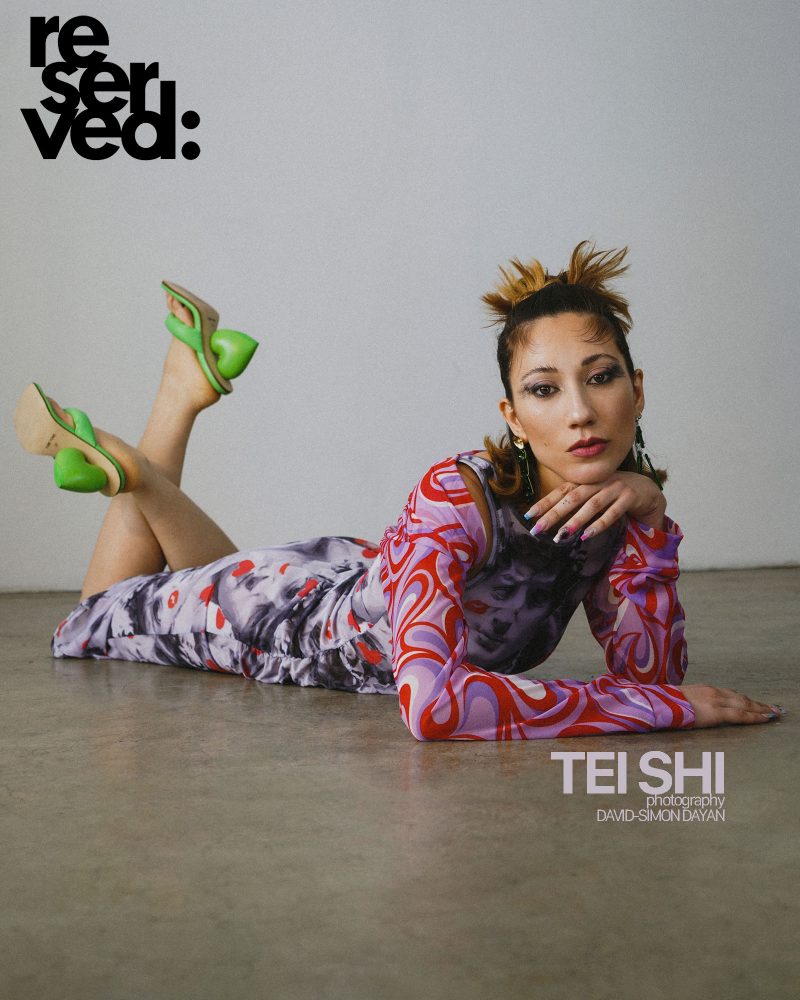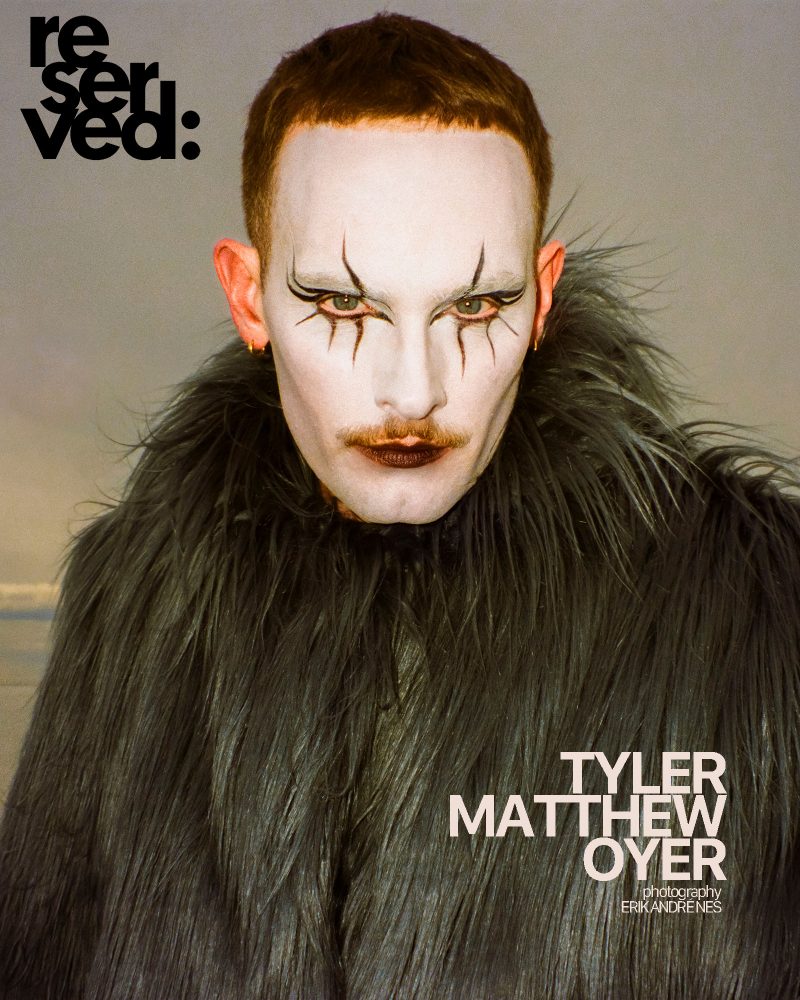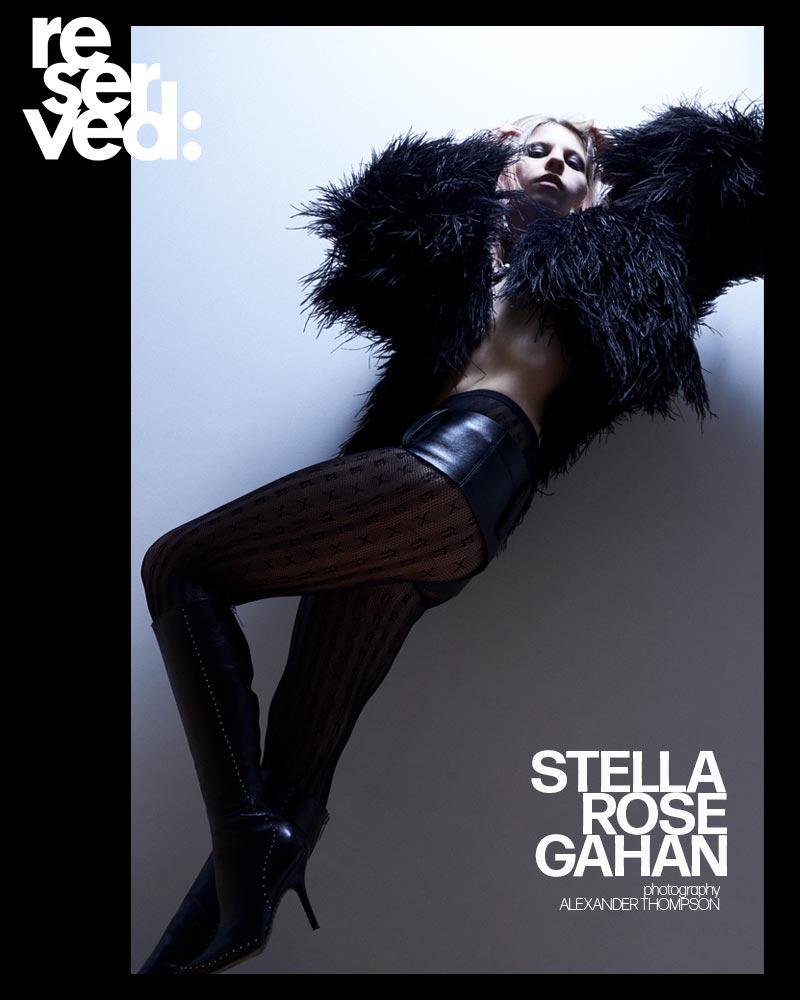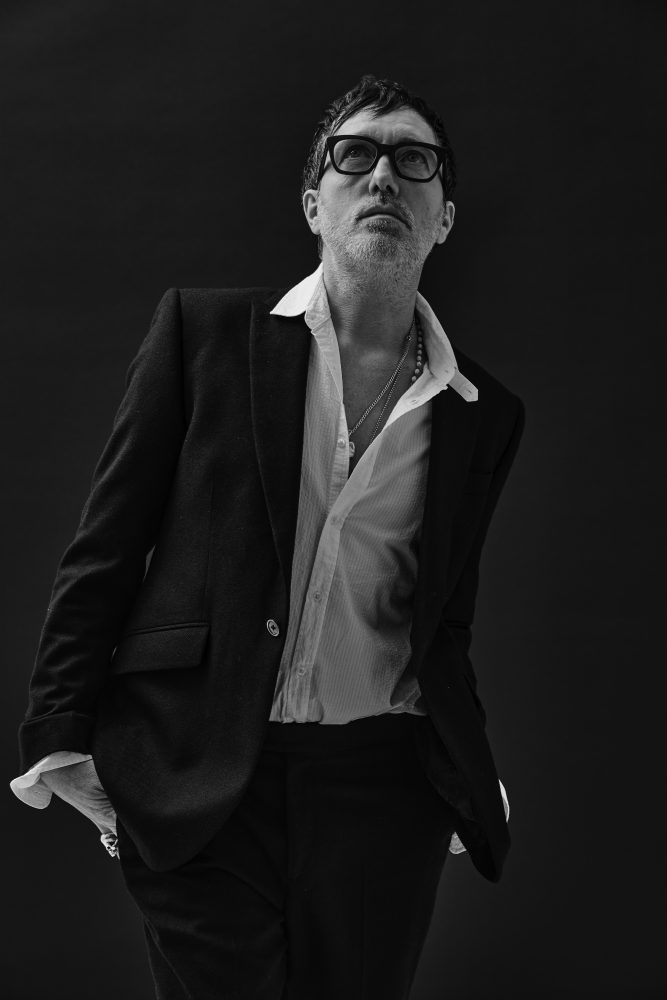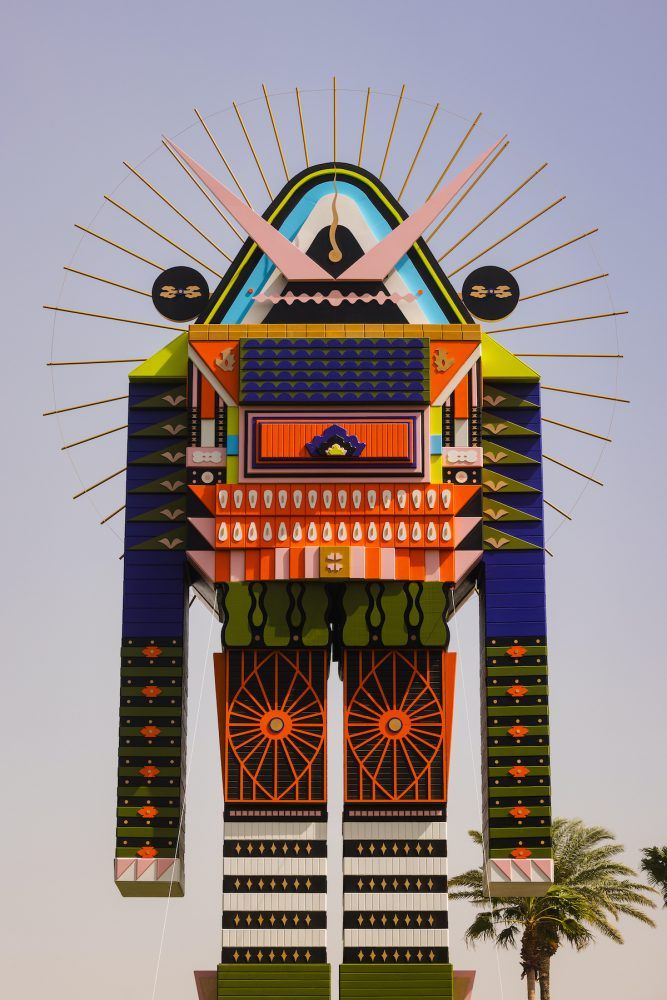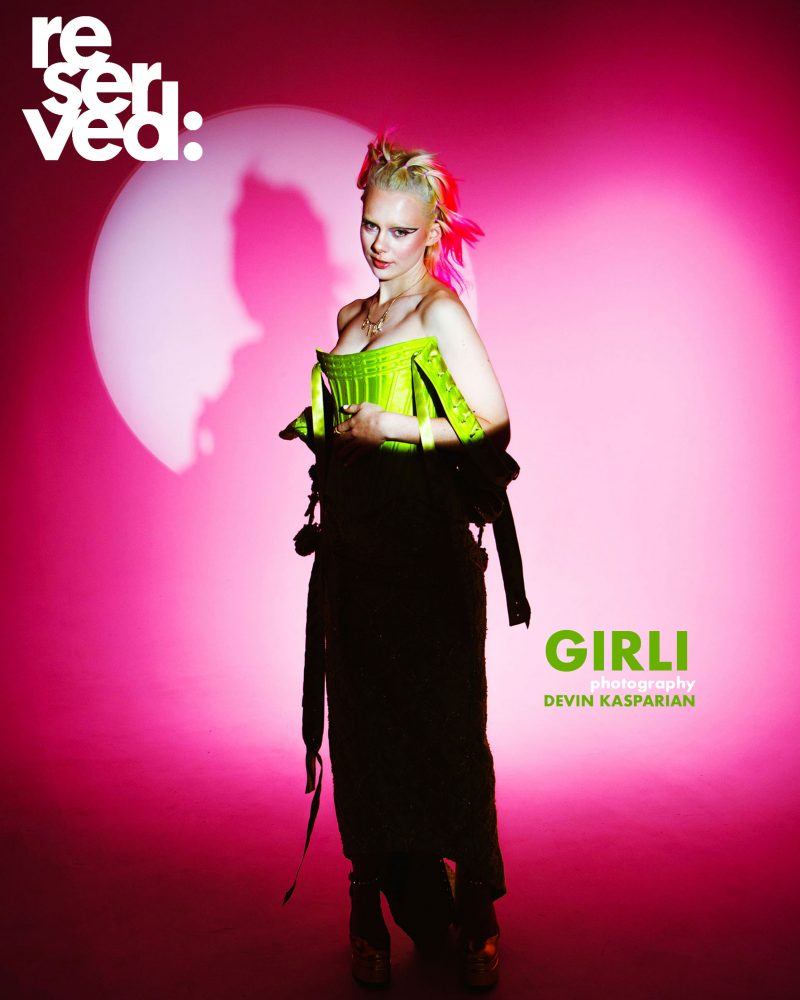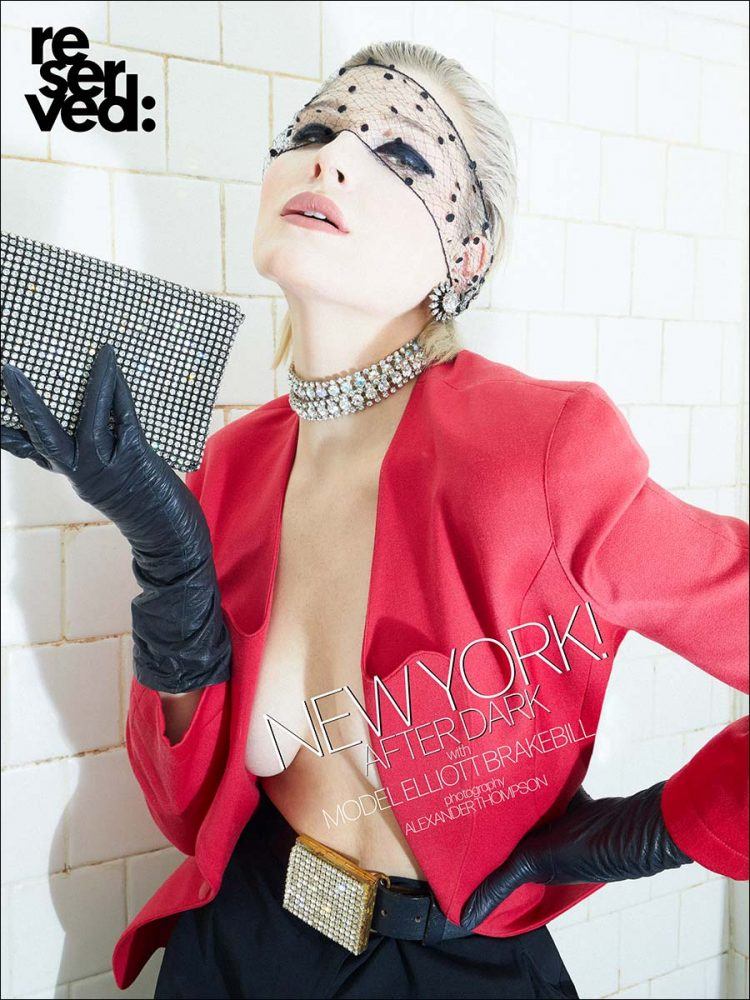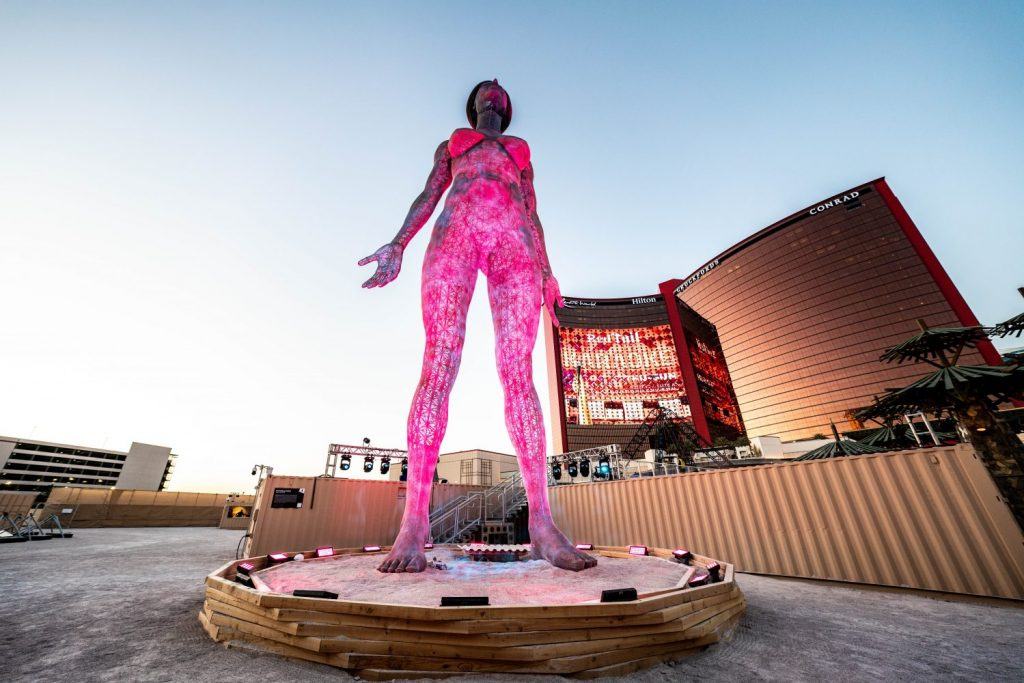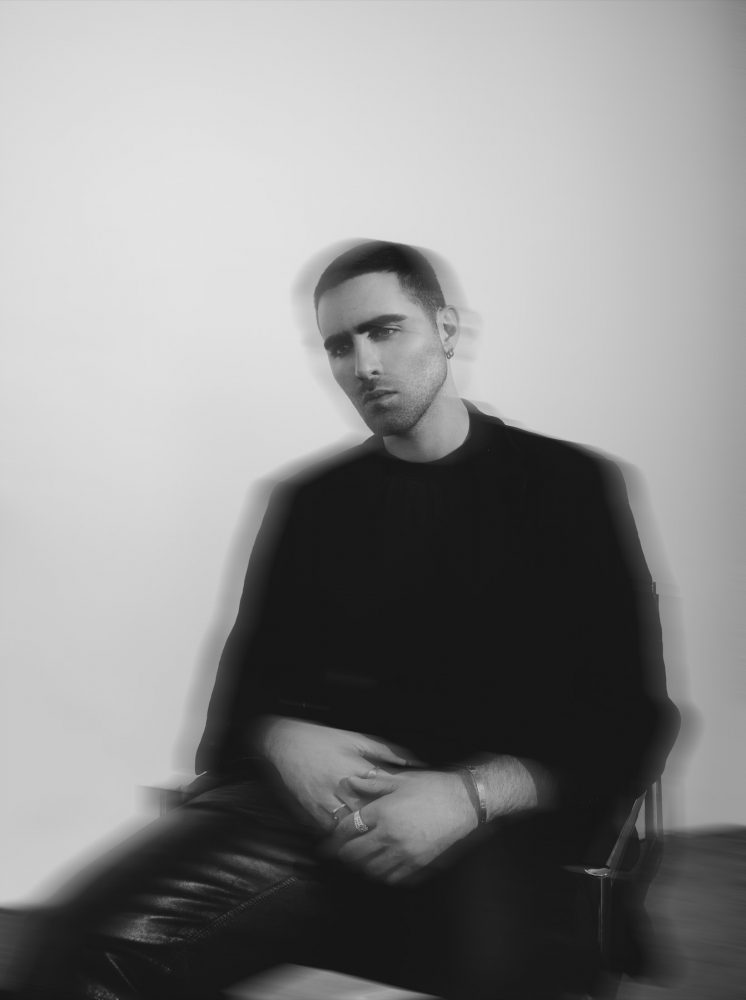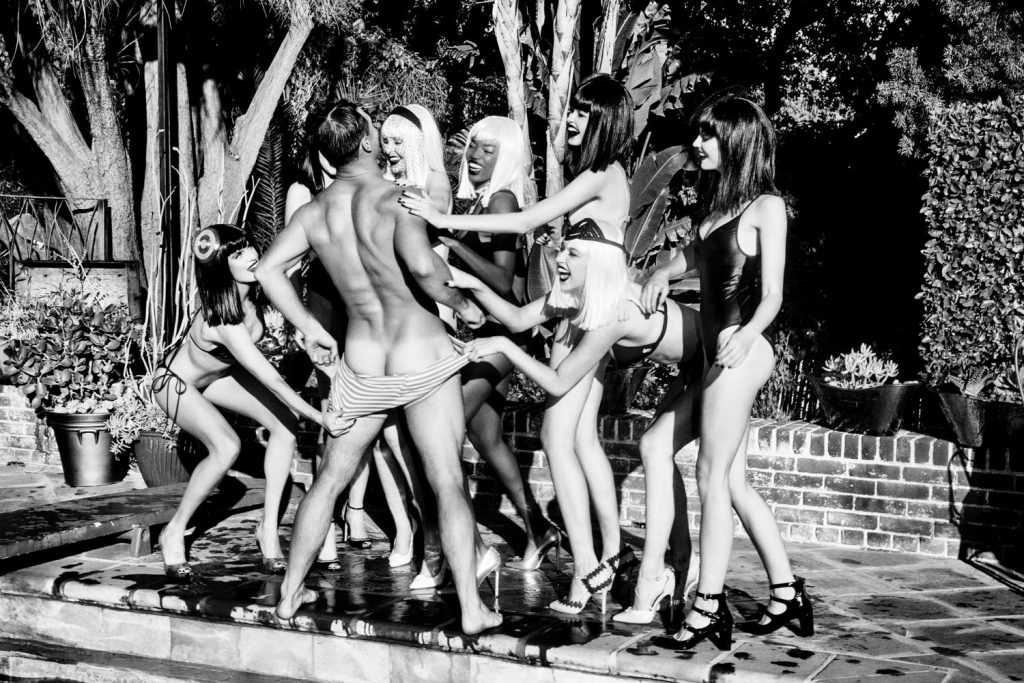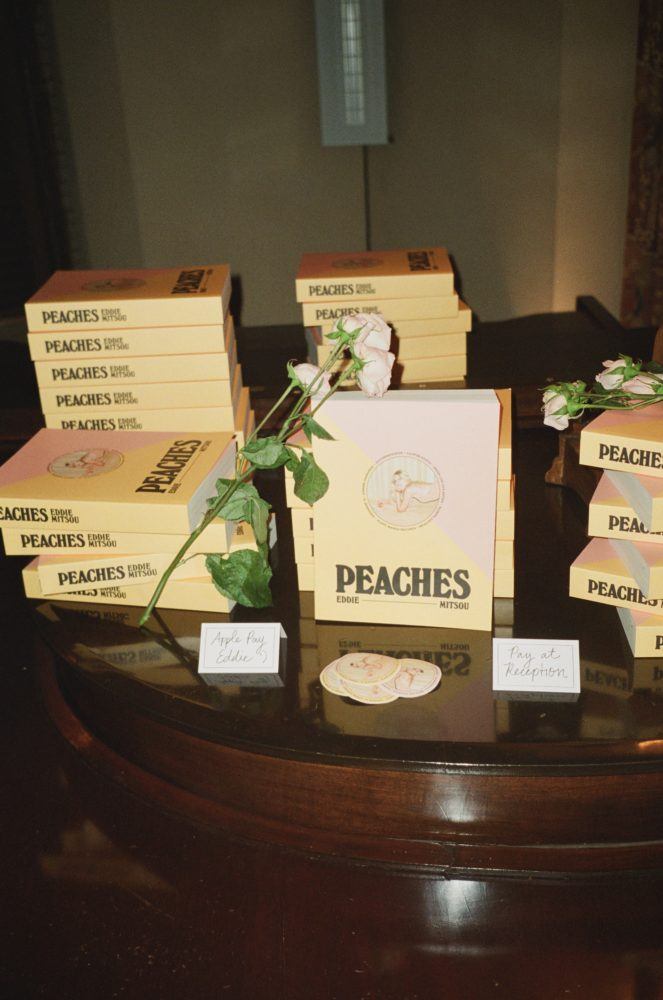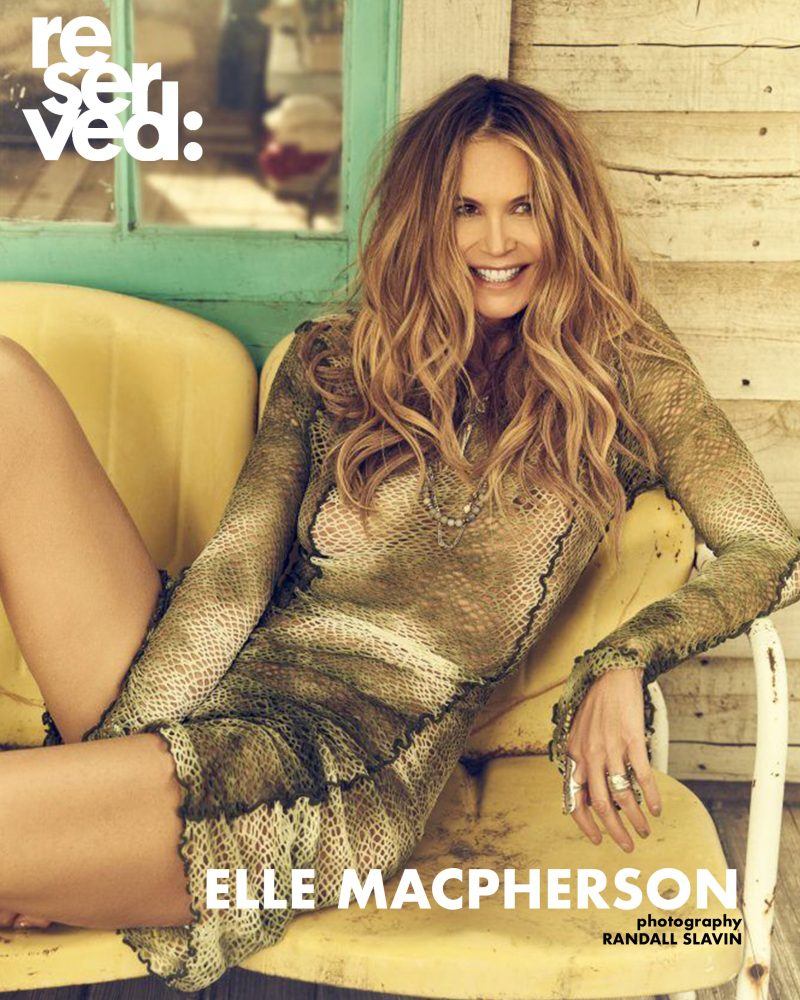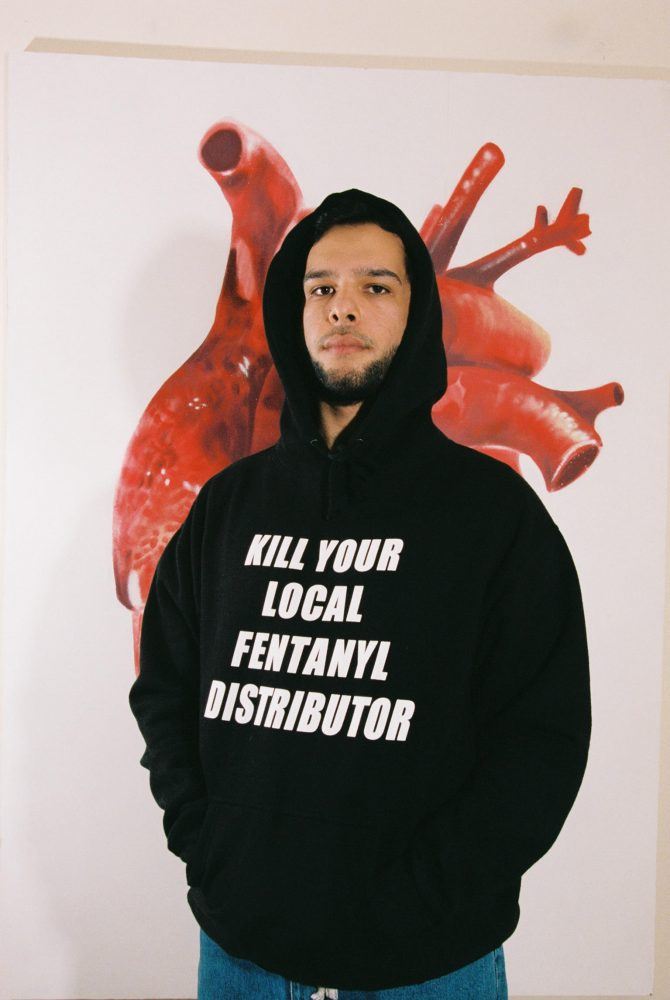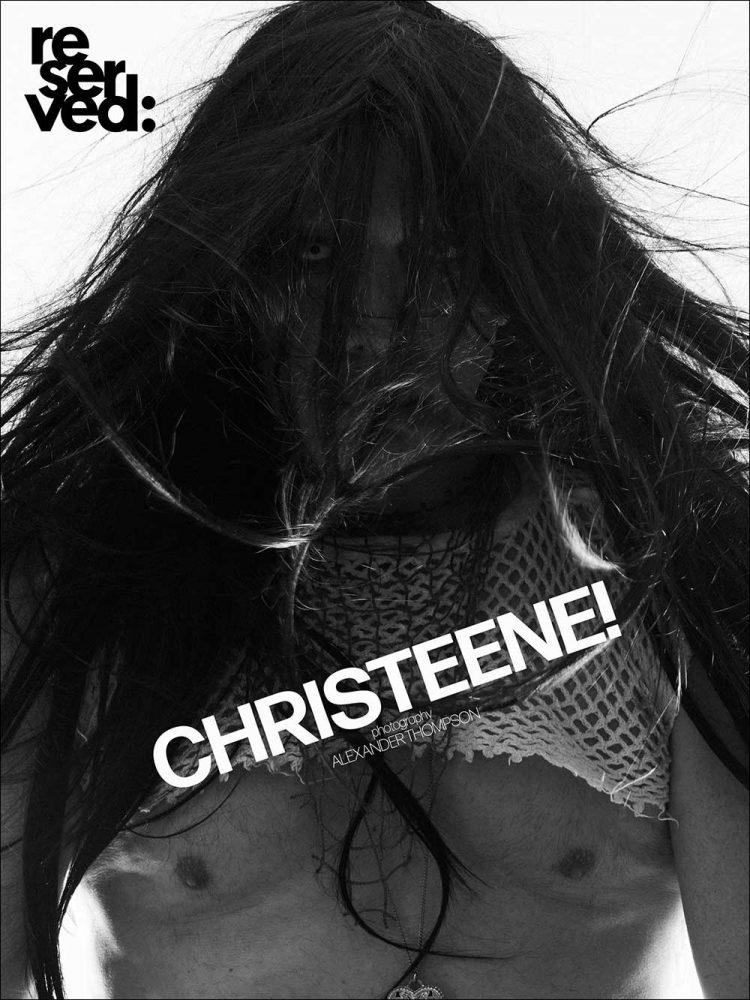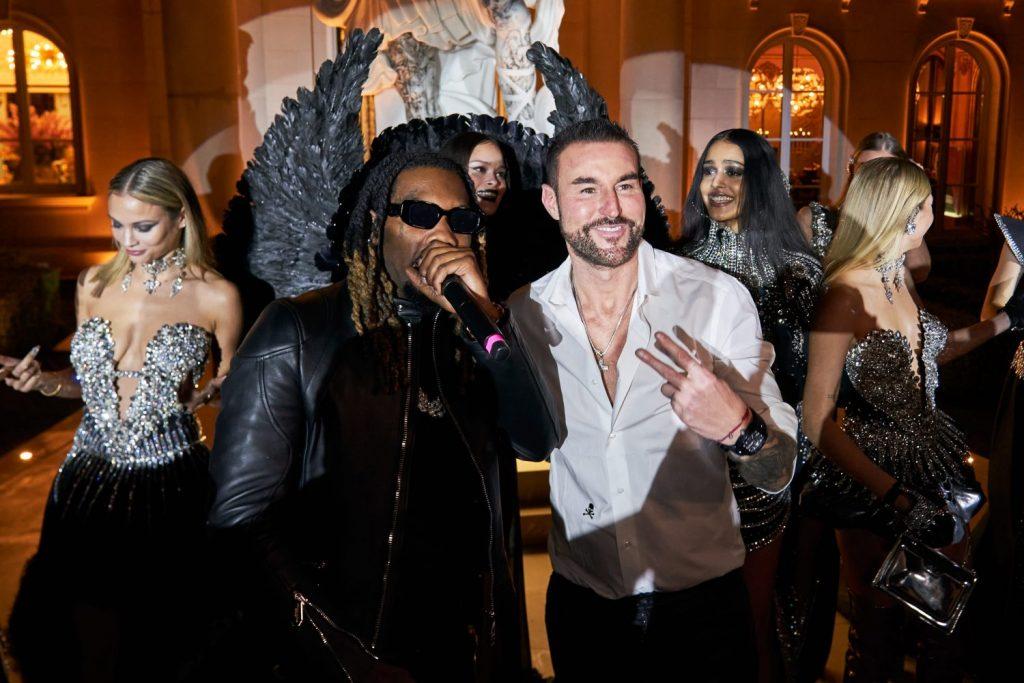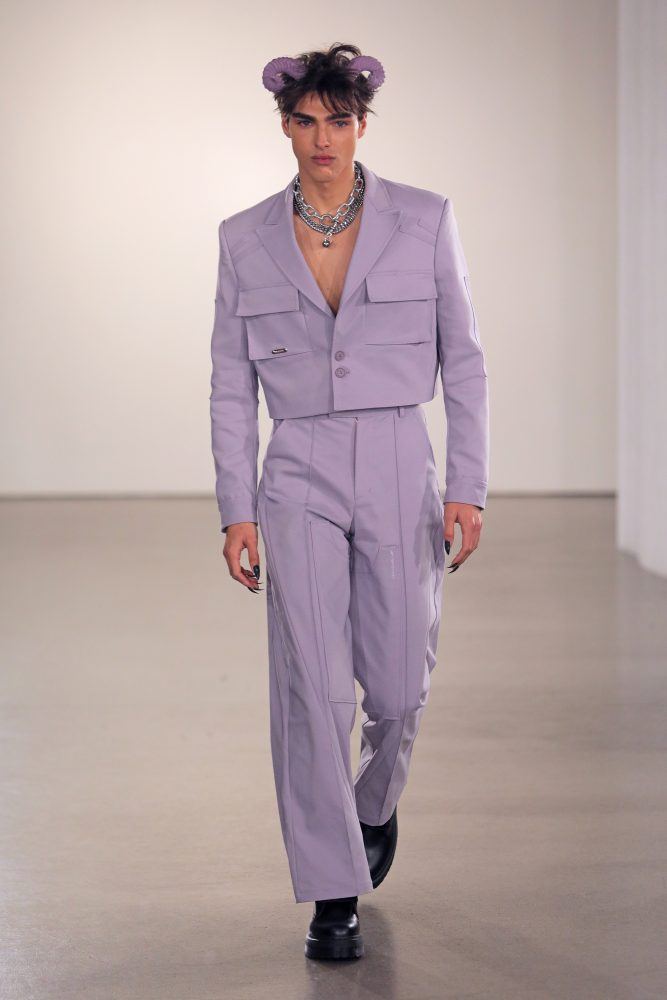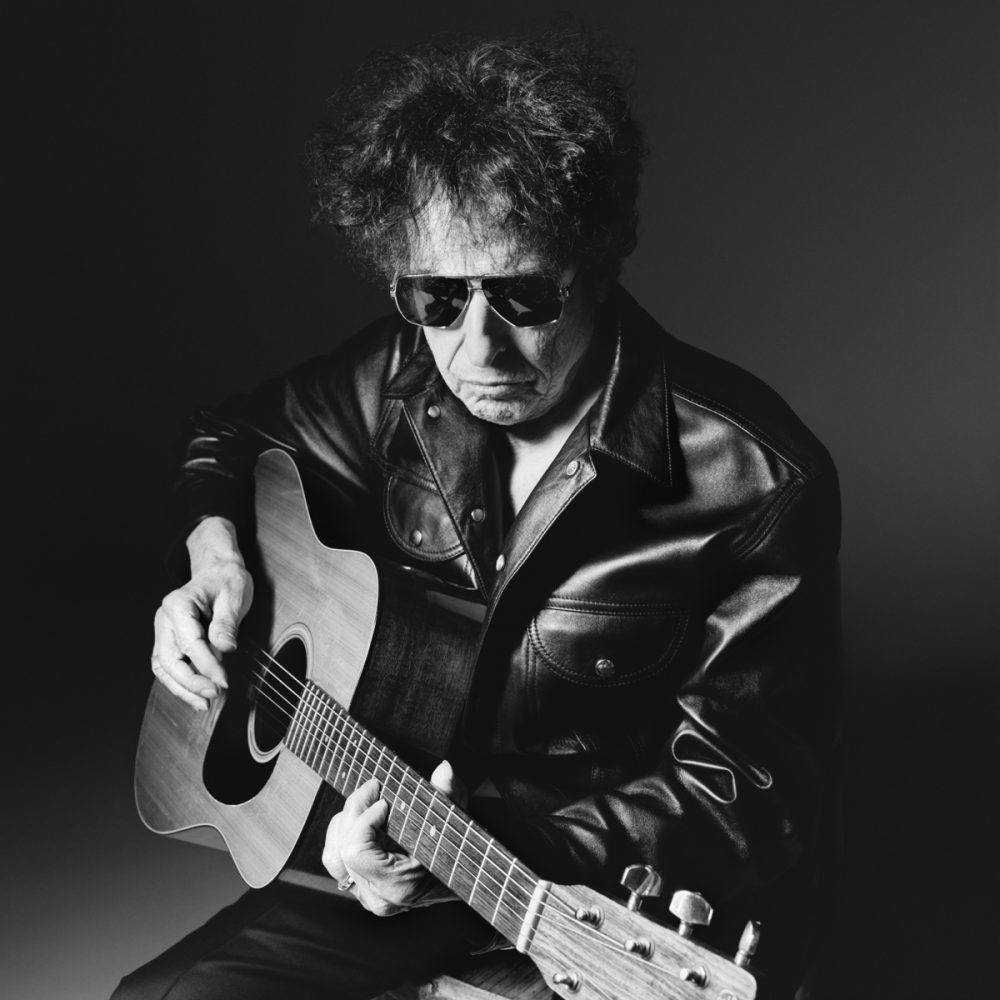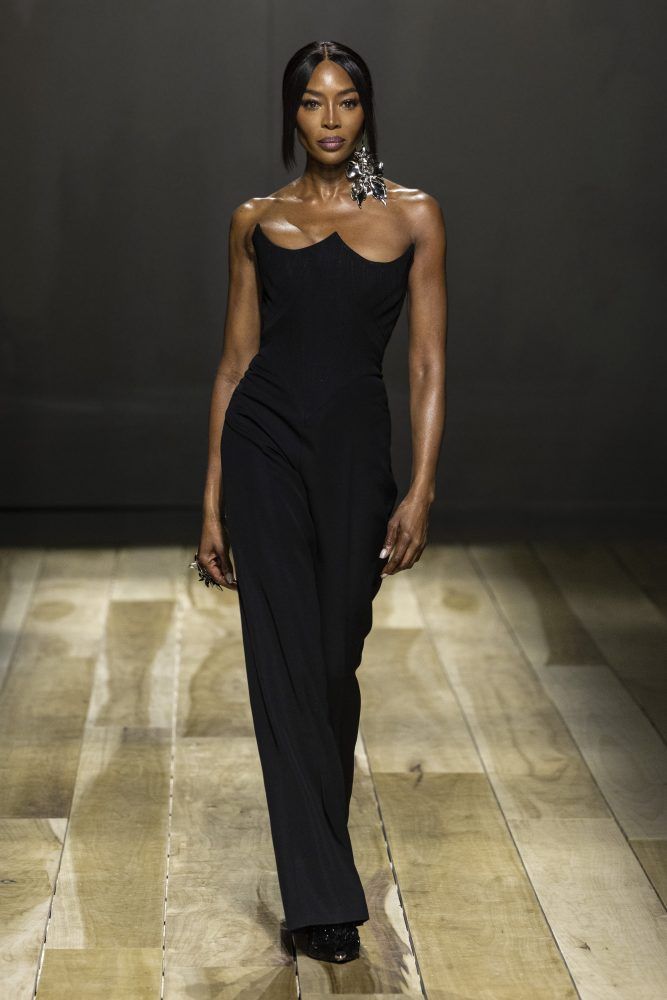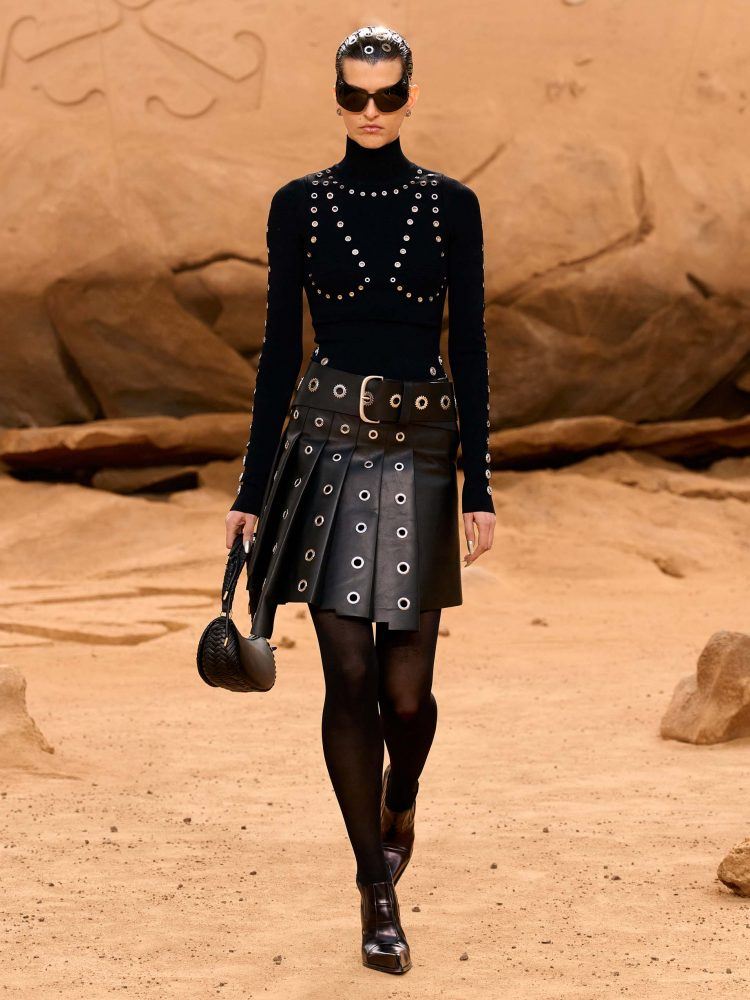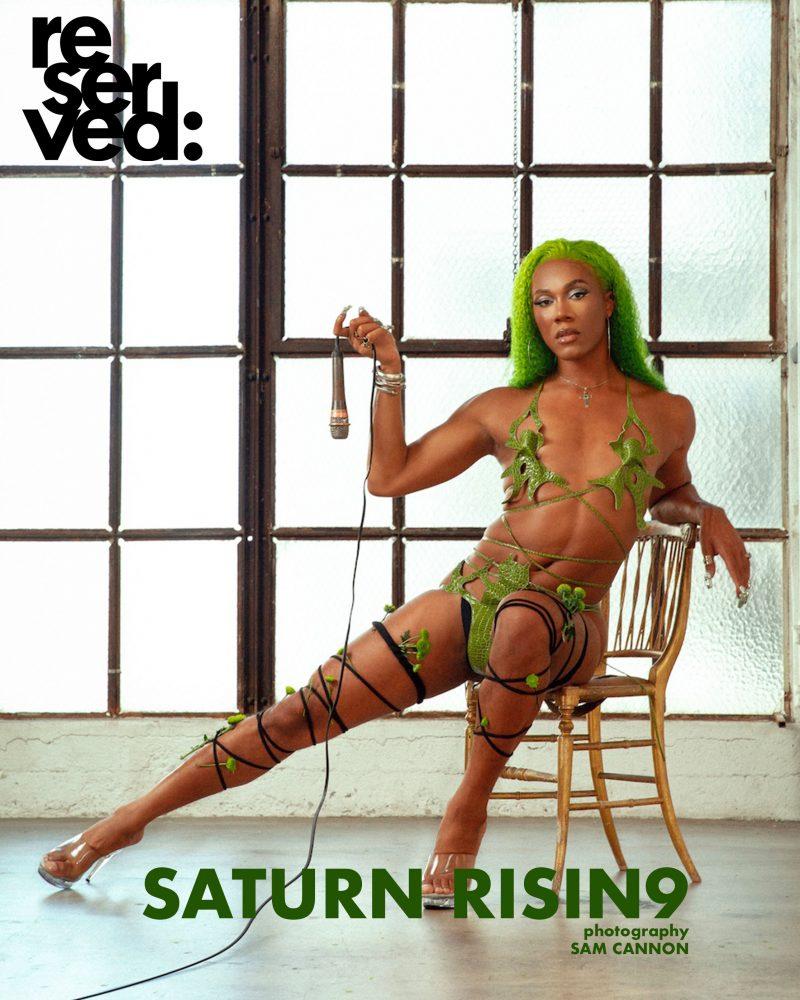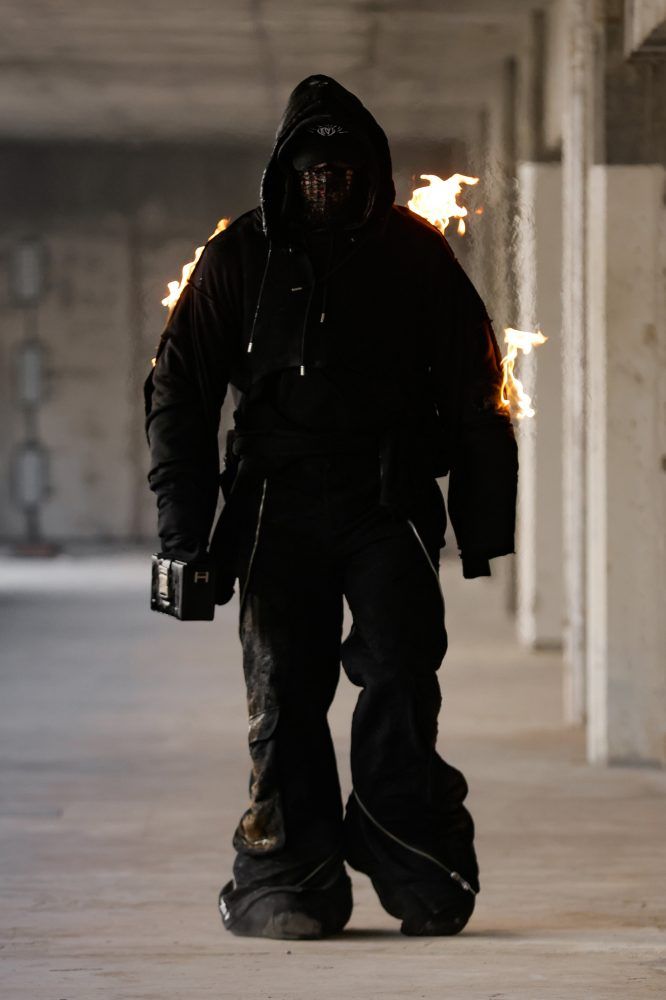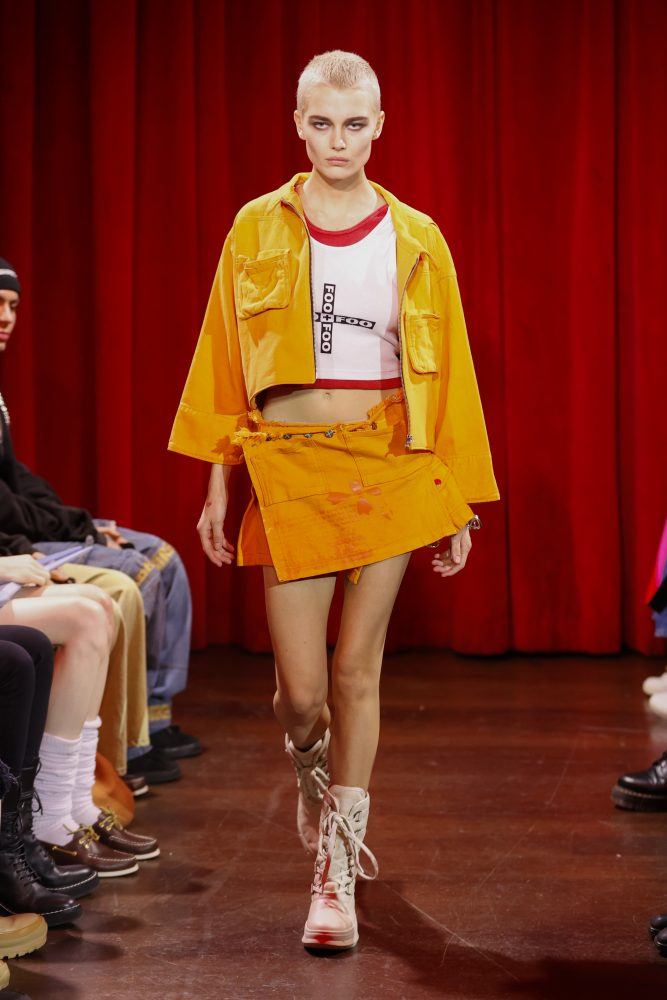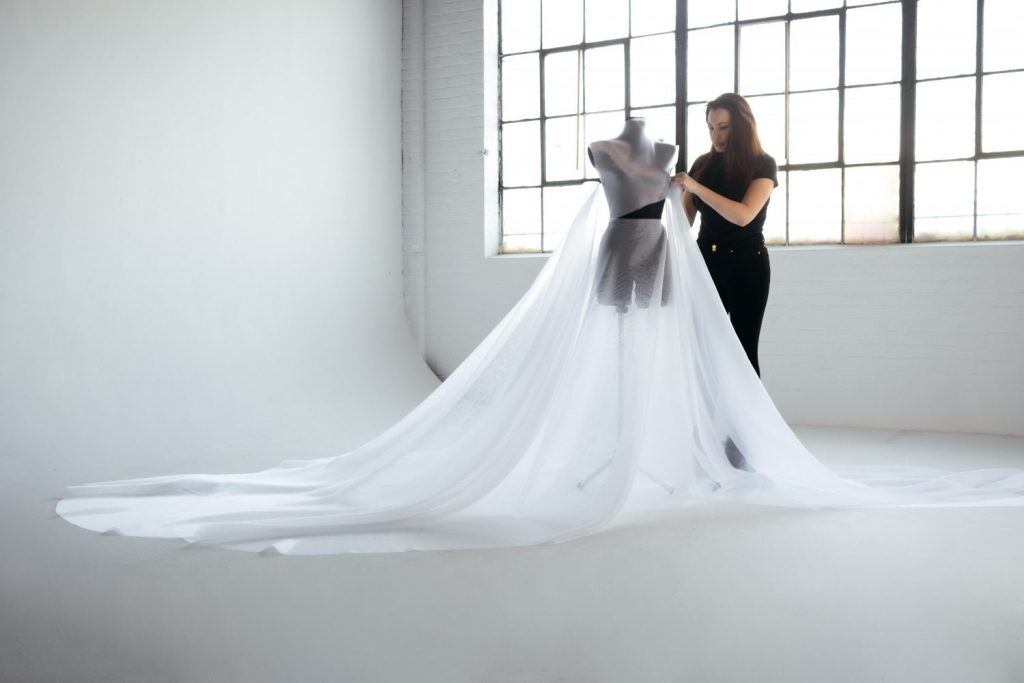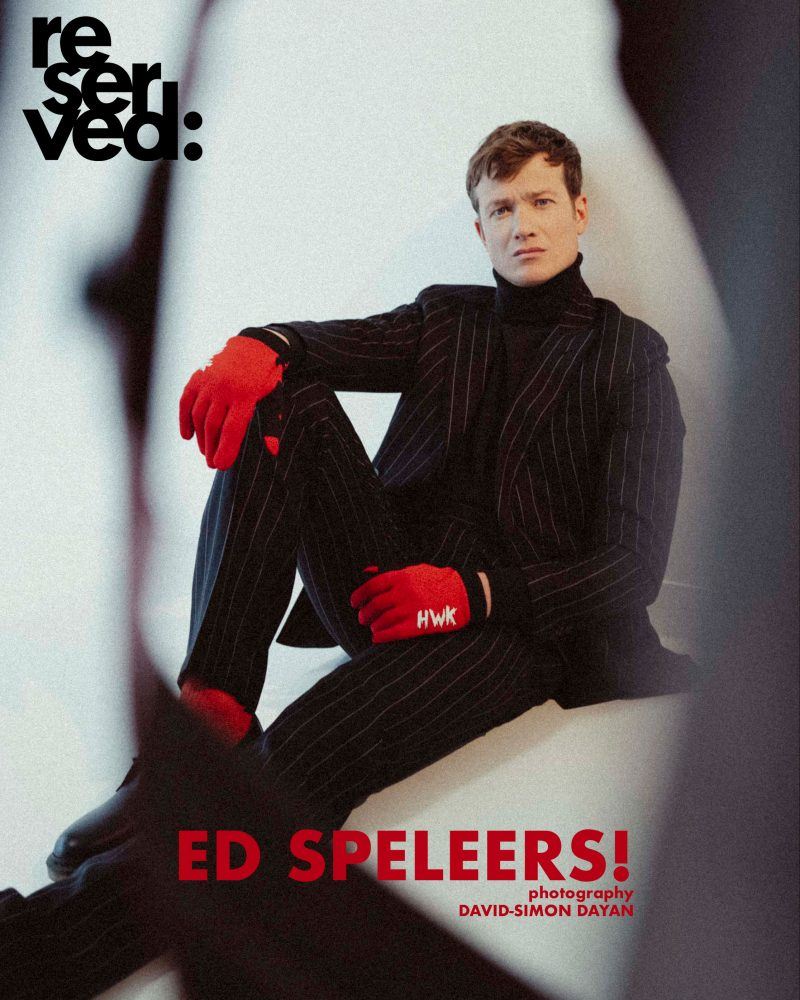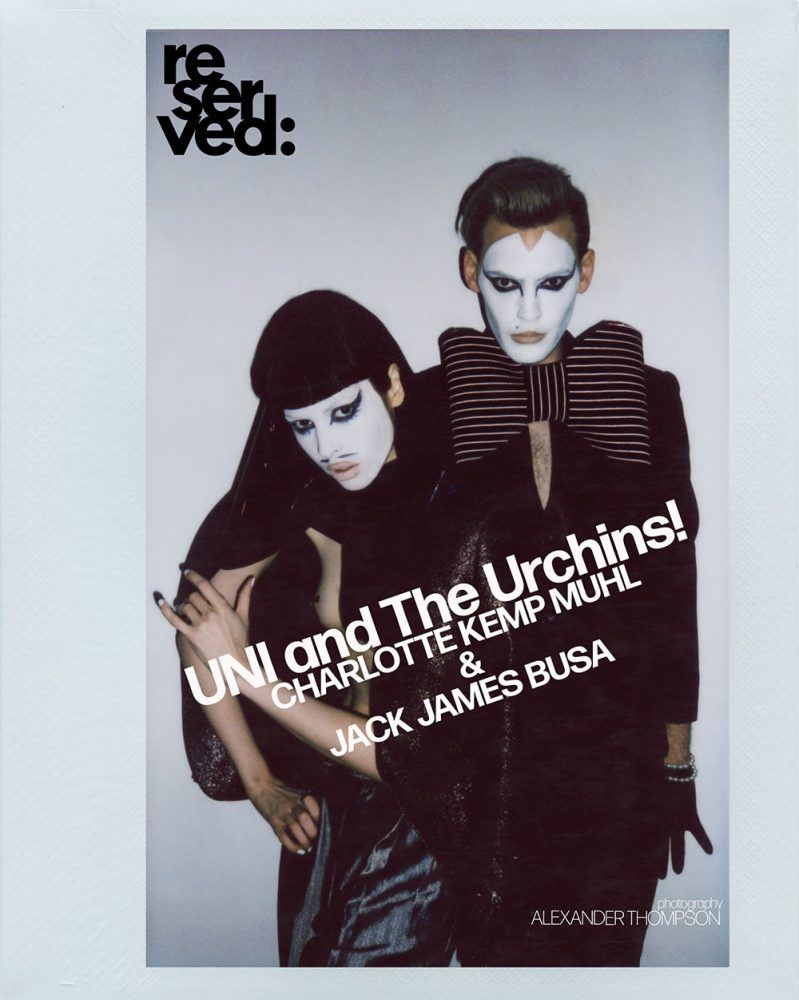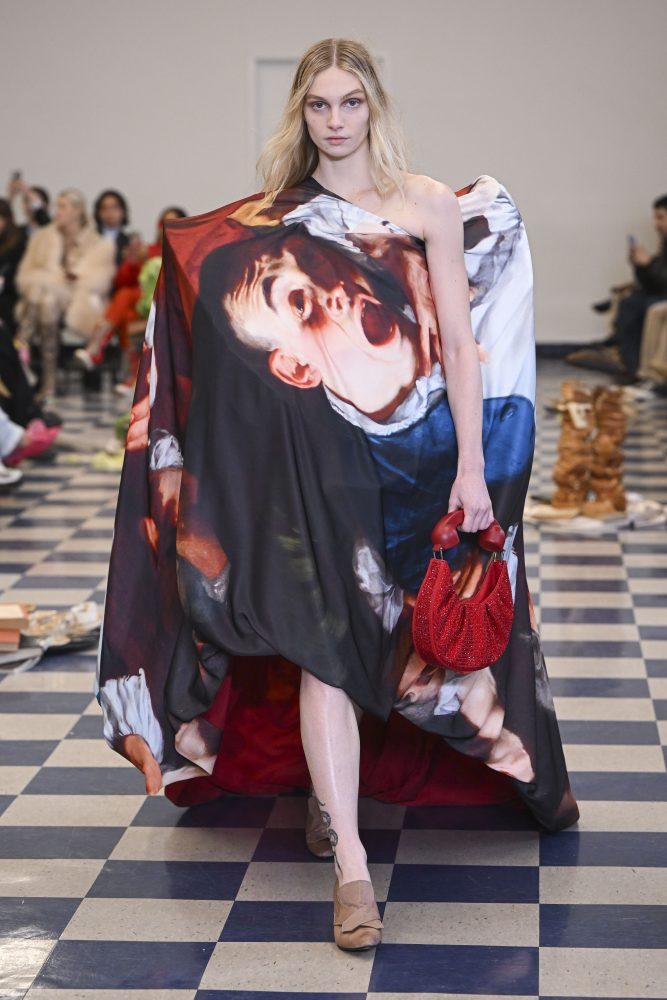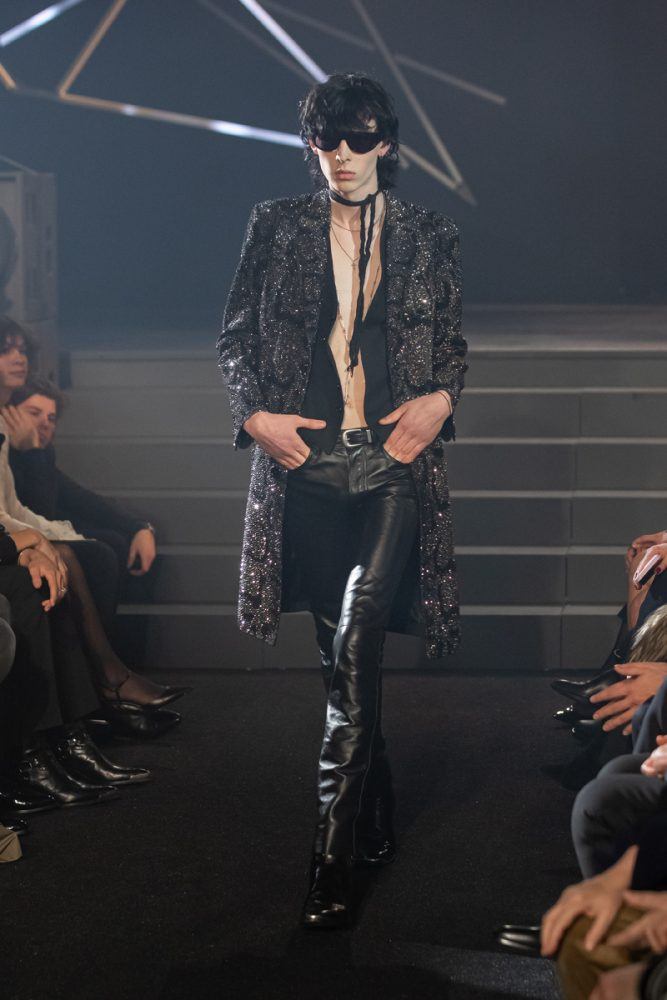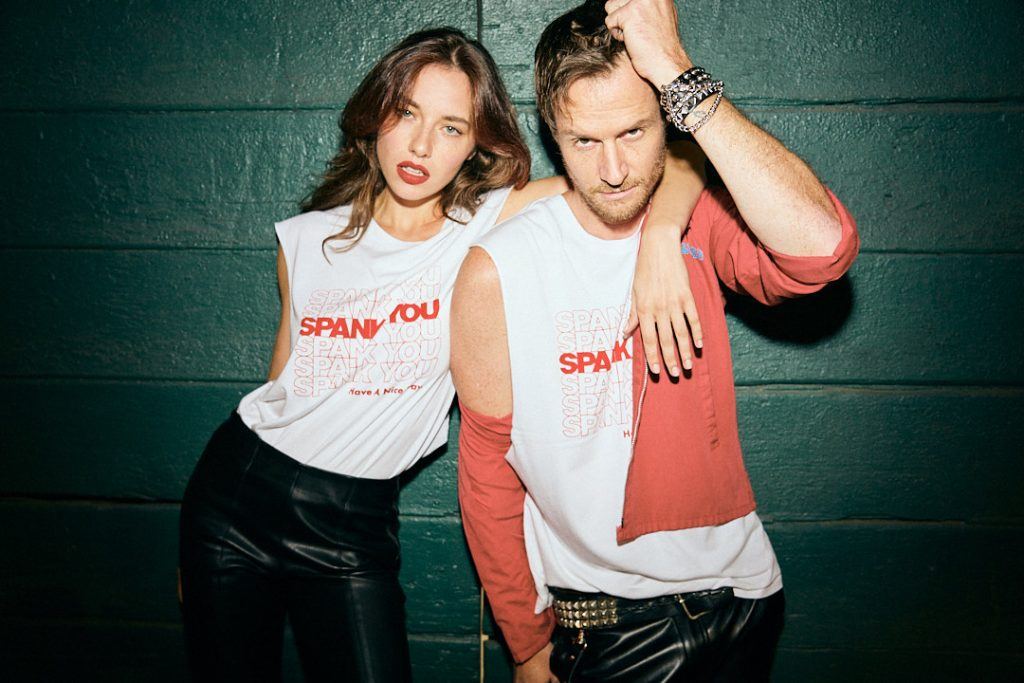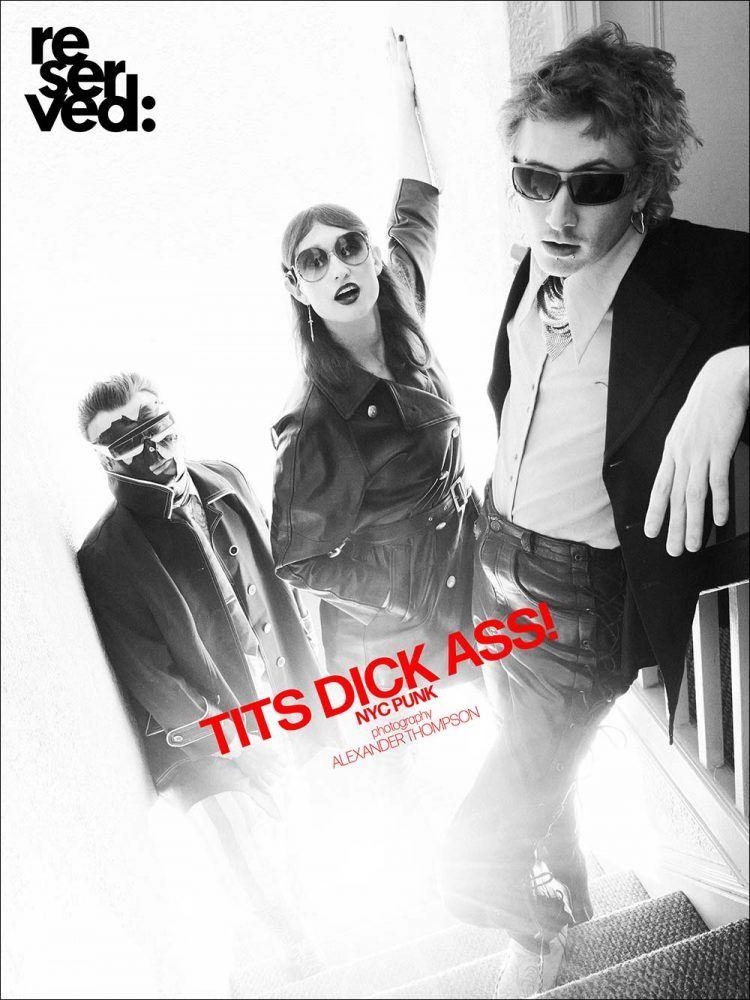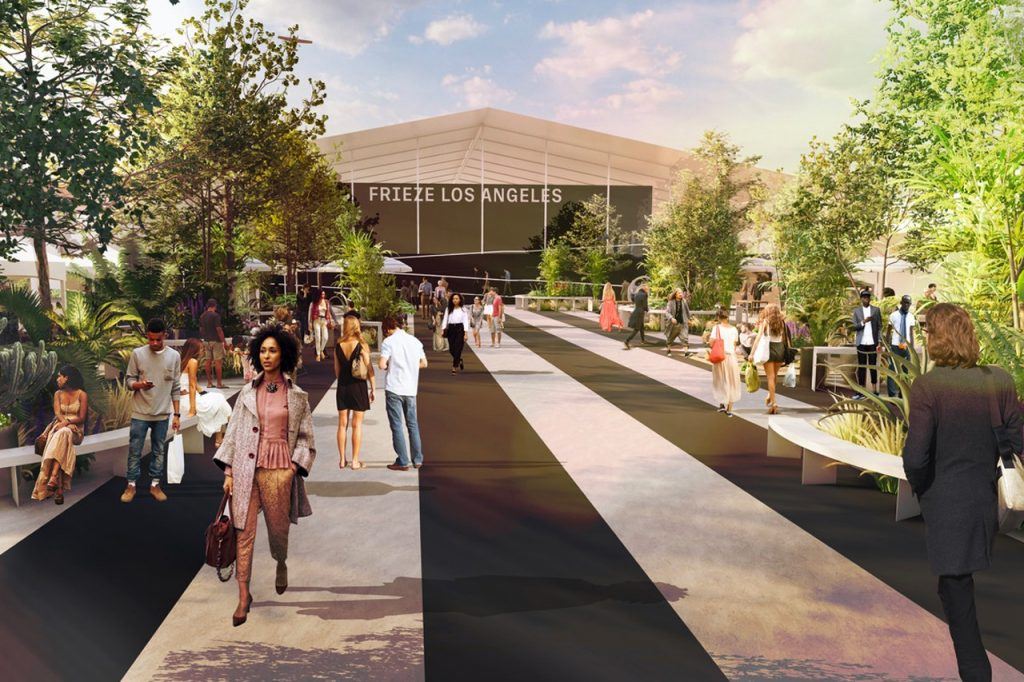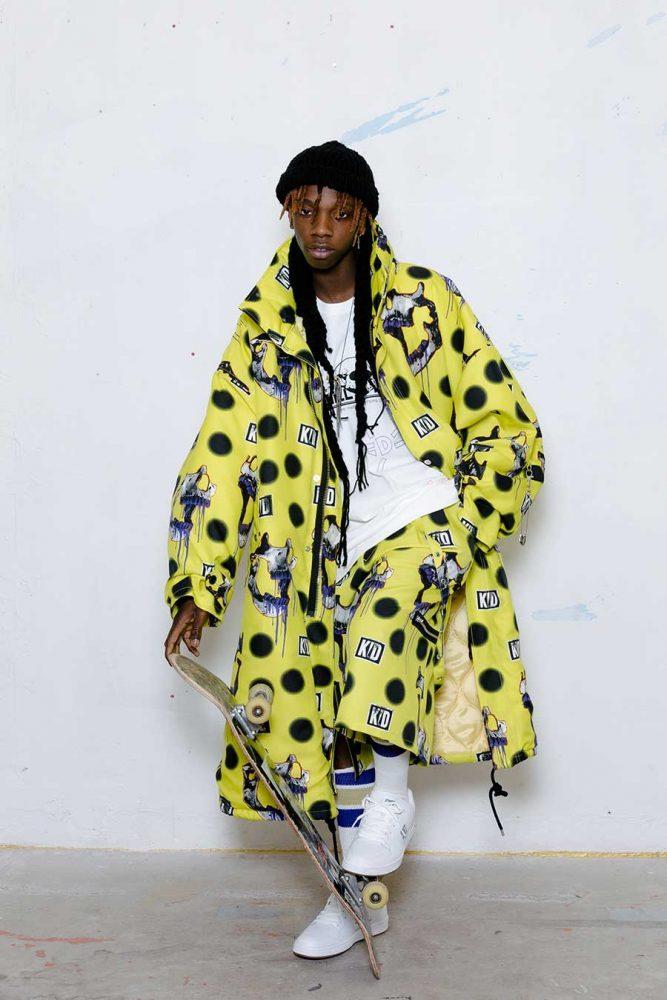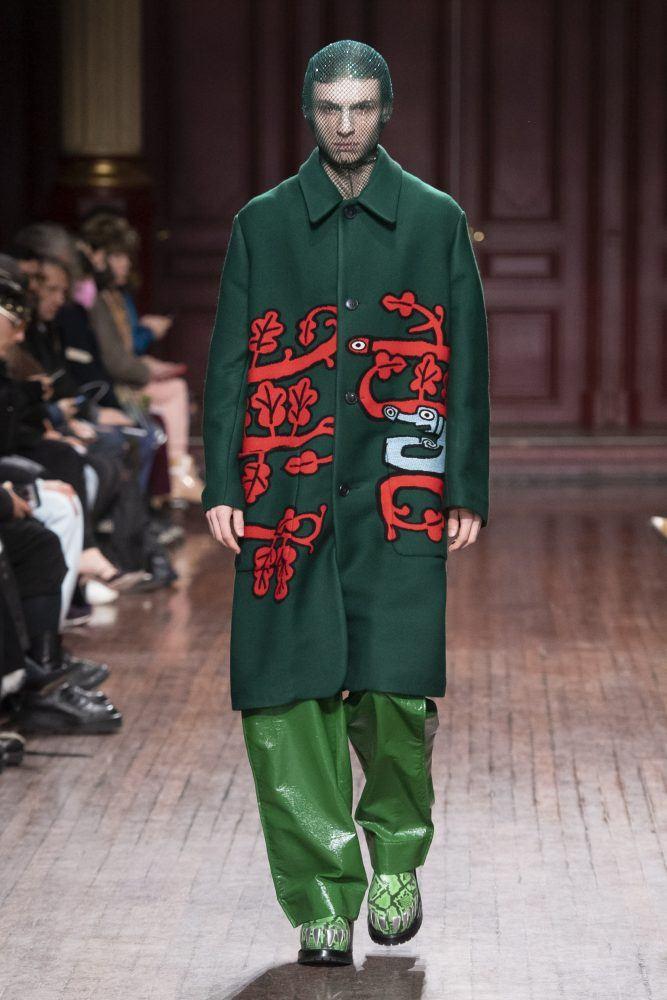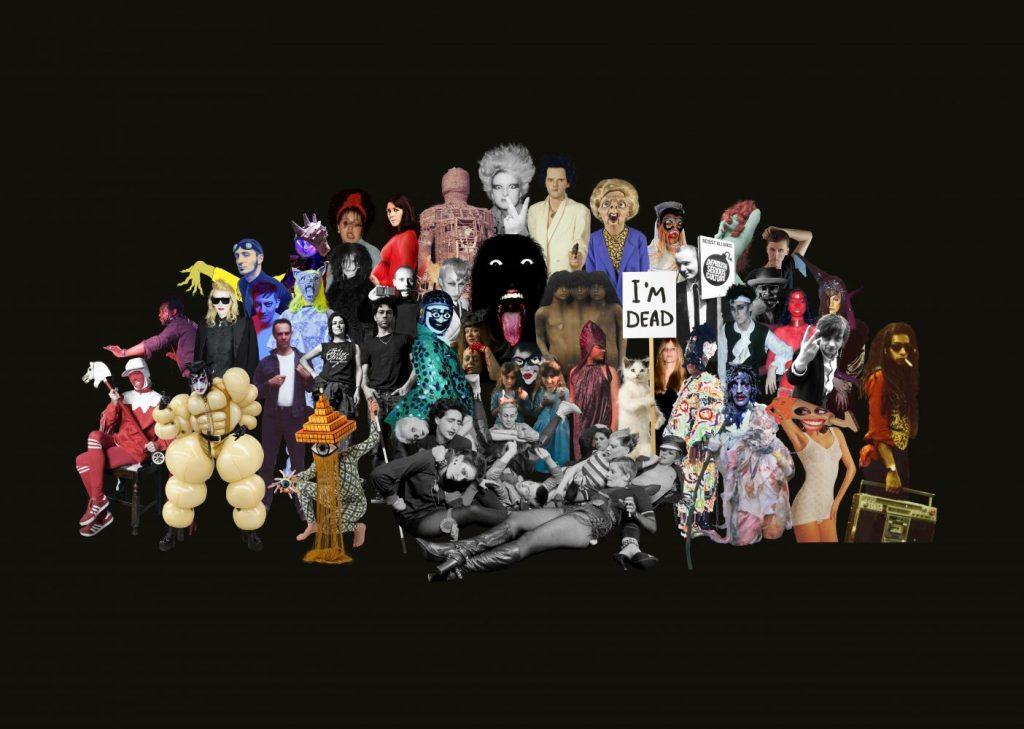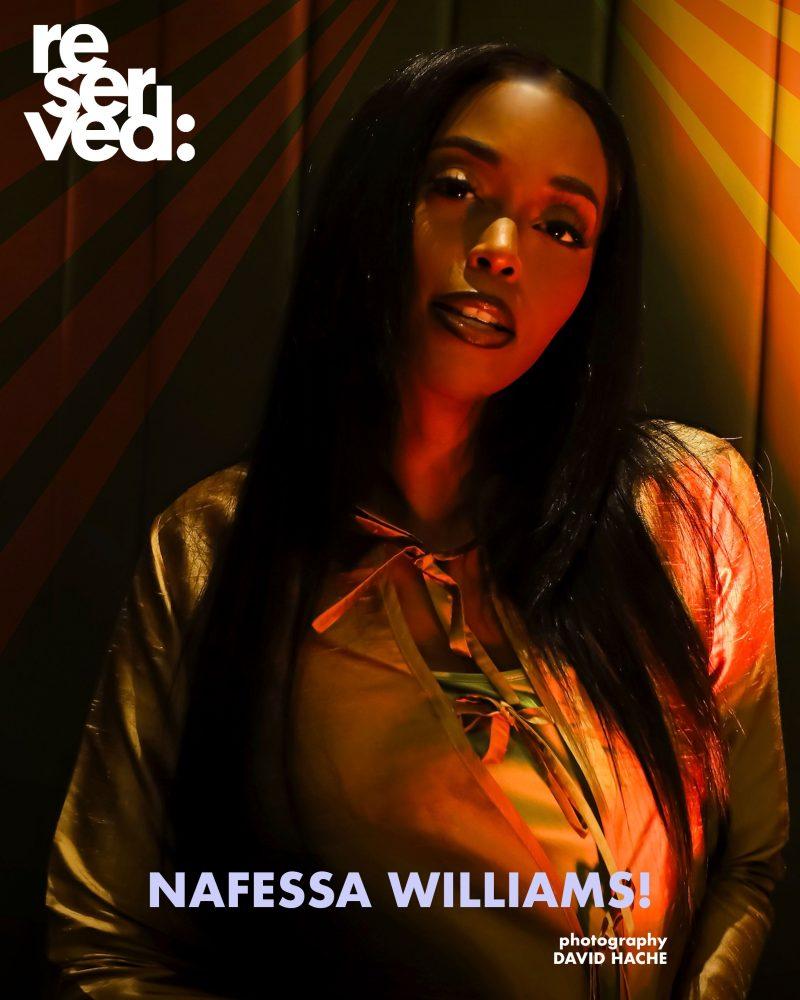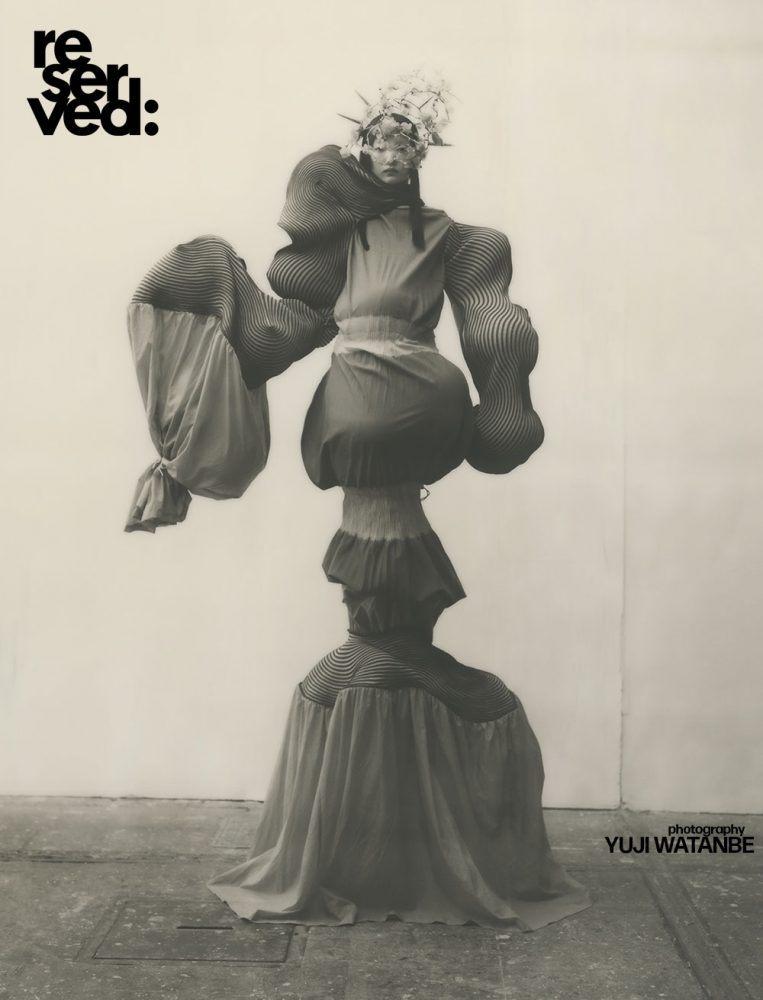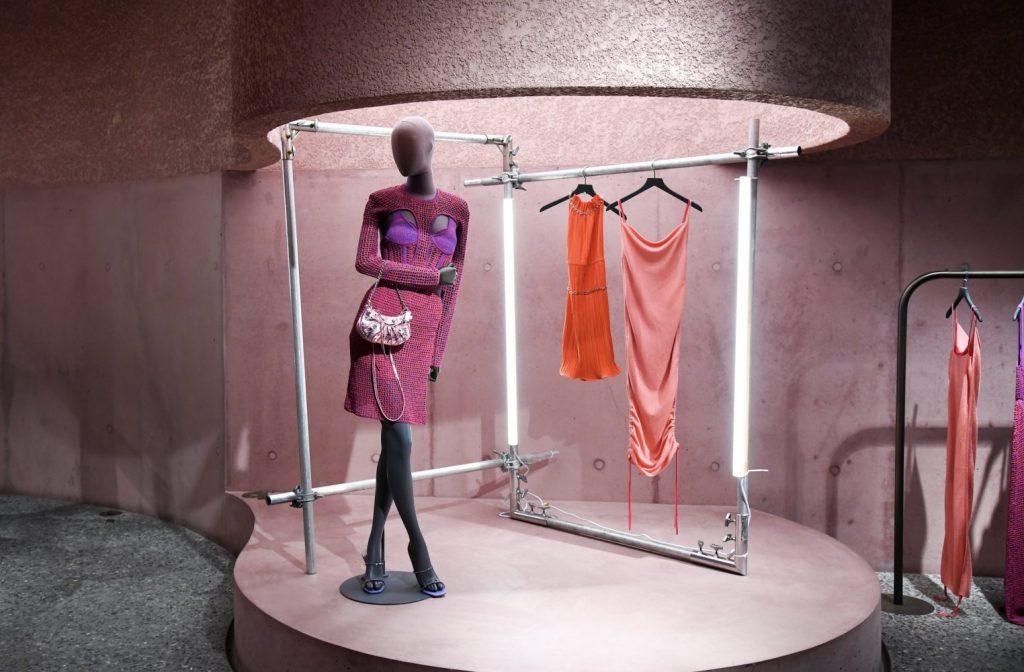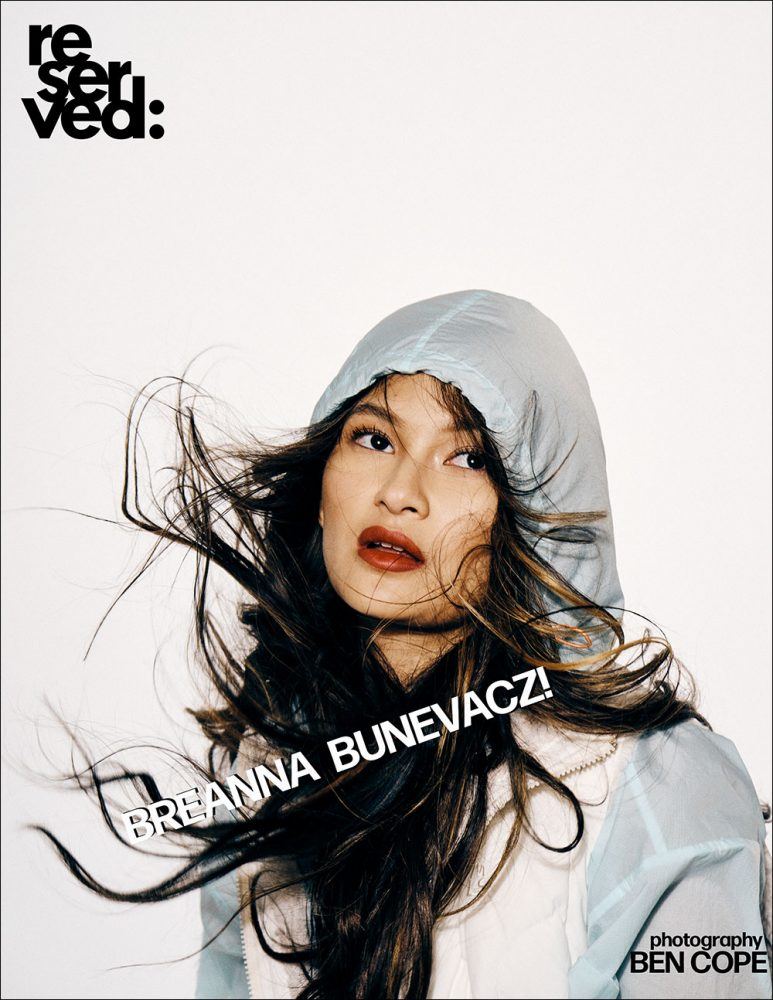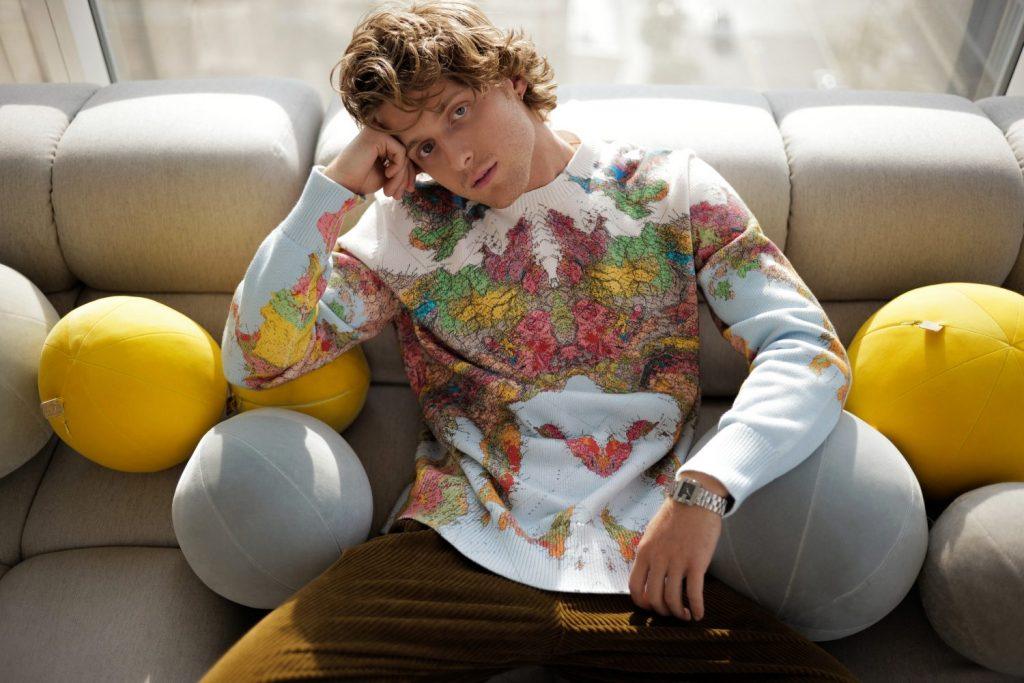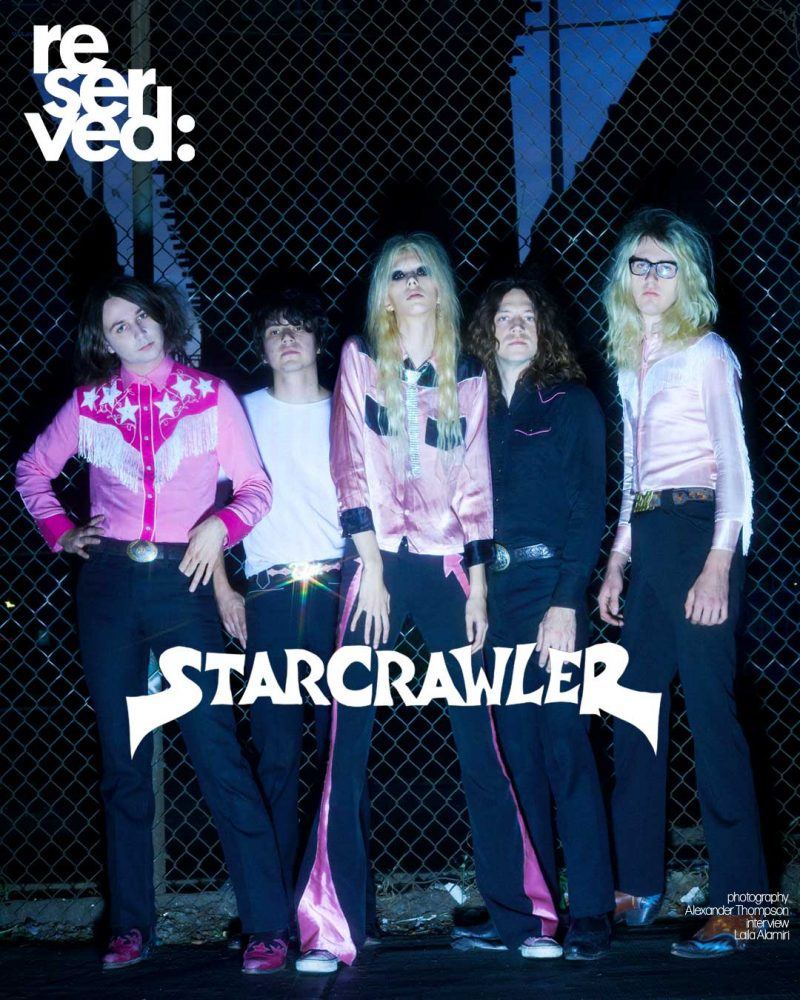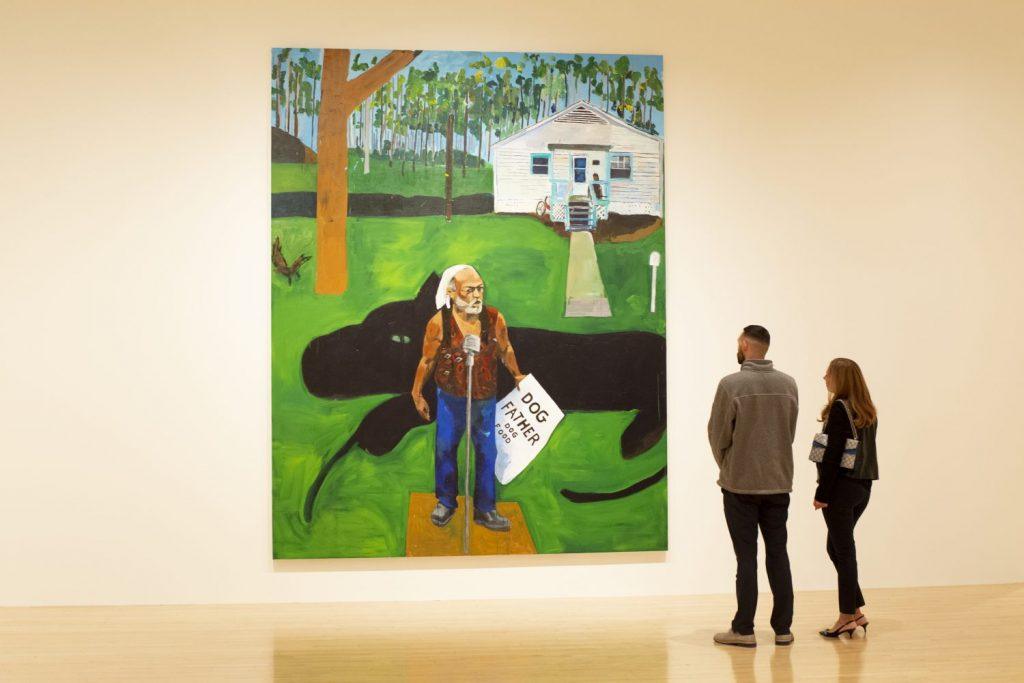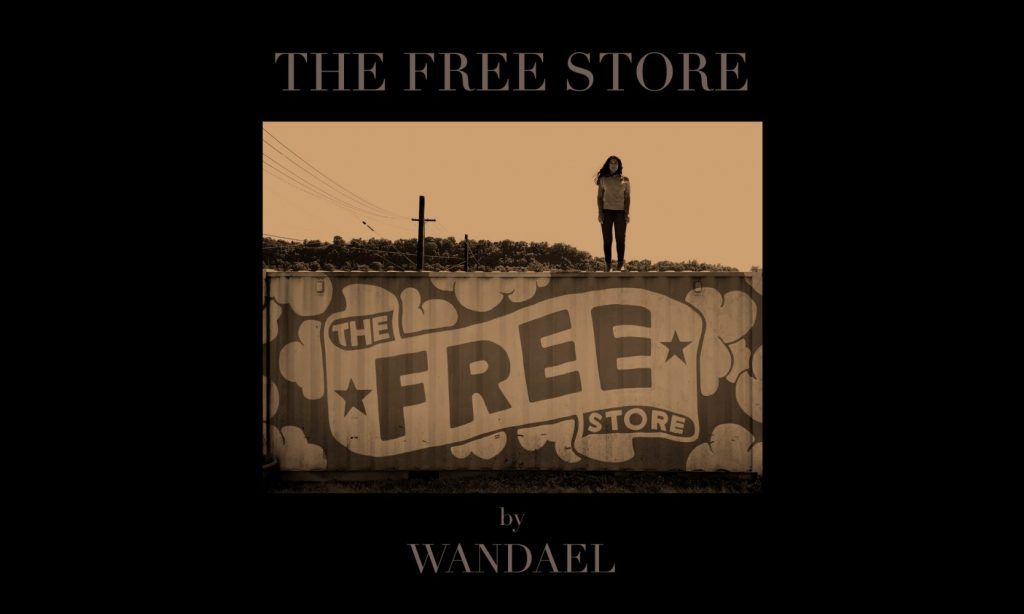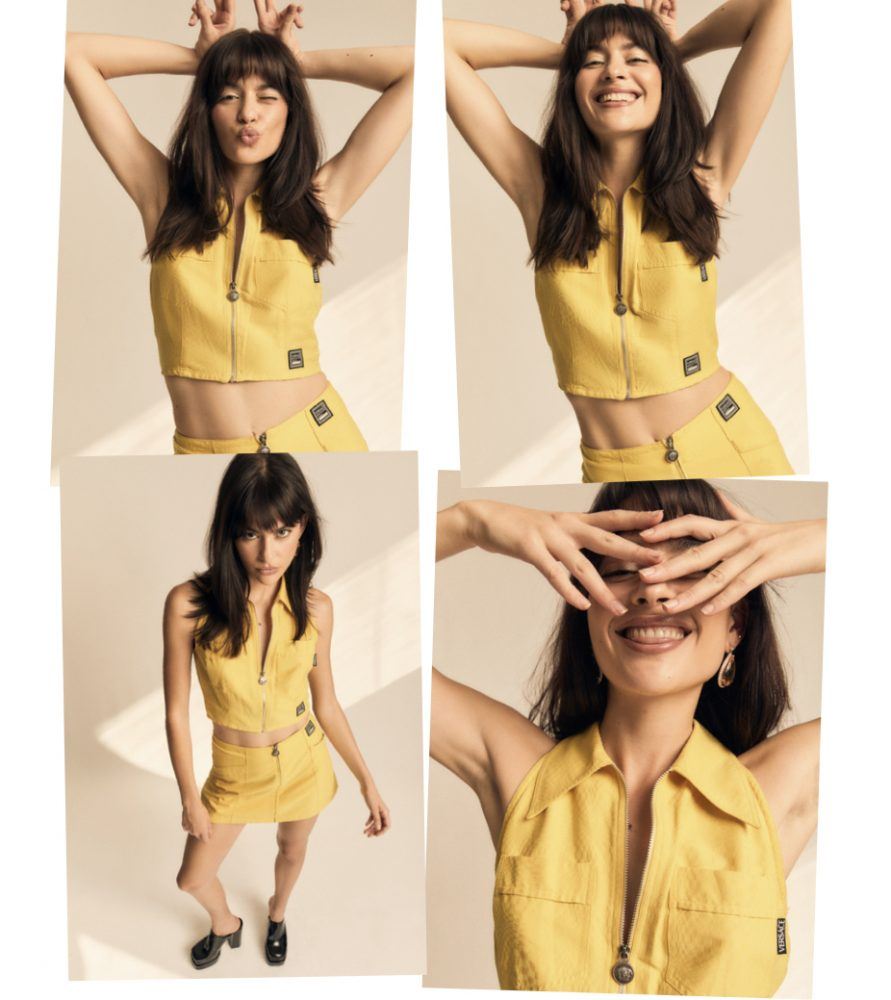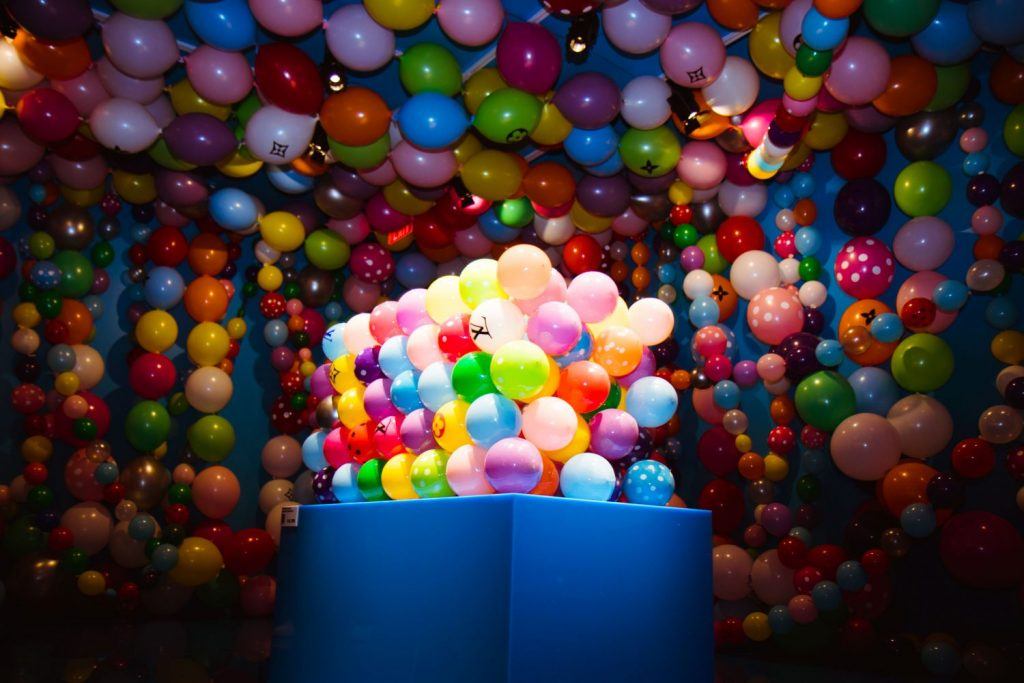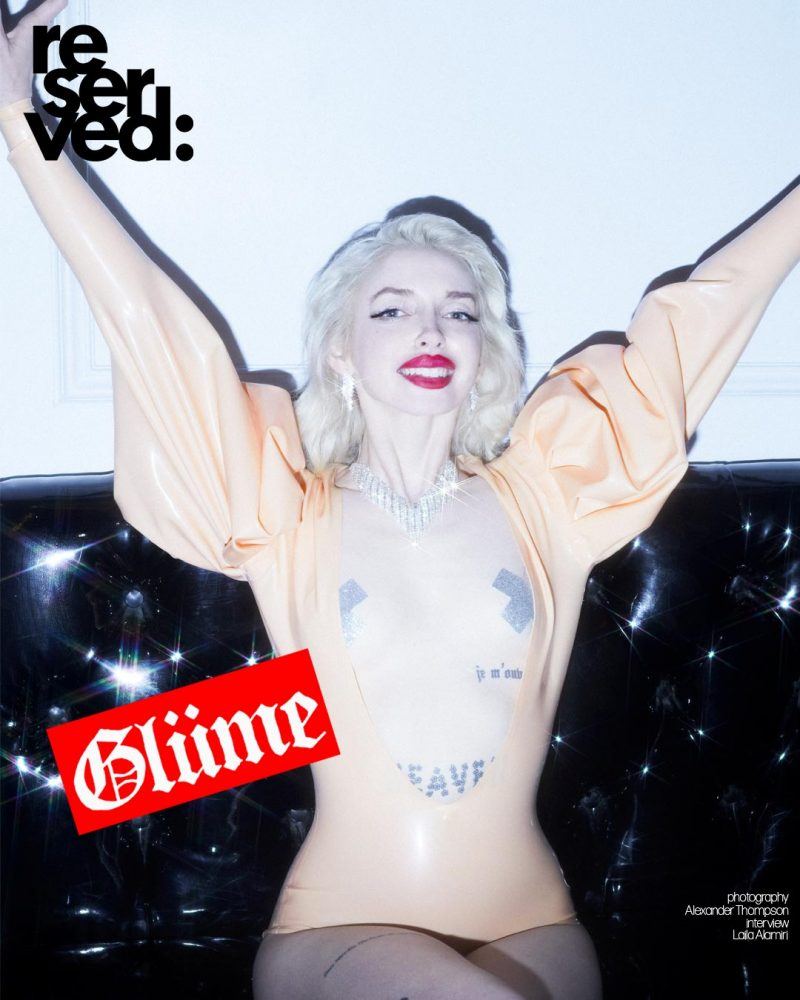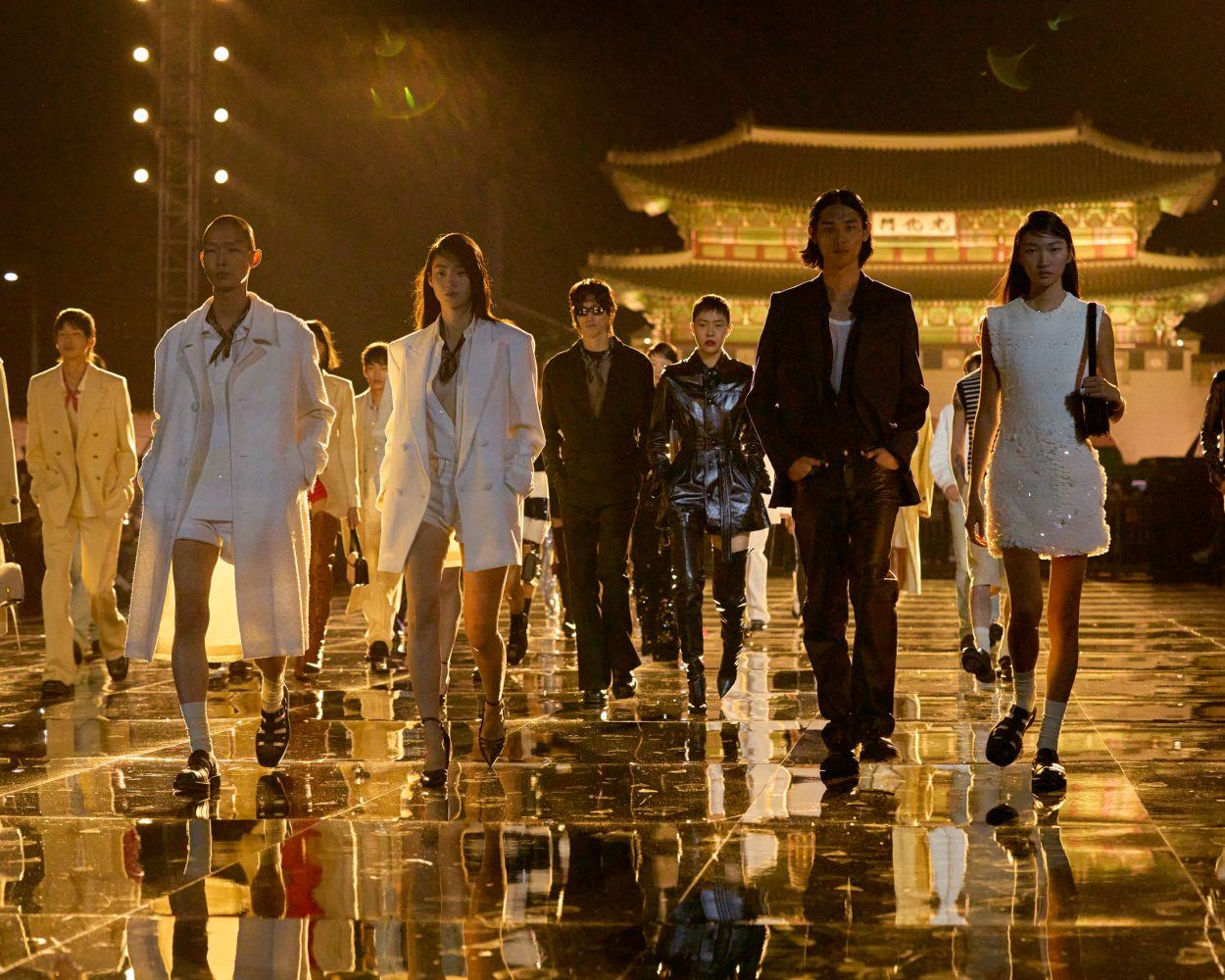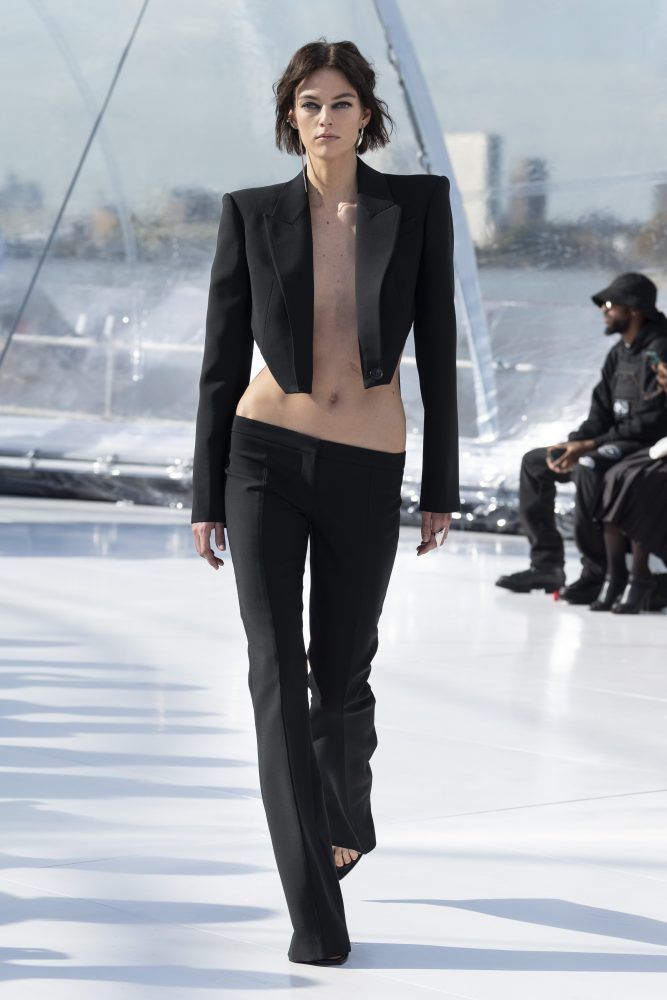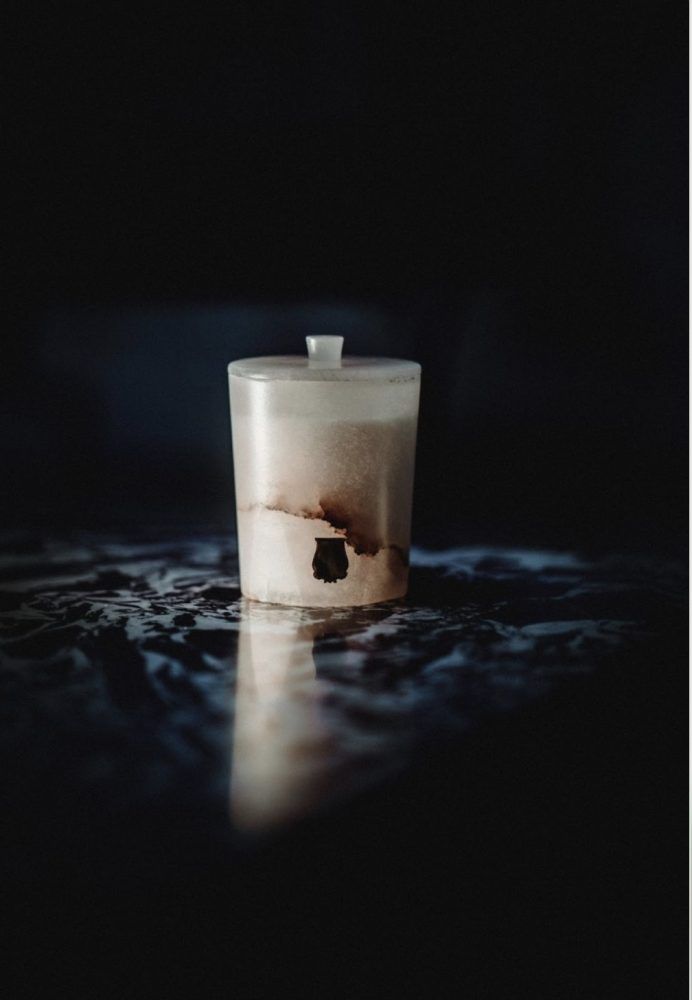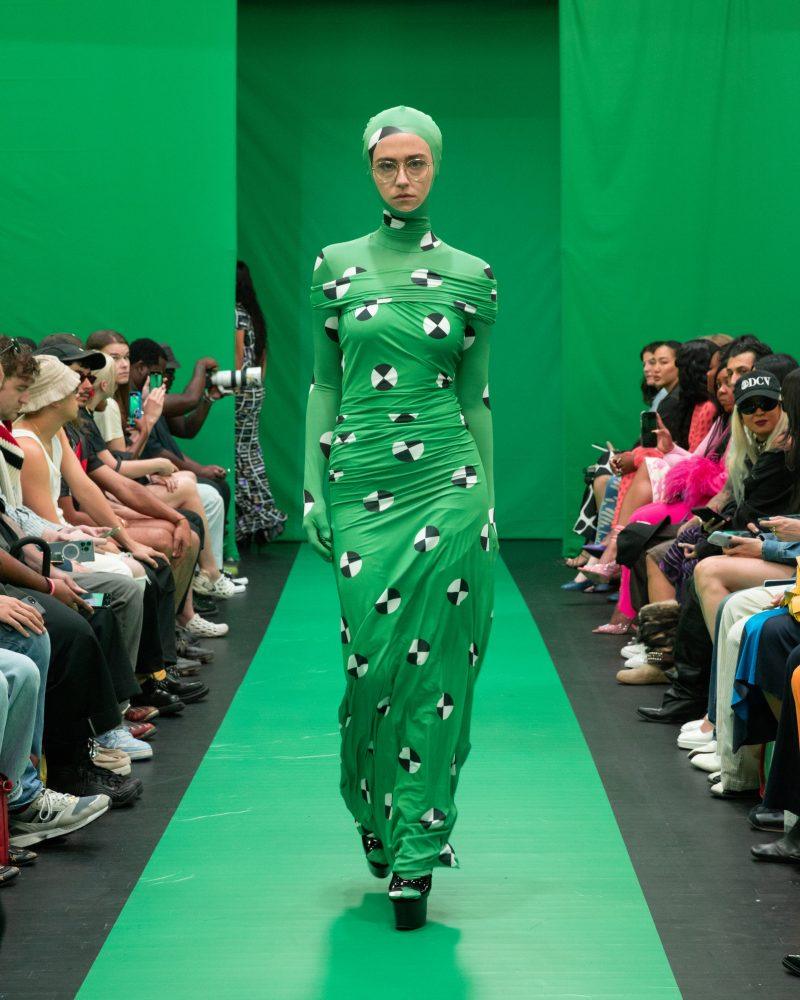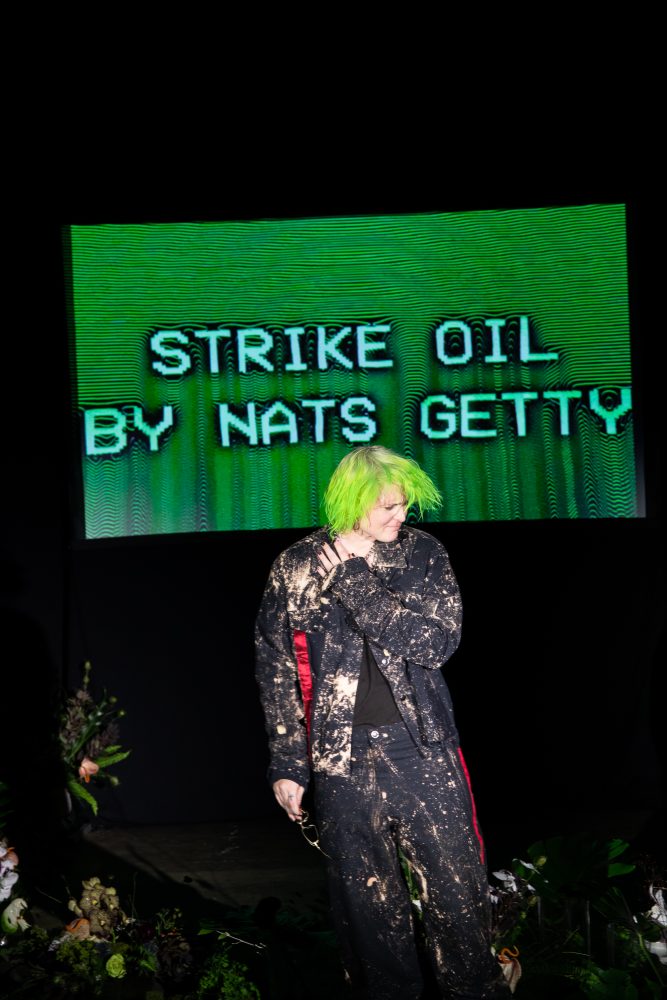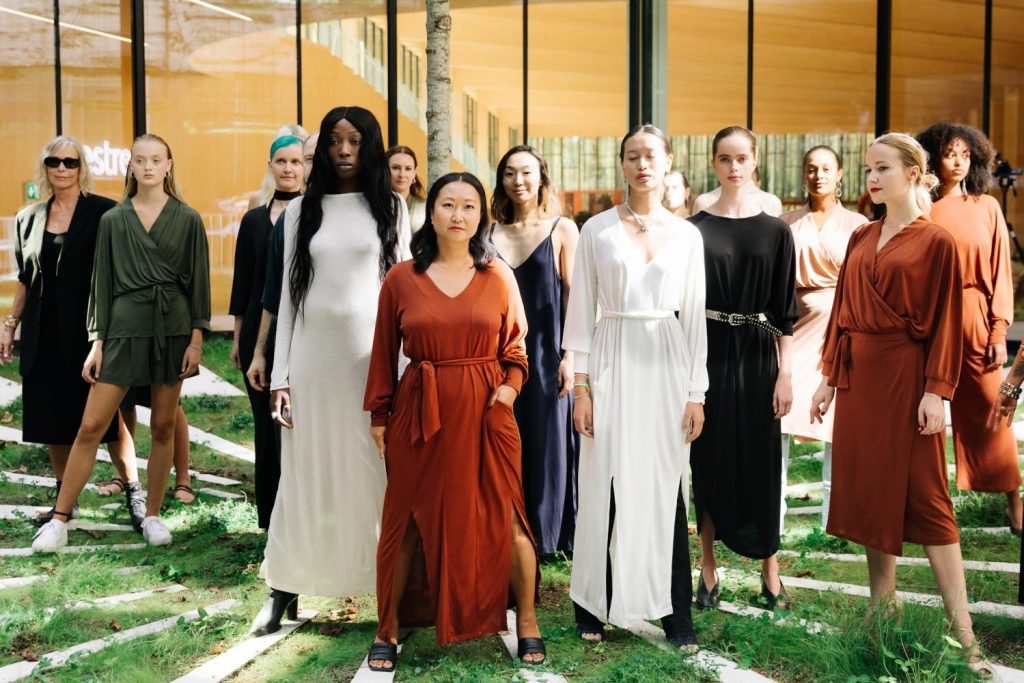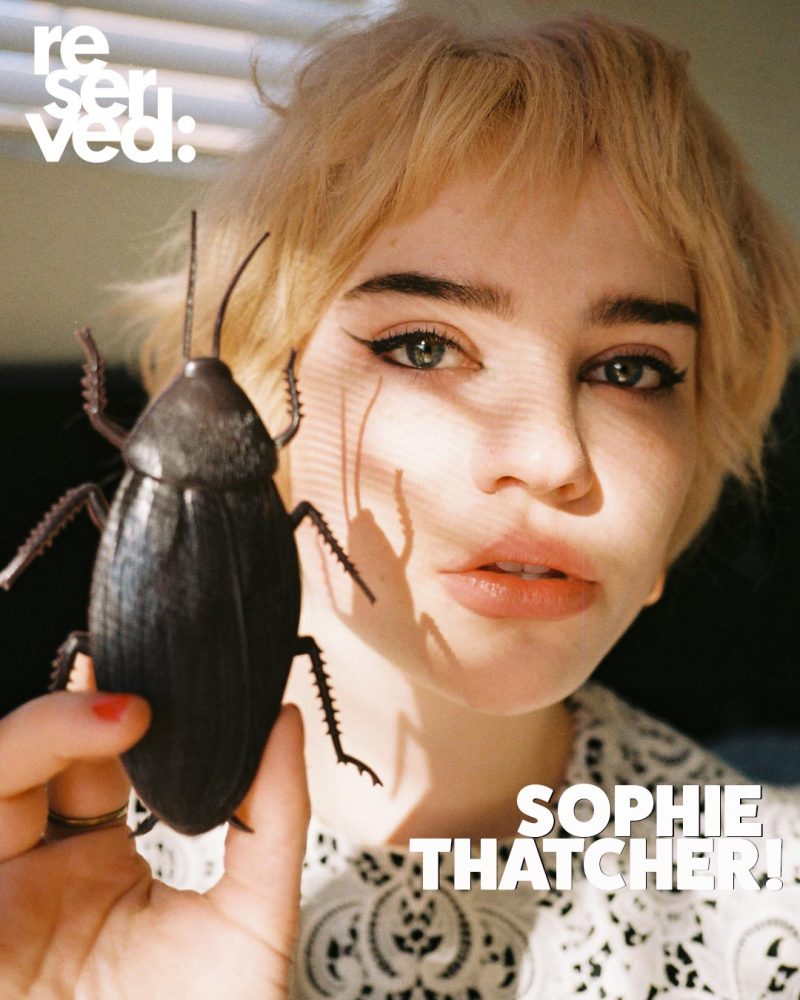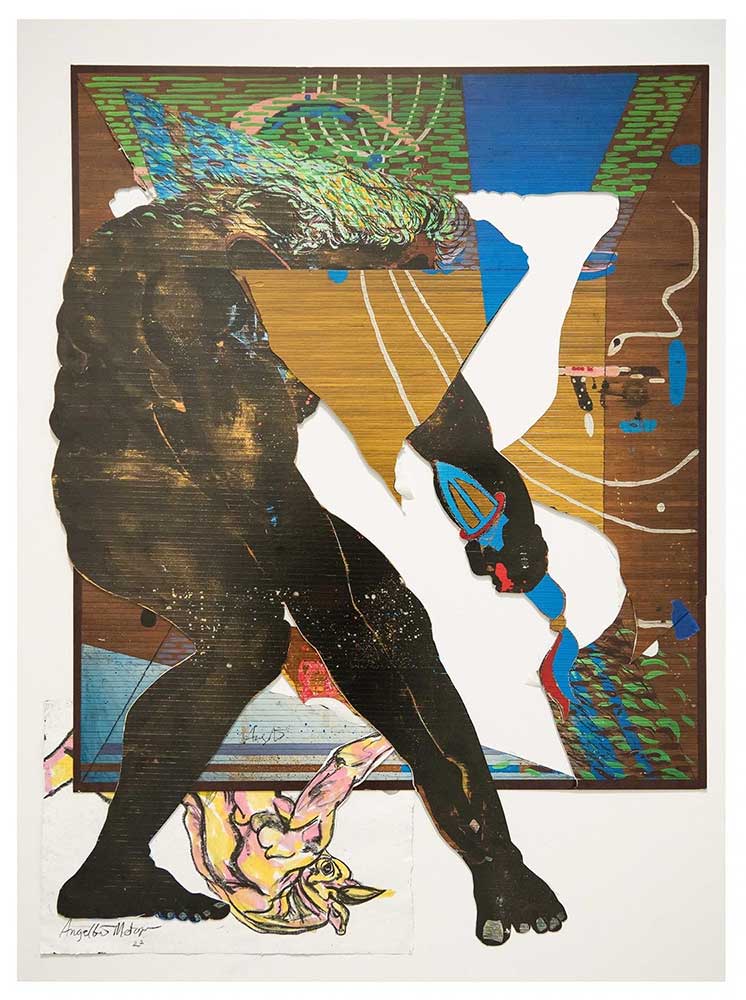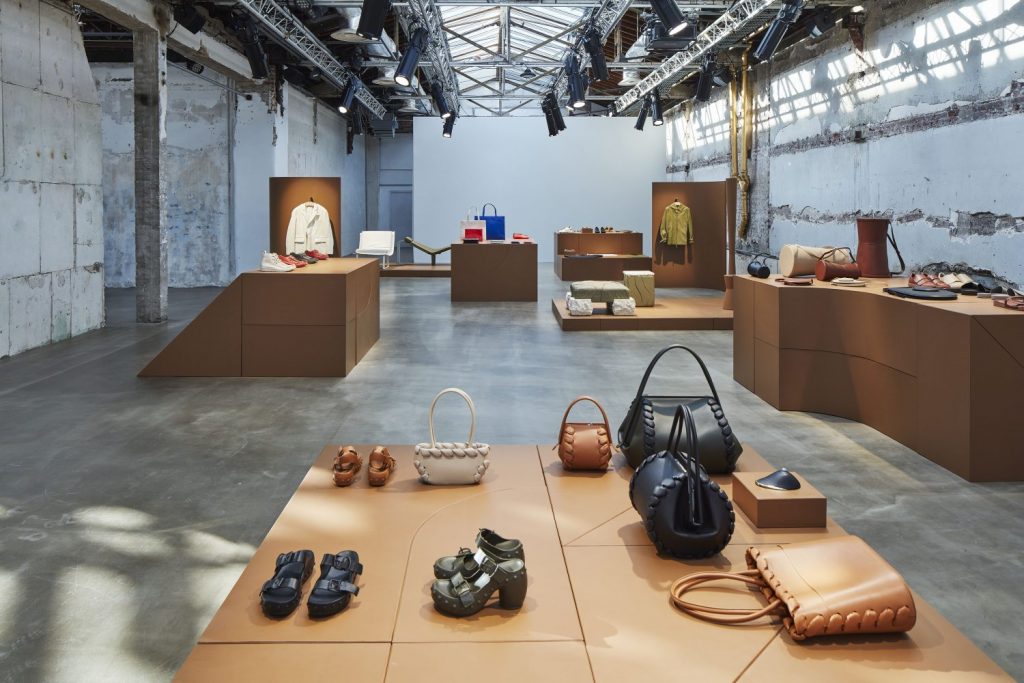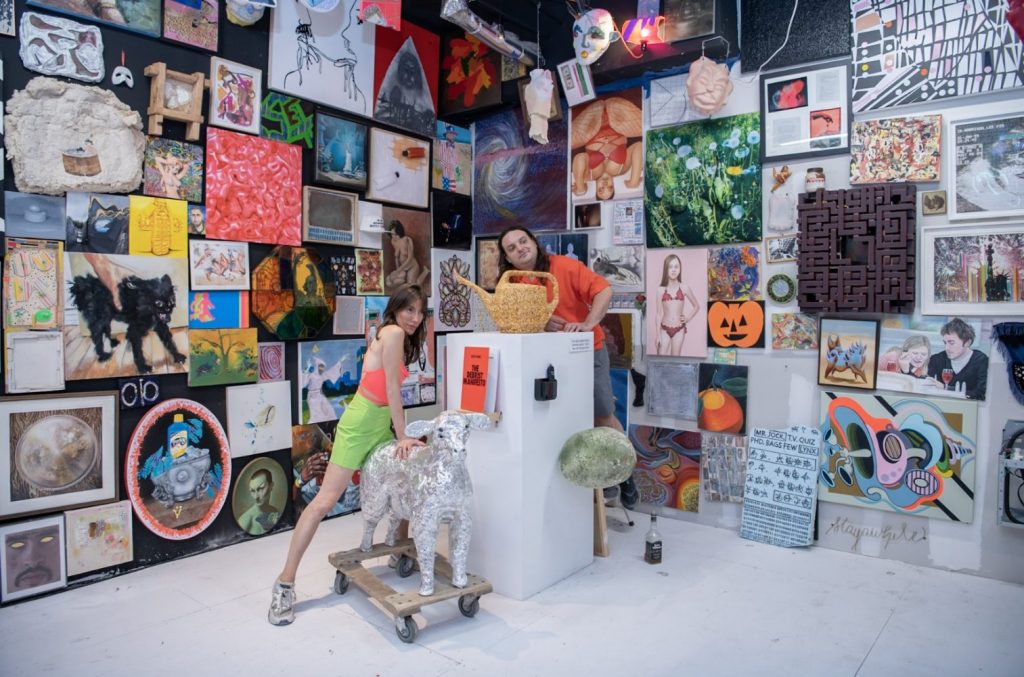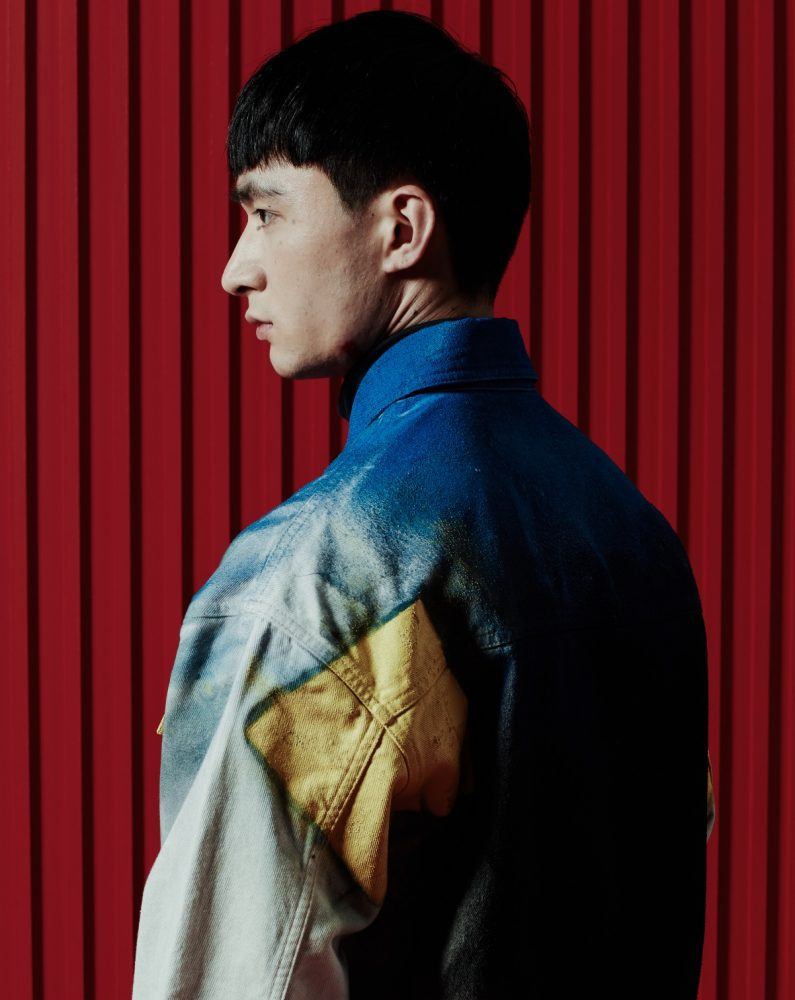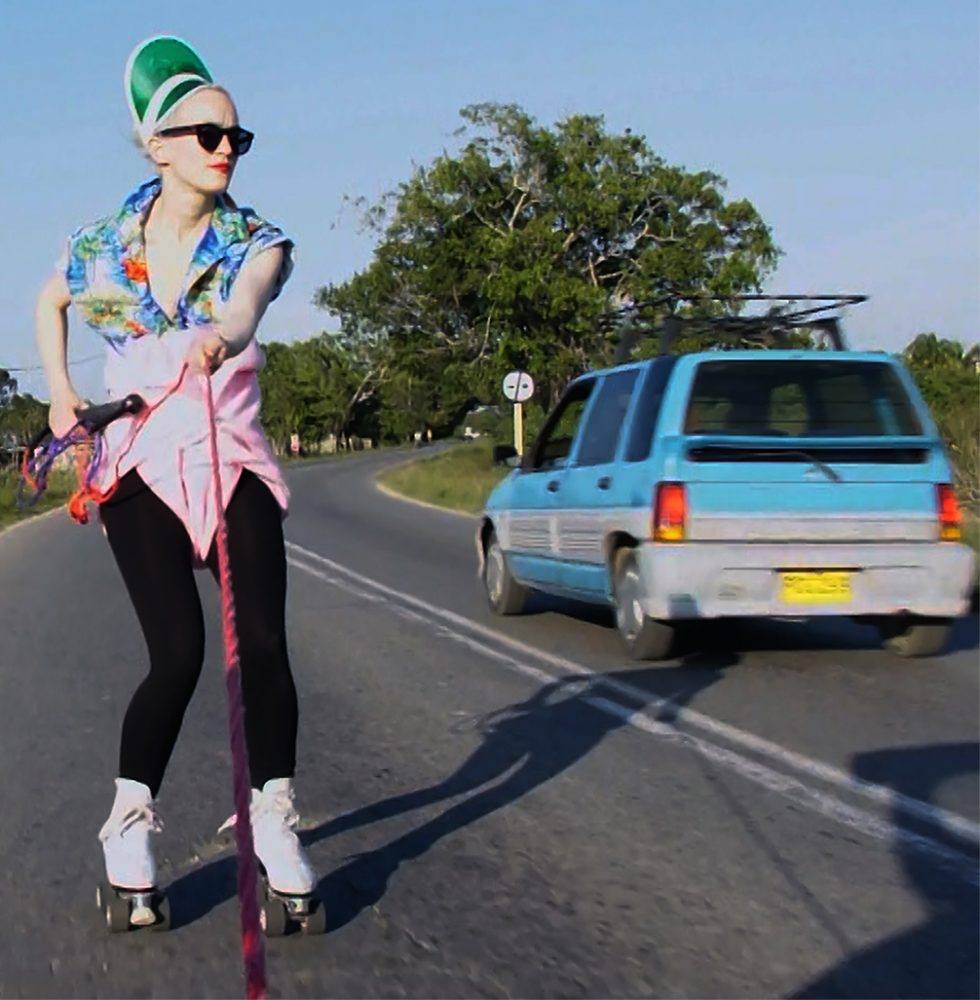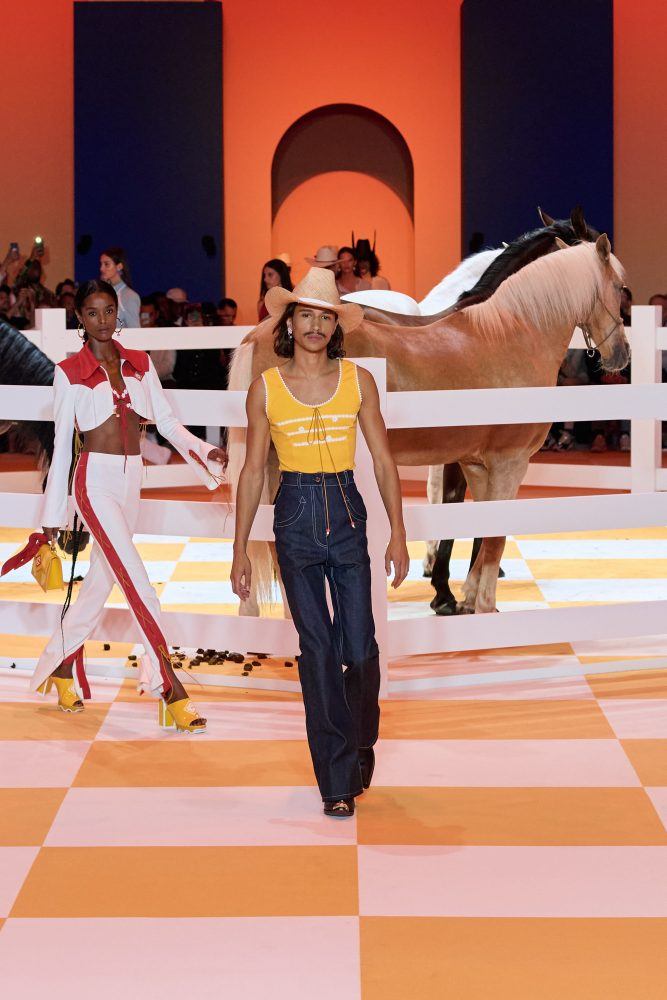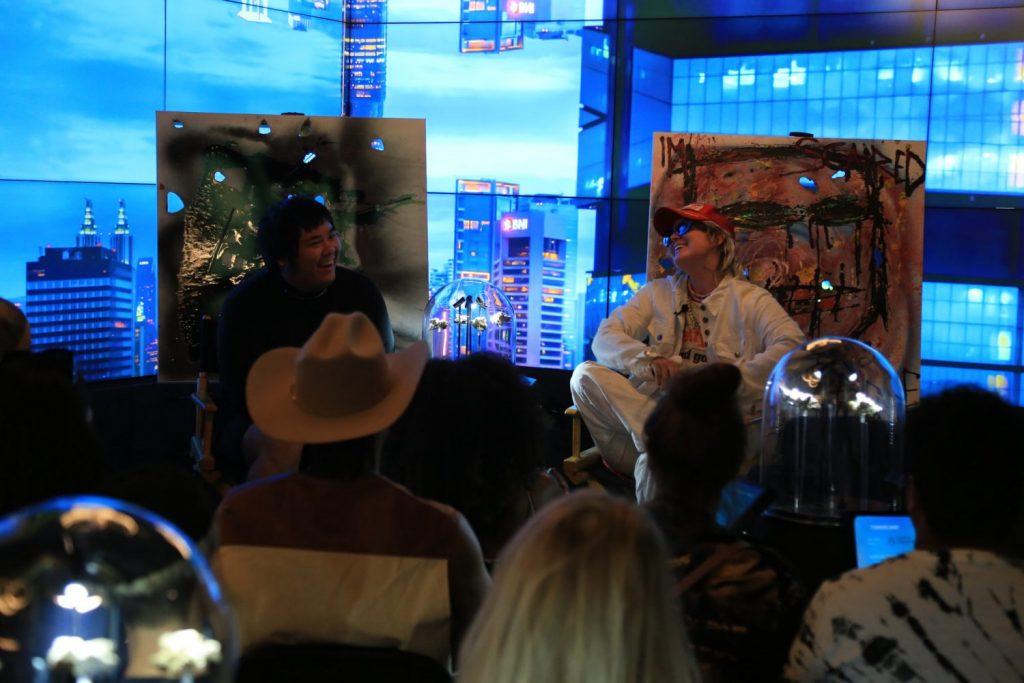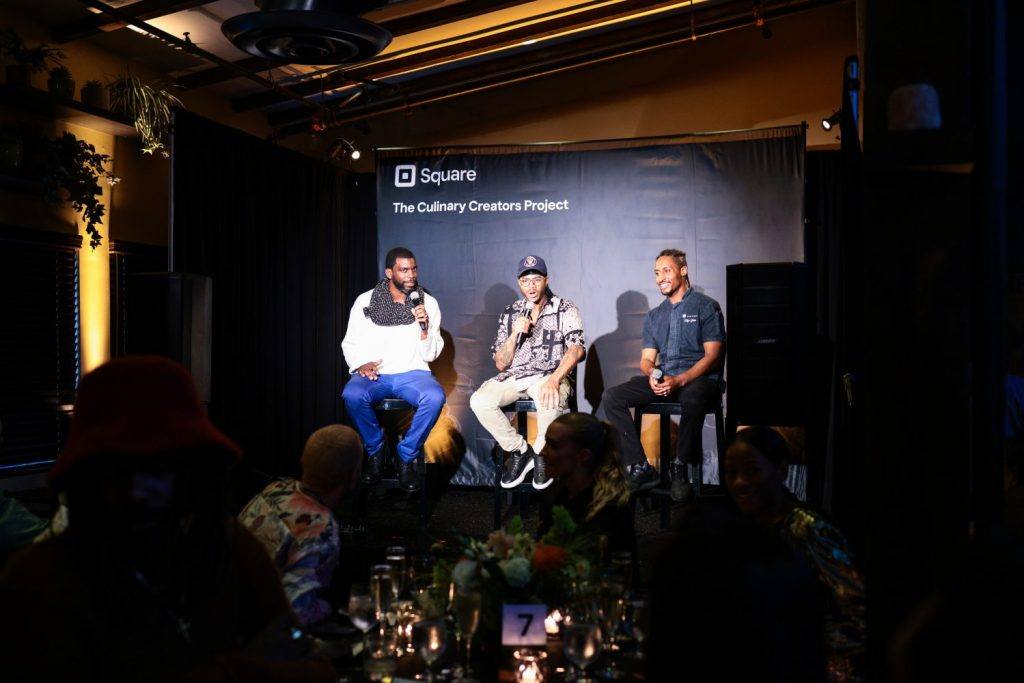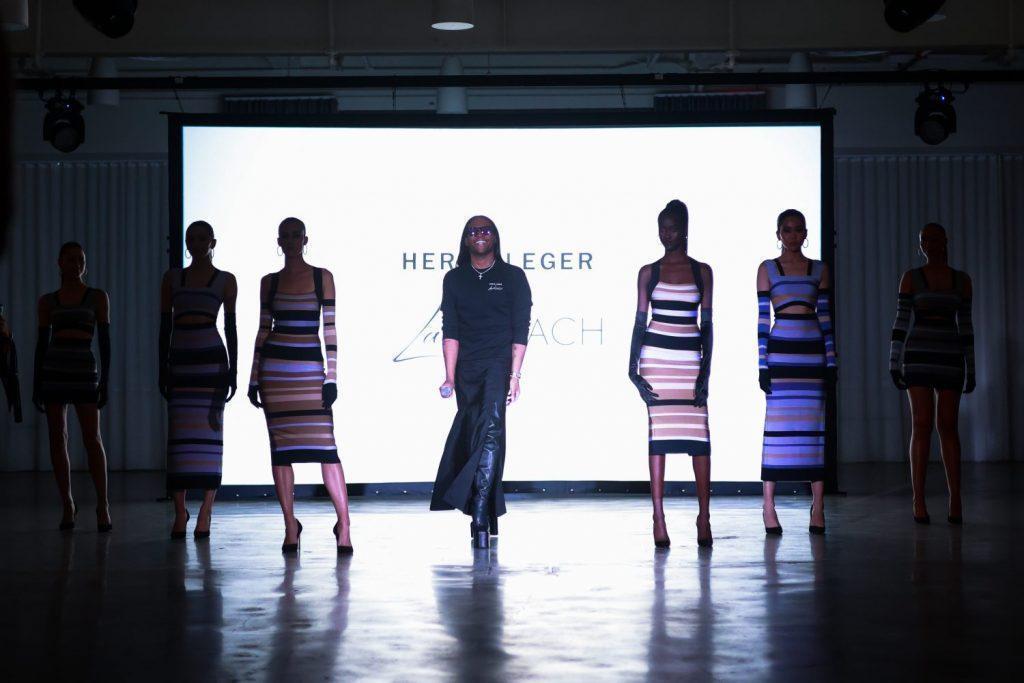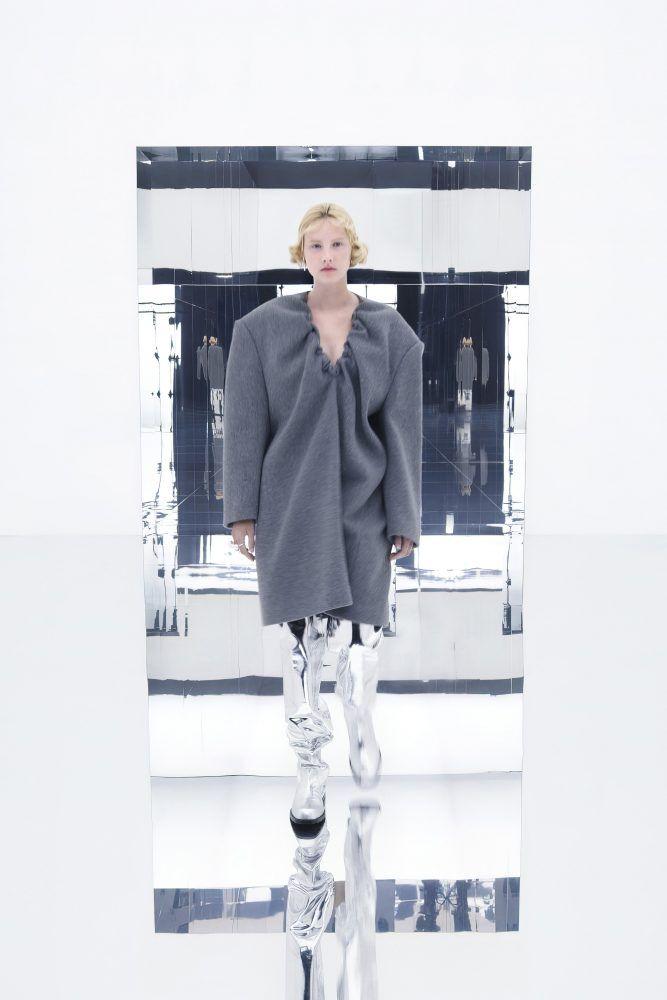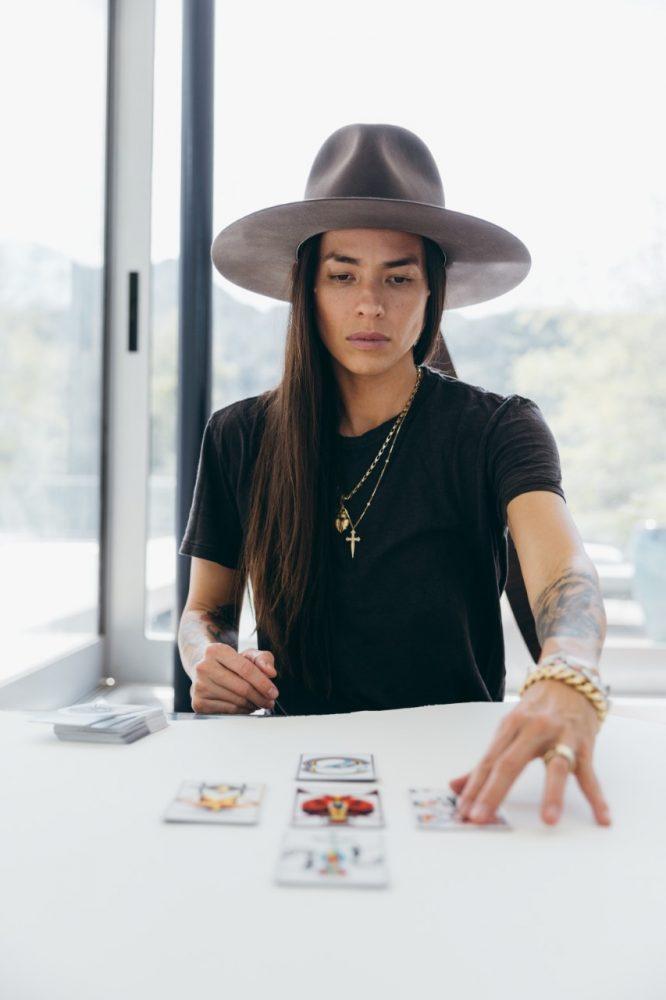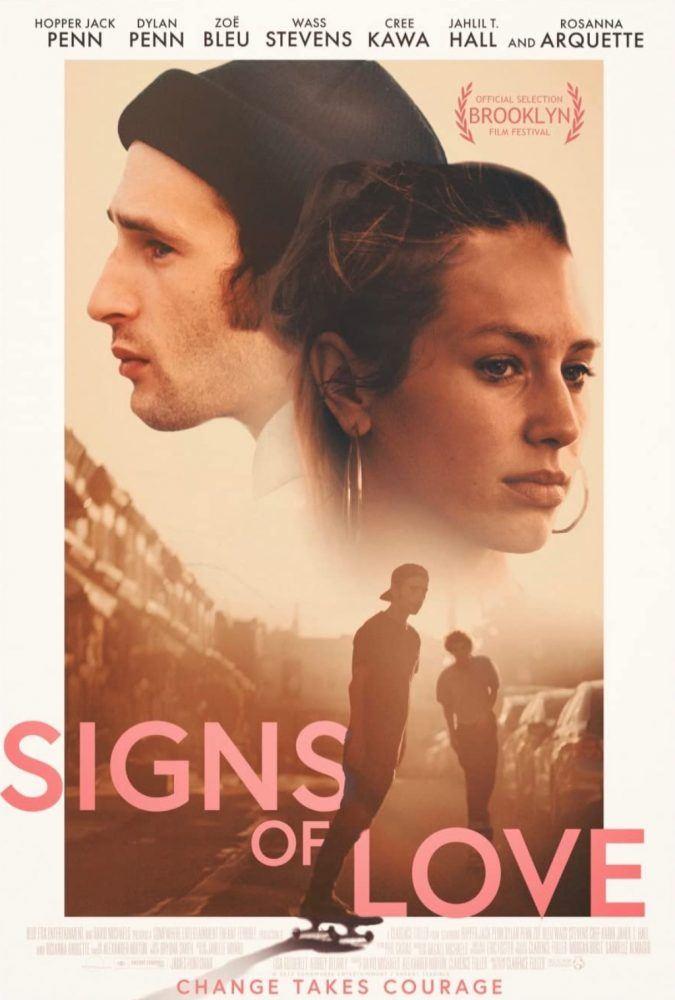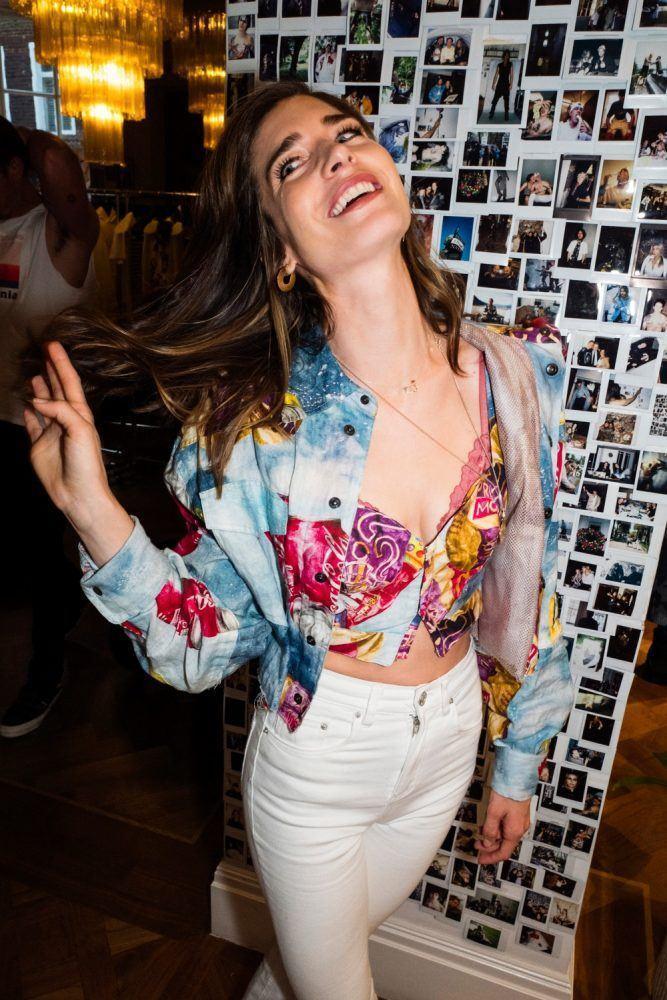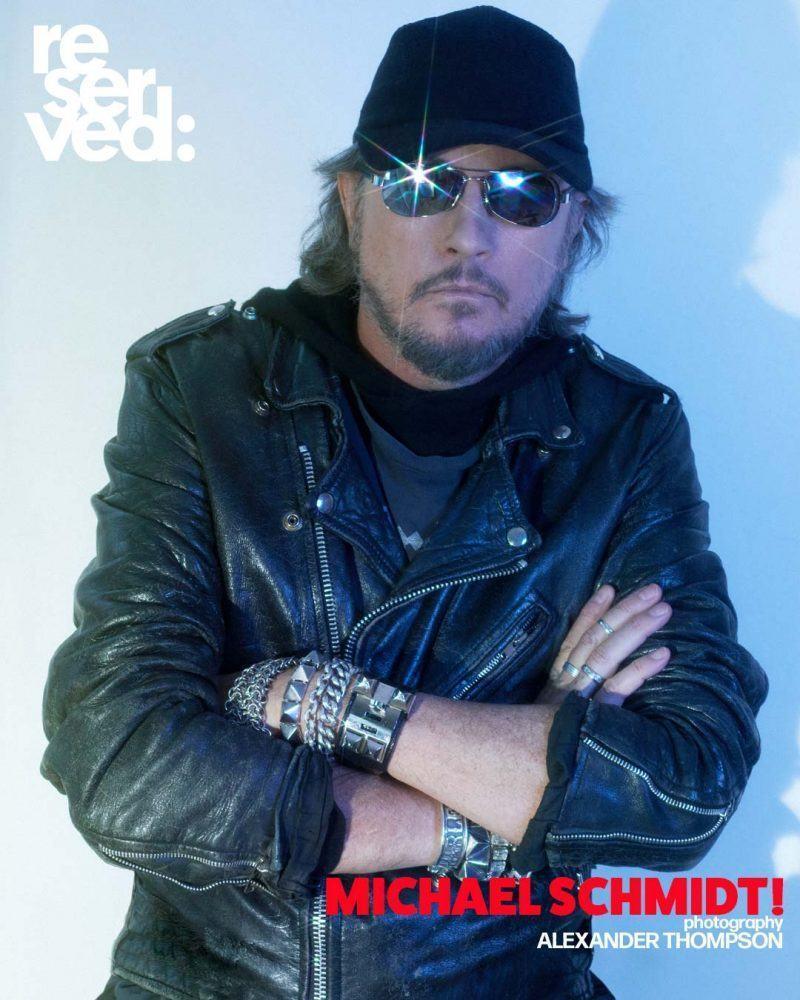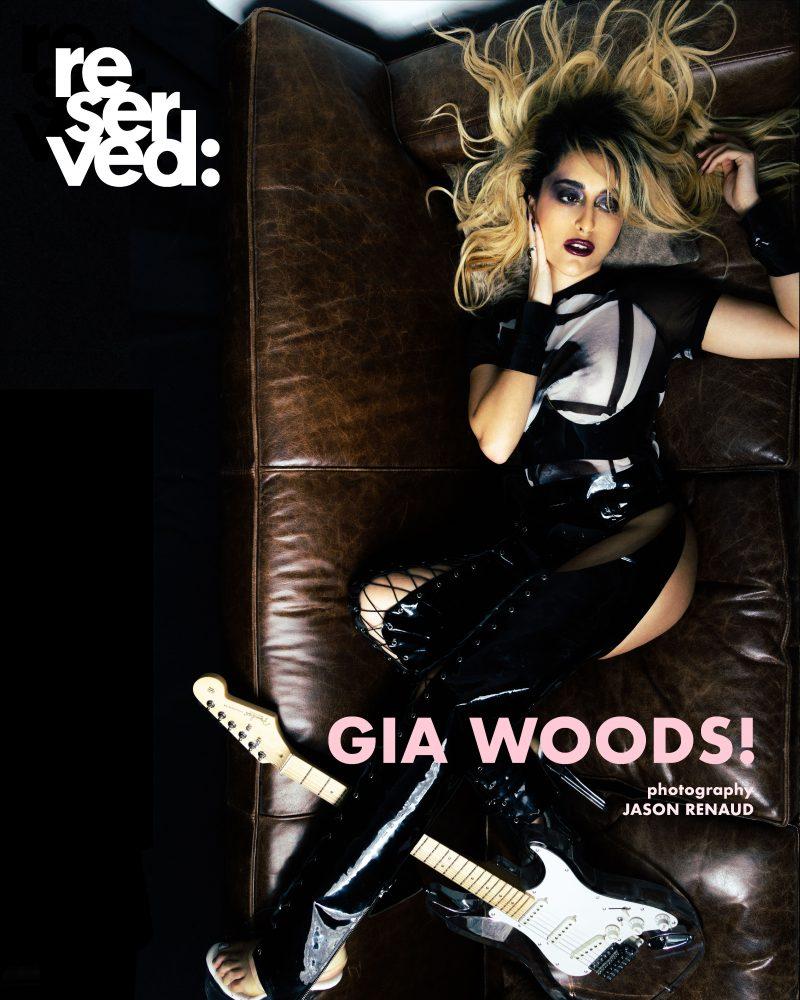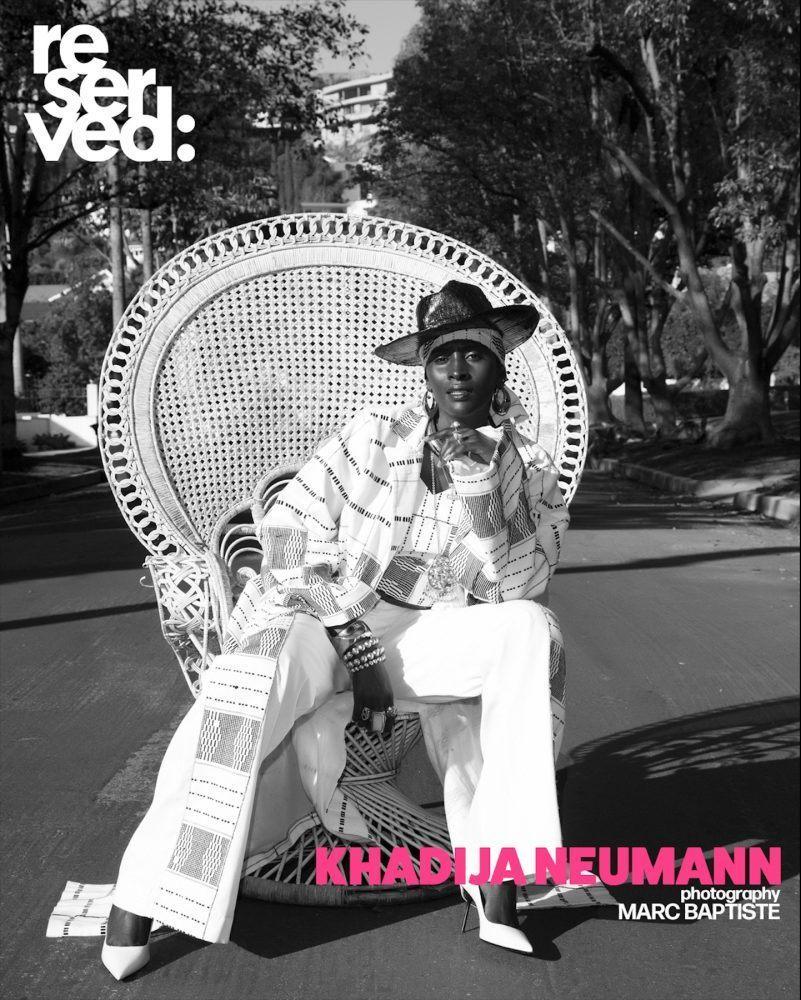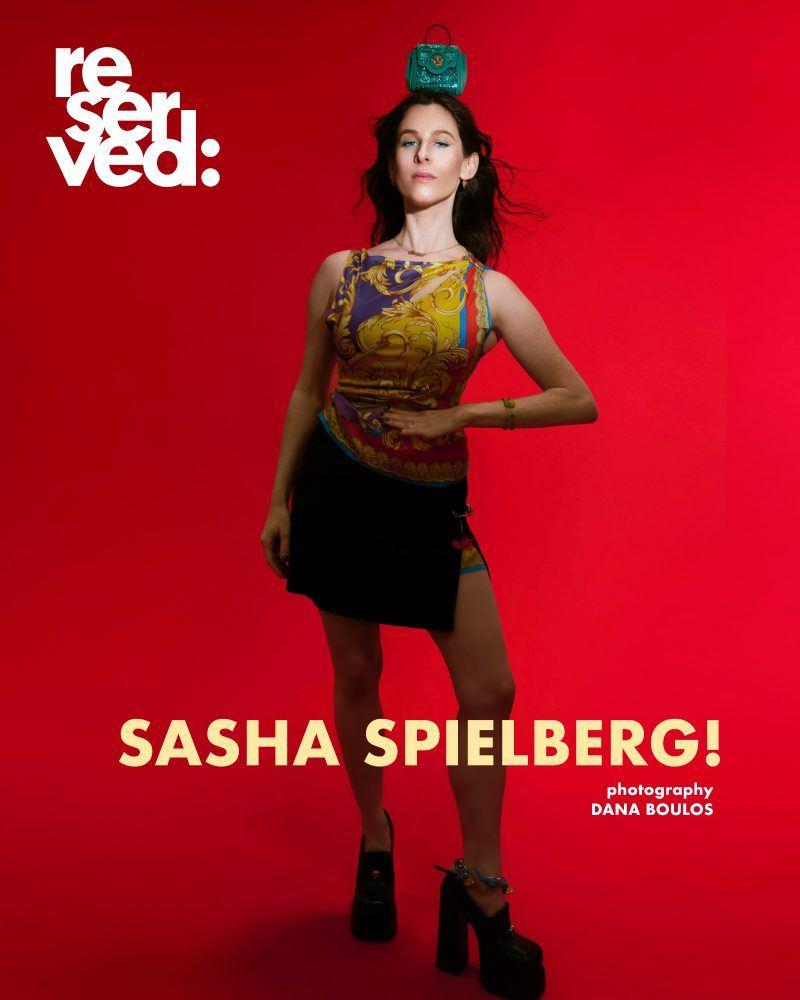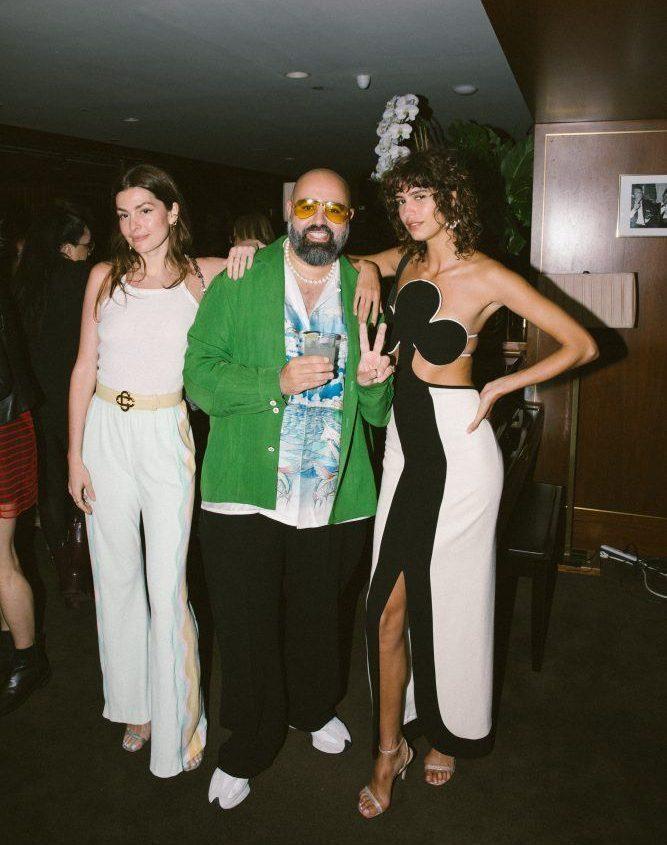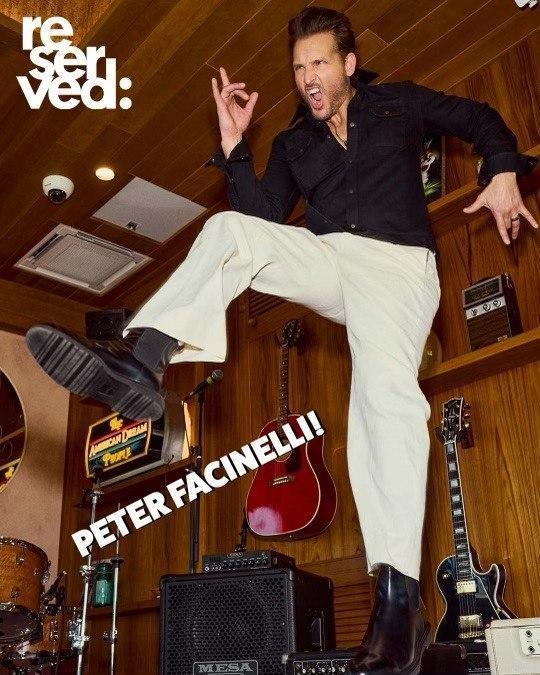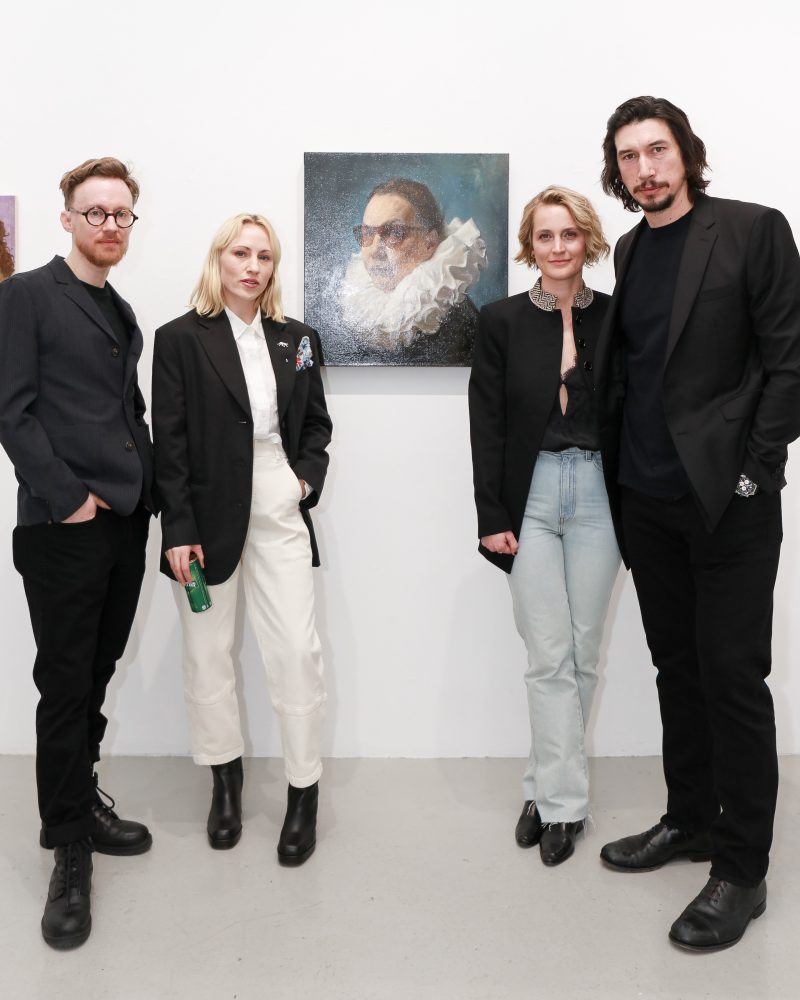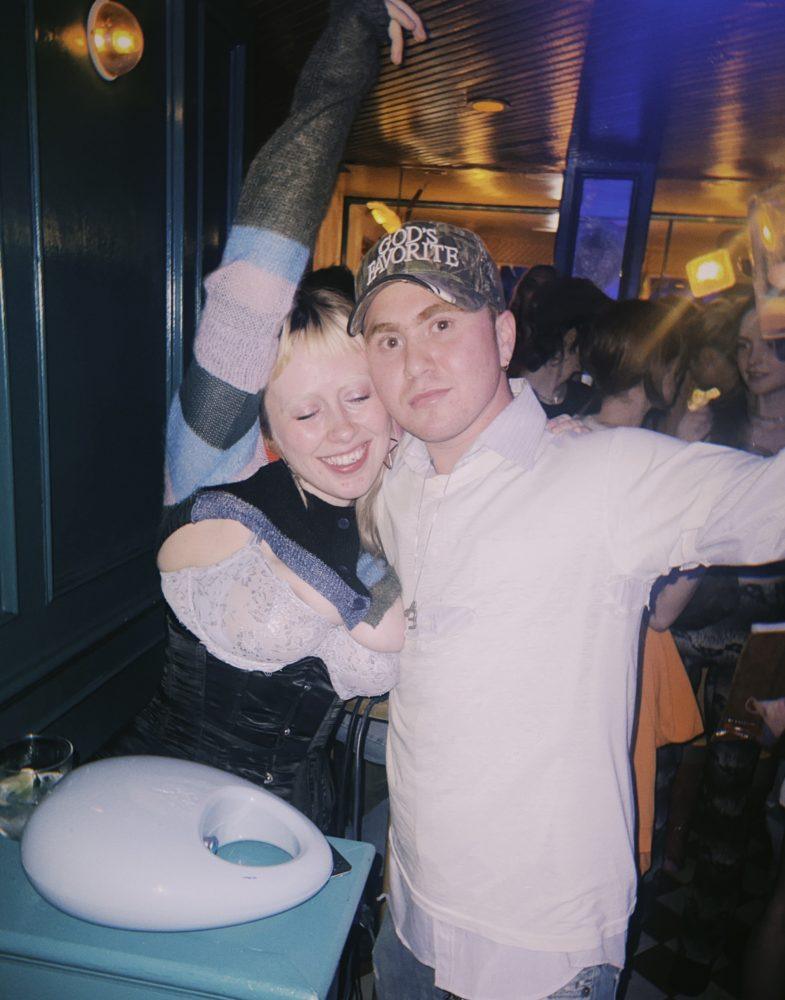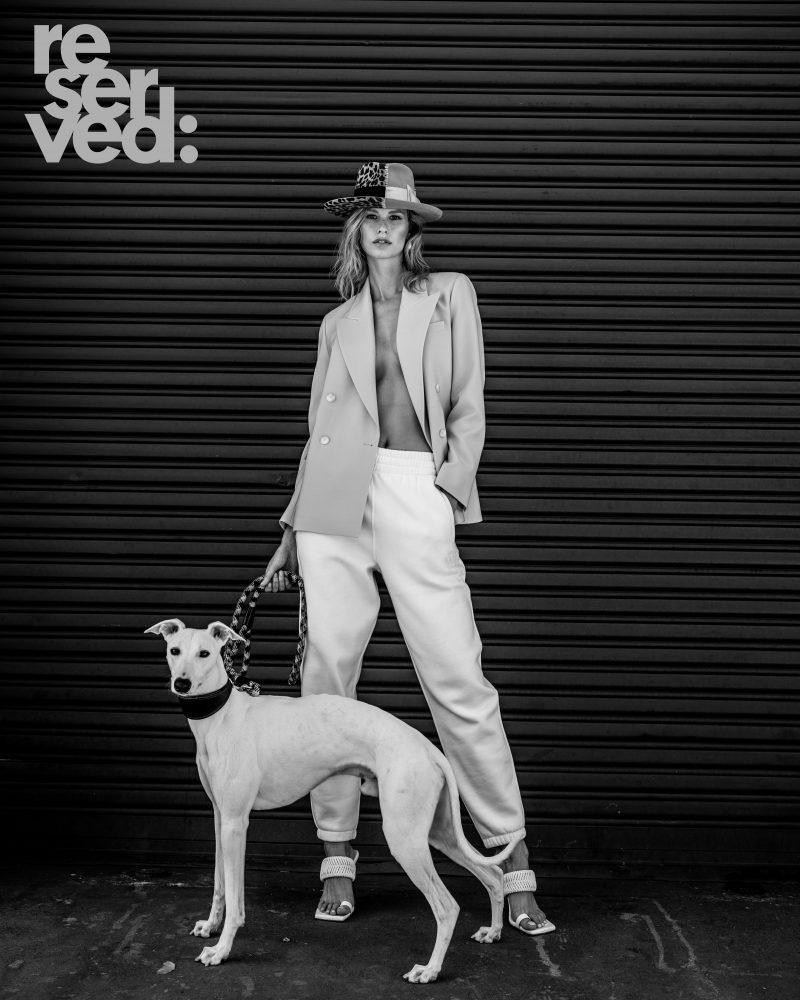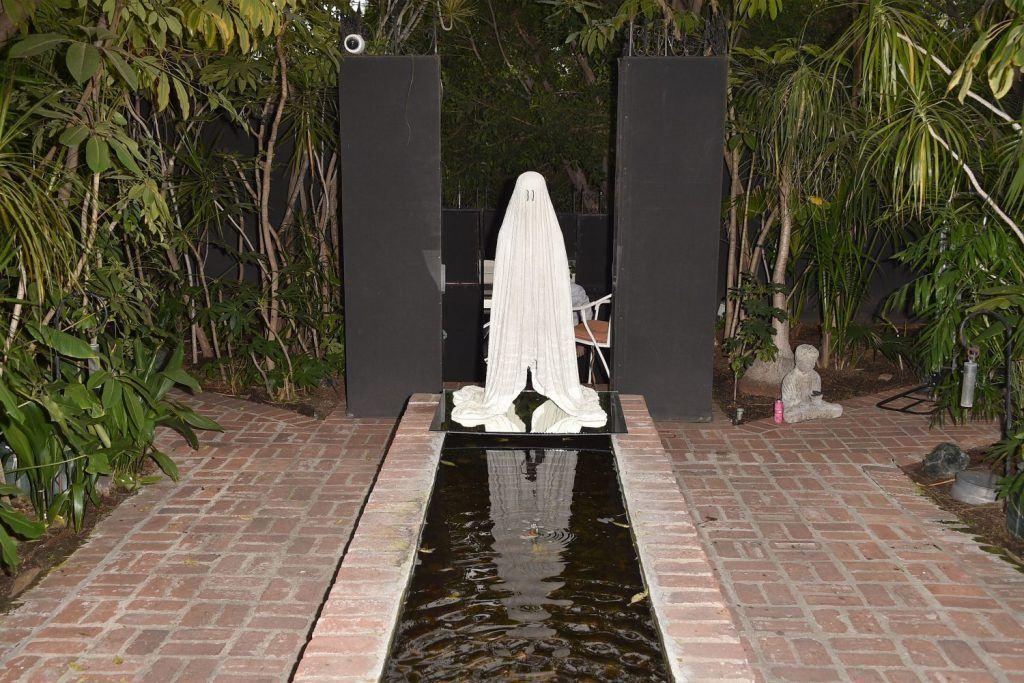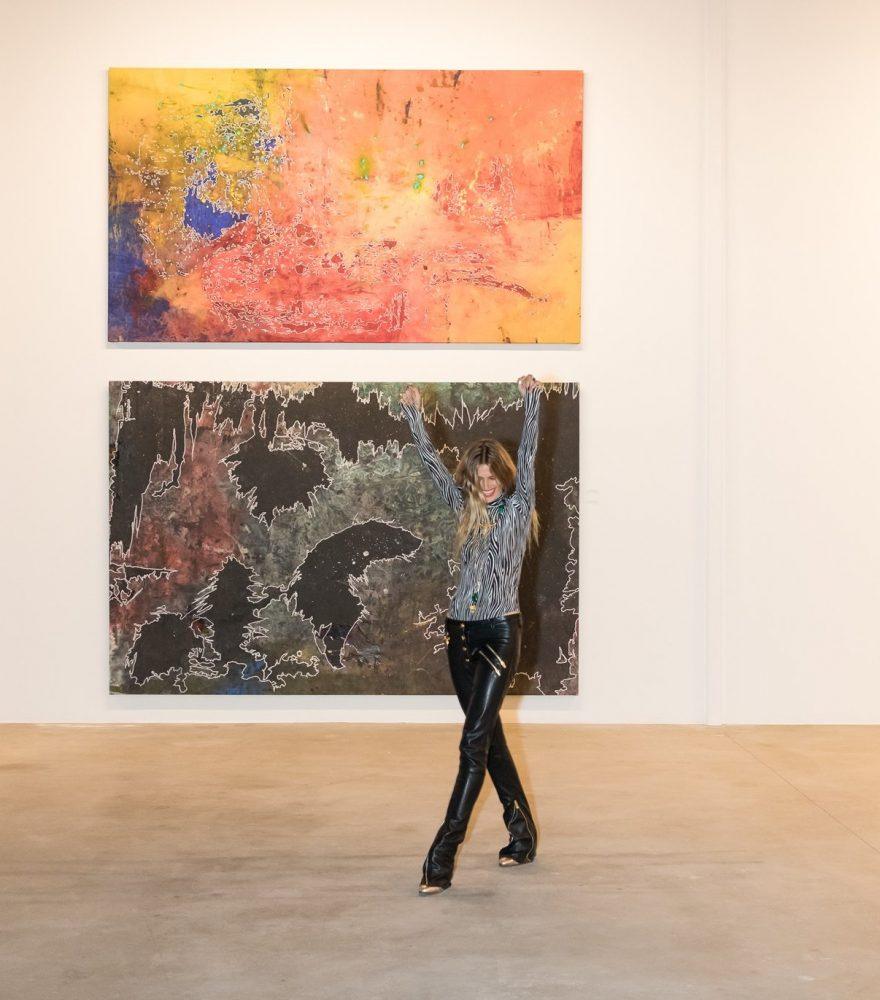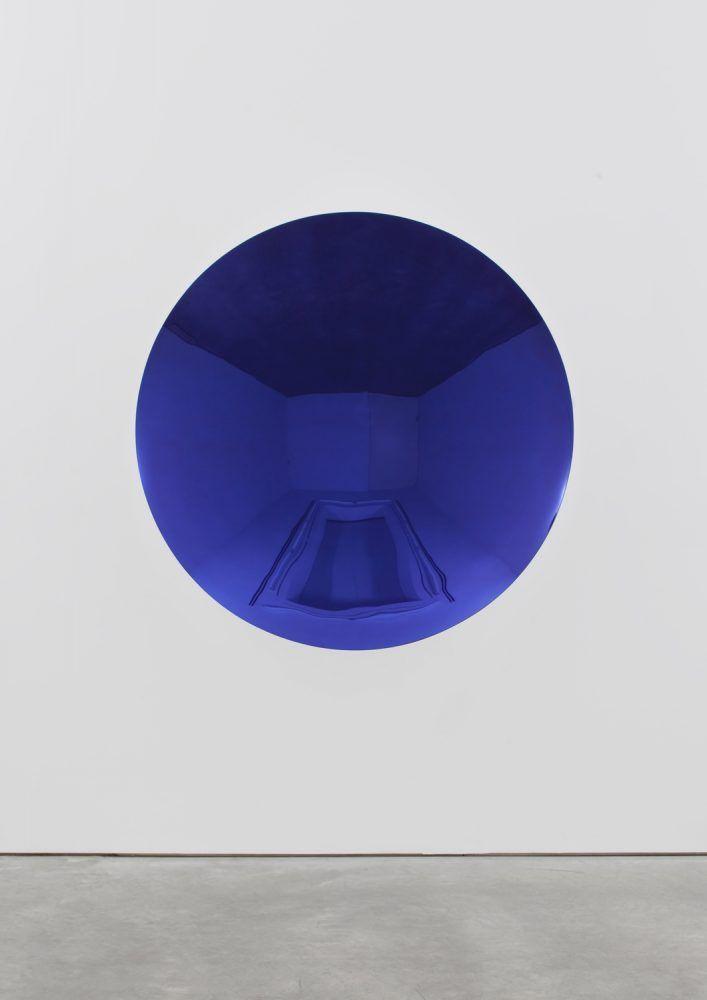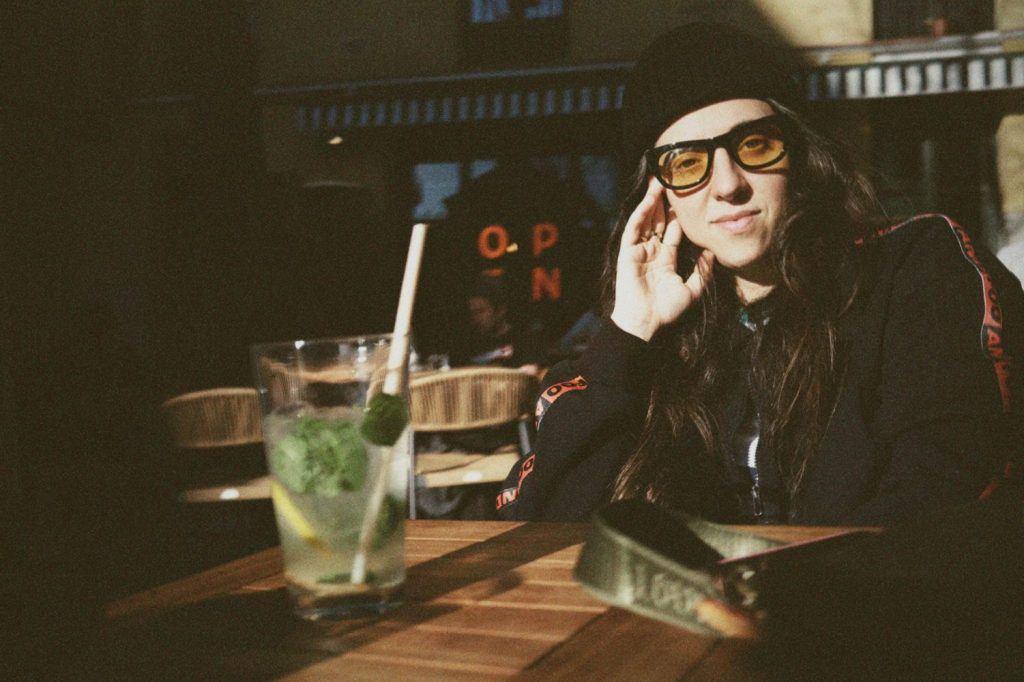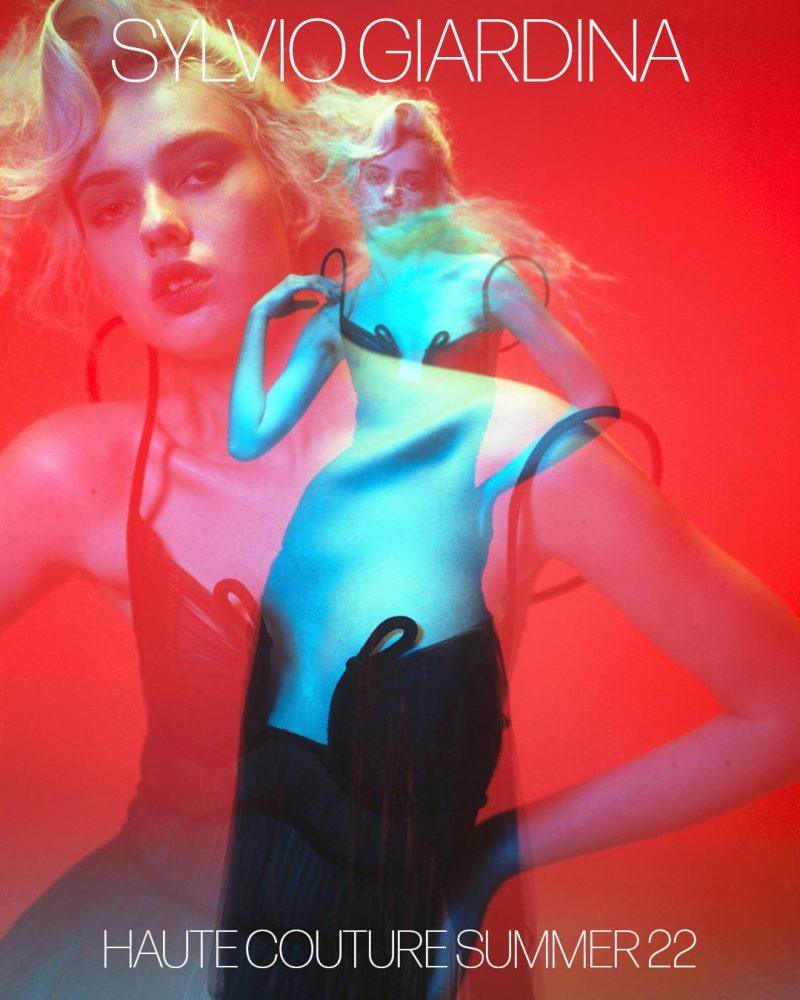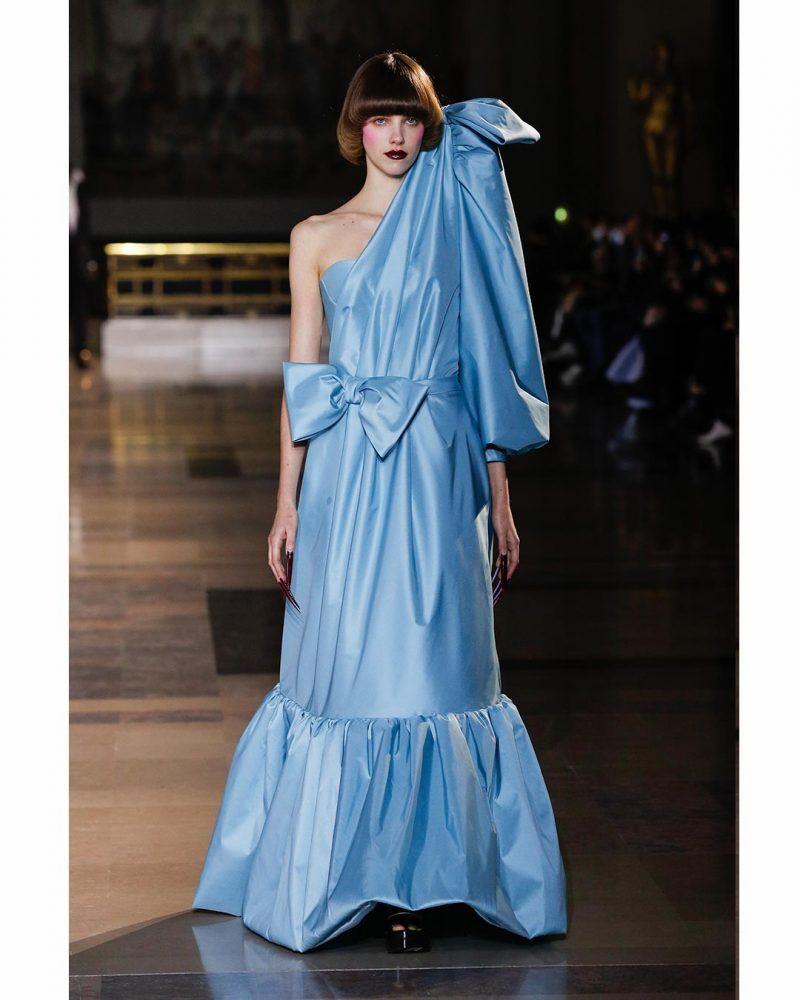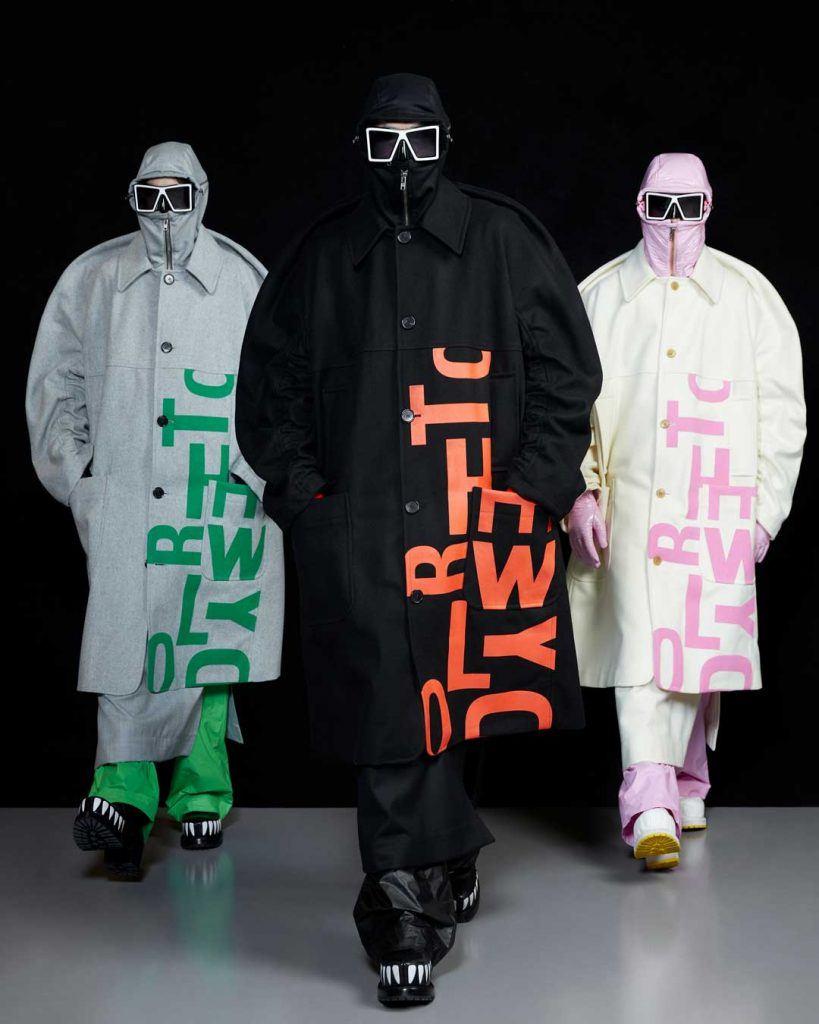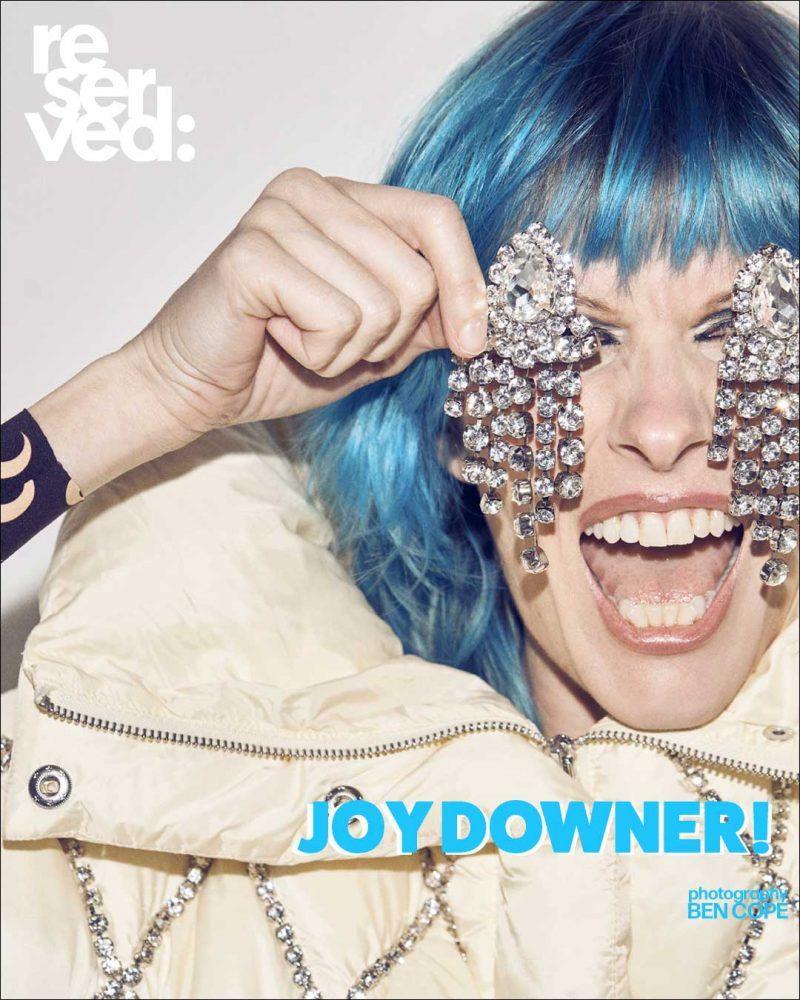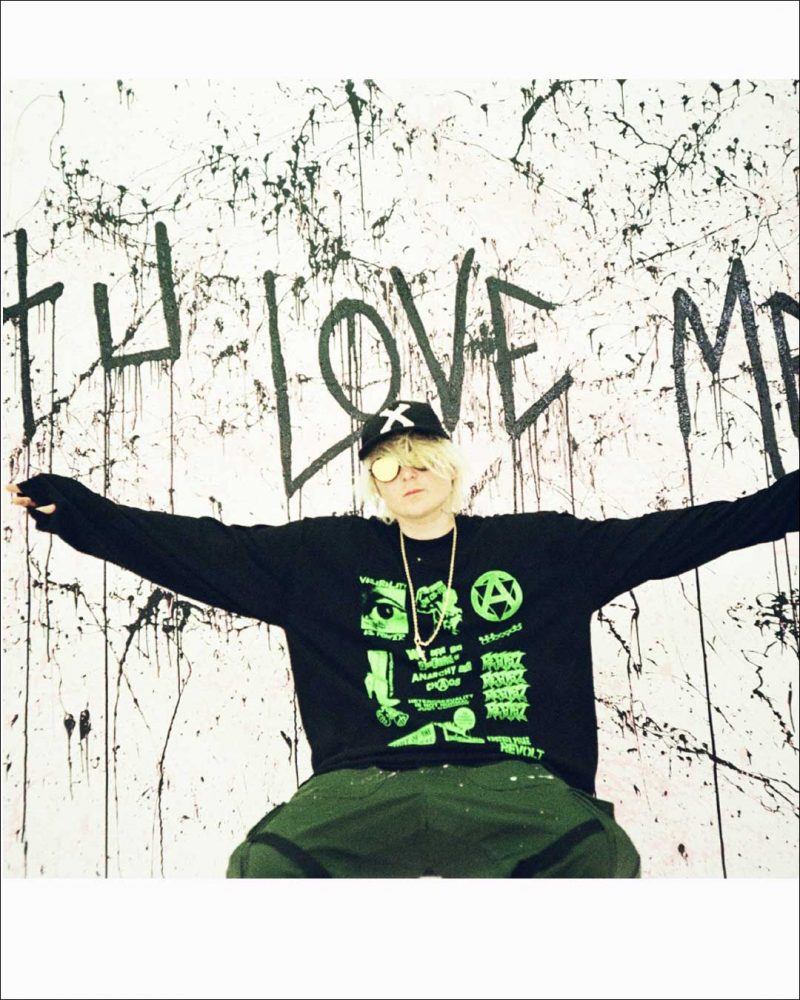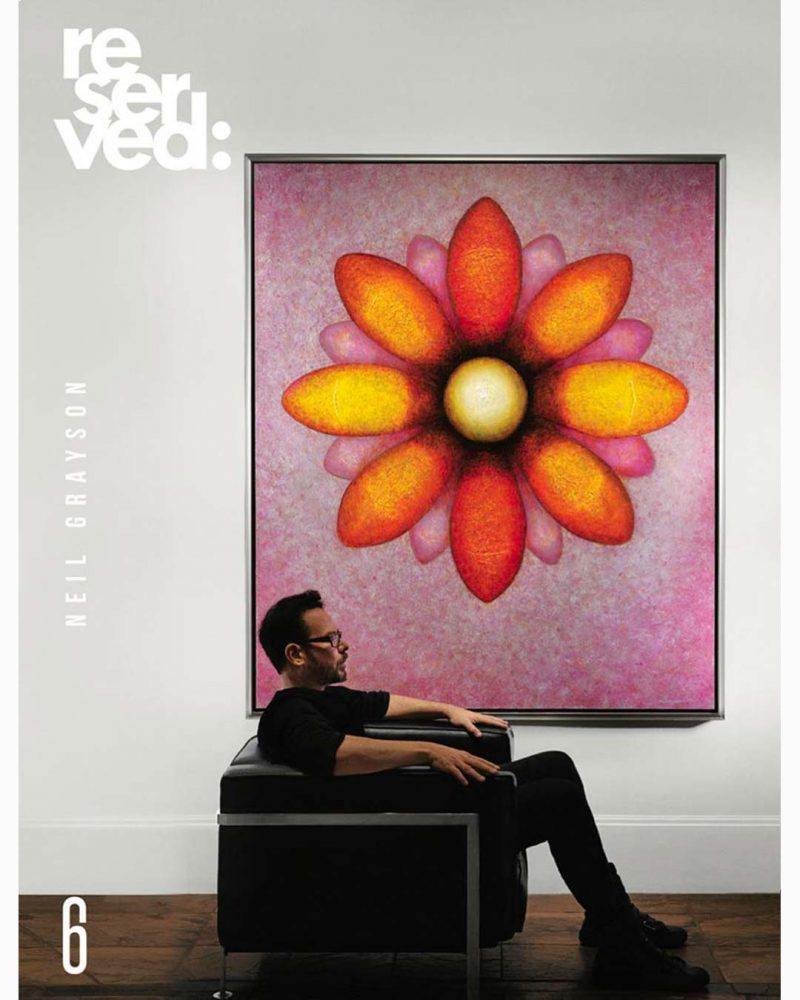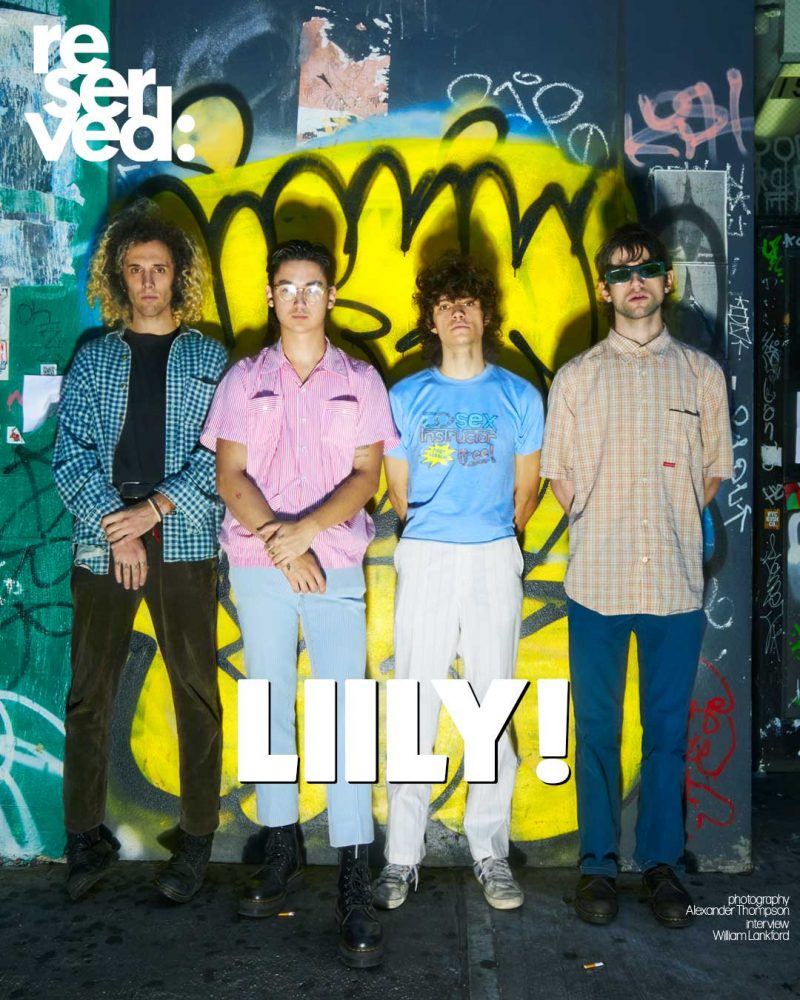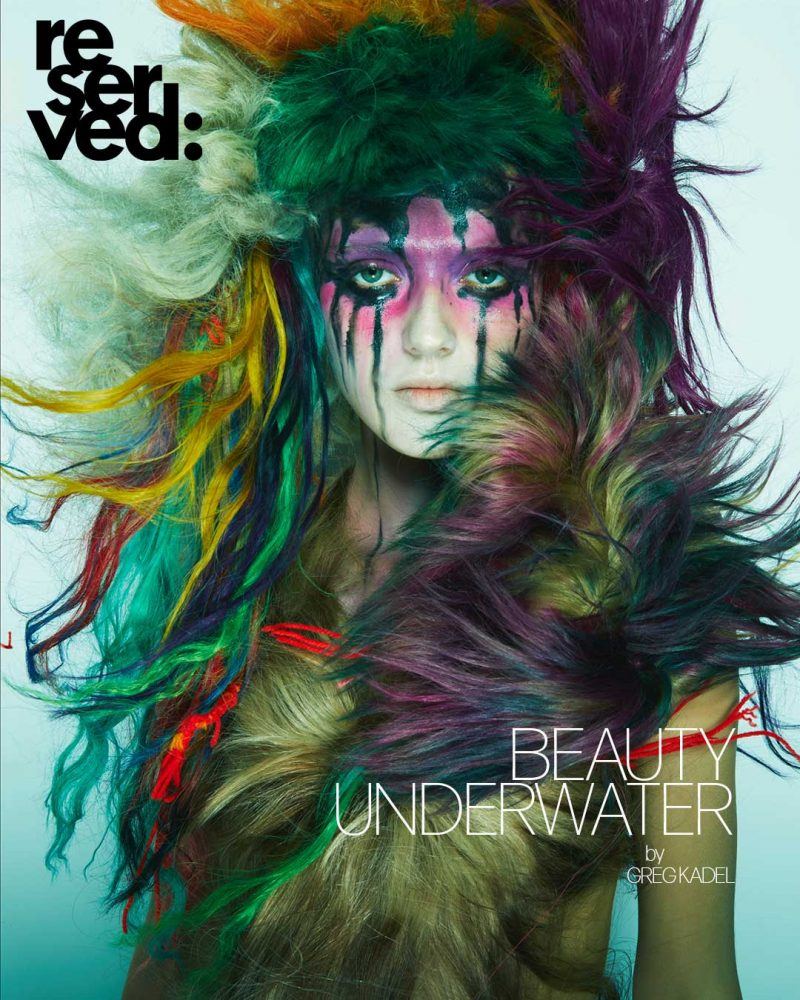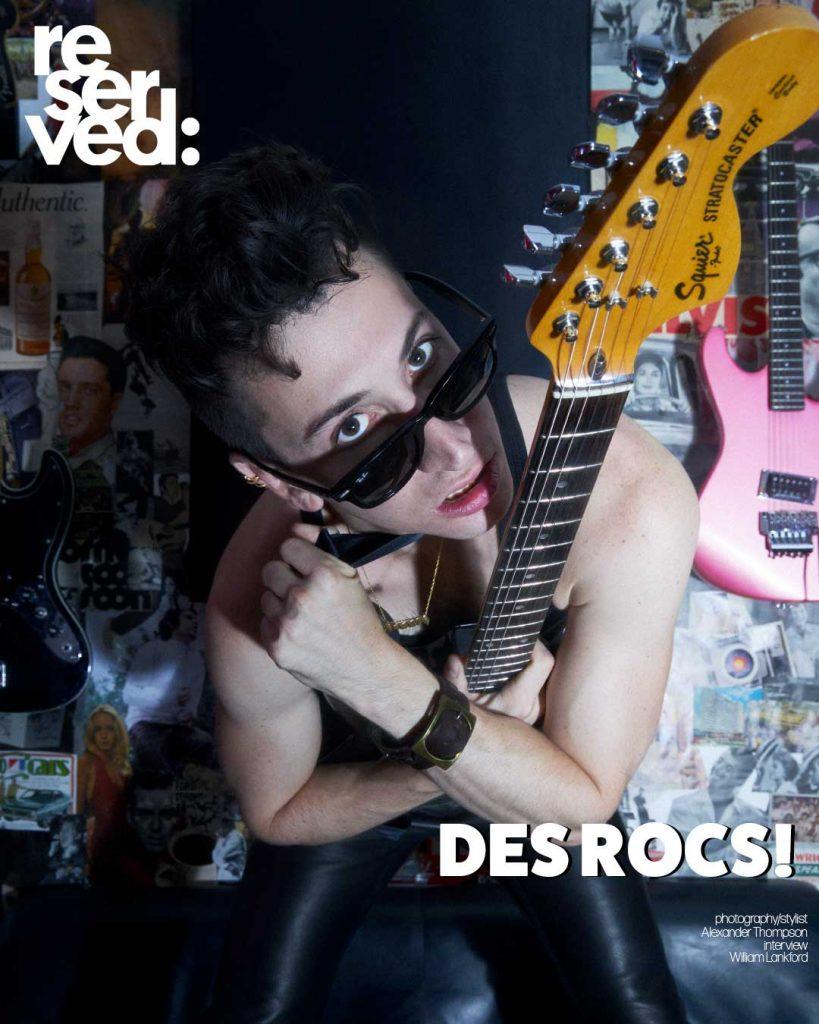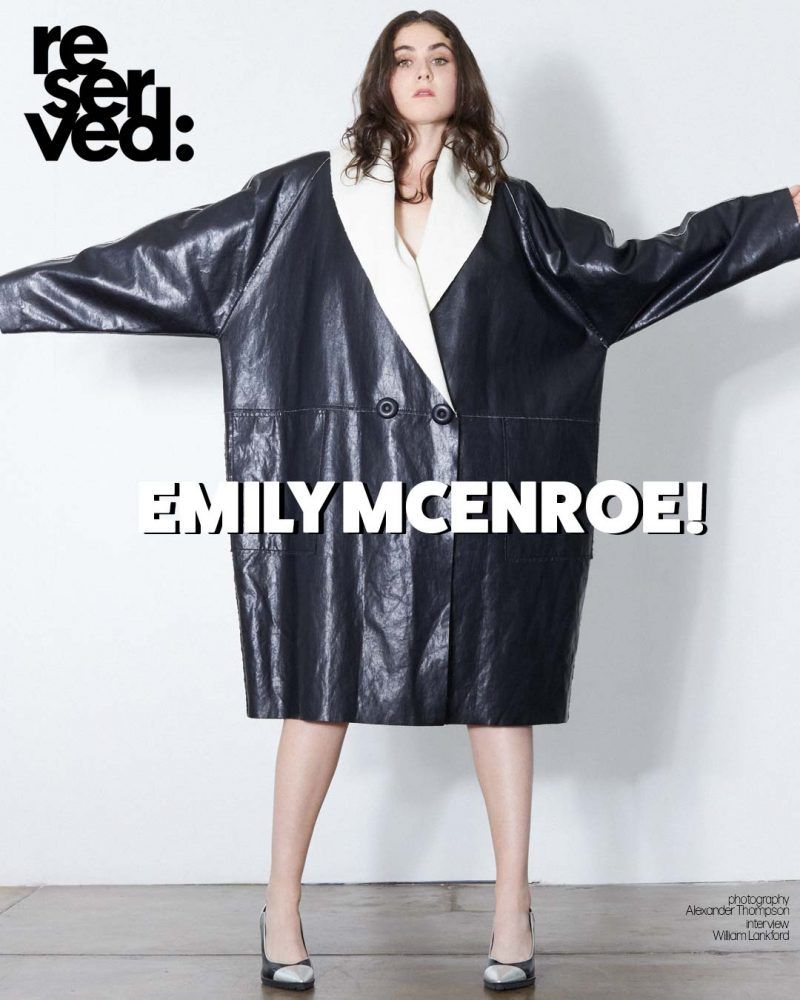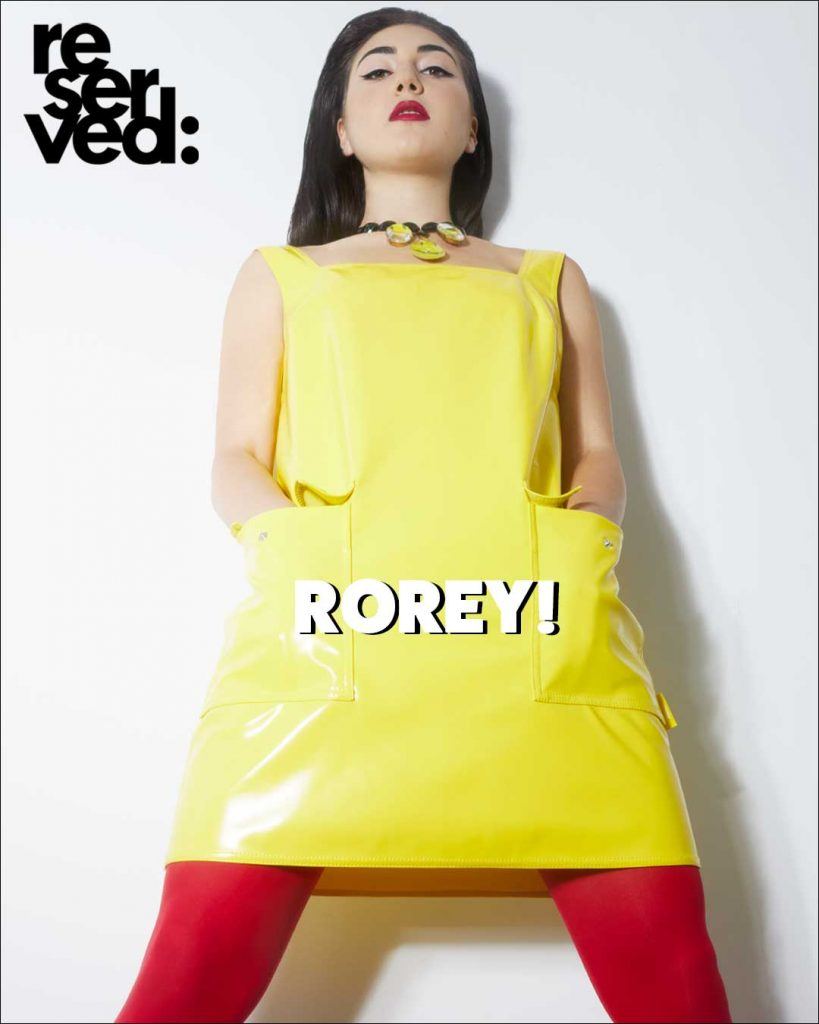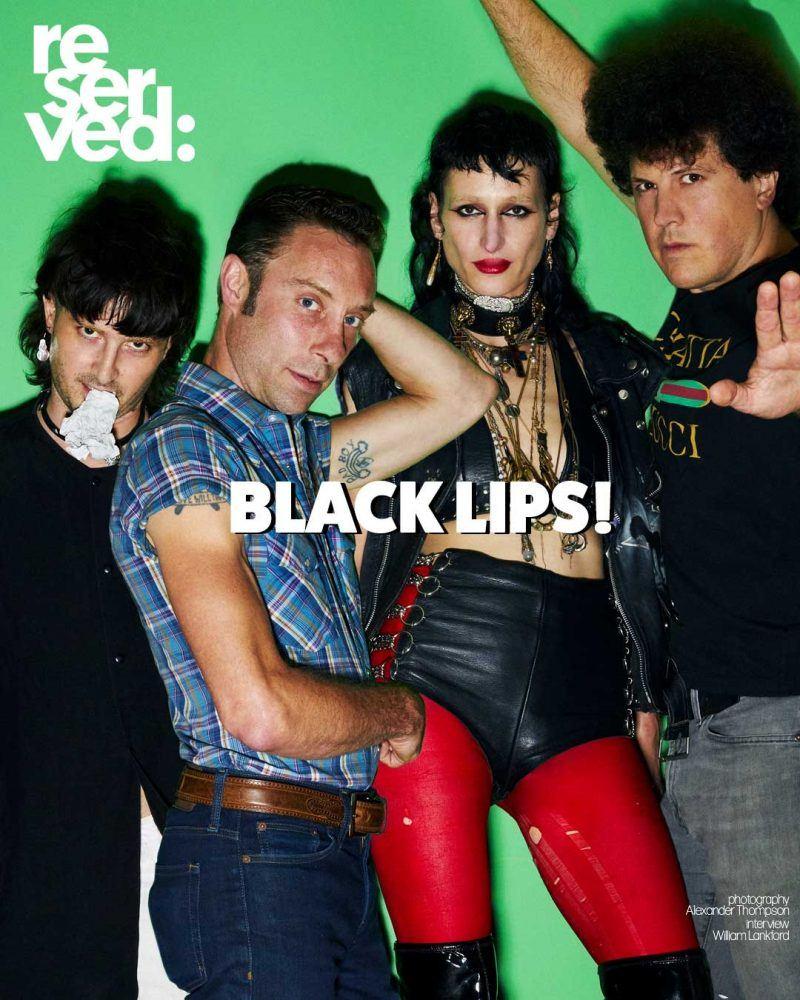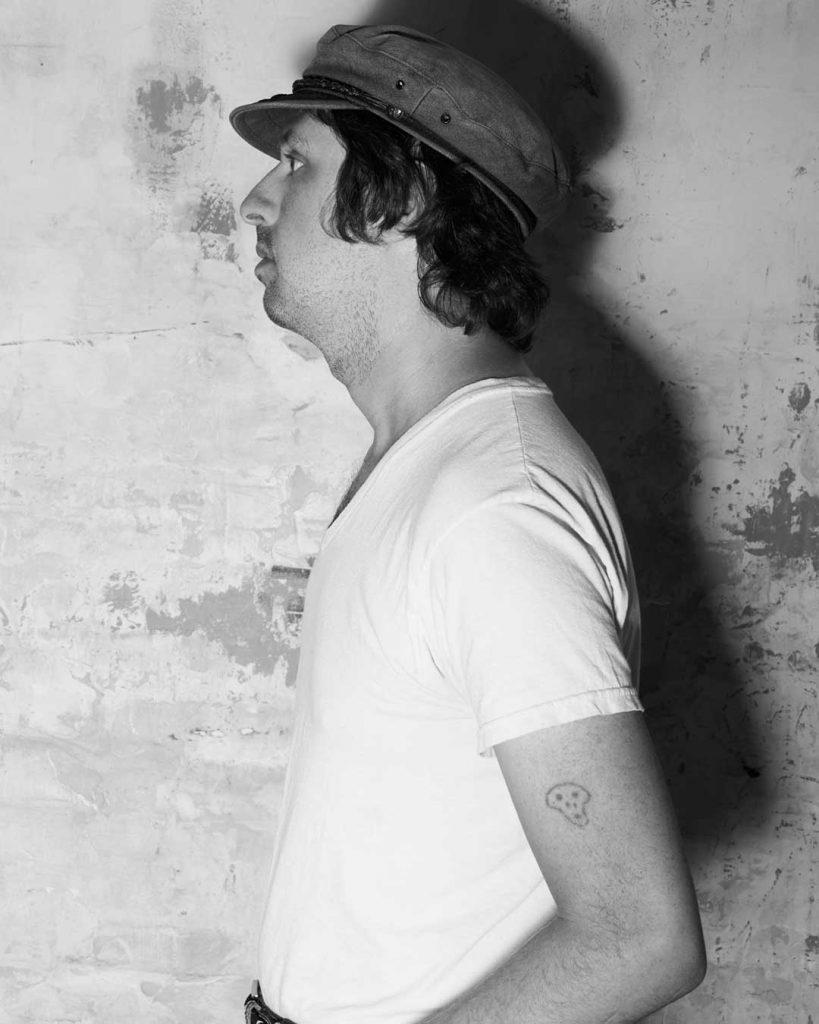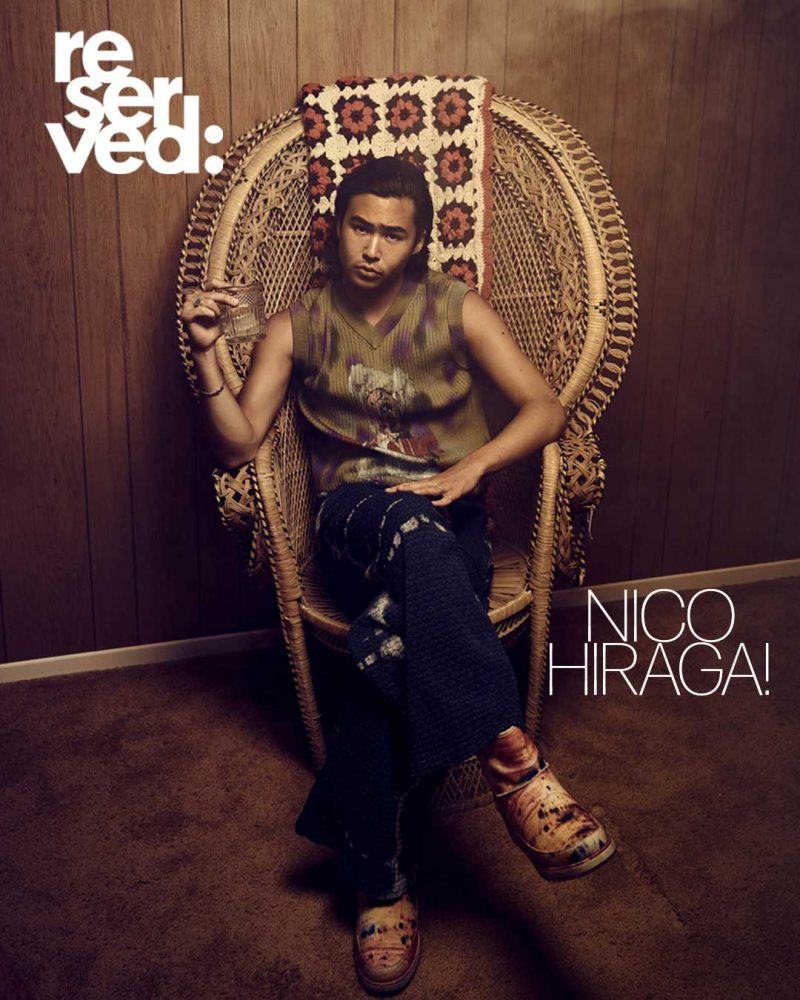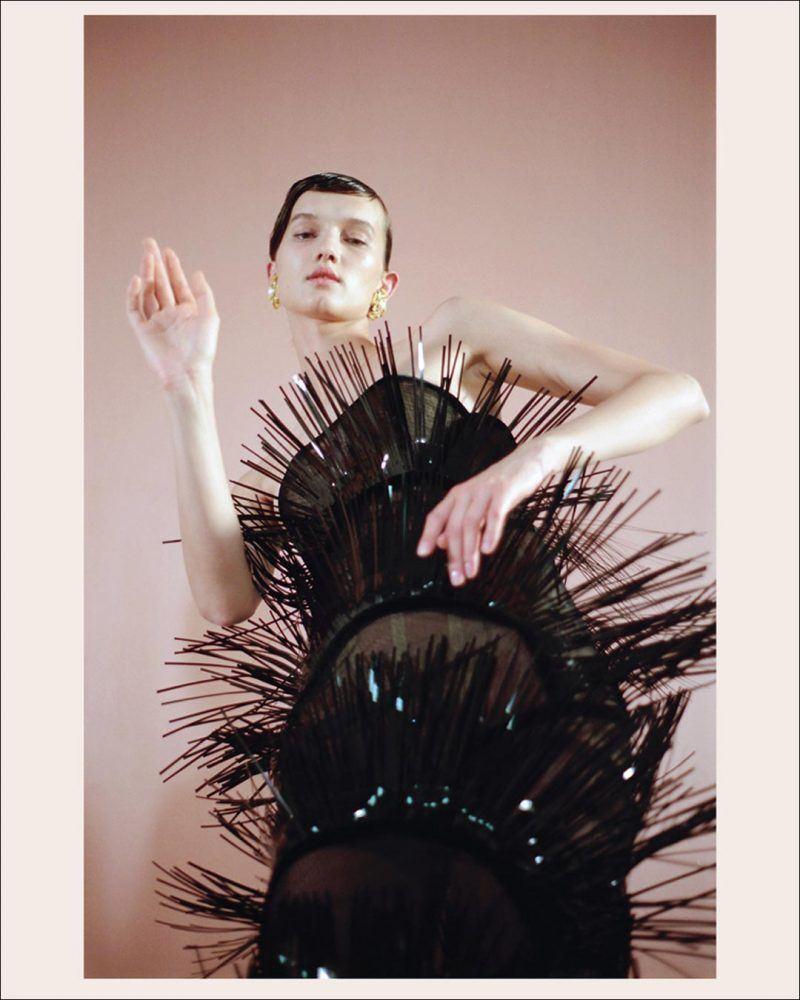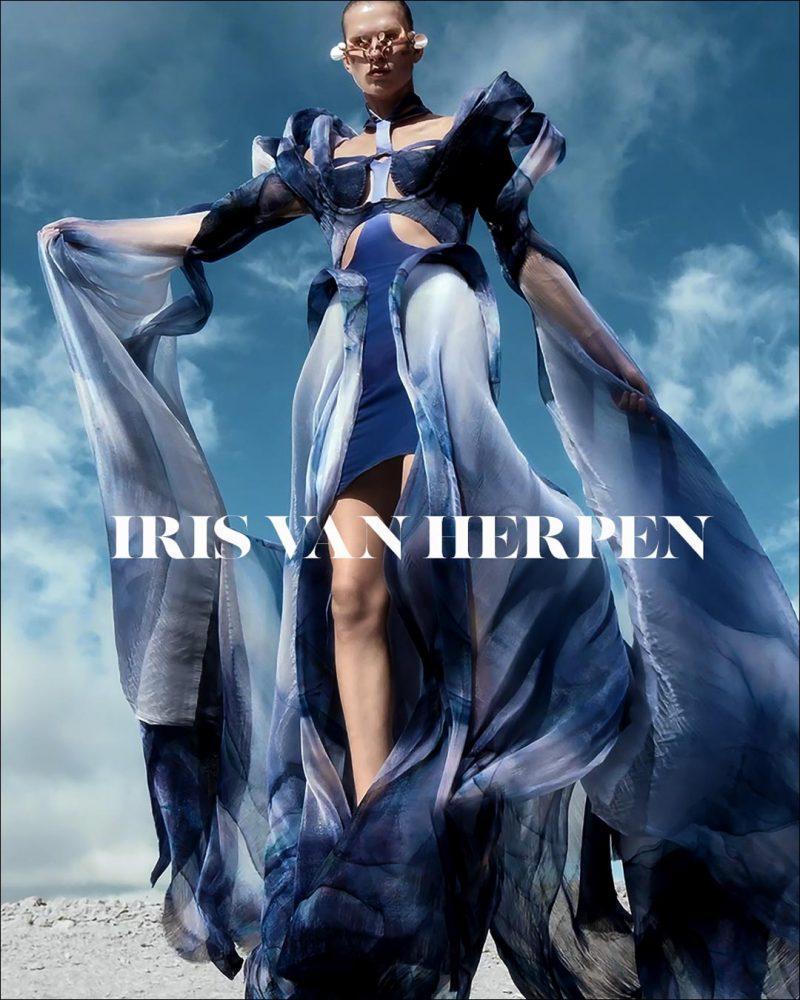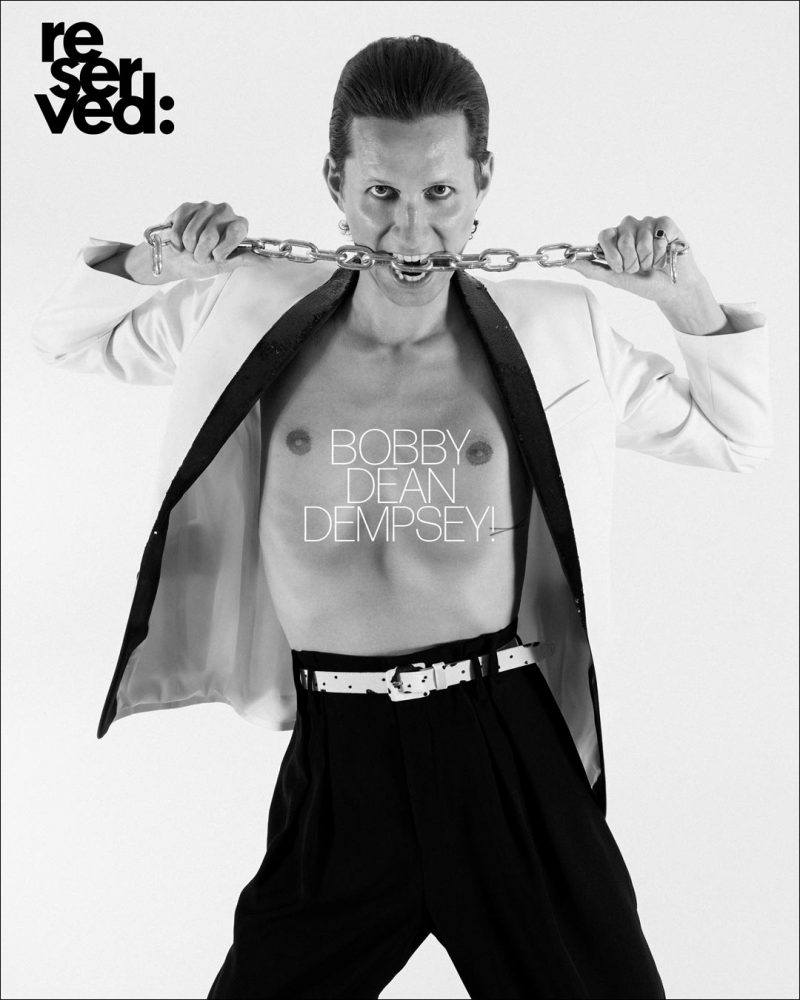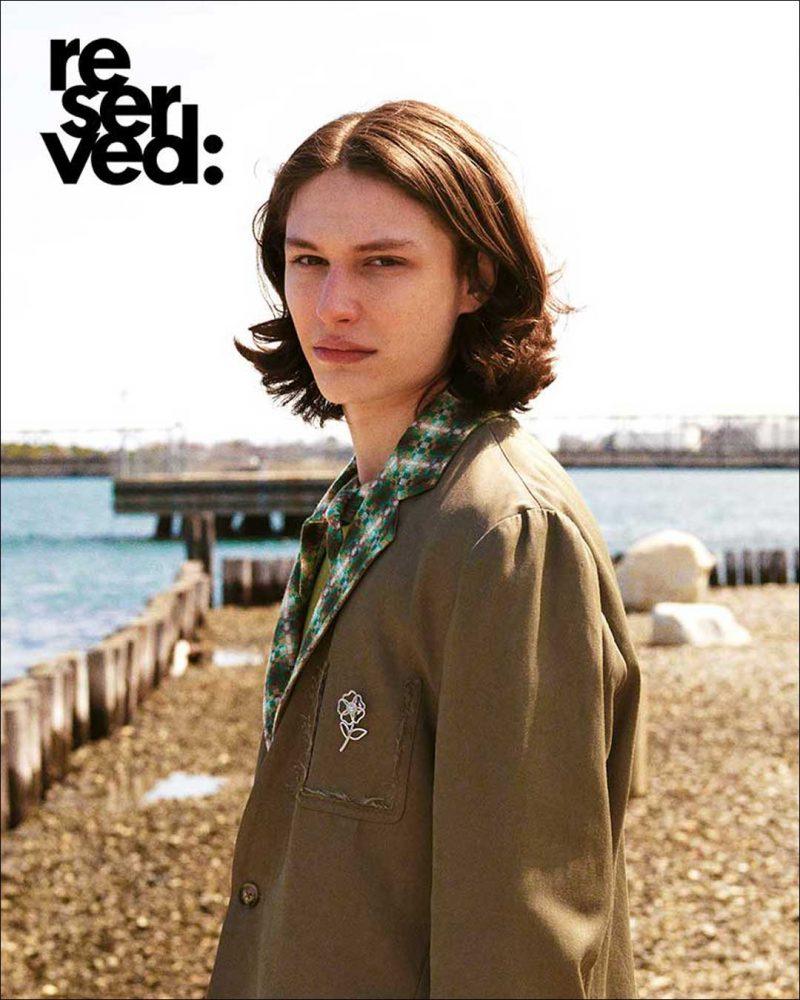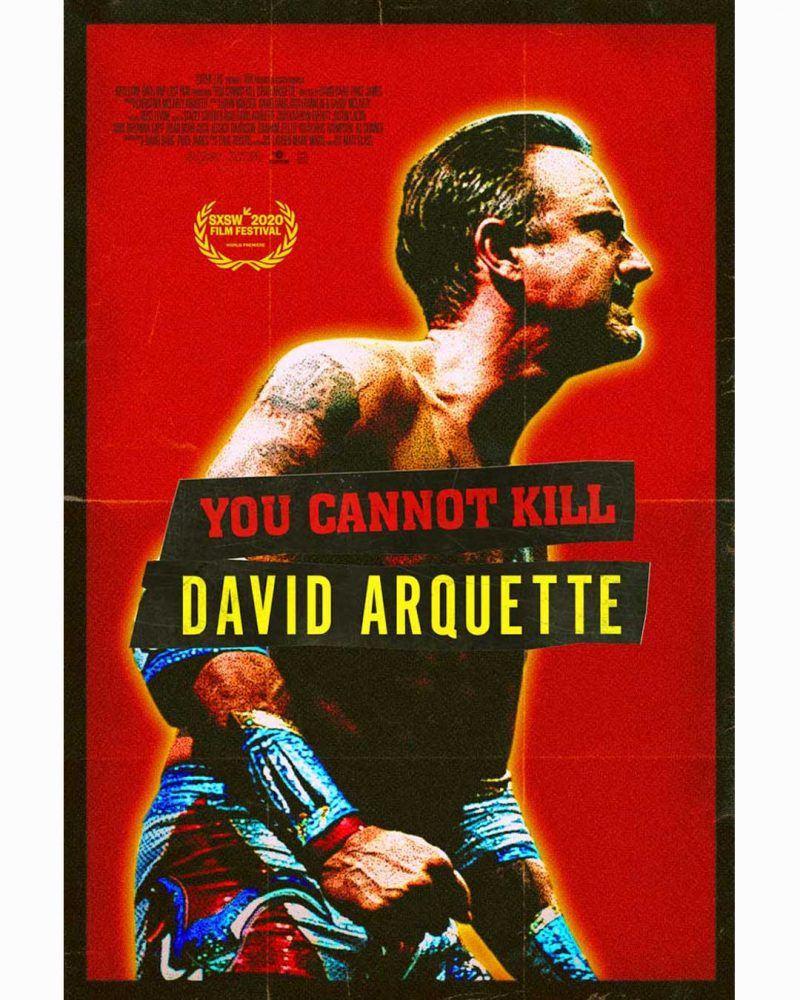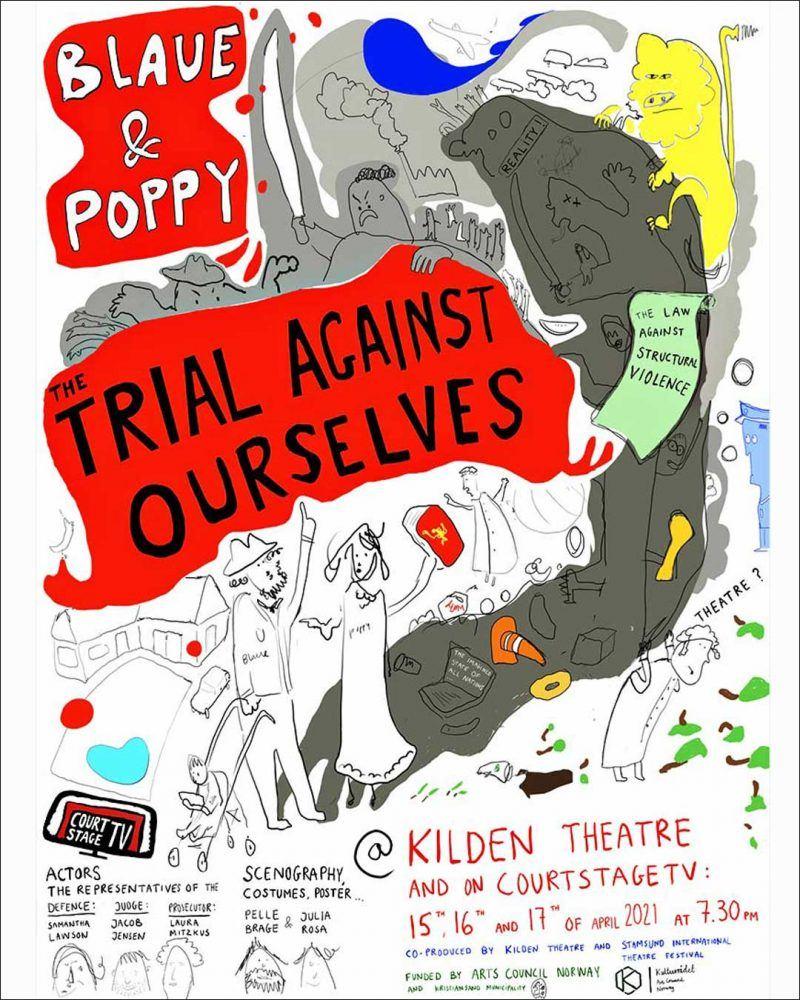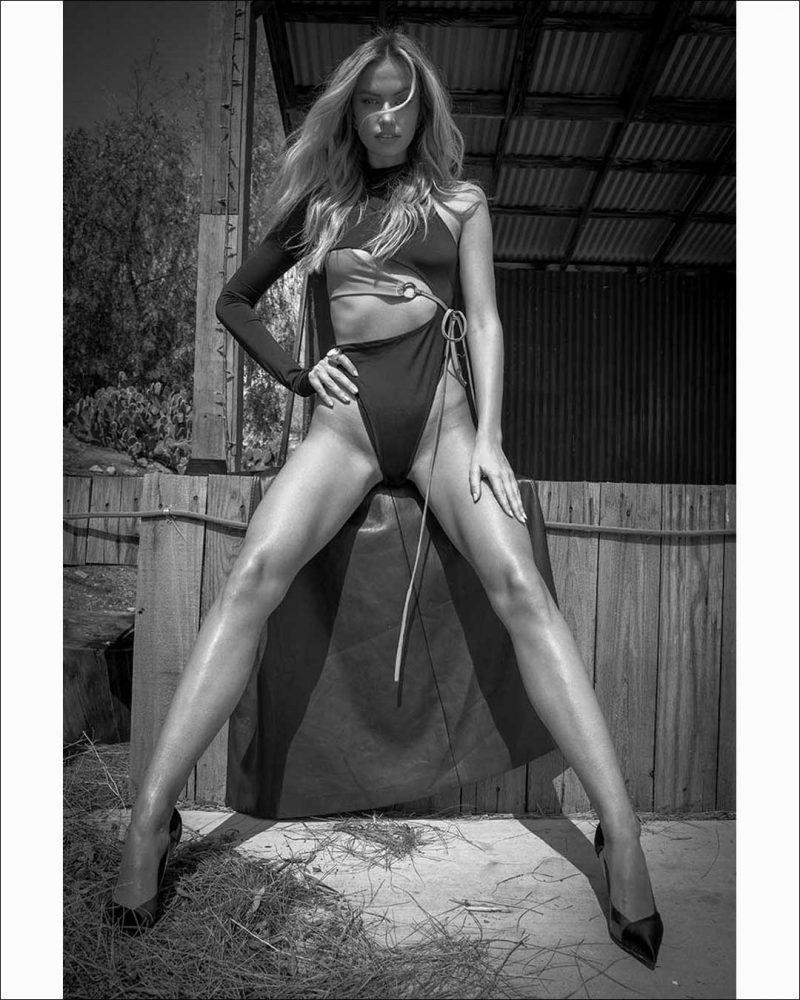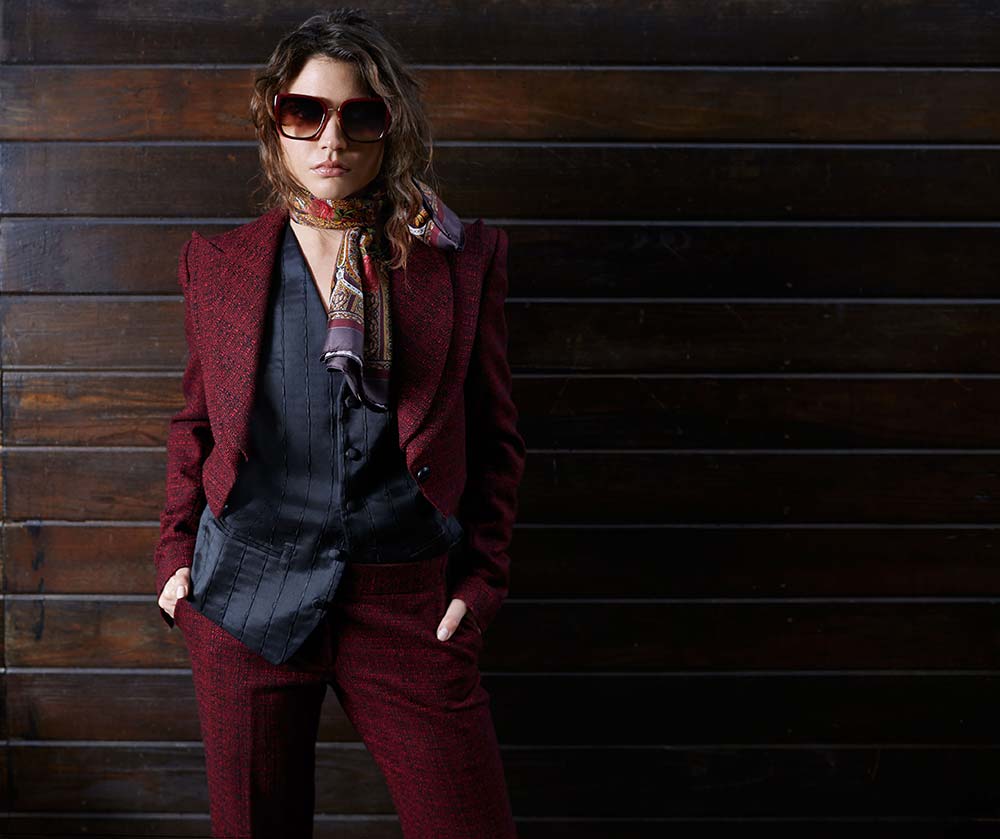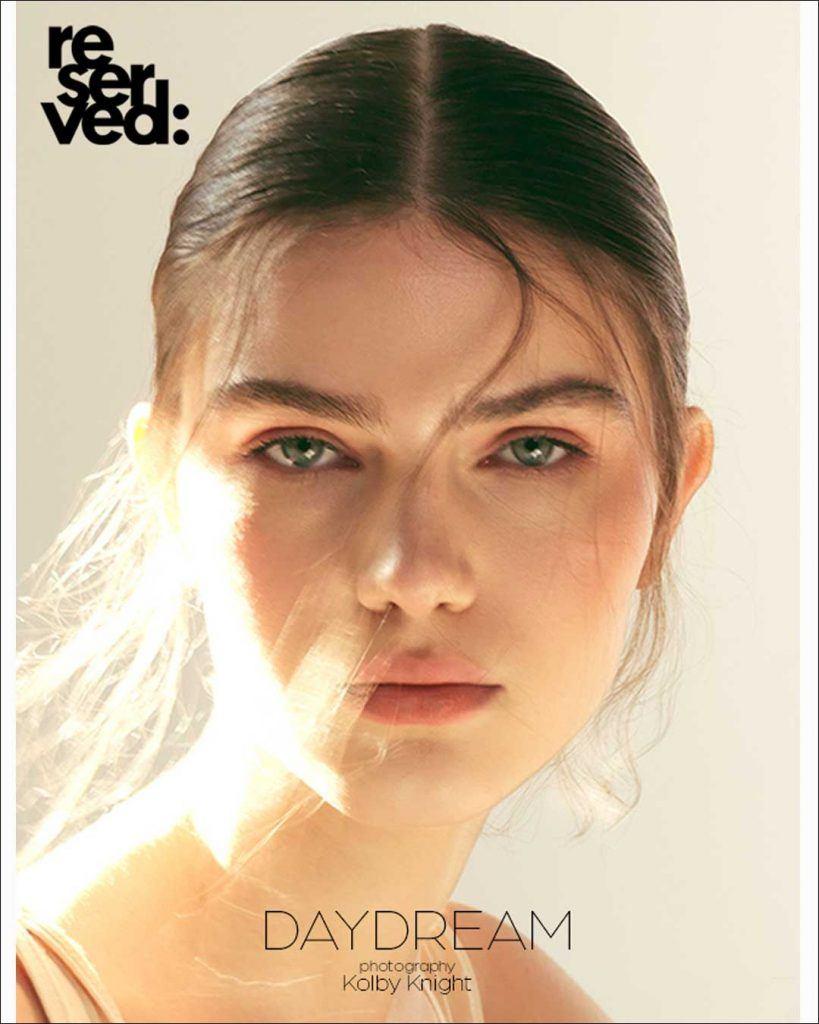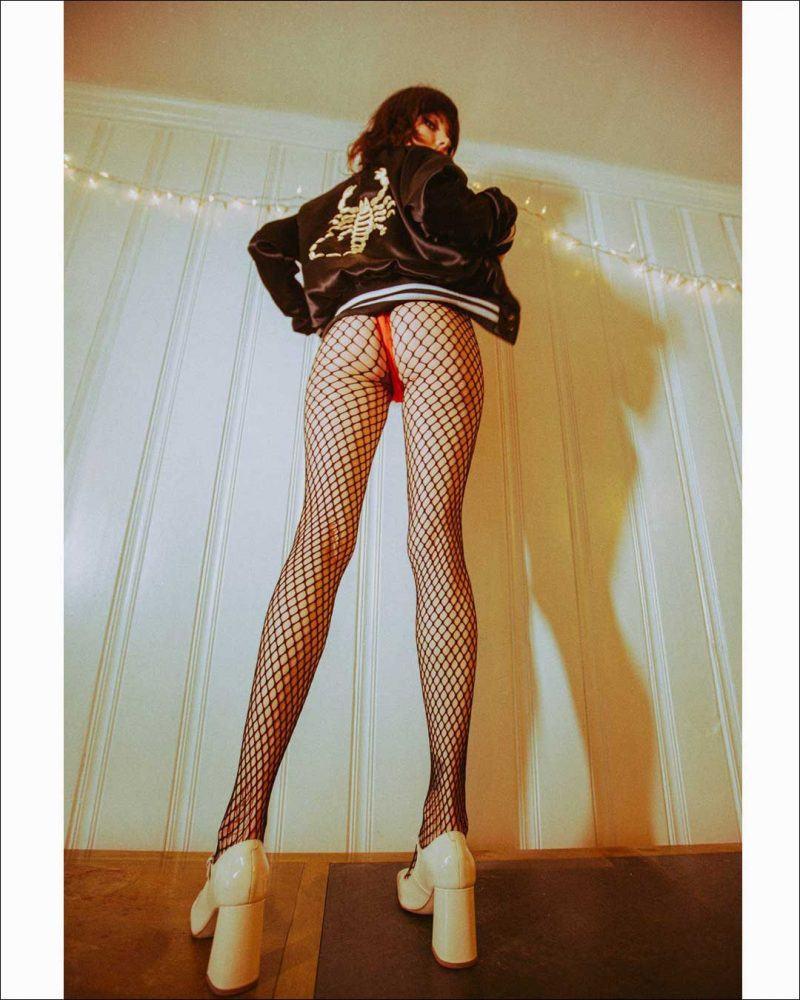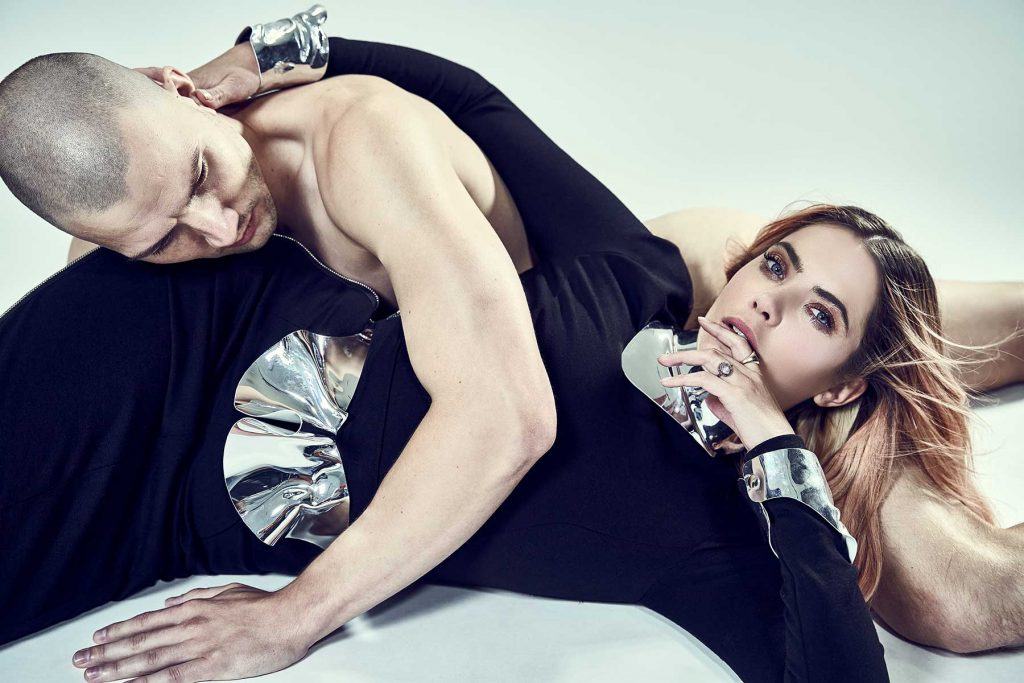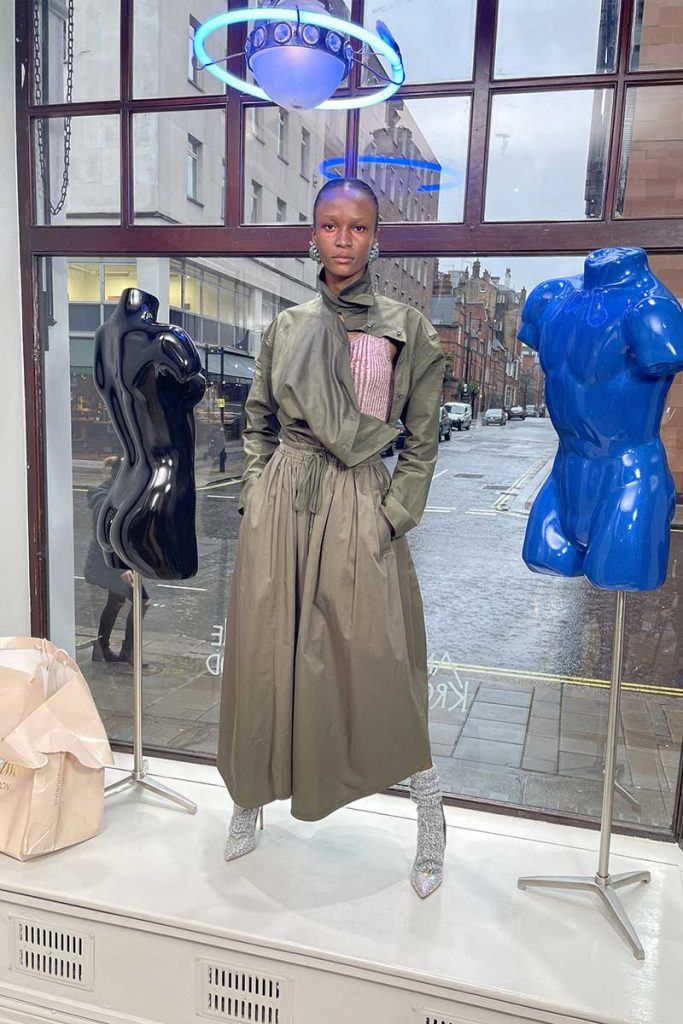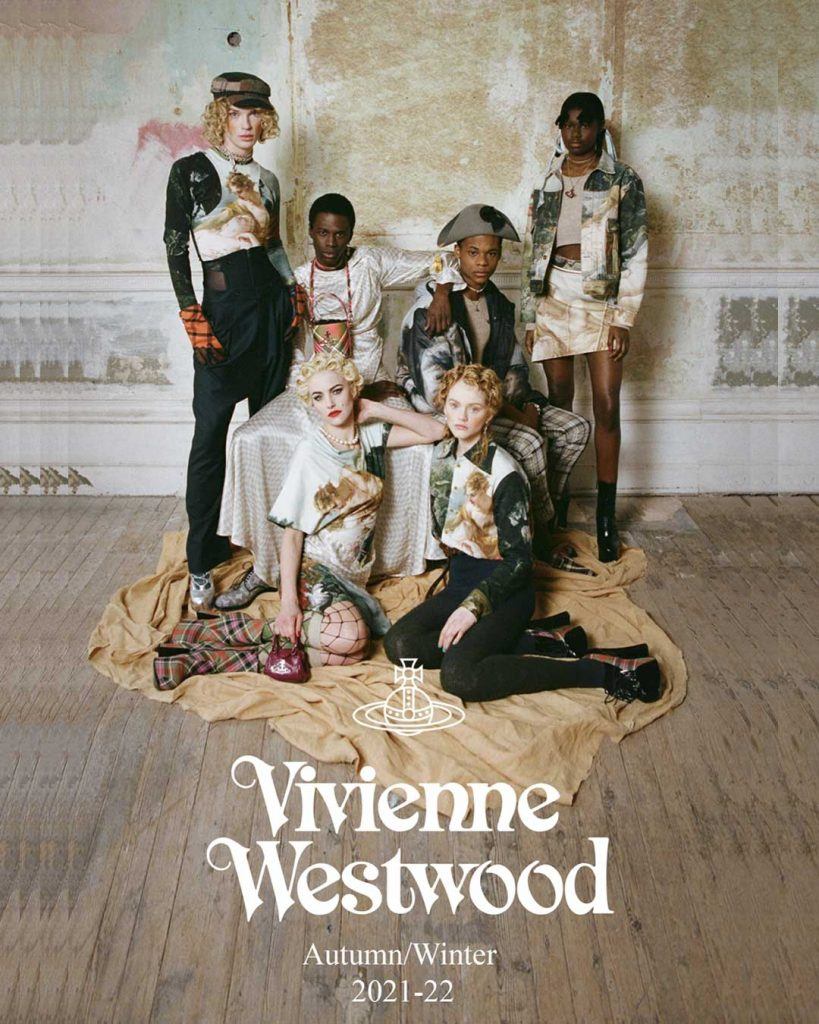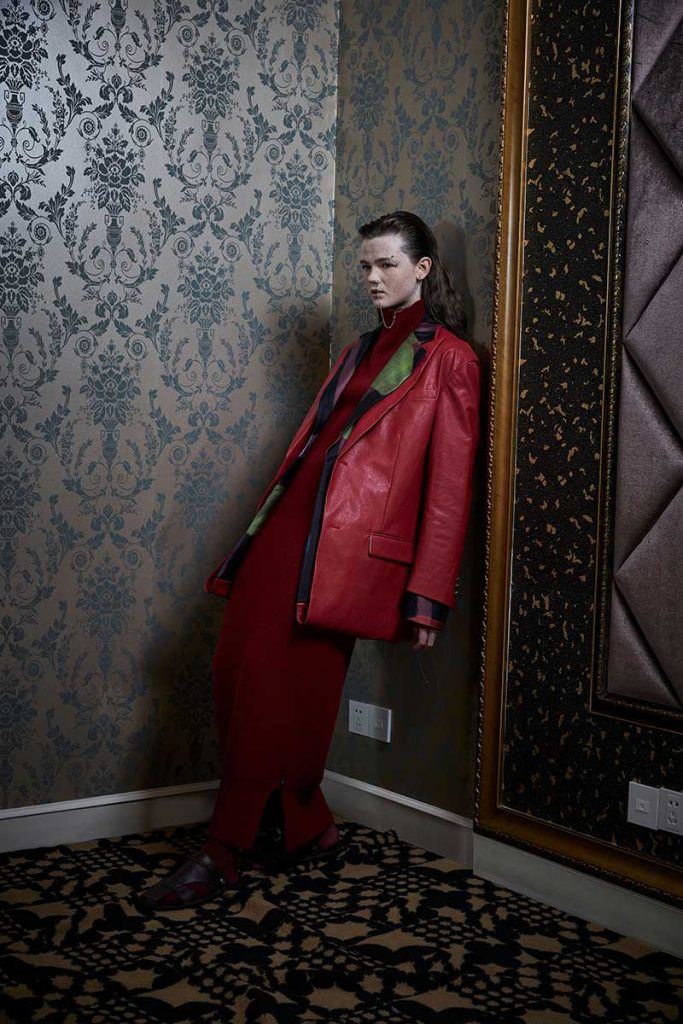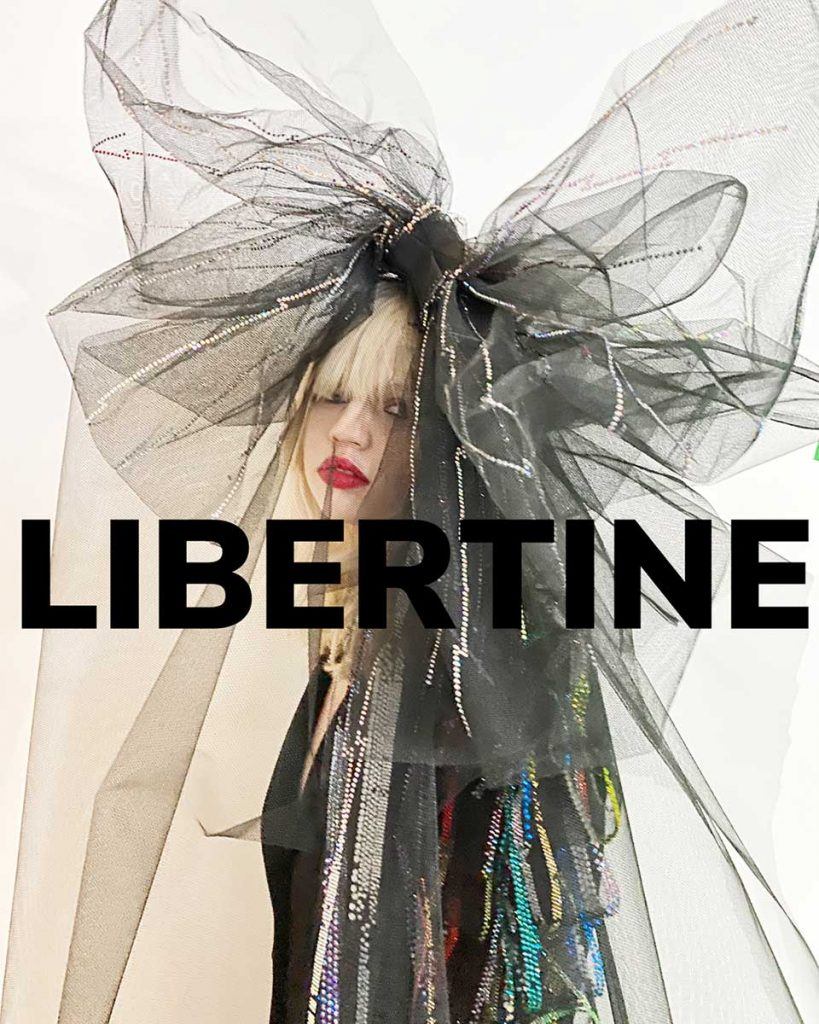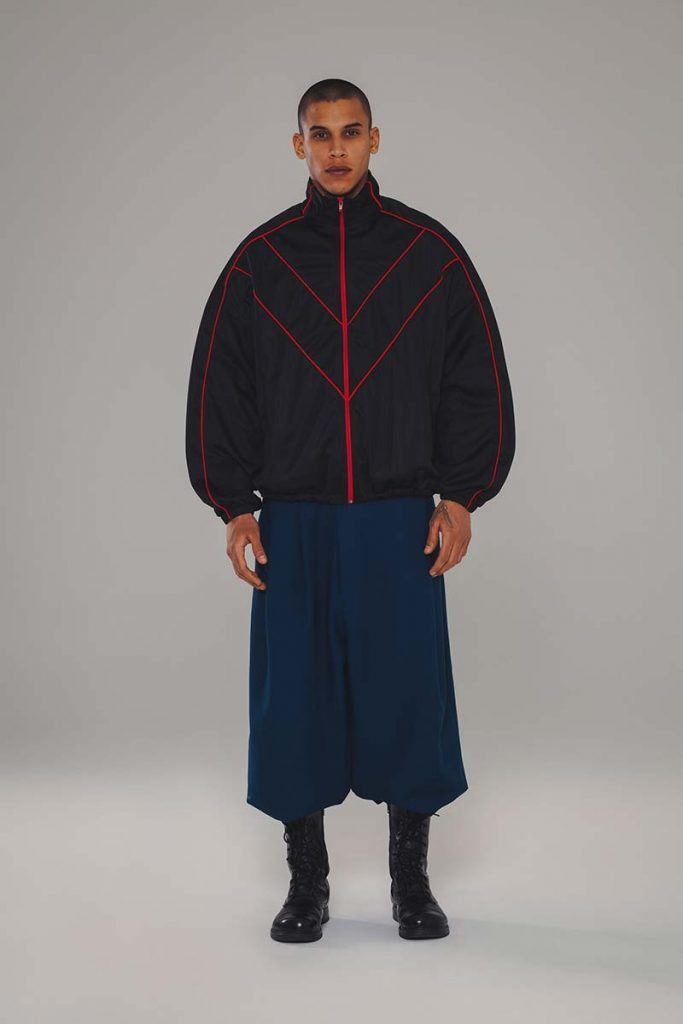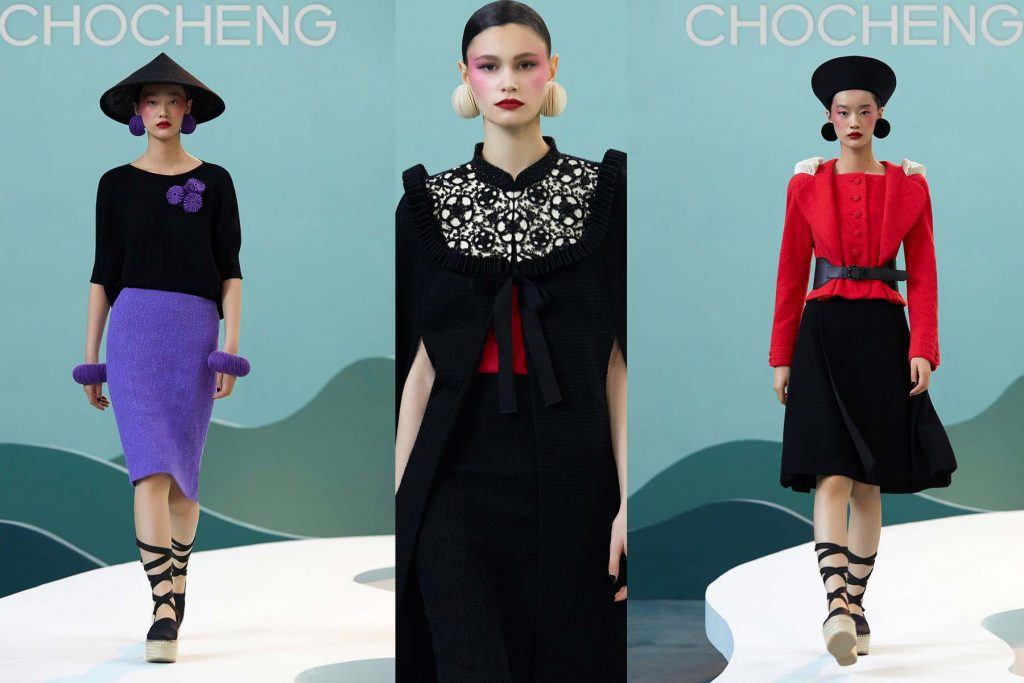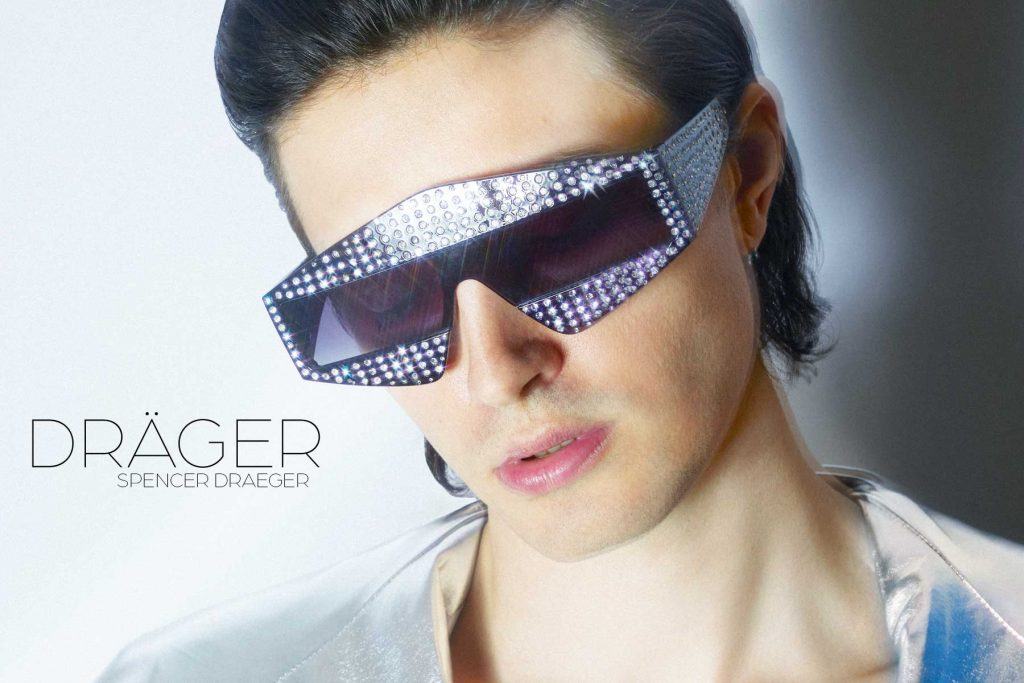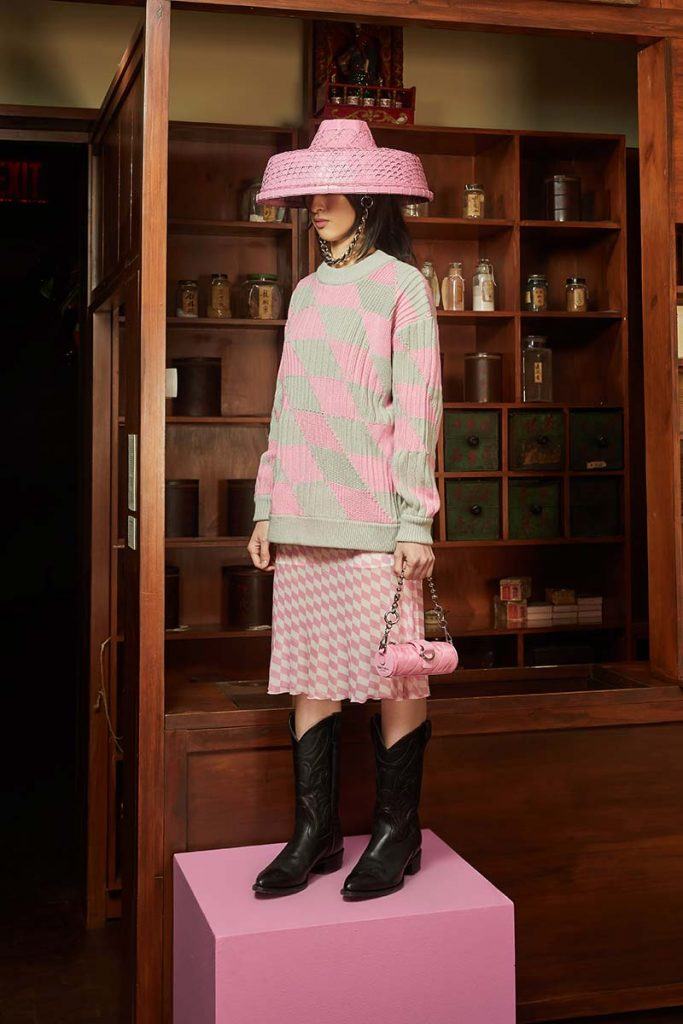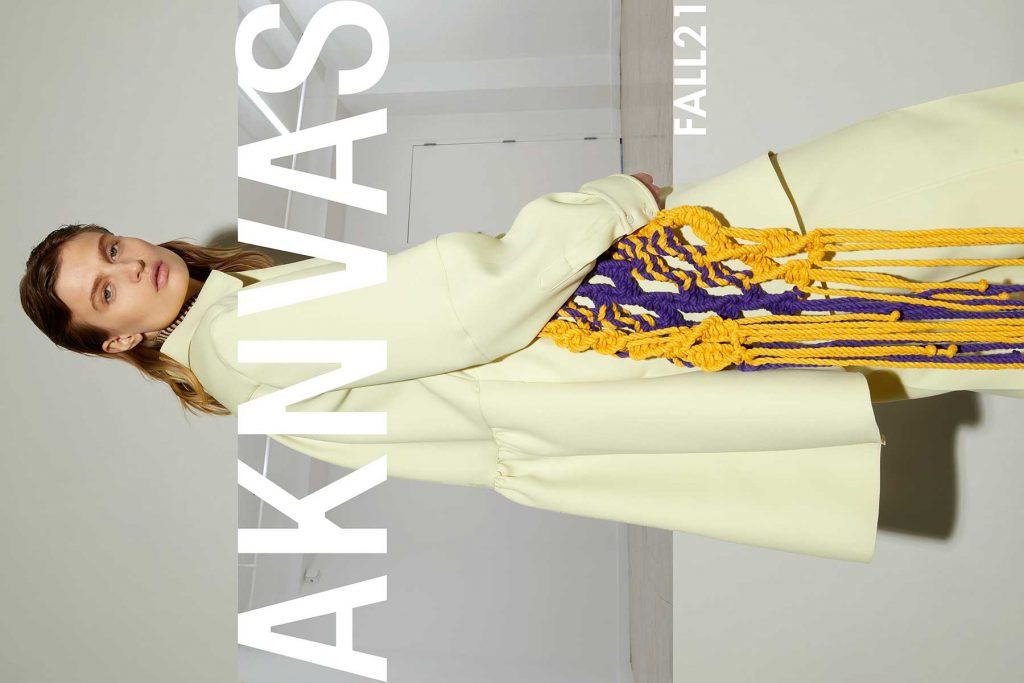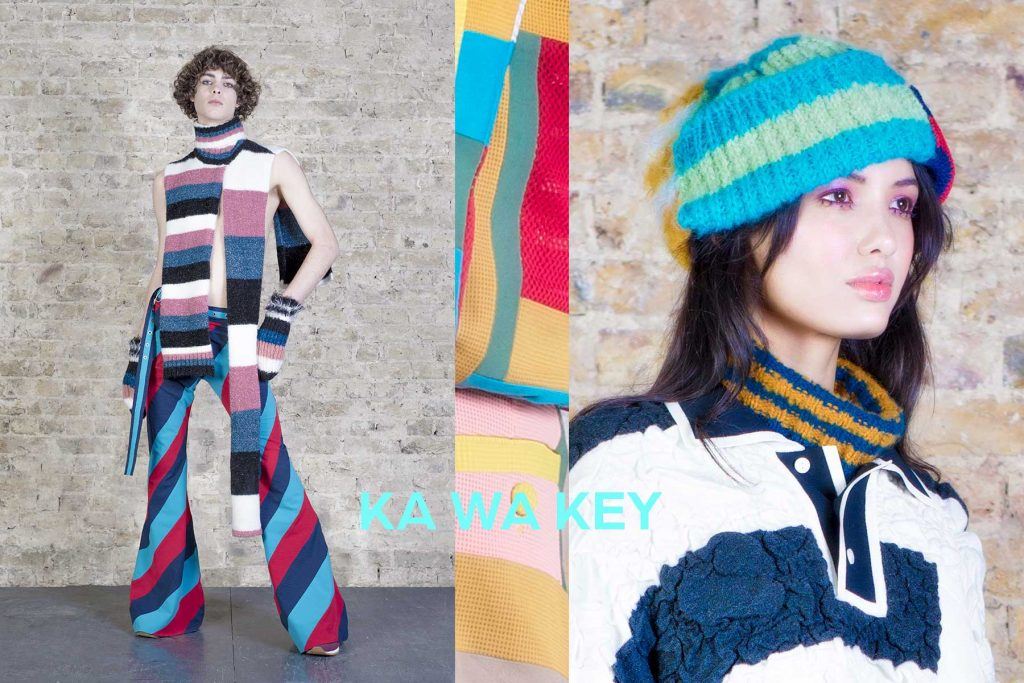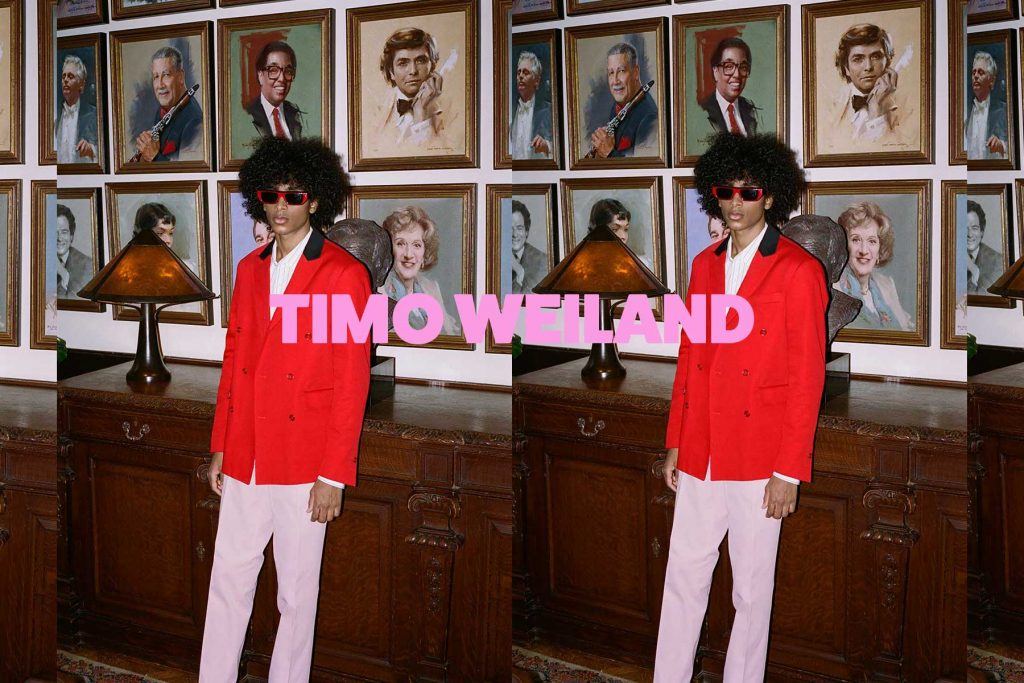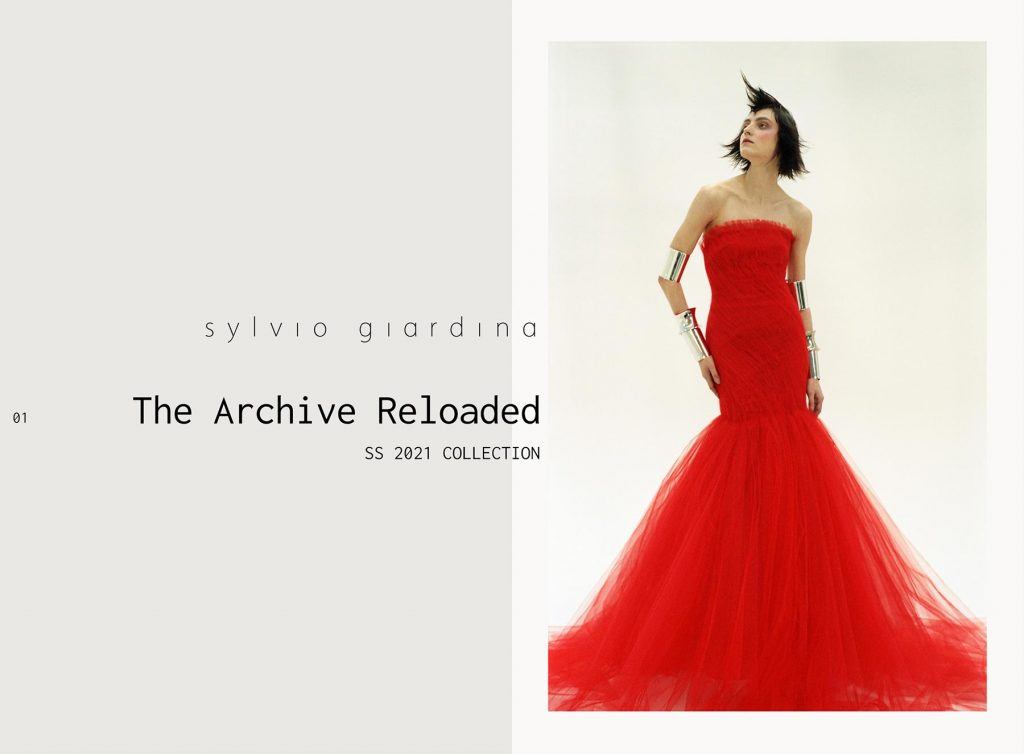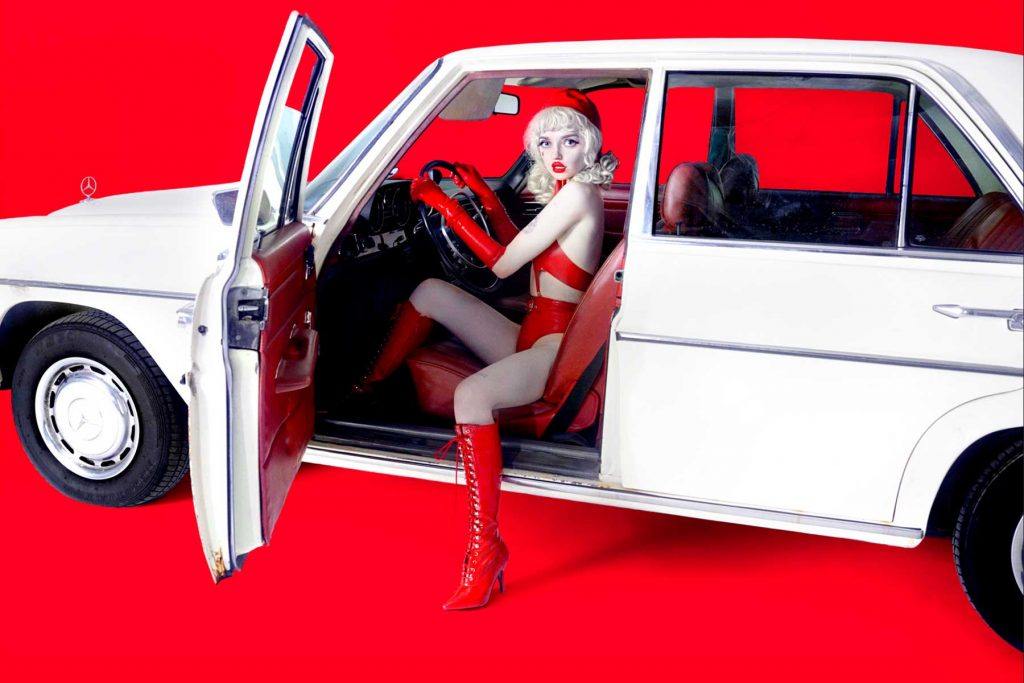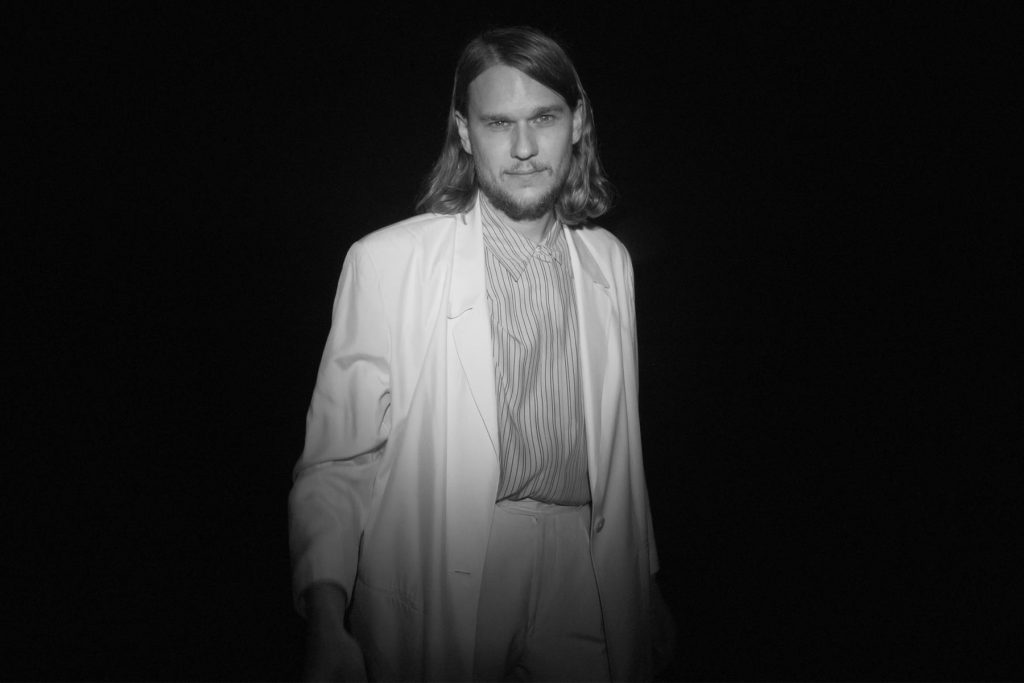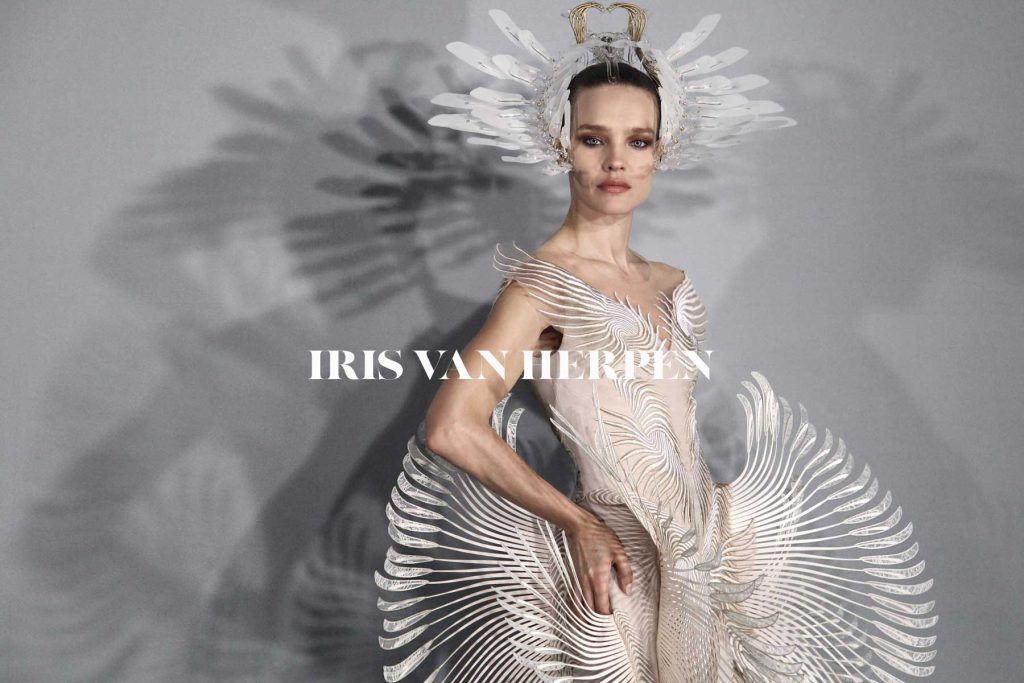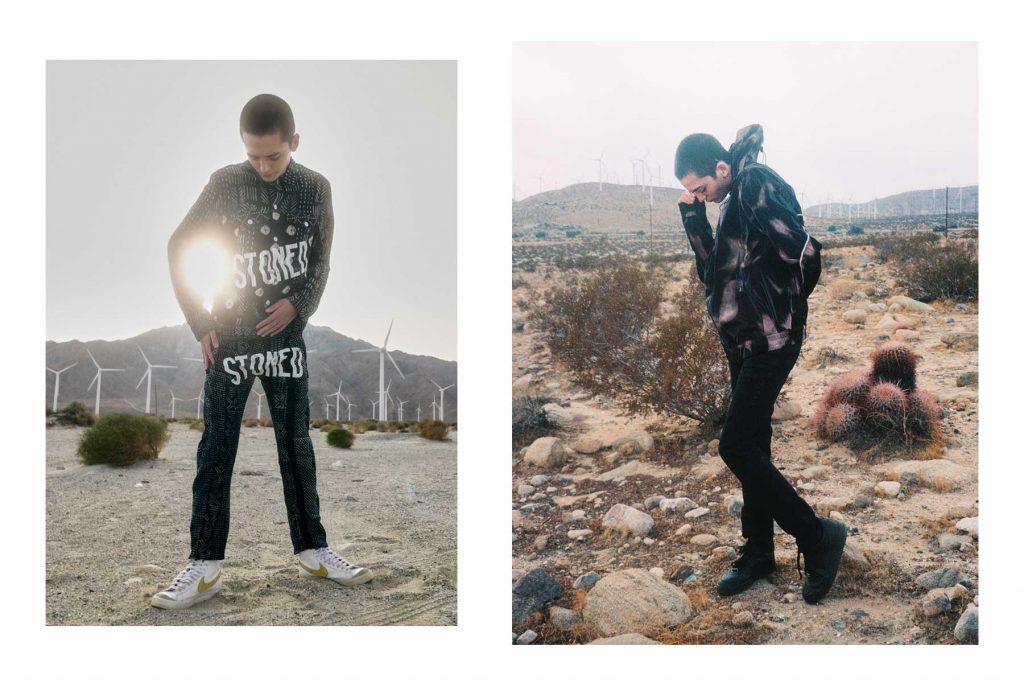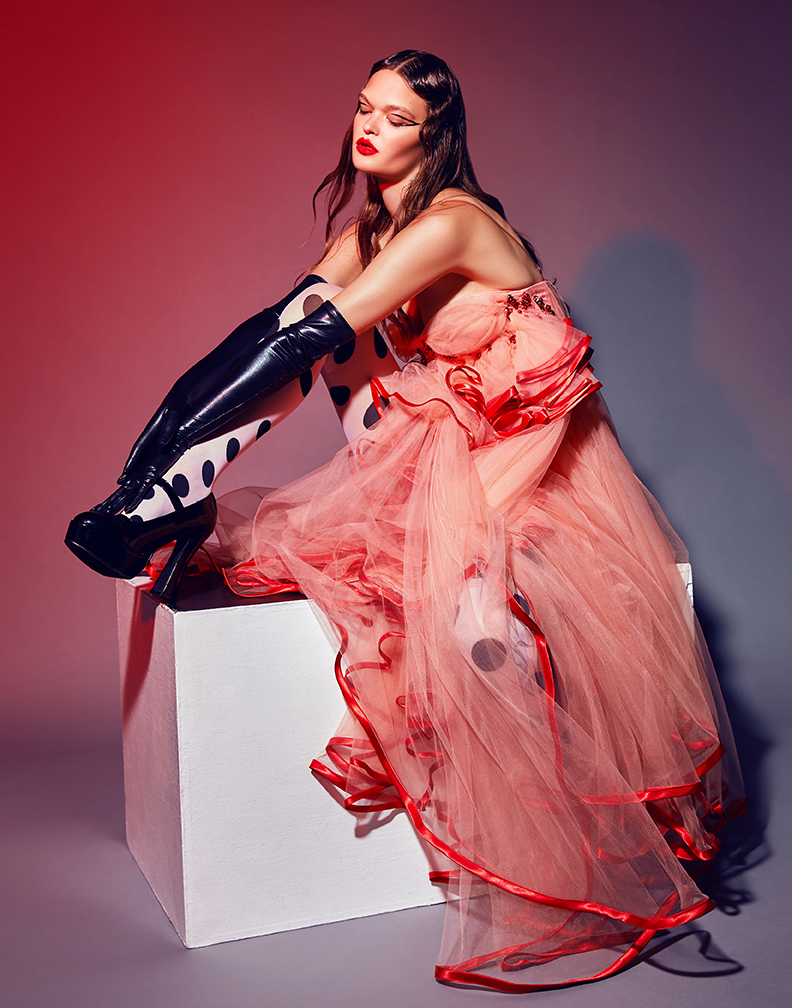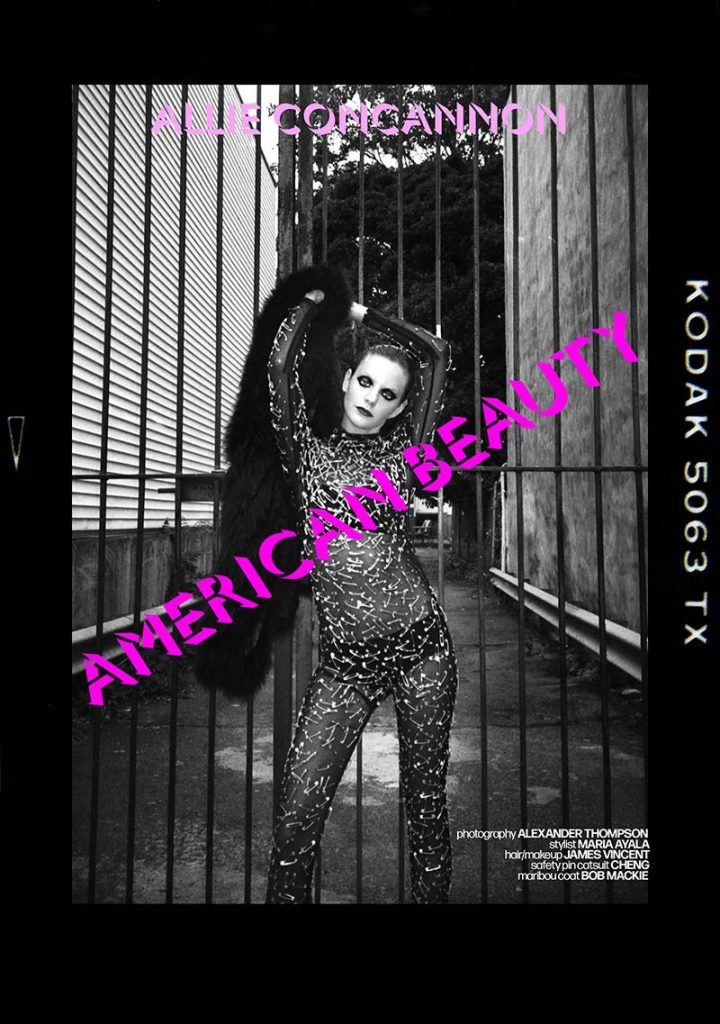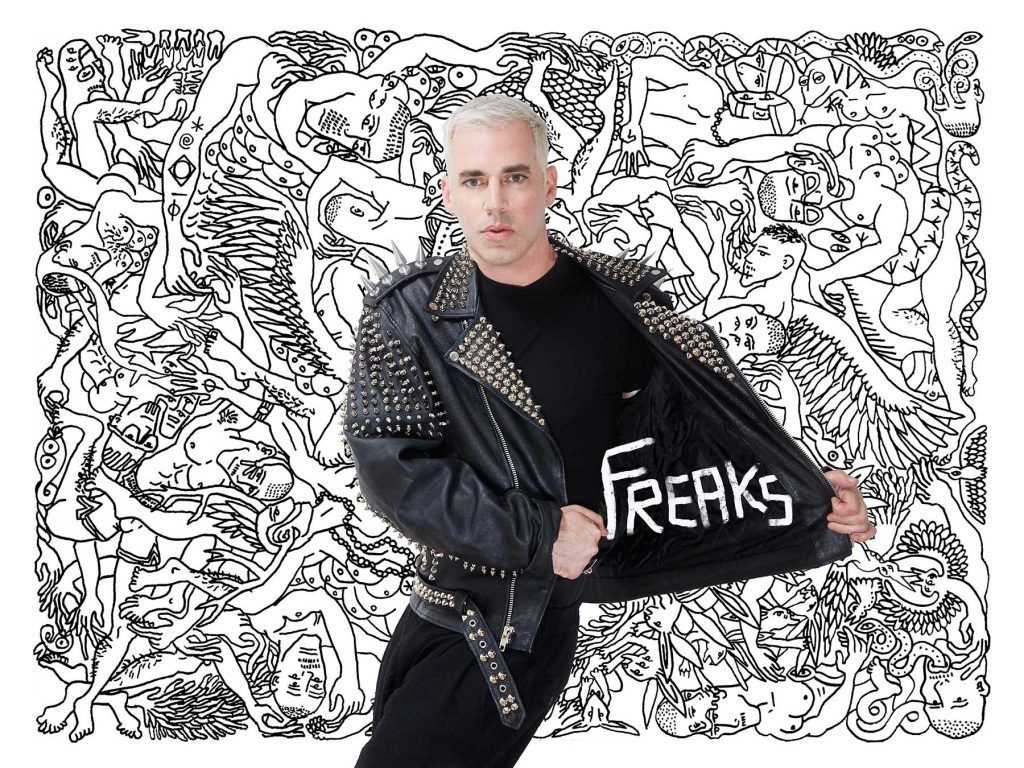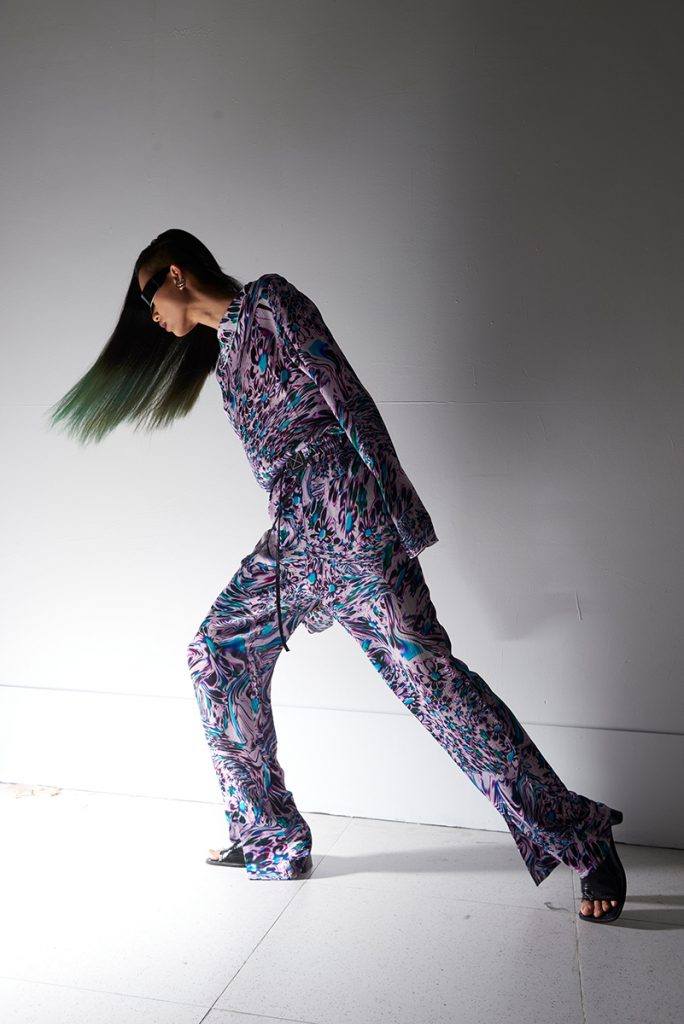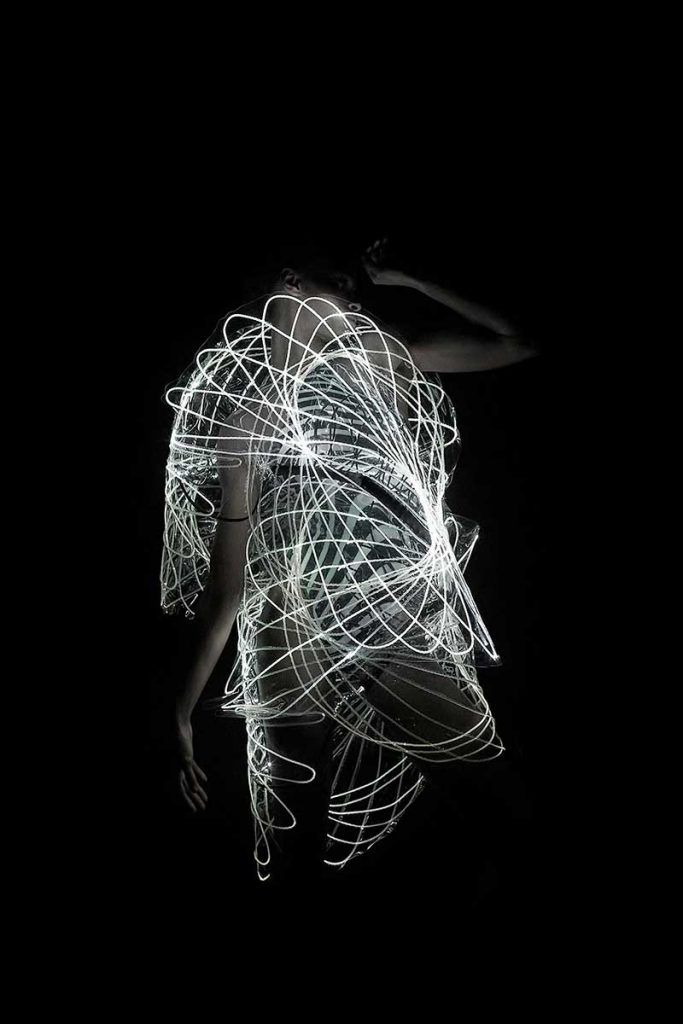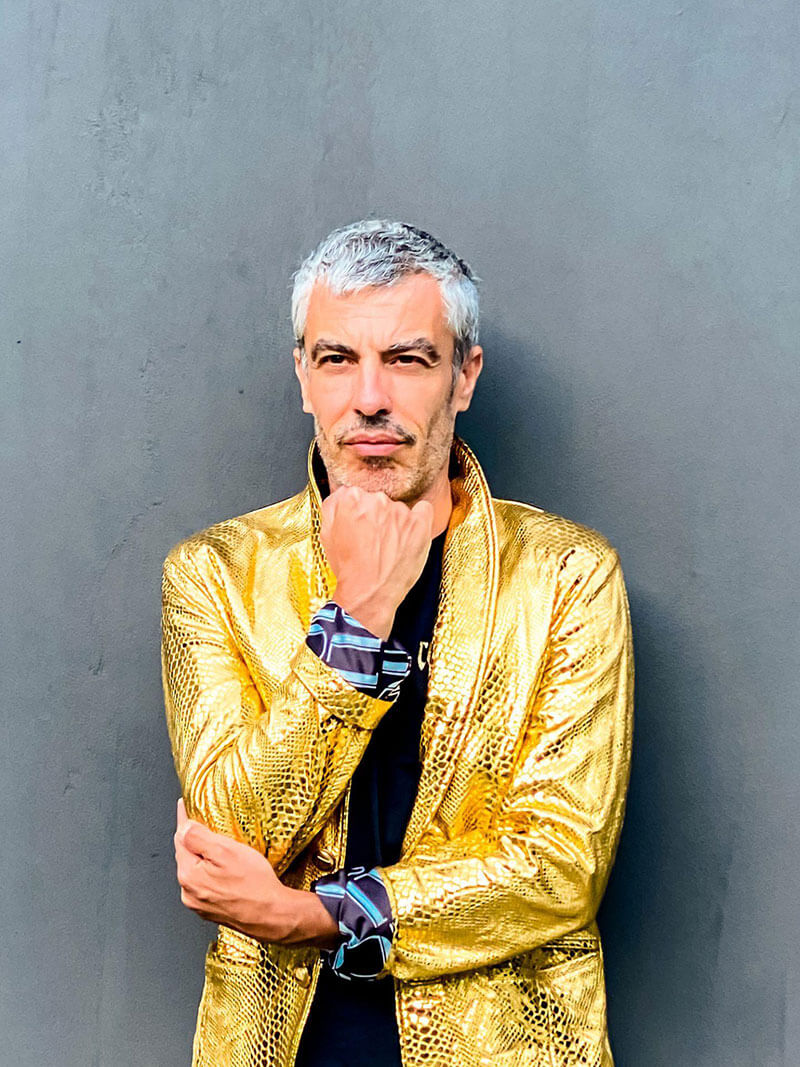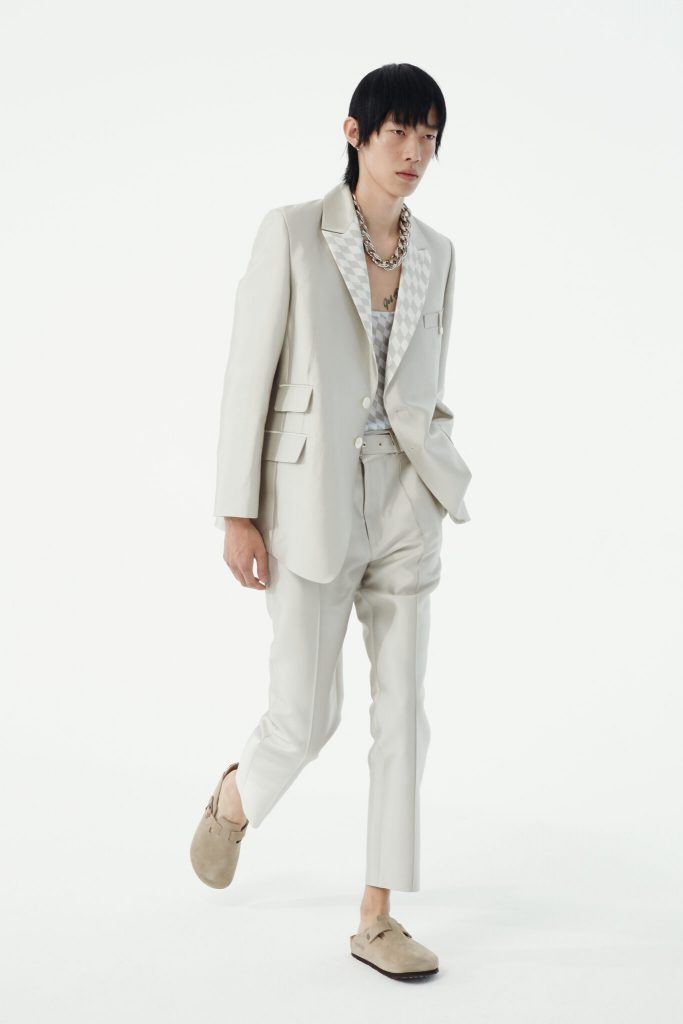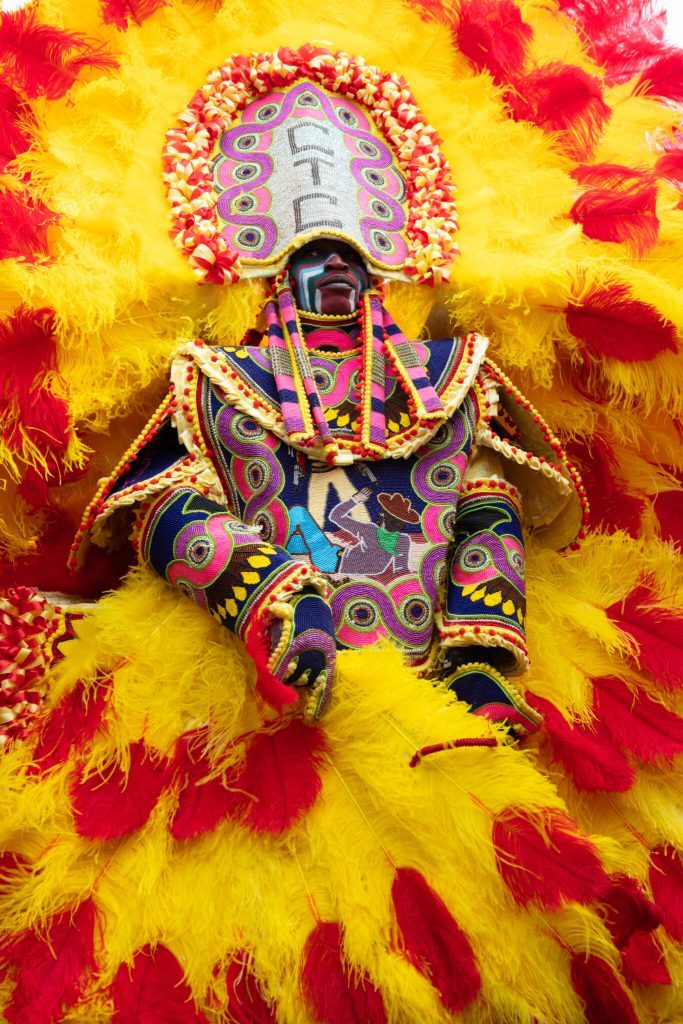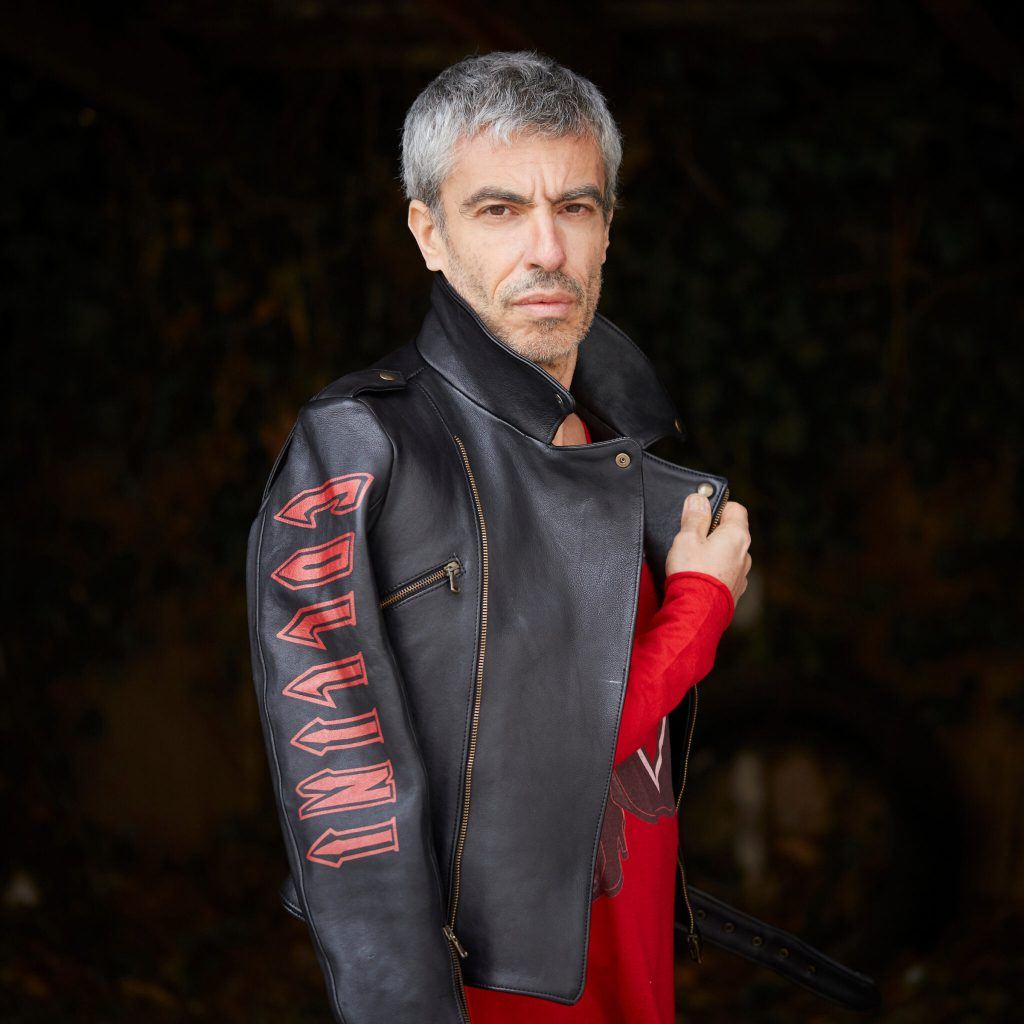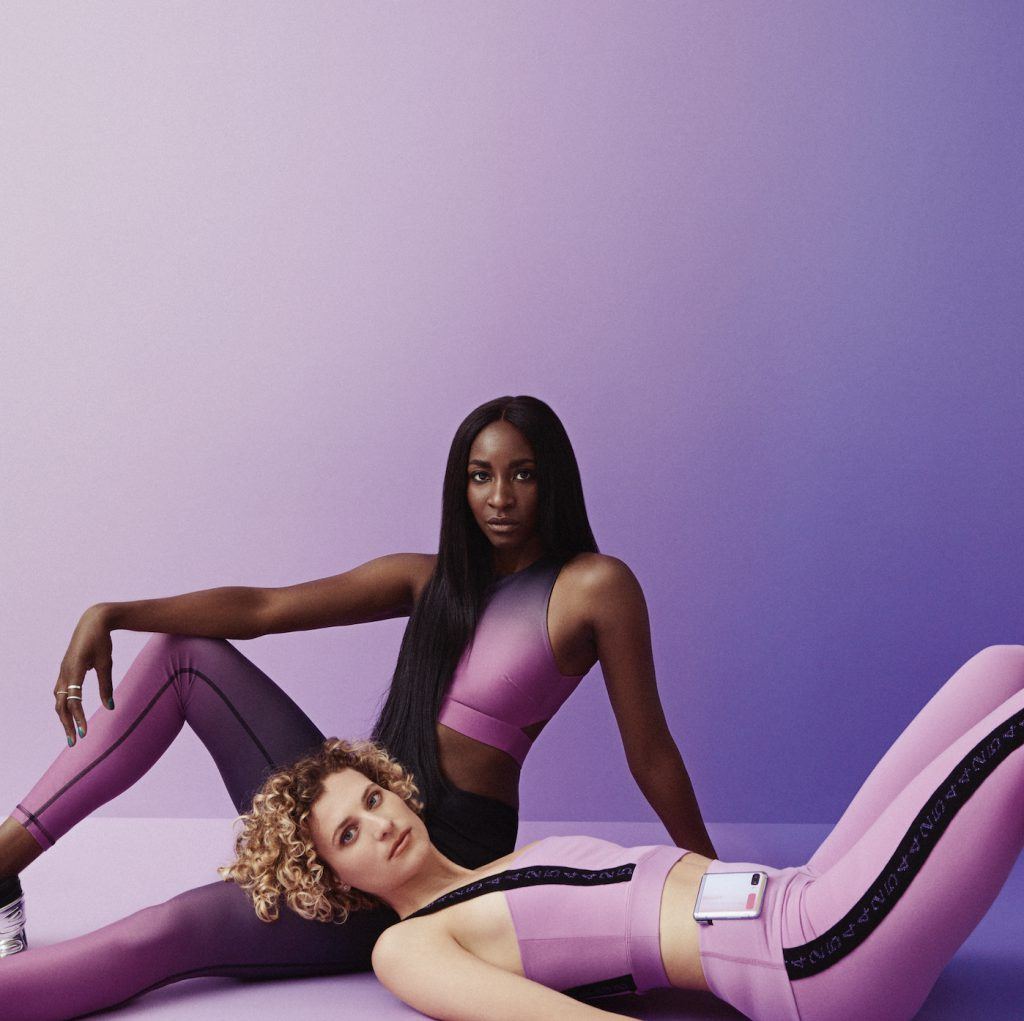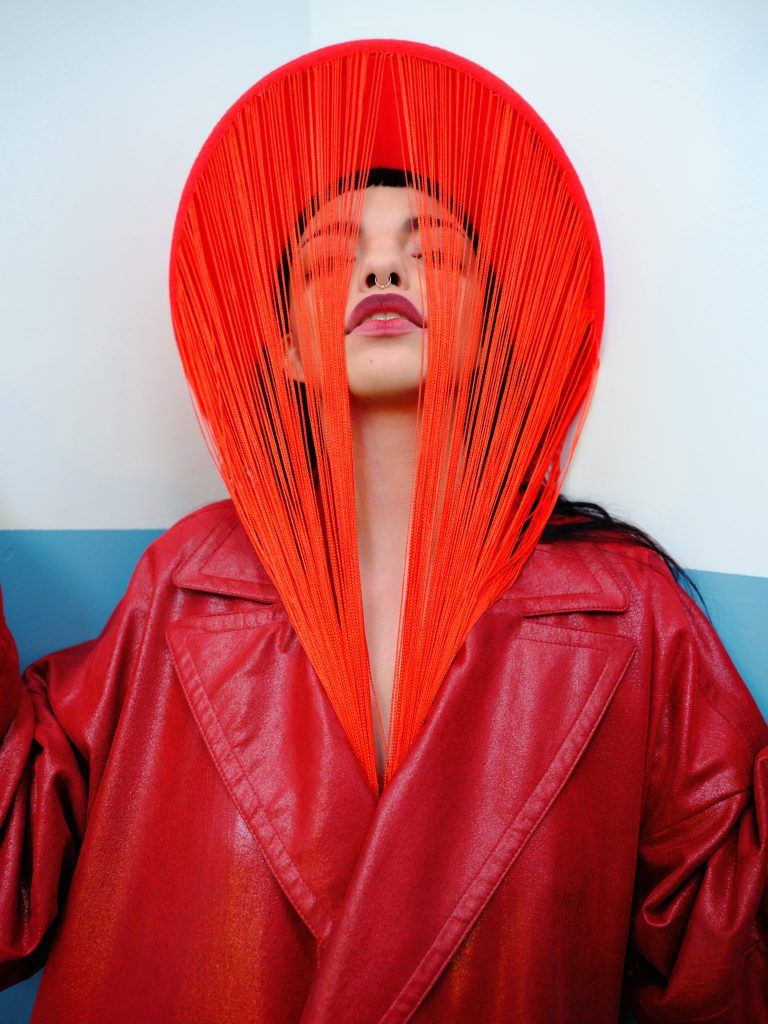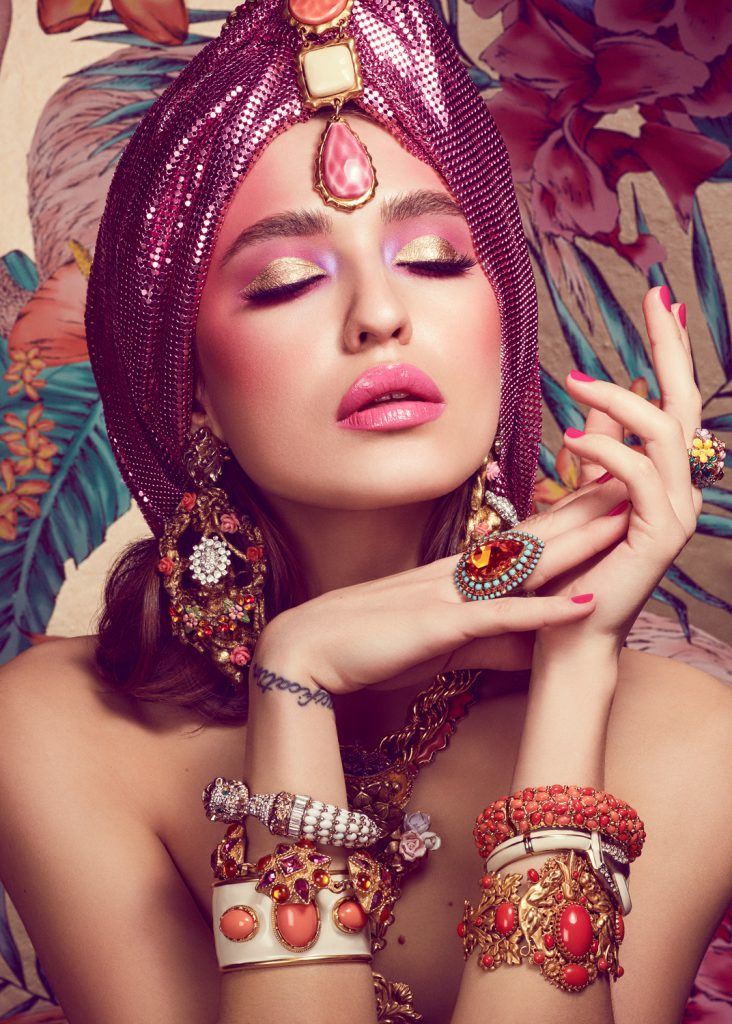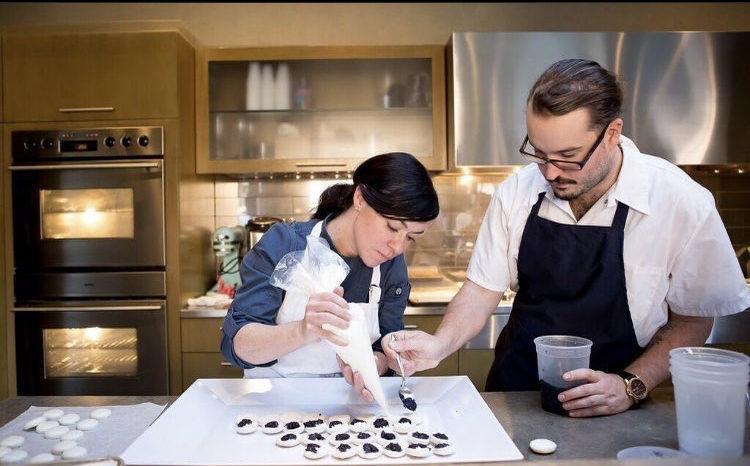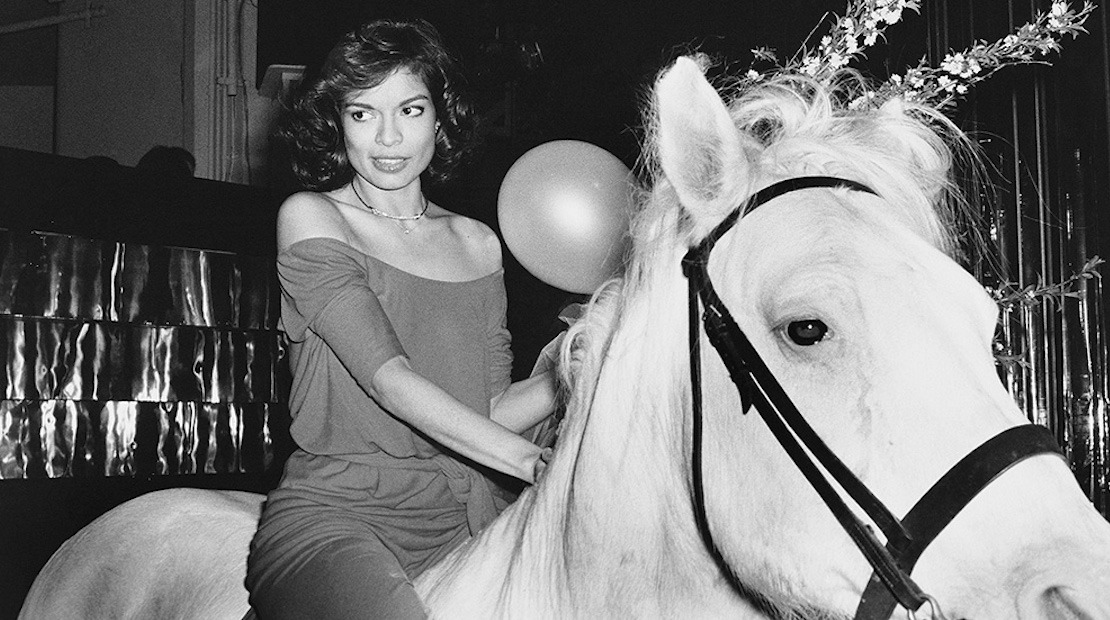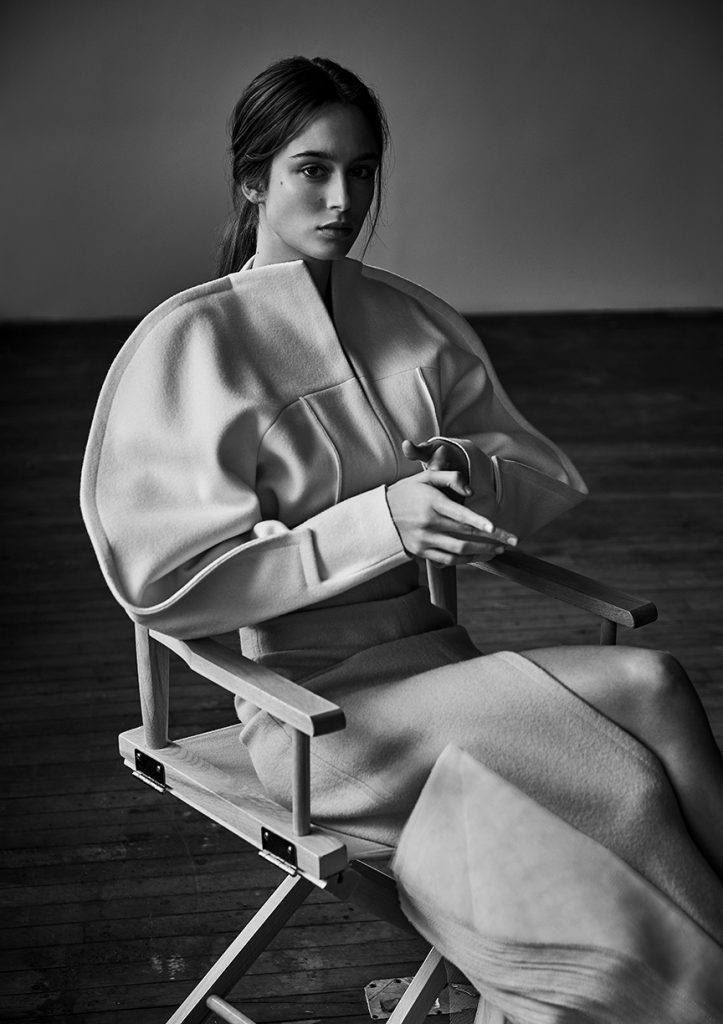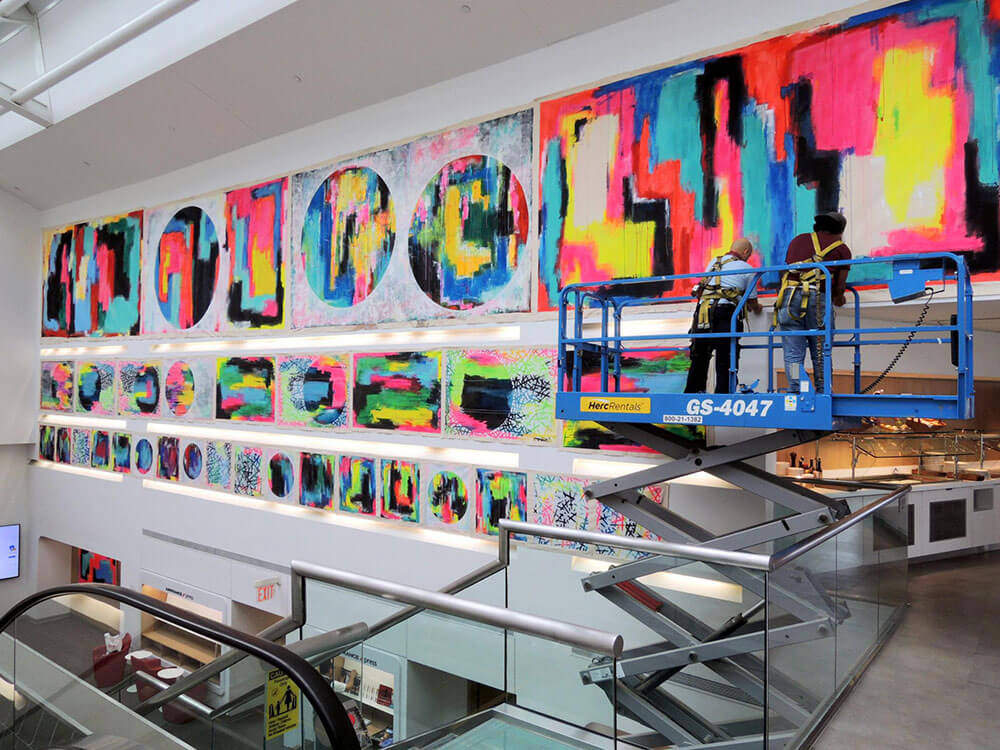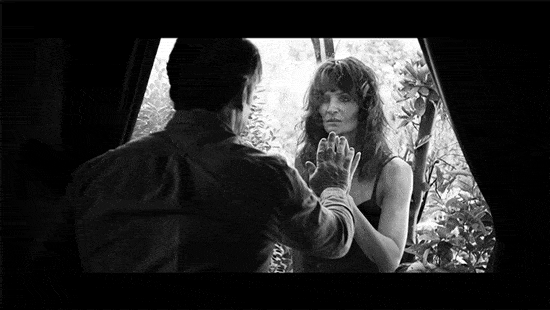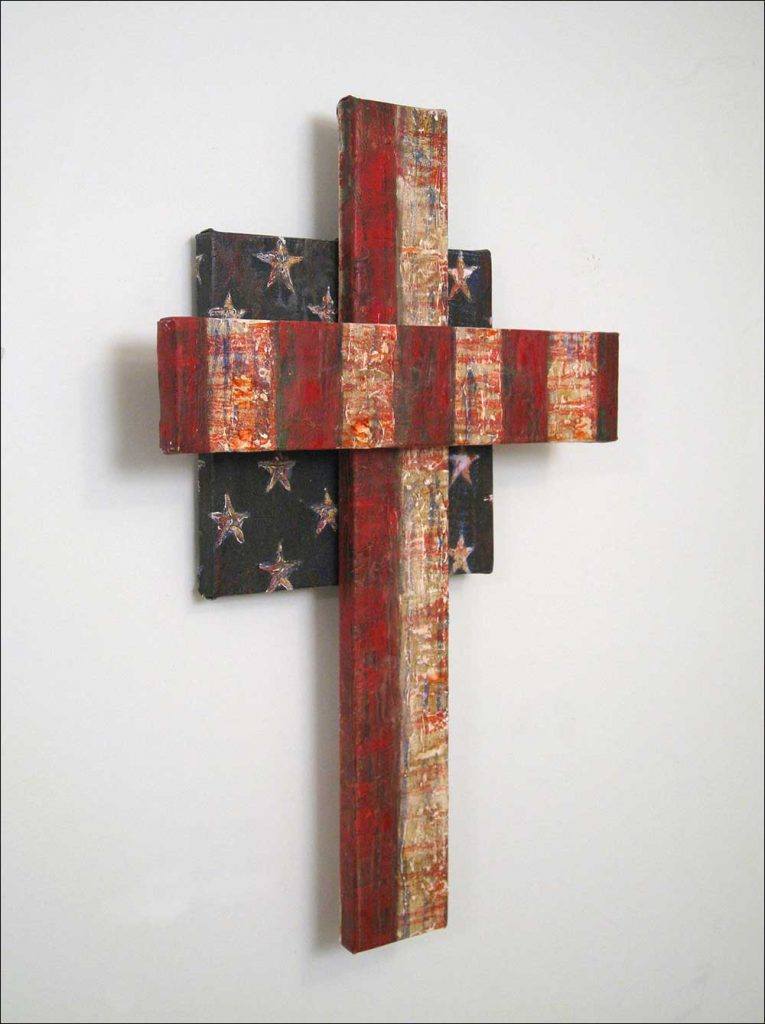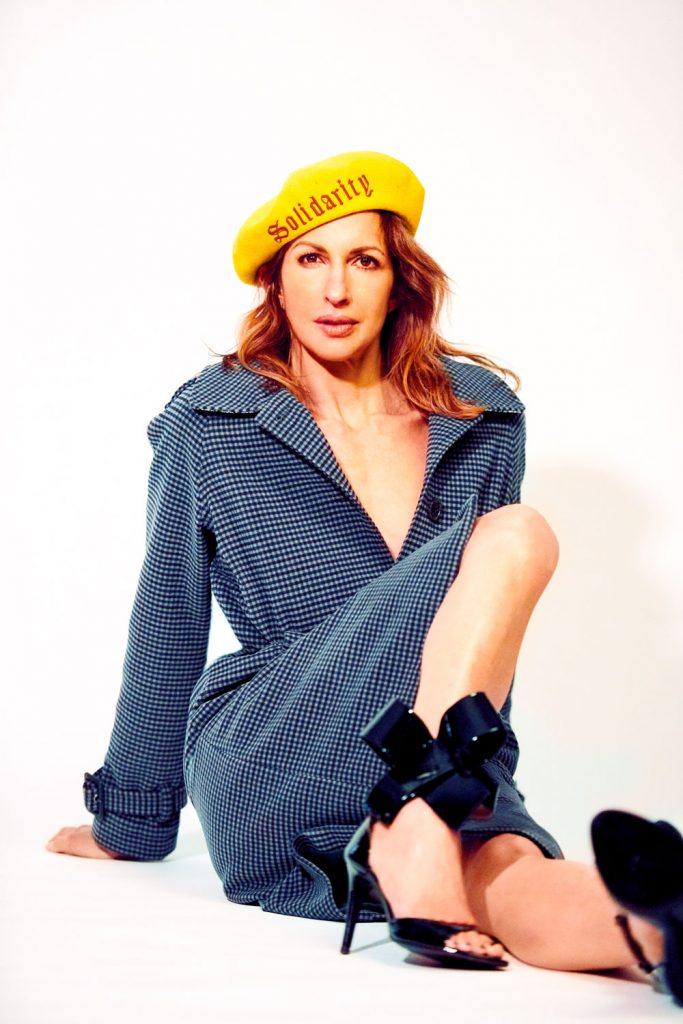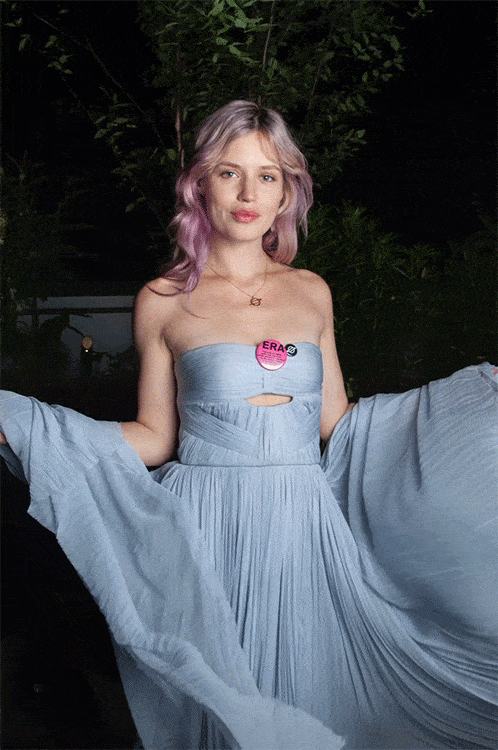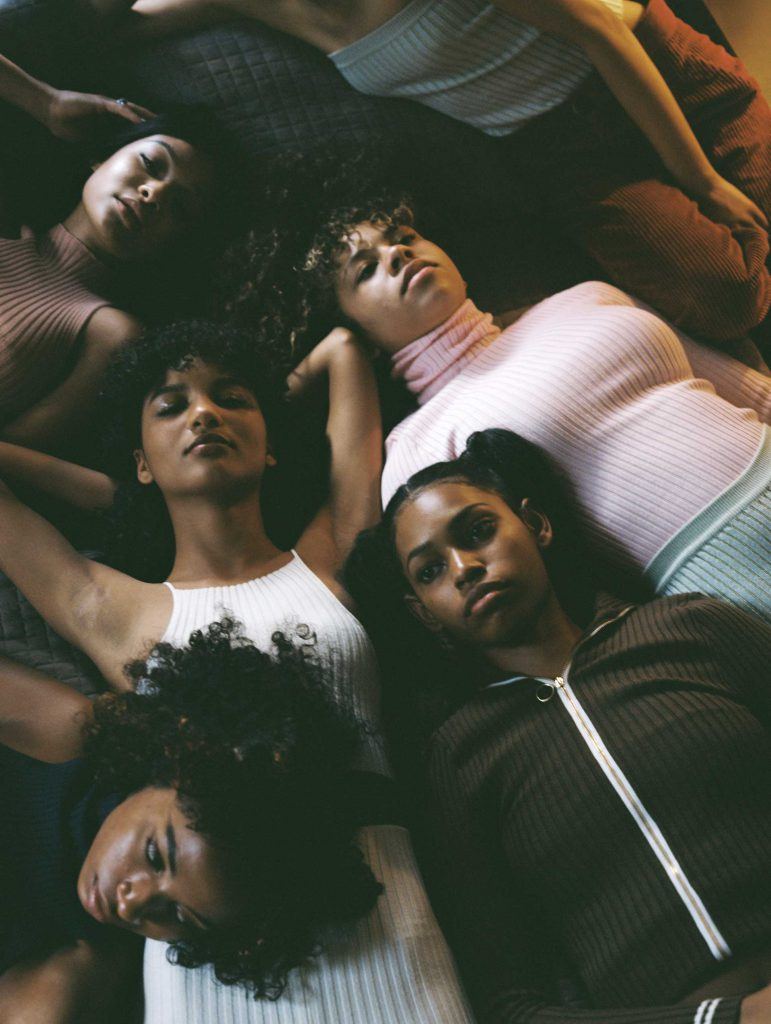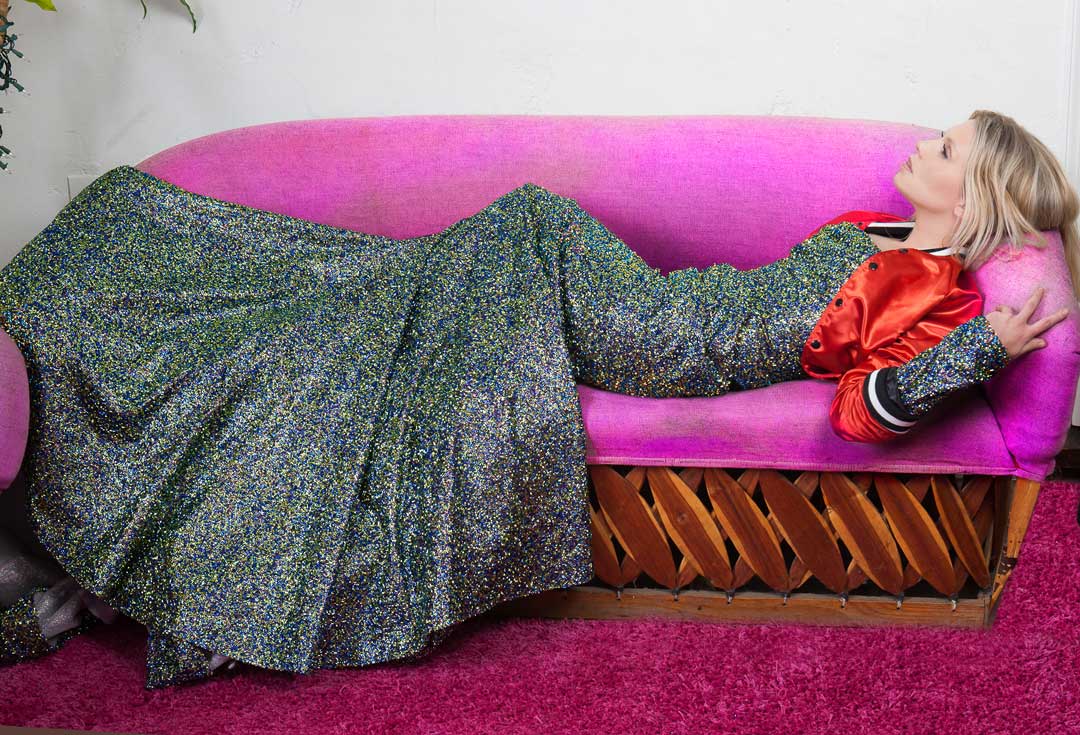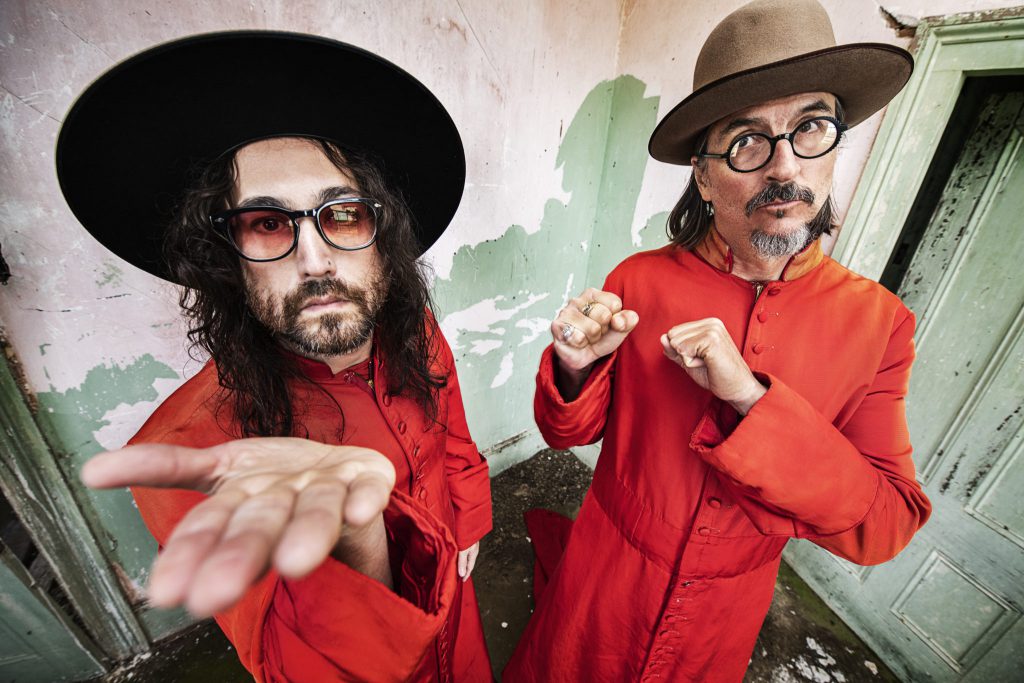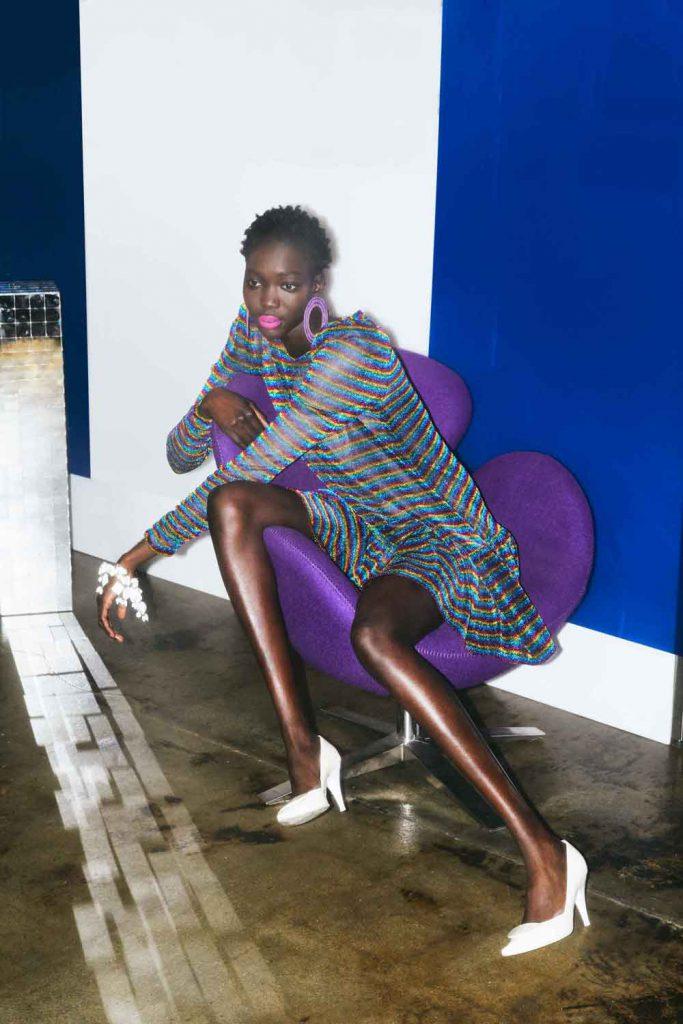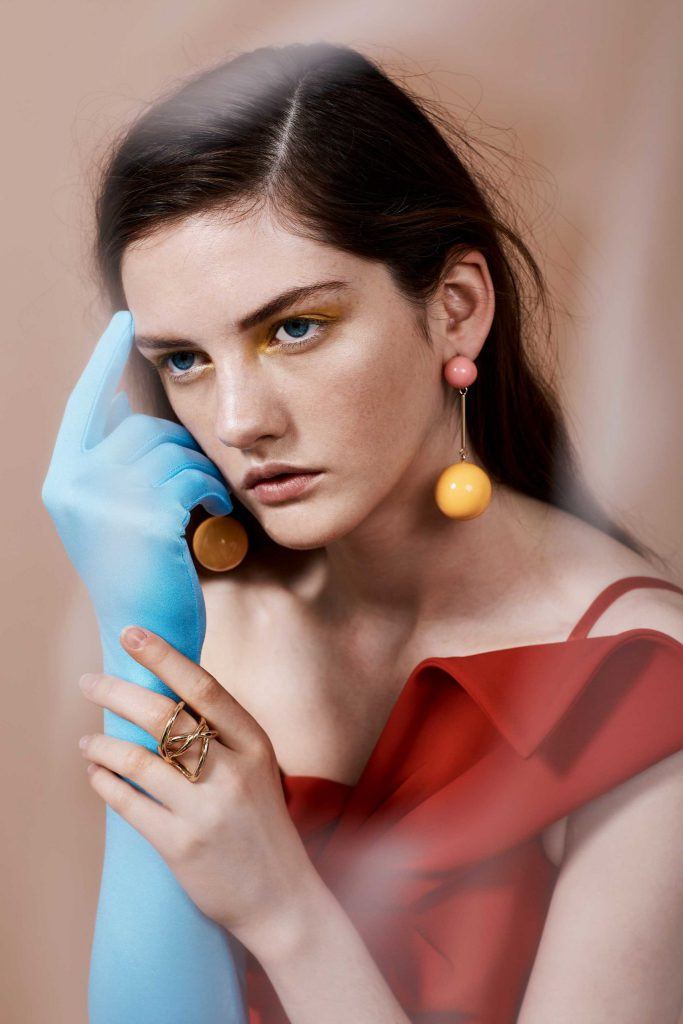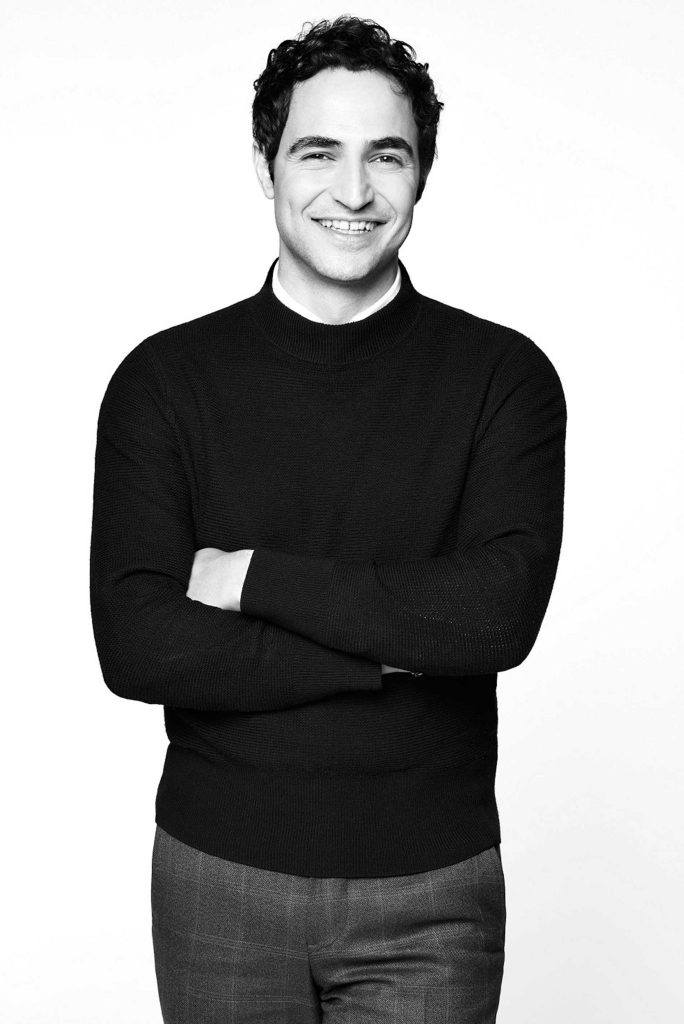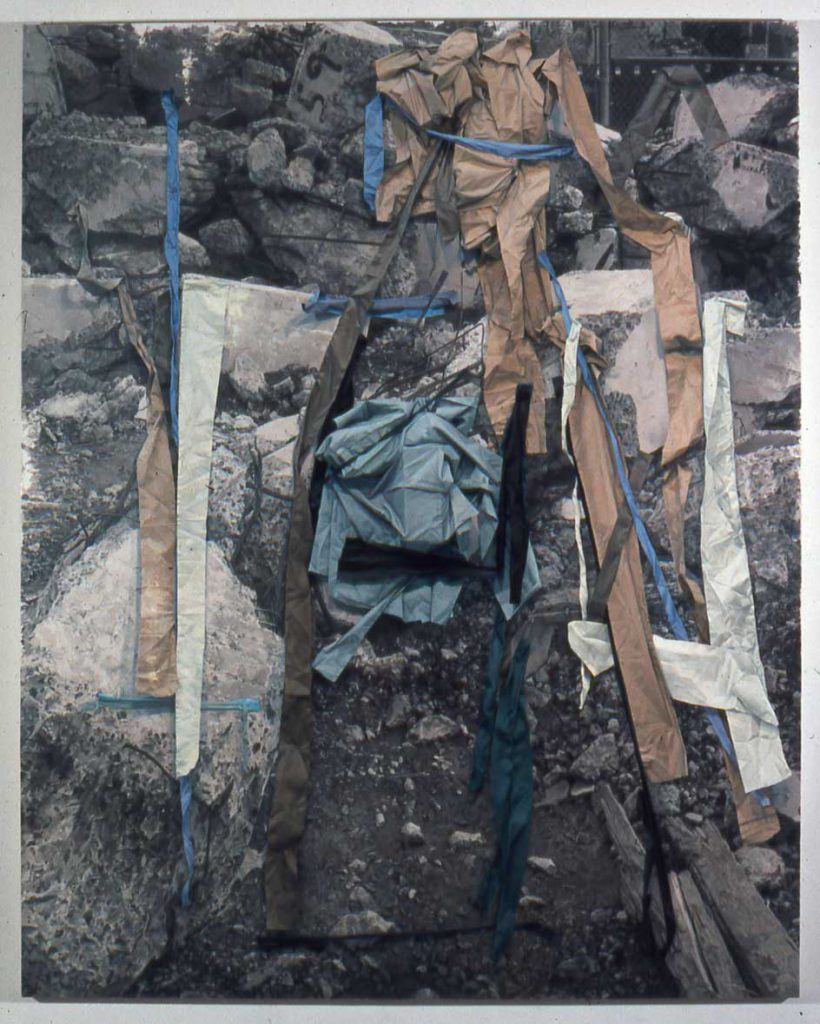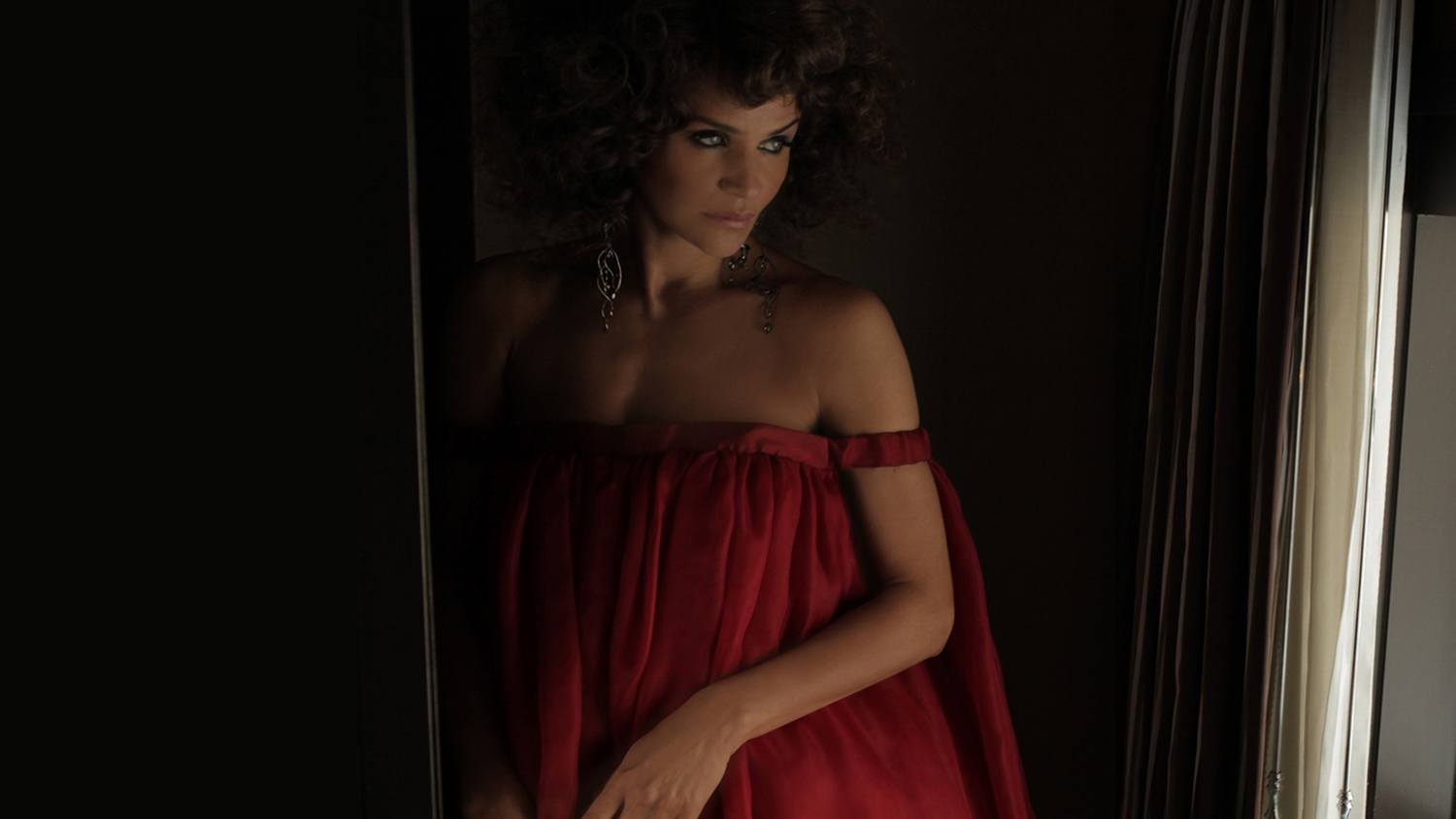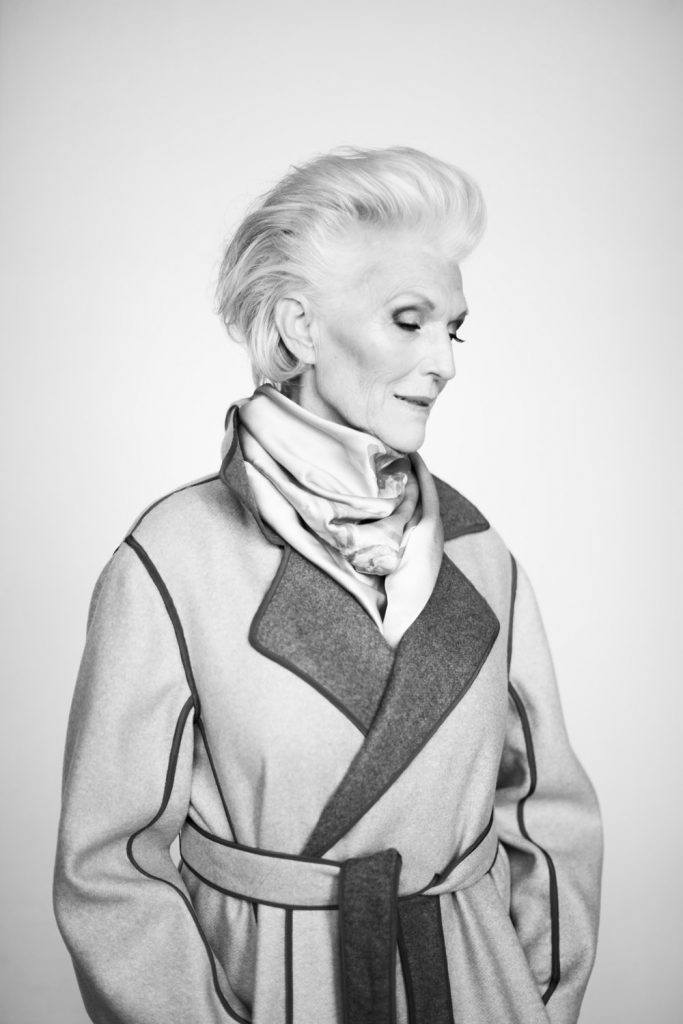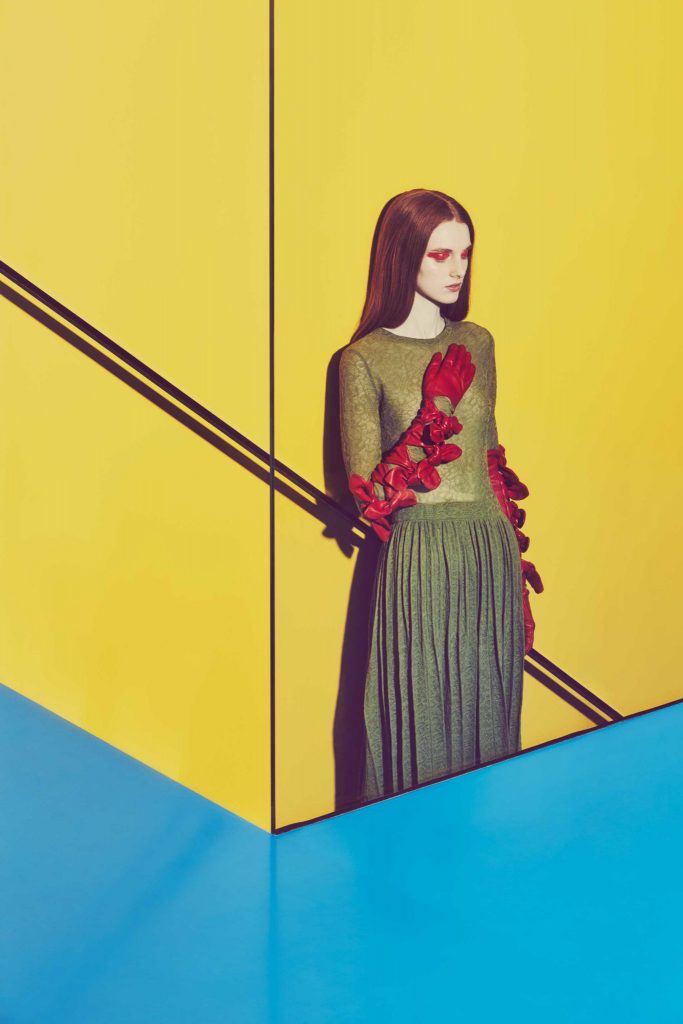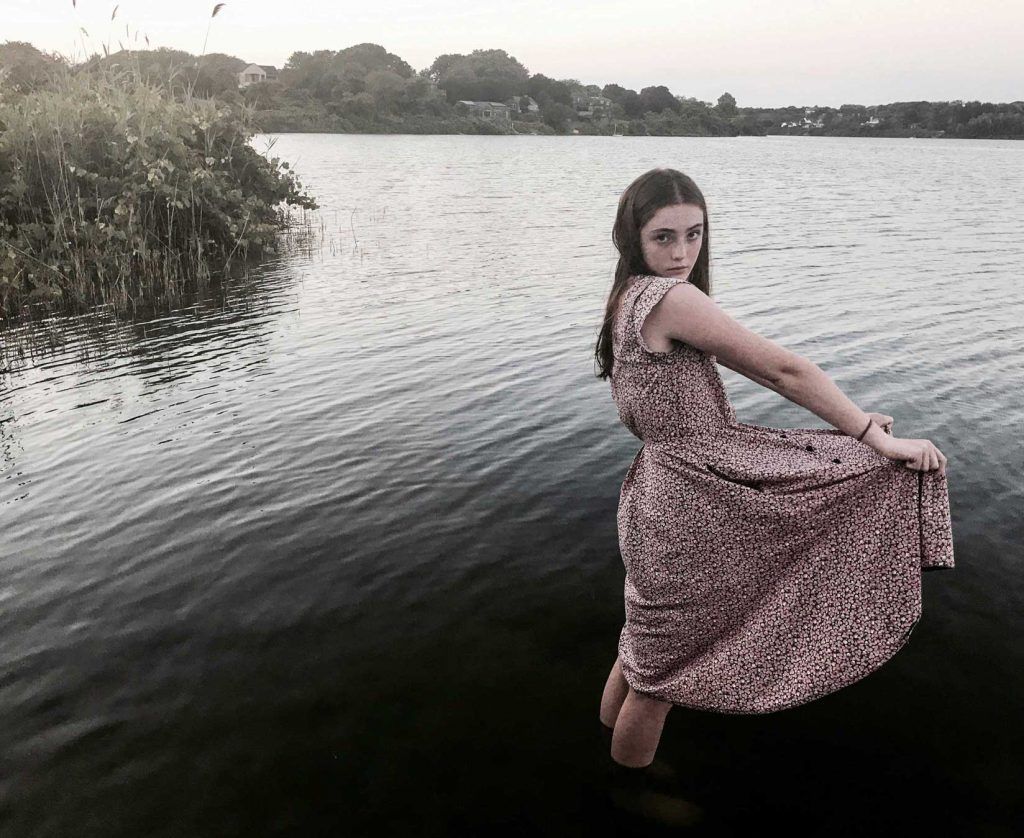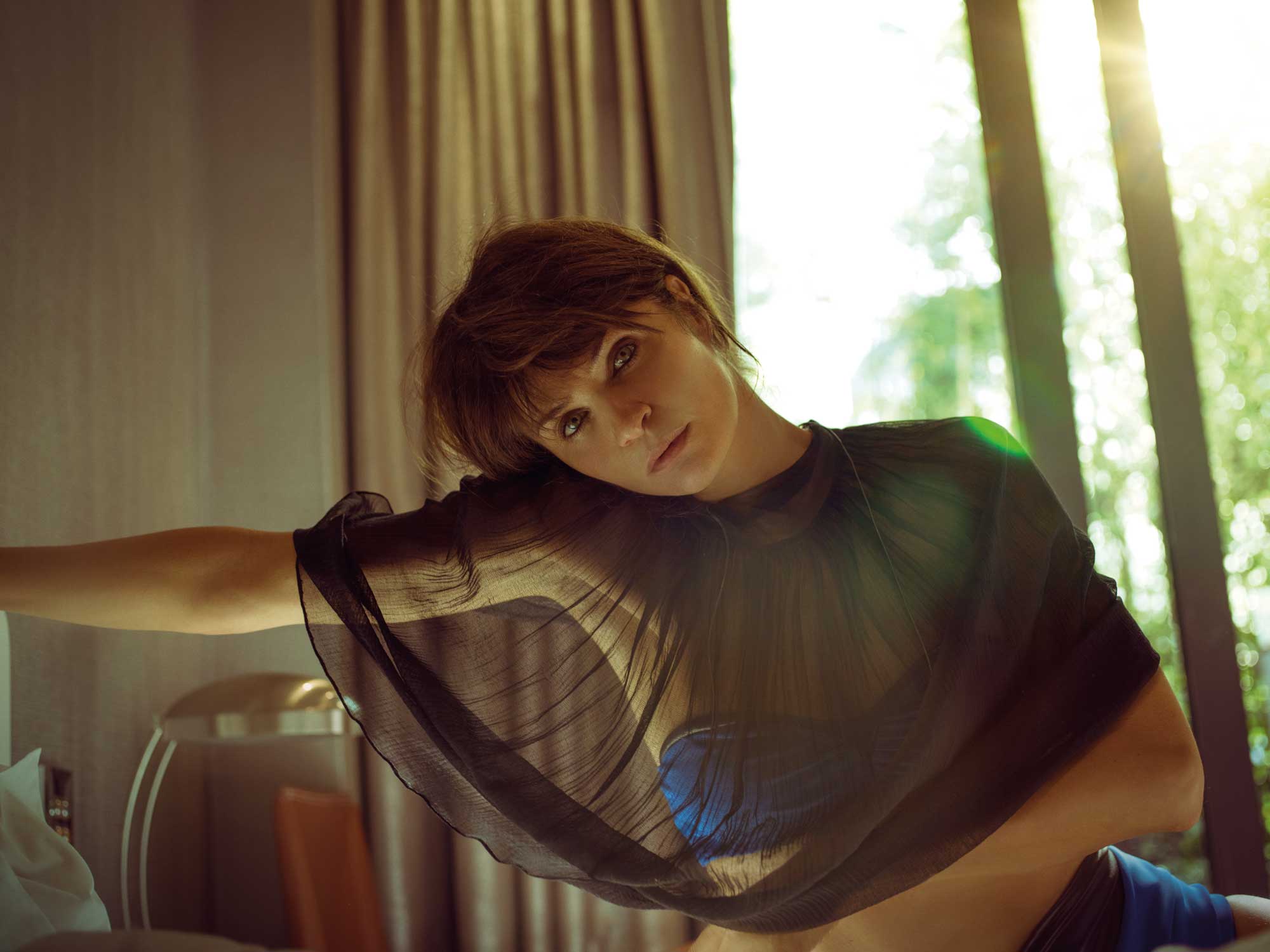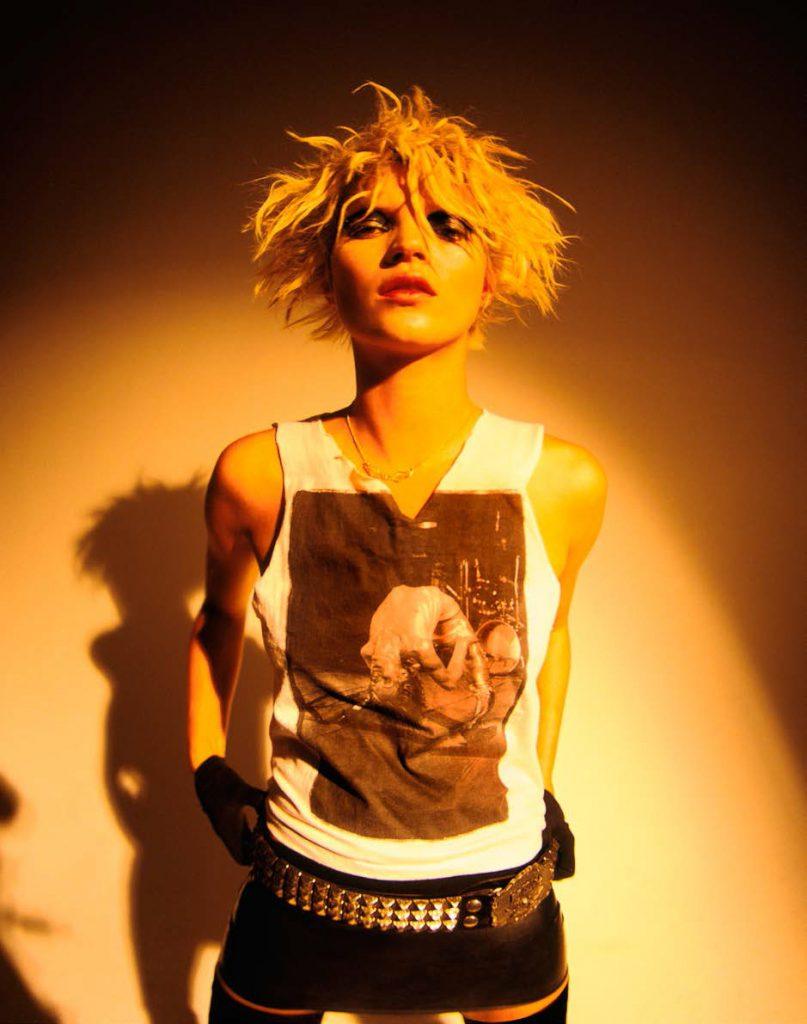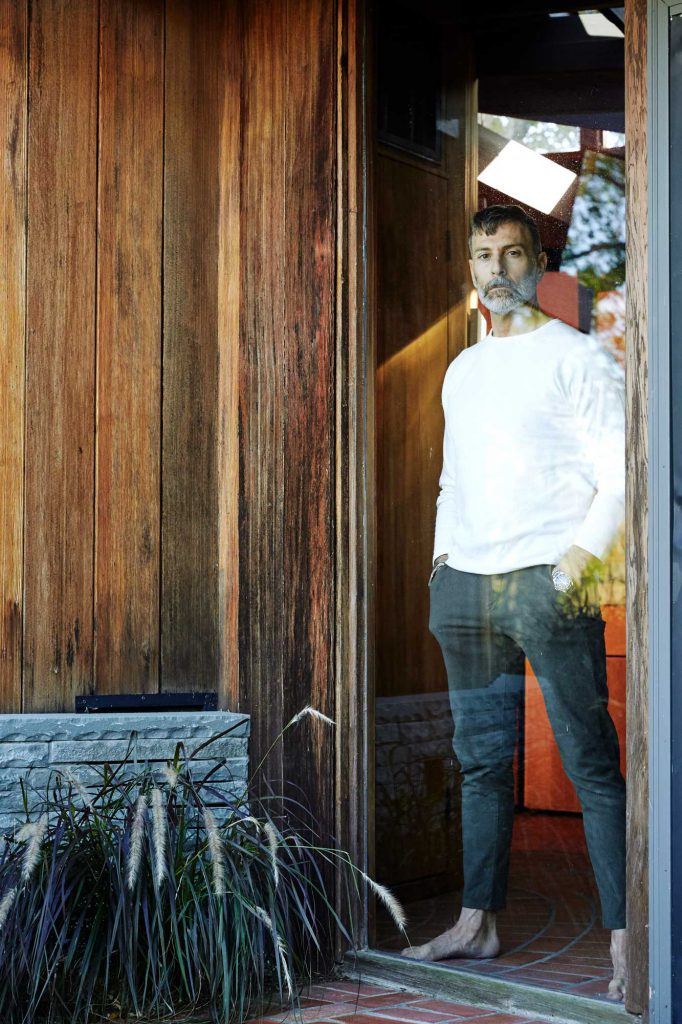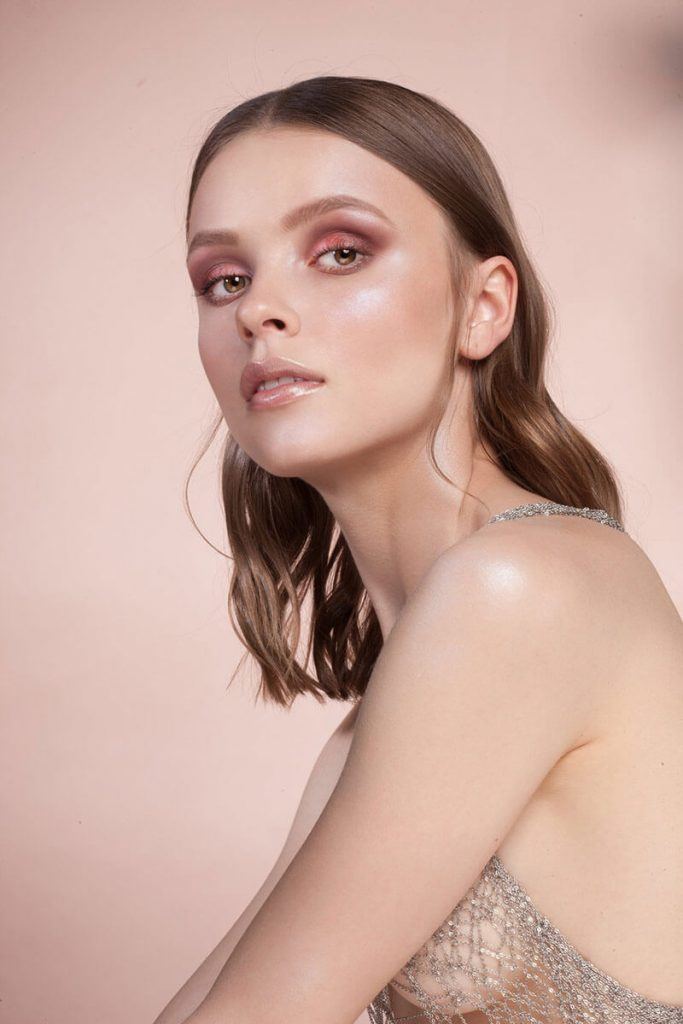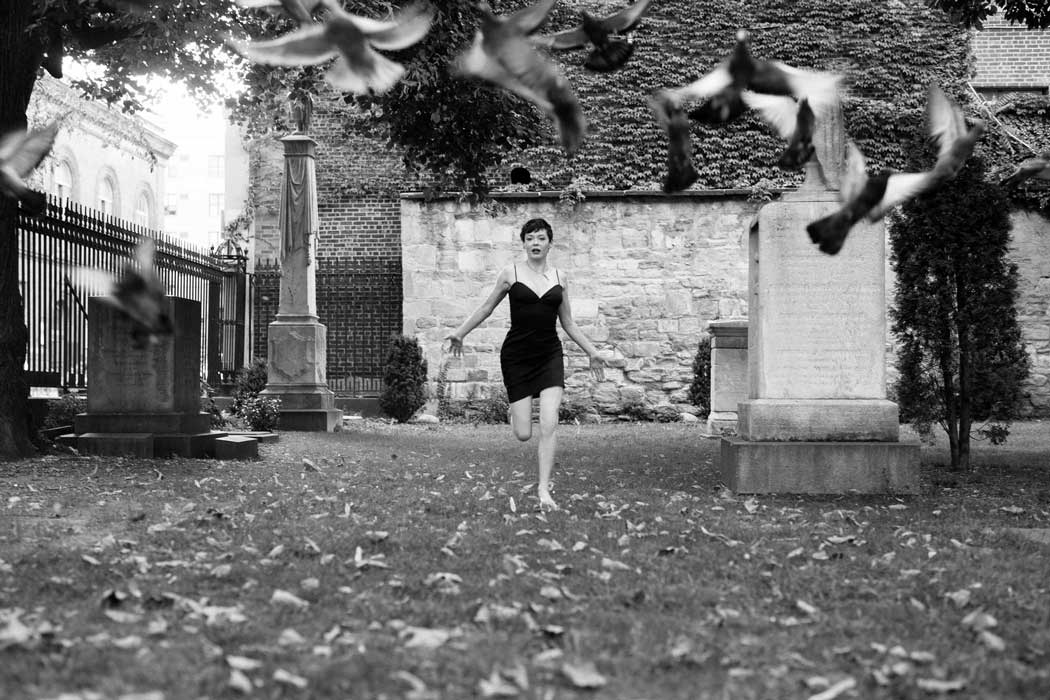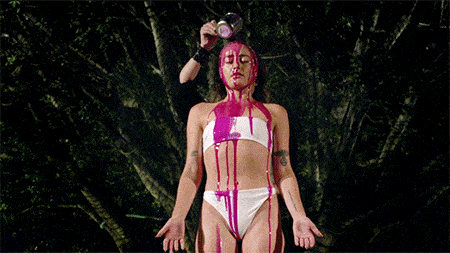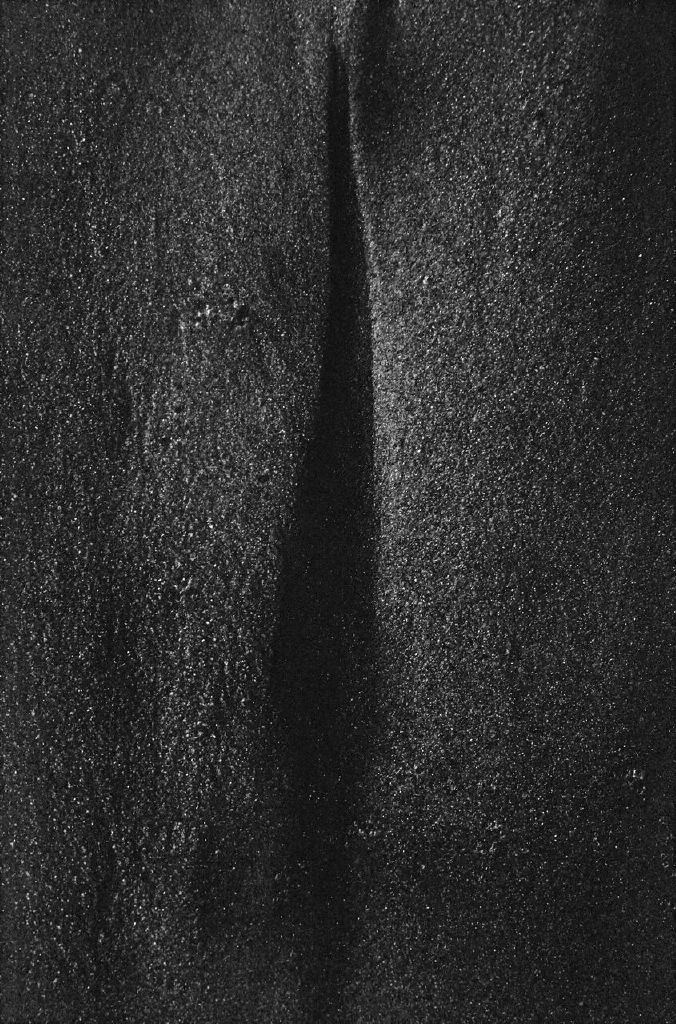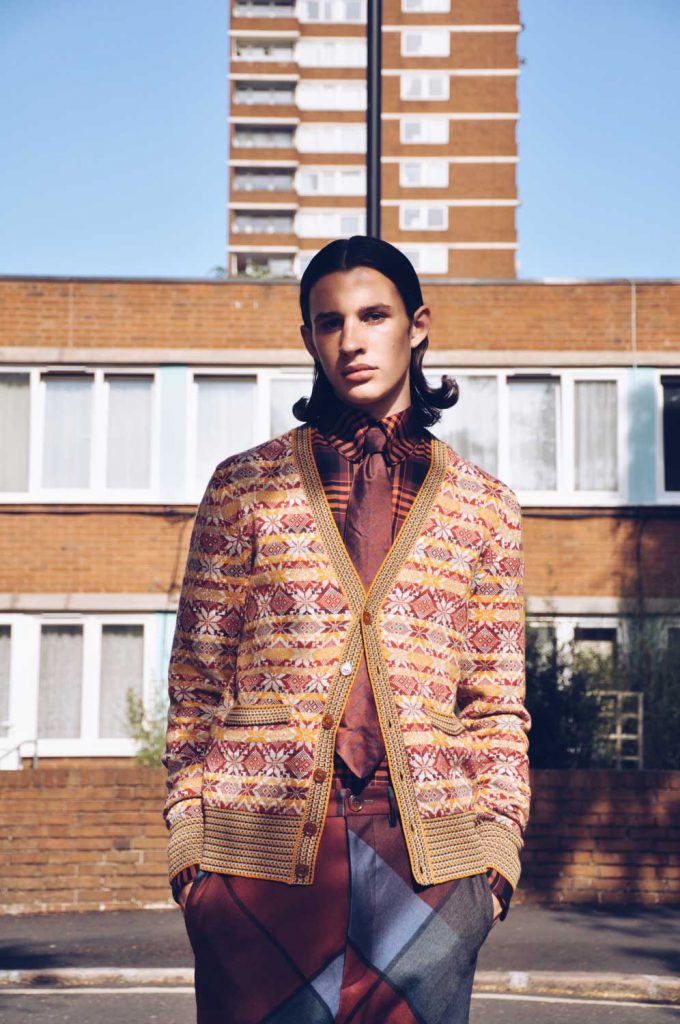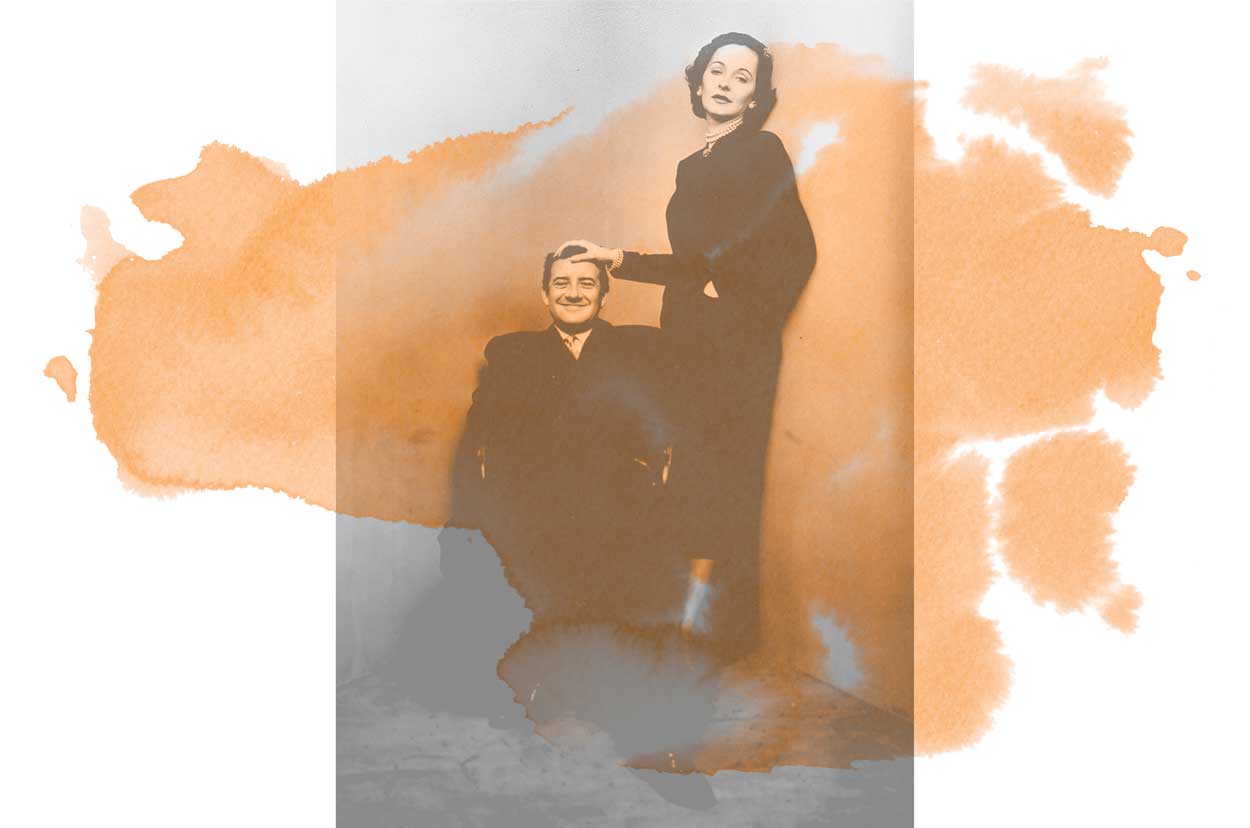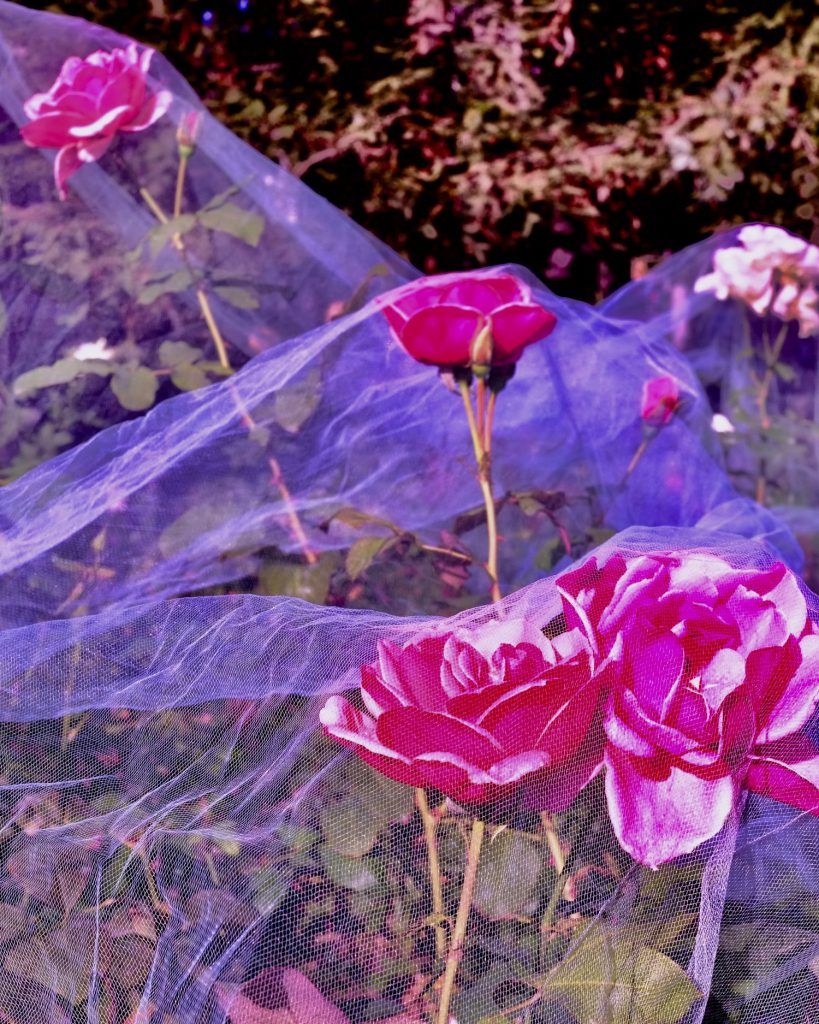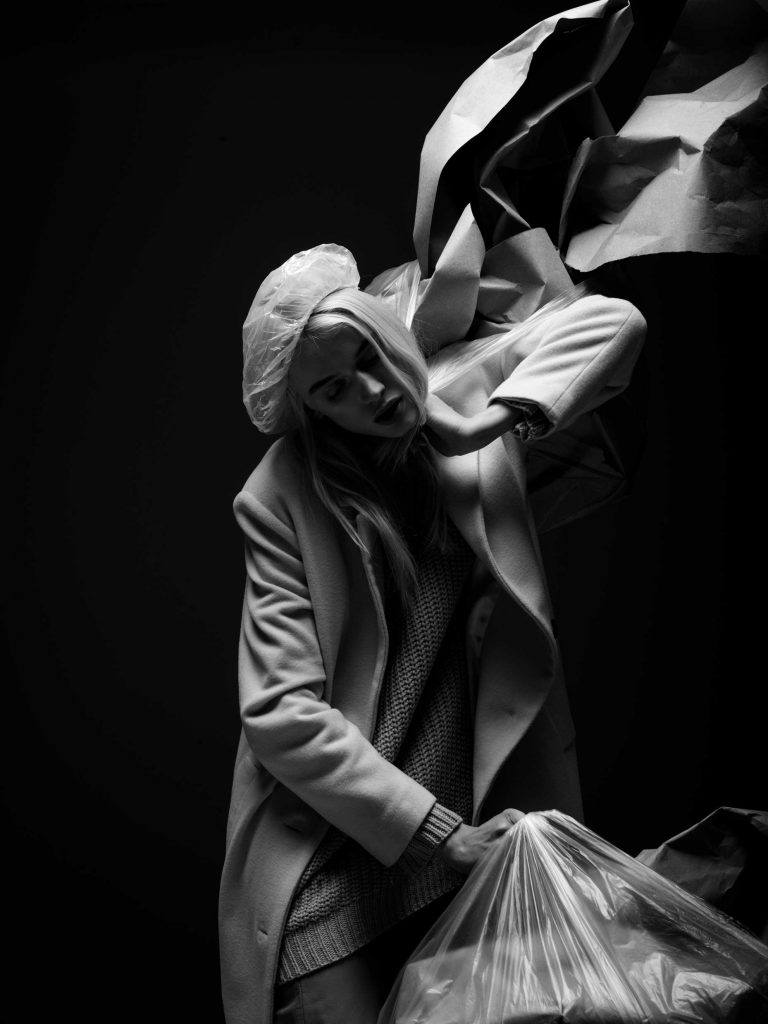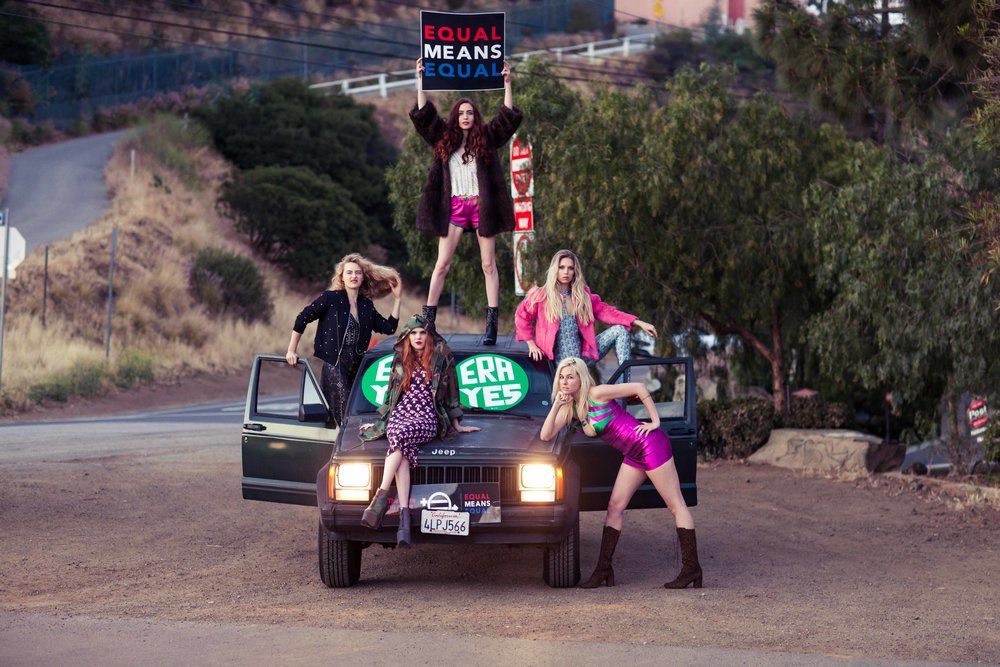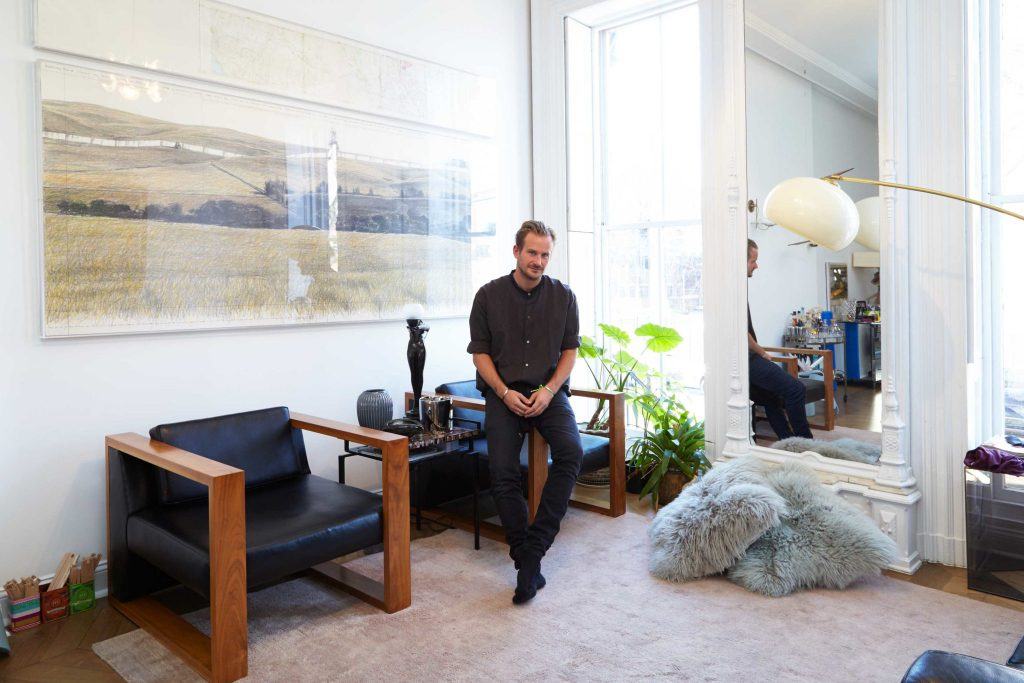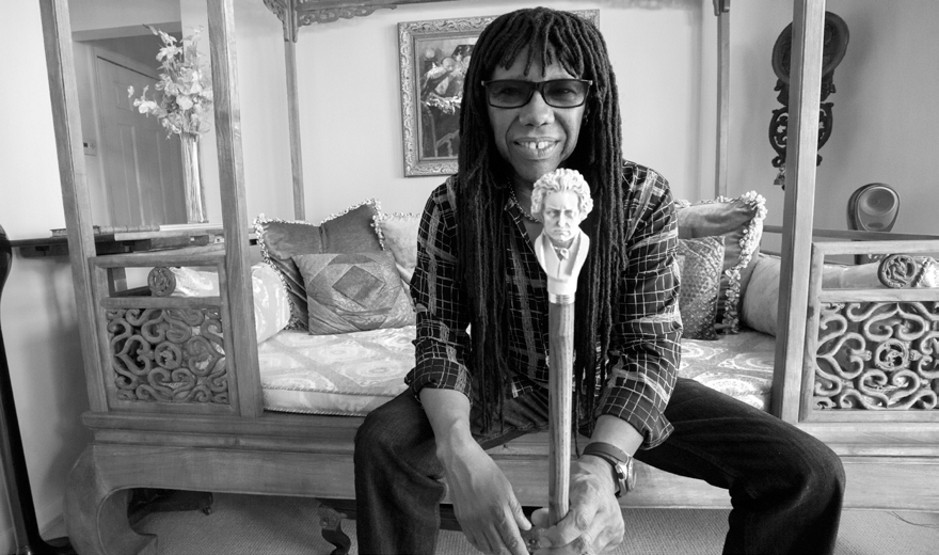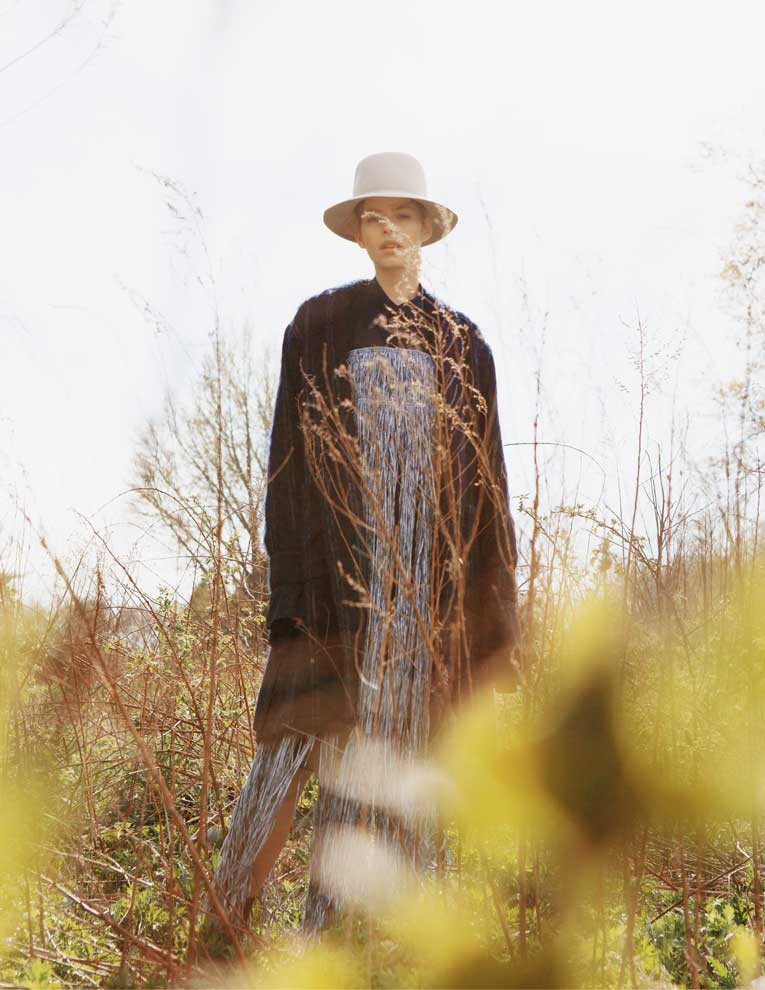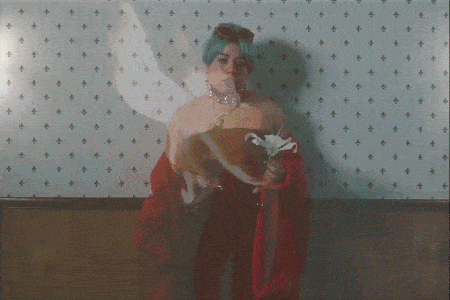
After decades of expansion throughout the ever-shifting landscape of dance music, Crystal Waters remains on top. The songwriter and recording artist, measured and determined in her choices across the entire realm of her career, has remained a mainstay since her breakthrough into the post-disco scene of the 80s. With lyrics that embrace individuality, queerness, and society’s marginalized, witnessing multiple iterations of a genre she pioneered, Waters is reminding the Coachella generation about the origins of their bass-thumping, lyrically-devoid EDM of today.
“EDM is different, the music style is different. I’m happy about [EDM] because it shows the genre grows and expands. This was a genre that was supposed to be a fad, and wasn’t going to last long. I’m excited to see new ideas come in. I think the difference is, people came out to dance and be a part of something. I think people are still doing that, but some of the soul of itfor me— has left, when you see people just standing there in the crowds, nodding their heads. But, I’m very happy to see that people are still rediscovering House music, Dance music, because house music isn’t on the radio. You don’t need to be on the radio anymore to have successes, for the masses to hear your music. It’s very unique music, and it’s very uplifting. It’s really uplifting the world. I don’t know what the world would do without it.”
The carefree, sometimes even indiscernible message of current club tunes, meant to be the ambient soundtrack to set the tone of debauchery, is born of the escapism and solace for marginalized groups that the archetypal dance music of years past provided.
“First, I will redefine house and dance music. When we started, it was more of a positive, uplifting community thing, more people coming together. It was people who were coming together who were disadvantaged: the gay community, the Latin community, people who had been put out of their homes. People had nowhere else to go, but to these underground clubs. Especially after the burning of the disco, I can’t remember the name of it. People had nowhere to go to dance and they were being shamed. I think dance music from my perspective is more about community and uplifting, and all of the lyrics were empowering and loving. I went to Howard University, which taught me to stand up for other people. I was always into Amnesty International, always helping someone who needed help. When I write, I like to tell that story. I like to have people look at stories from a different perspective. That’s where I think my angle comes from. I think when I came in, I was doing something a little bit different than what everyone was doing, but it was still positive and uplifting, so I think that’s how the two merged together.”
- “Alexander McQueen Corset Belt from Paumé Los Angeles” “Sies Marjan Trench Coat from Paumé Los Angeles” “Vintage Black Lurex Blouse from Paumé Los Angeles” “Eddie Borgo Silver Spike Bracelet from Paumé Los Angeles”
- “Alexander McQueen Corset Belt from Paumé Los Angeles” “Sies Marjan Trench Coat from Paumé Los Angeles” “Vintage Black Lurex Blouse from Paumé Los Angeles” “Eddie Borgo Silver Spike Bracelet from Paumé Los Angeles”
- “Zoraide Leather jacket from Paumé Los Angeles” ,“Vintage Red Crystal Earrings from Paumé Los Angeles” “Vintage Red Crystal Earrings from Paumé Los Angeles”
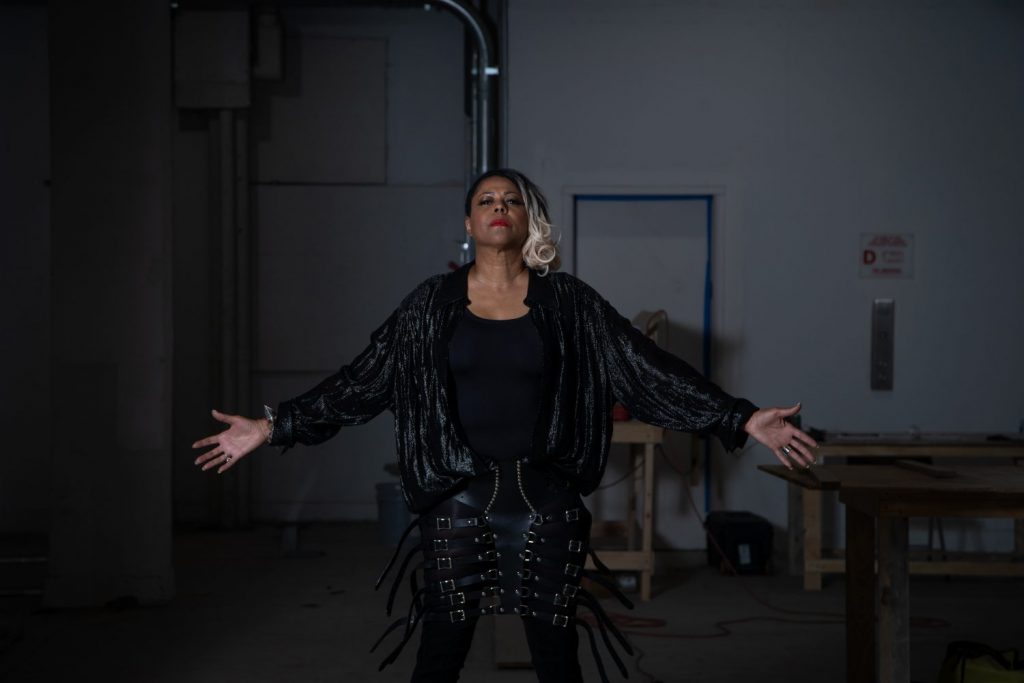
Shirt D&G, Belt corset Zana Bayne
Waters’ conviction for her craft seeps into each aspect of her being, a fully-realized artist intent on putting the music first. Her curated self-expression harnesses a crucial visual element, over which Waters wields total control and autonomy. Her avant-garde, leather bound, emboldened sartorial choices are a direct reflection of her beliefs, parallel to the lyrics in her own songs.
“When I do the photoshoots, they ask me about my style. I always wanted to present a strong woman. I guess it comes from growing up in the 80s, women’s empowerment. That’s one of the things that I always make sure that my look is. I think I’ve always had it, because I know my sister’s friends say, ‘Has she always dressed like that?’ and she said, ‘Yup!’ I don’t know where it comes from, but I know my dancers call it urban rock n’ roll, so that’s the closest name I can put on it. I guess I’m a bit conservative. I’m not one to show a lot of skin. I think people should focus on the music and not the bodies. I think it’s very important to focus on the creativity as opposed to how big your boobs are,” Waters laughs. “I think that I’ve always wanted people to know me, moreso, than looking at my appearance. You shouldn’t have to be naked to sell an album.”
For a woman whose family included multiple groundbreaking individuals involved in the music industry (Junior Waters, Crystal’s father, a famed jazz musician; her aunt, the first black vocalist to make an appearance in Hollywood), Waters explains, “Music was not the plan for me. I was very shy. Everybody else in my family seemed to be musical. My brother could play any instrument, my sister sang and played the piano. They all got their piano lessons. I didn’t get any of that. I was the third child so I think they were done with all of that by the time I came along,” Waters laughs.
“I started writing poetry in high school. It was something I saw my sister doing and something I wanted to do. I was very good at writing. I was in the advanced classes in high school, creative writing. It wasn’t until I was working a government job at the D.C. parole board. They handed out a form that tells you how much you’re going to make every year. I was like ‘I’ll be here ten years, and I’ll never make any money!’ (laughs). I was telling my mom this, and she told me to go see a psychic to give me some direction. I went to see this psychic and she told me I wasn’t doing anything with my voice. I was like ‘Oh yeah, right, whatever’. I was so shy, I wasn’t going to do public speaking. I went back and told my coworkers and one of them said ‘I have a cousin that’s looking for background singers. I’ll go if you go.’ We both went, and I got the job. I got in the studio and the light kind of went off. I really enjoyed it. I made $600, more money than I’d ever seen. From that point, I knew I could write, so I decided— I hung around the studio to get more work, I wasn’t getting any work— I decided I’m going to write my own songs. That’s when I put an ad in the local paper looking for a keyboardist to write with me. I met Burt Collins, and we started writing these songs together. That’s how it began.”
Aside from the transformation of house’s audience, nomenclature, and preferred performance environment, the production on dance music is vastly distant today from the process Waters originally knew. In a sense, the ready availability of sound-altering technology democratizes the industry, though the ease of music production may prove to dilute the market and rob artists of their voices, both literally and figuratively.
“I think that it’s both good and bad. I love that there are more producers that can make their own music, but I think they lose the part of recognizing the singer and the vocalist who probably wrote the lyrics, and giving them their credit. Even with [electronic music], the back and forth between the songwriter and the producer is very valuable. I get a lot of people who just want to put my name on stuff. They don’t want to talk back and forth and actually collaborate. A lot of that is missing, and it makes the whole experience less valuable. If you would communicate and talk to these songwriters, you probably would get a better result, a better outcome in your work. I think that is lost. I feel for the artists who are writing and singing these songs. They’re not getting their credit. There’s a lot of checks, a lot of money you can make just by having your name in the title, in the right order. I don’t think any of that is being taught— the technical side of the business, the business side of the business. I hate seeing, especially, the women lose out on stuff like that. For the performances, the DJs get to go and do these songs, where the singers who are actually singing it are sitting at home. That’s a little discouraging for me.”
Waters newest track, Dance Dance Dance, carries the trademark benevolent activism she’s stood by for decades, while reinventing her sound to create something exclusively Crystal.
“I really wanted to just put me on the album, to get back to myself. With these collabs, the DJ is thinking about his own career. This album, everyone is focused on bringing the best out of Crystal. We’re all in it together, bringing that magic back. I’m doing some really pure house tracks. I’m doing some crossover stuff, too, because that’s just the way I write, evidently (laughs). I’m like, ‘Okay, here’s another crossover!’ I’m just writing and writing and writing. We get twenty tracks, and we’ll say we got it, then we’ll trim it down and see where it is. While working on the album, [Dance, Dance, Dance] was one of several songs that we started. We completed it, and I thought for the first release I wanted something uplifting and positive. This song, which I wrote after the lockdown, remembers being out in the club, connecting with people. I wanted something that was happy for the first track out of the gate. We went with something that was very friendly.”
As a woman of many talents, Waters would be doing the world a disservice to hone only one. She balances her rich creation schedule with intermittent touring, podcasting, and generally bettering the world of dance and house music to open doors for rising artists.
“The album is my main project. I’ve cut off doing collabs for the moment. I’m in the middle of this tour. I’m not that artist that can tour in the summer and be done. Beyonce will tour May to October. I’m more like the weekend tour; [l] do Friday and Saturday then I’m home. In these last couple weeks, I’ve only been home two days. I like being able to create in the studio. I wish I had more time to do that. But, also, if I stay home a little too long, I miss being out.
I have my podcast, a weekly Sirius XM show, and the monthly iTunes show. I’ve got a lot going on. I’ve been threatening to do one more album. When Beyonce and Drake came out [with their albums], I thought this might be a good time. Since people are getting back into house music, I can really do a proper house album. At the time I was thinking about it, I got a call from DJ Spin, who was one of the original producers of my second album. He was like, ‘I want to do an album with you.’ And I was like, ‘You know, I was just thinking that!’ I said, ‘If you can do the project management of the album,’ because I have a hard time being the business brain and switching over to the creative side, ‘let’s do it!’ So he took that on for me, and he’s got his foot up my butt making me get it done (laughs). He’s doing all the networking with the tracks and the producers, so it’s working out really well. I can just sit and create.”
The feat of Waters’ podcast, and multiple broadcasting channels at which she dispels invaluable industry knowledge, is not one to be brushed over. The show, I Am House, available on Apple Podcasts, “started because I didn’t have anywhere to go to just listen to house music, some good vocal house music,” Waters confesses. “I wanted to feature vocal house and I wanted to feature females, to give their names on the podcast— give people credit where credit is due. A lot of times now, you just hear a mix of a show. You don’t know which song is what. I especially wanted to give people an opportunity to put their music somewhere. To be honest, where are you going to put your newest house creation? Not everyone gets to meet David Guetta,” Waters muses. “I wanted a platform. I have a lot of friends who have a lot of new music and need ears. It was created from that point of view. I sit and pick out every song— listen to everything, and put it up there. If you want to hear some good vocal house and hear what’s happening now in the house music world, that’s the place to go listen.”
Retrospecting a storied career that straddled industries and hopped barriers, one thing endured above all else, tantamount to Waters and her revolutionary tracks: the people whose lives she touched with every word.
“I really enjoy being with the crowds. Everyone has a wonderful story to tell me. Making people happy, that’s something that becomes addictive after all these years.”
- “Vintage Green Patent Leather Trench Coat from Paumé Los Angeles” “Vintage Pink Crystal Earrings from Paumé Los Angeles” “Eddie Borgo Lucite Bracelets from Paumé Los Angeles” “Vintage Oversized Silver Chain Necklace from Paumé Los Angeles”
